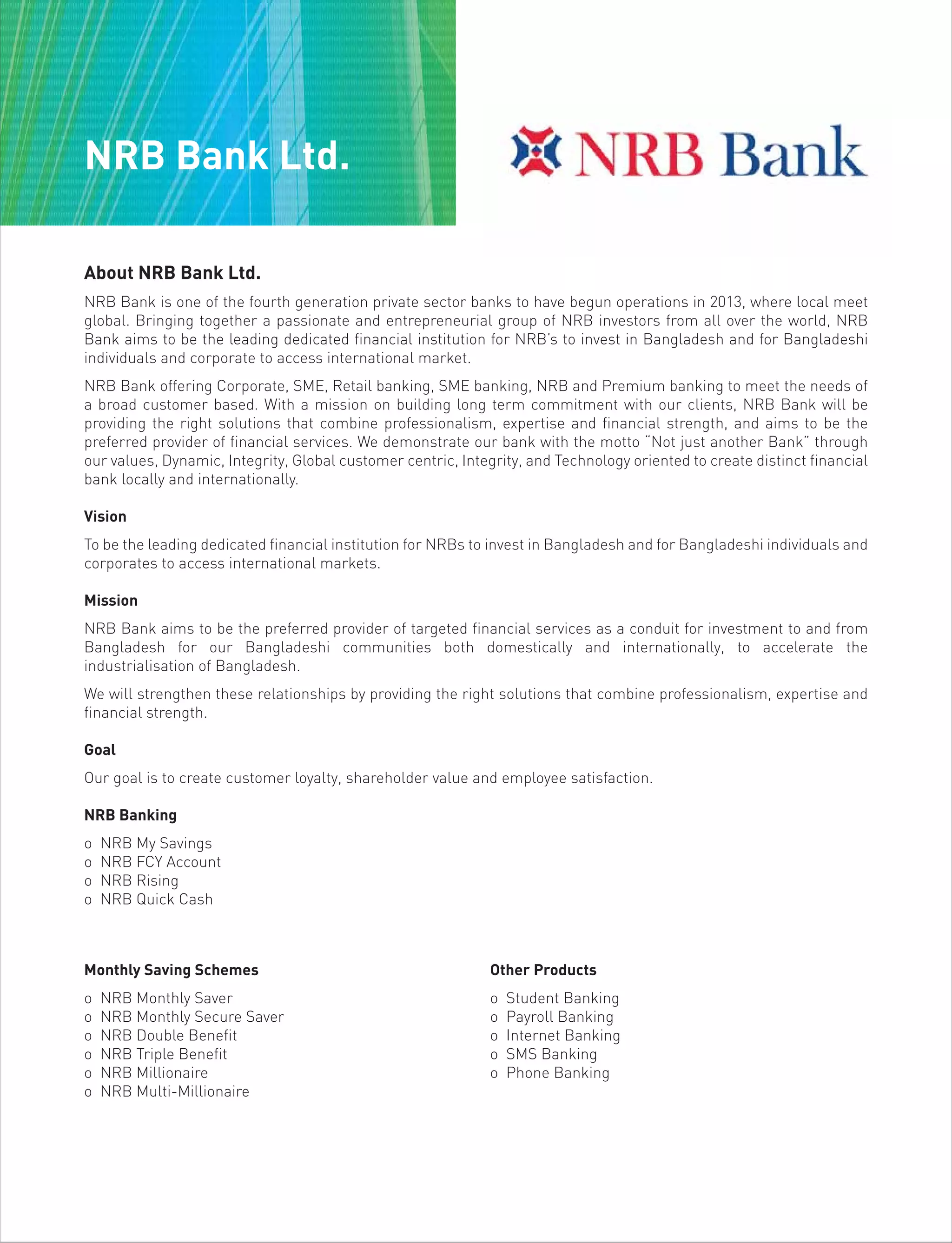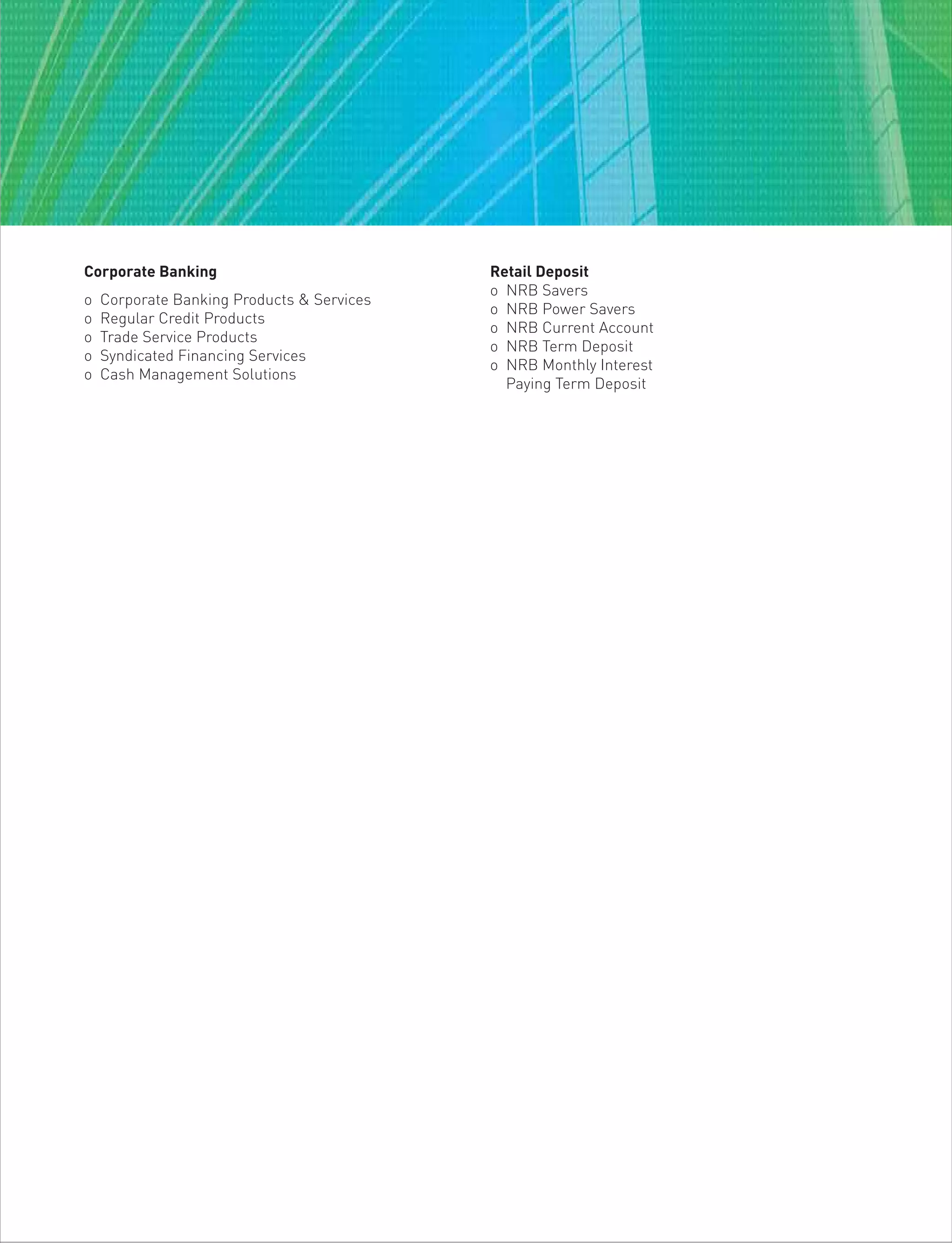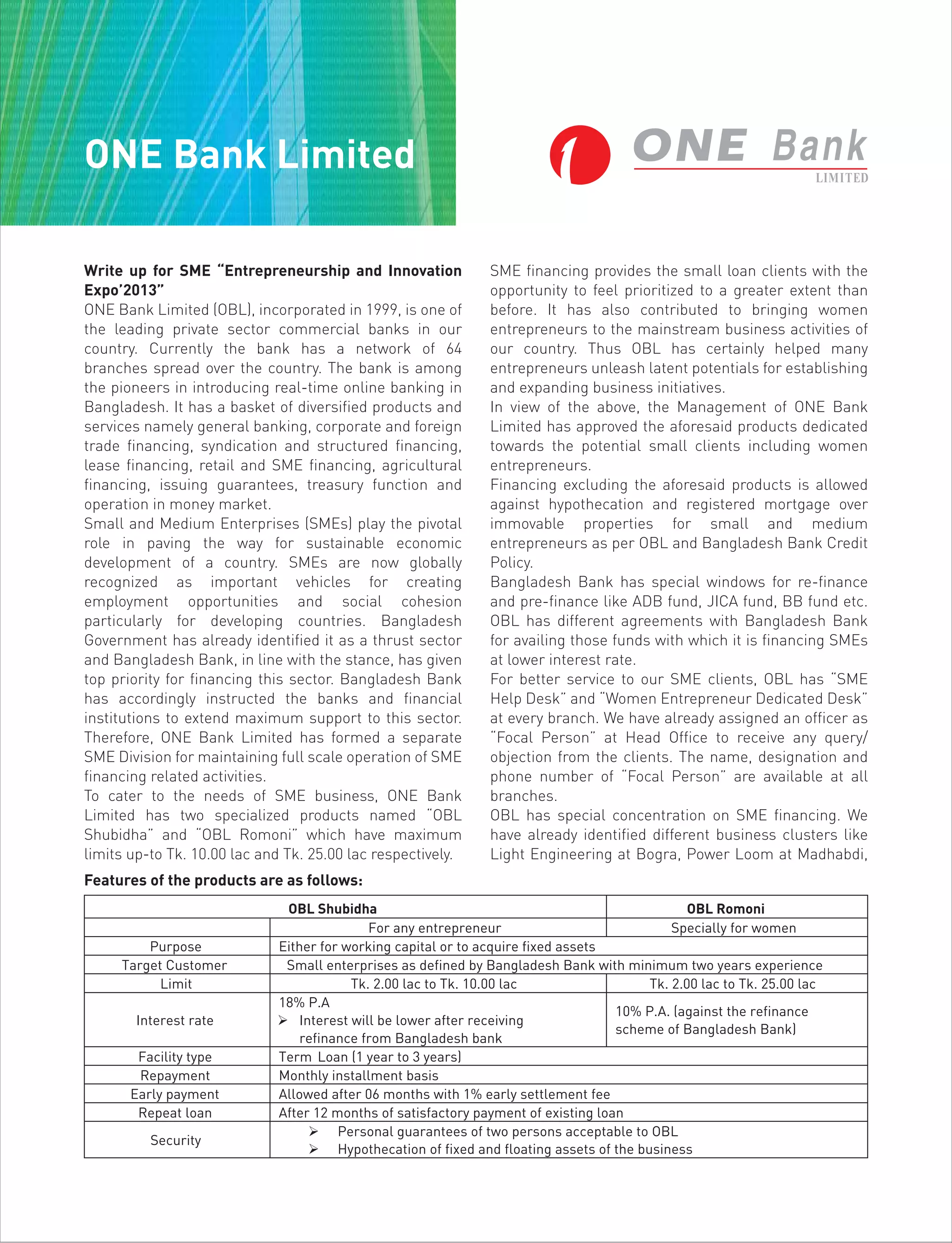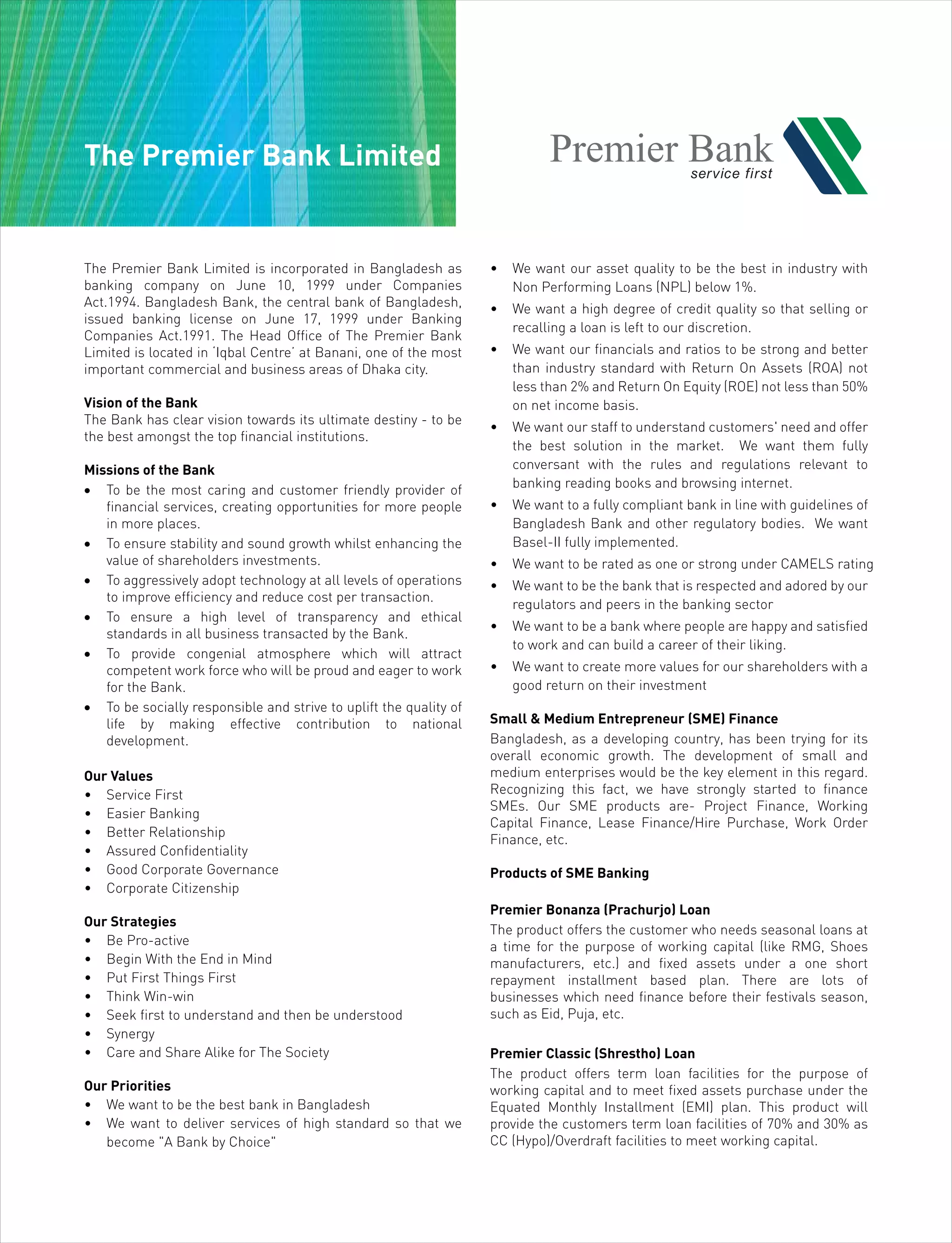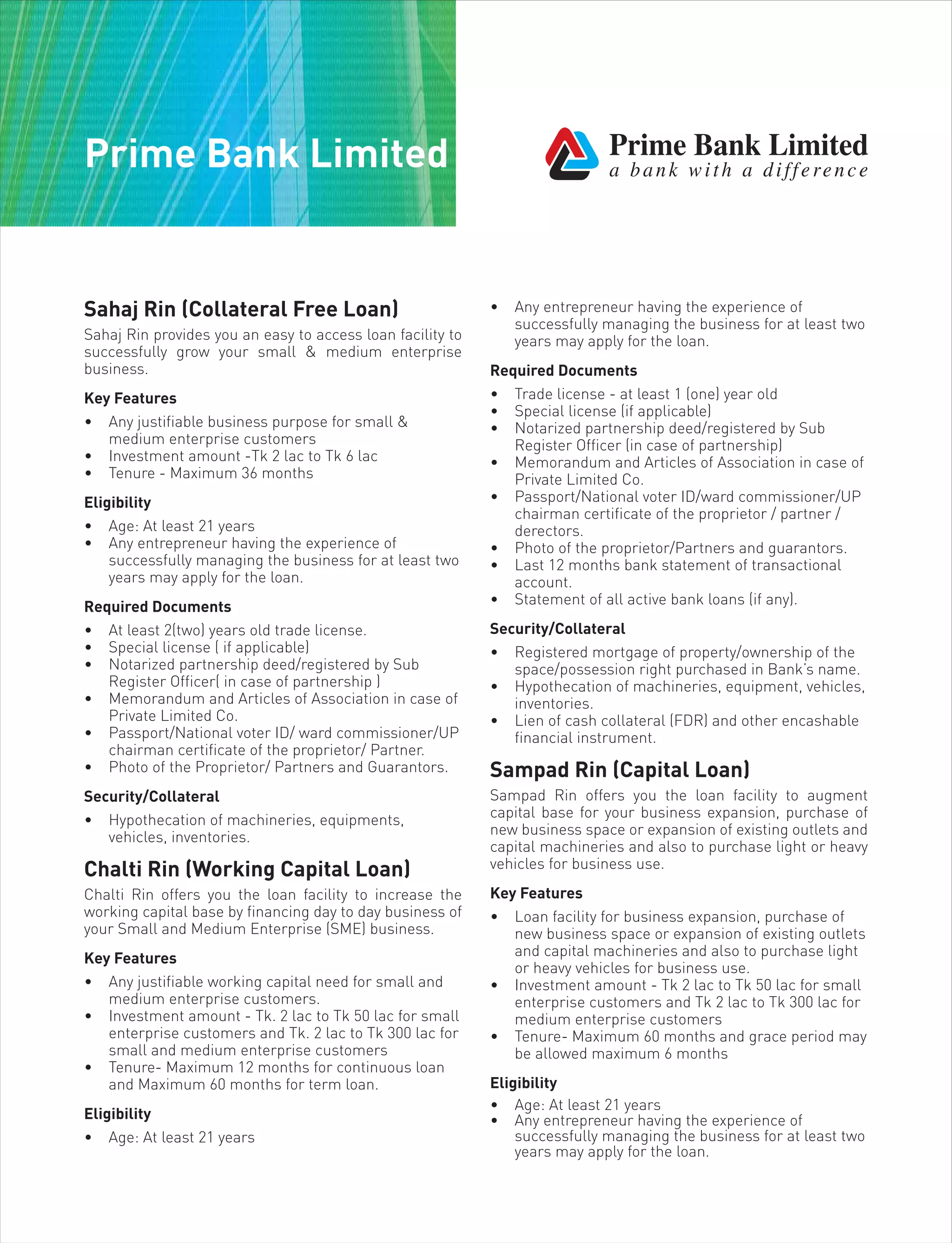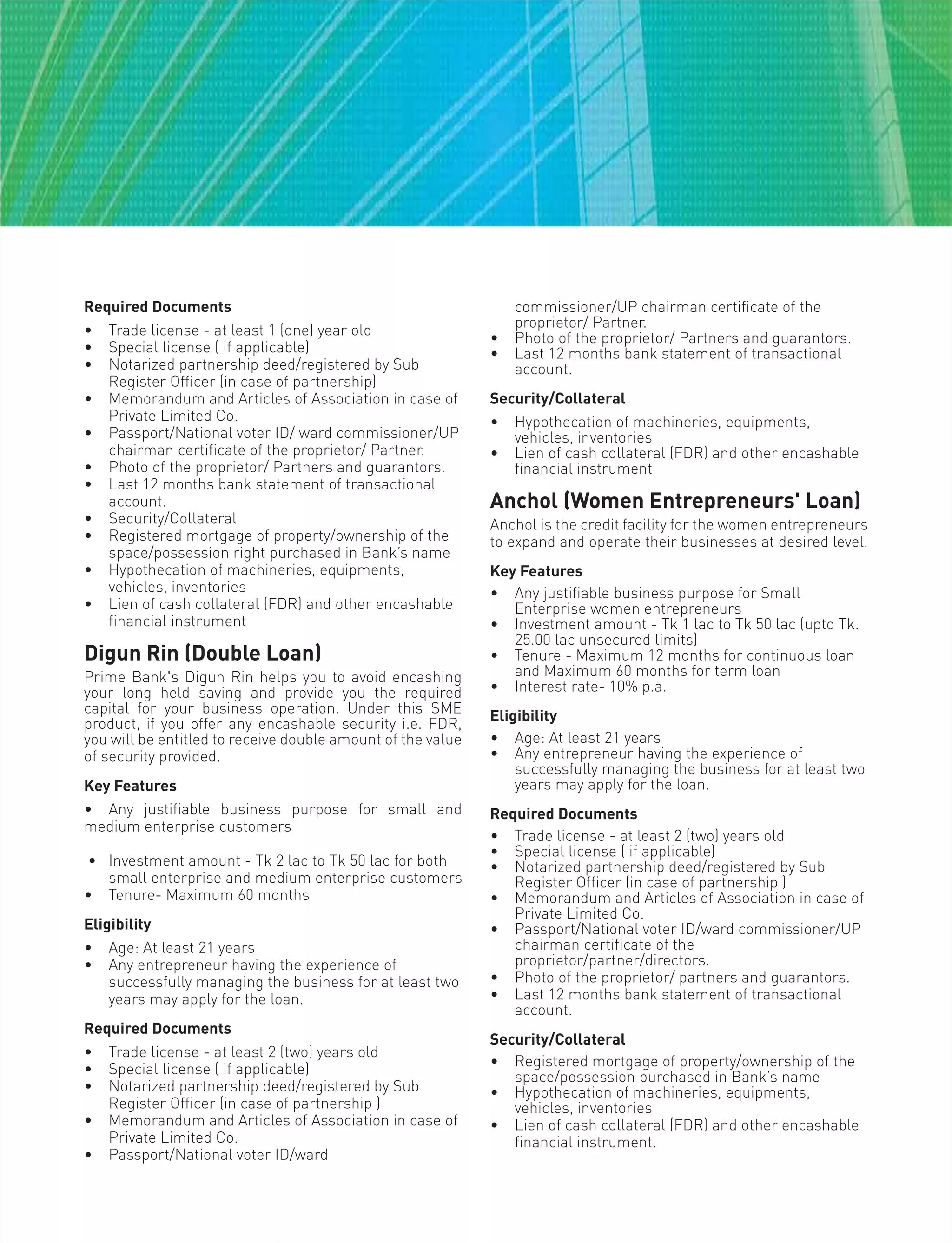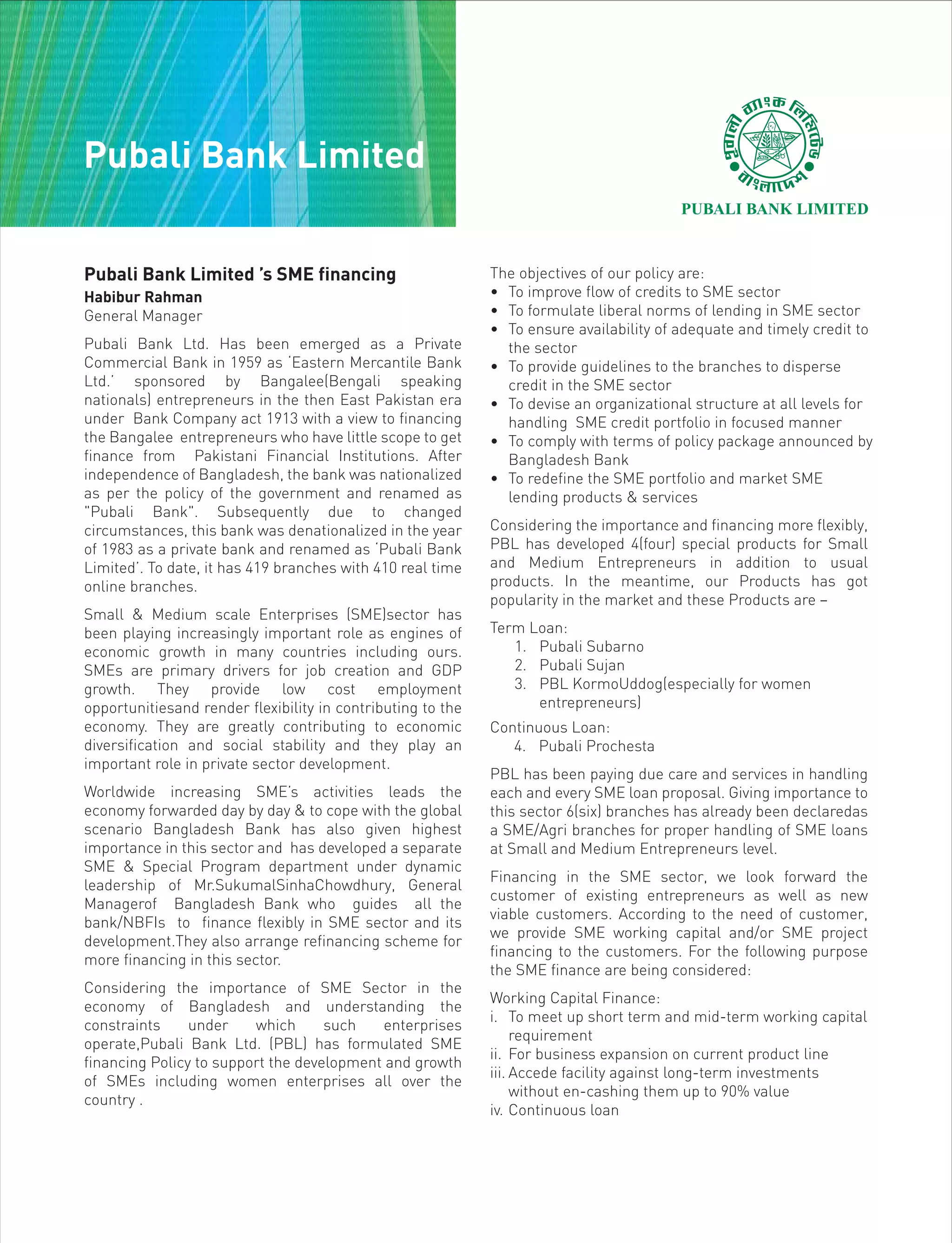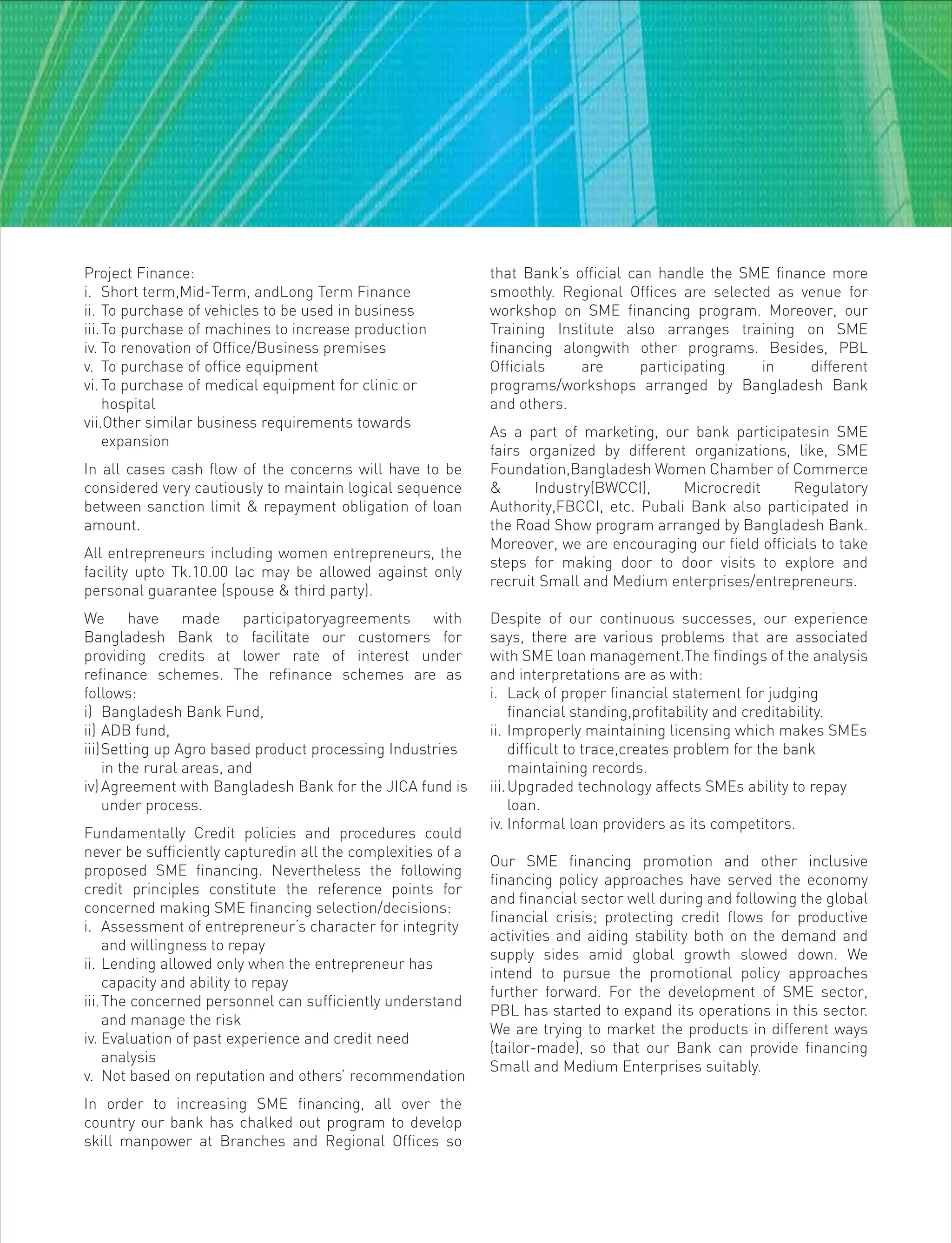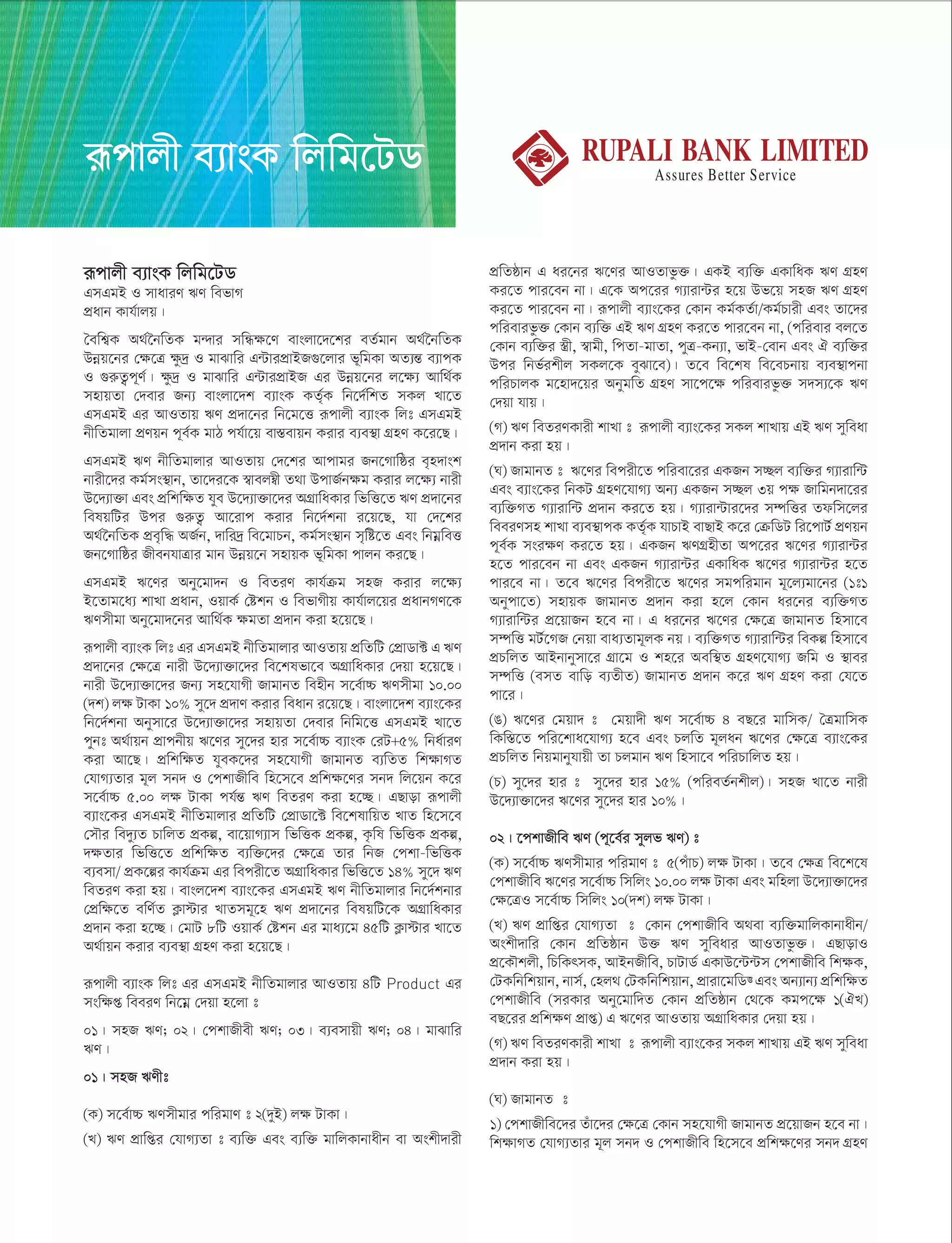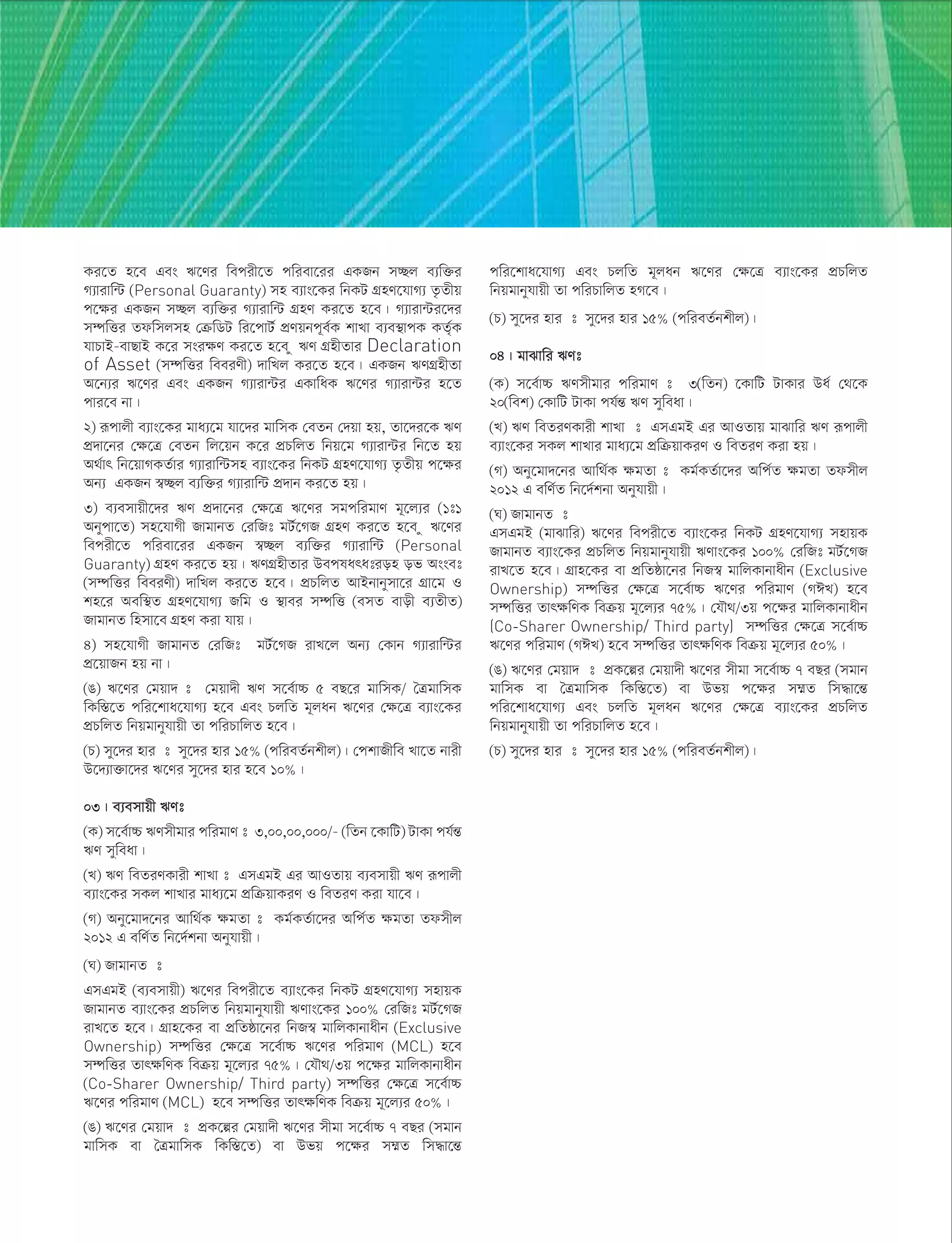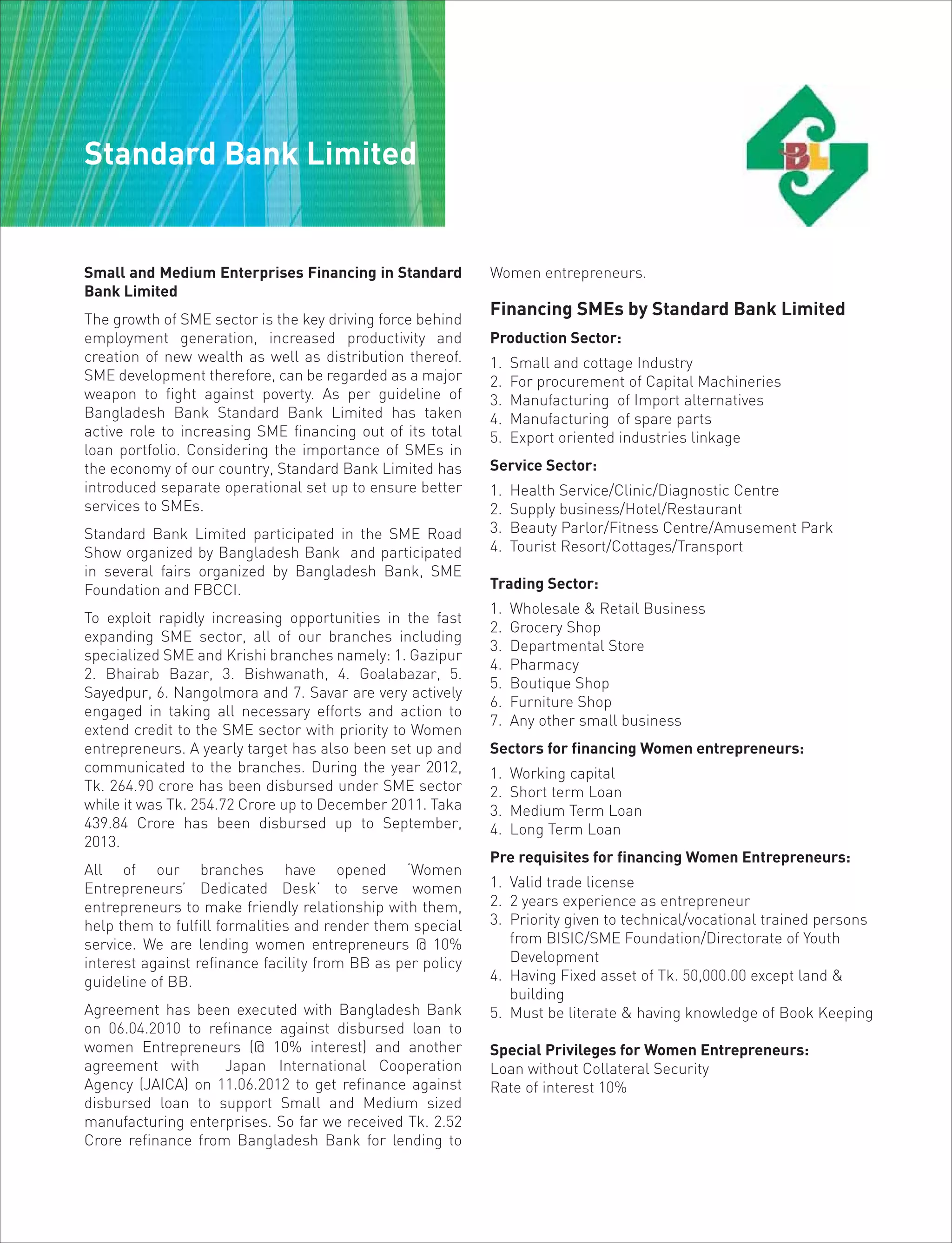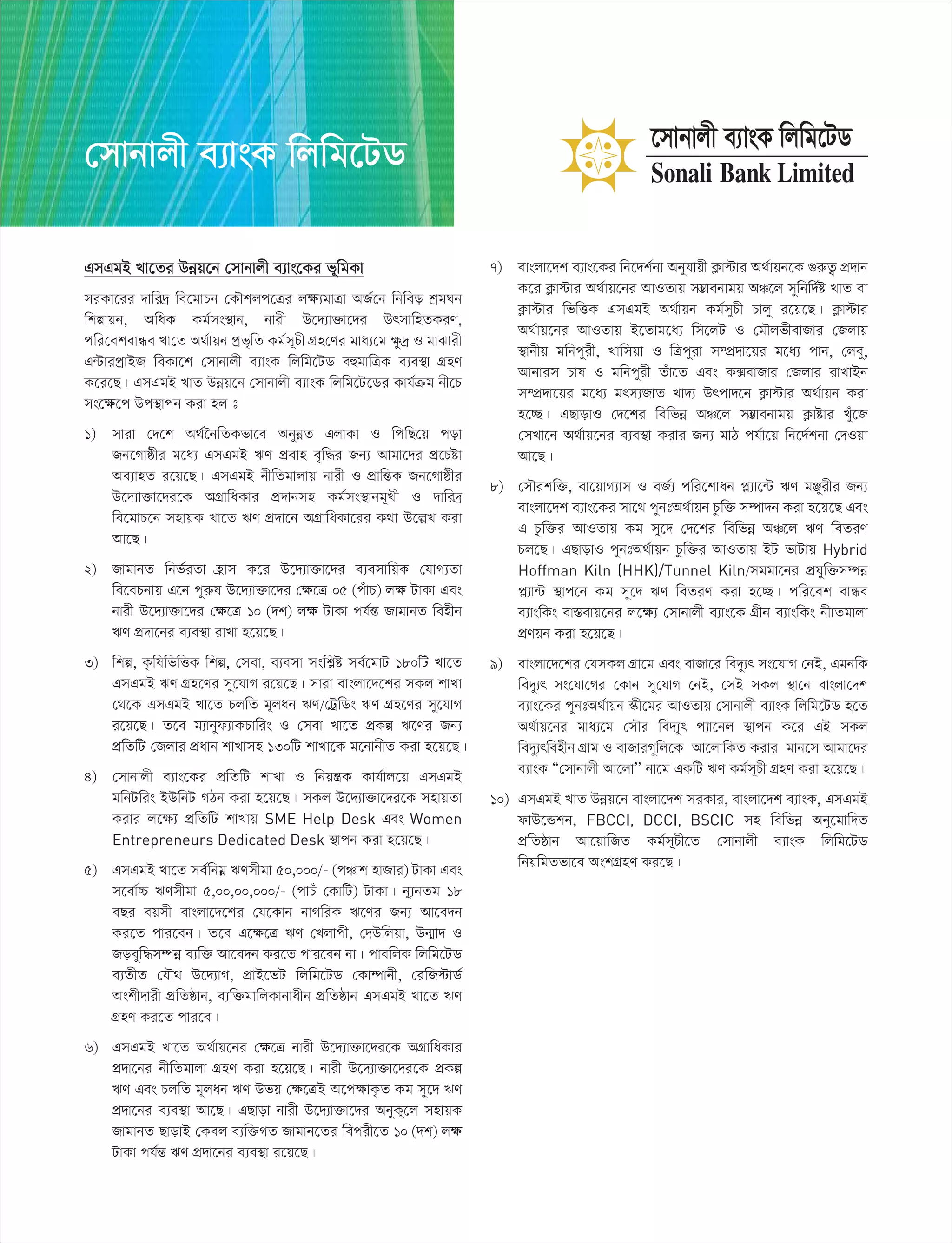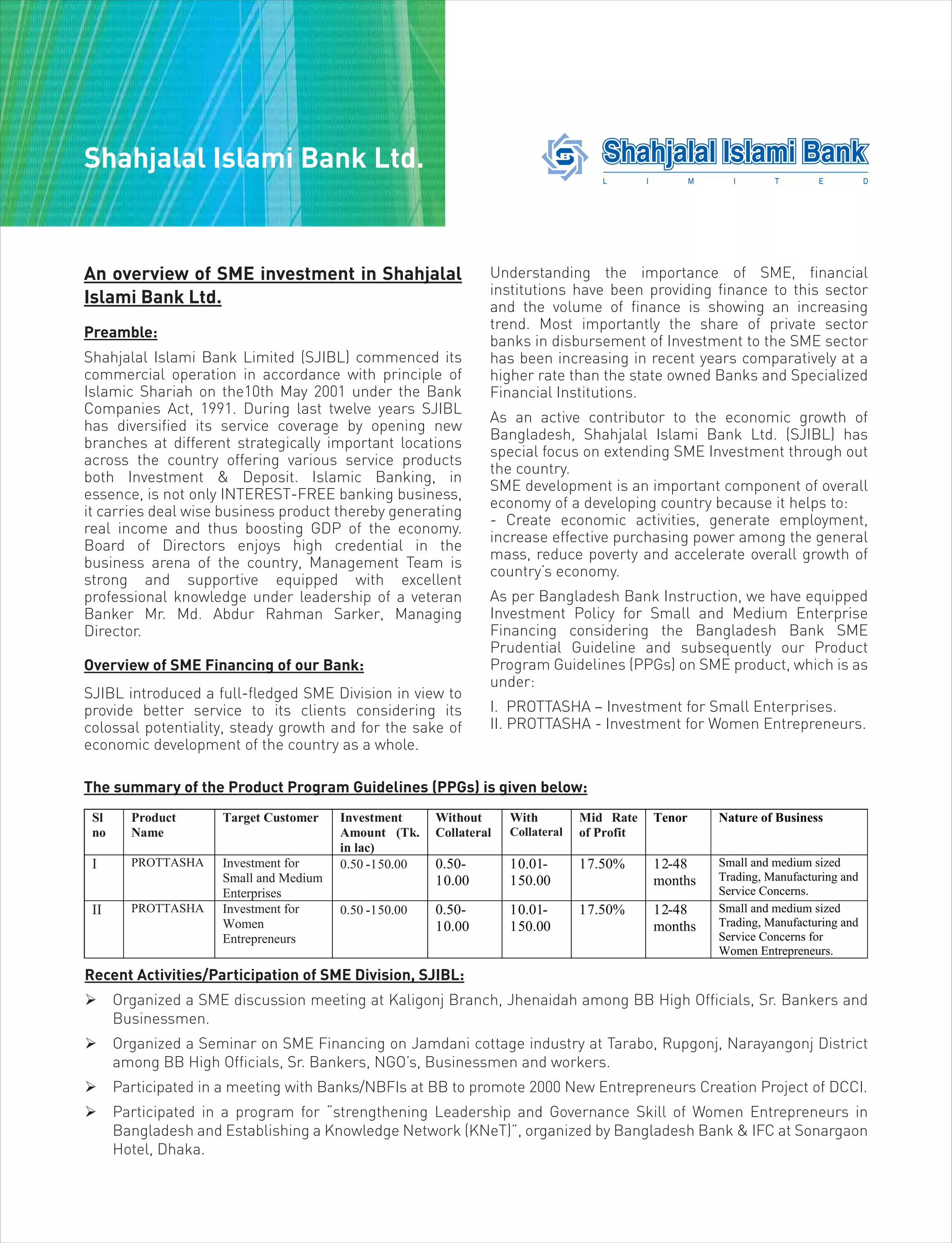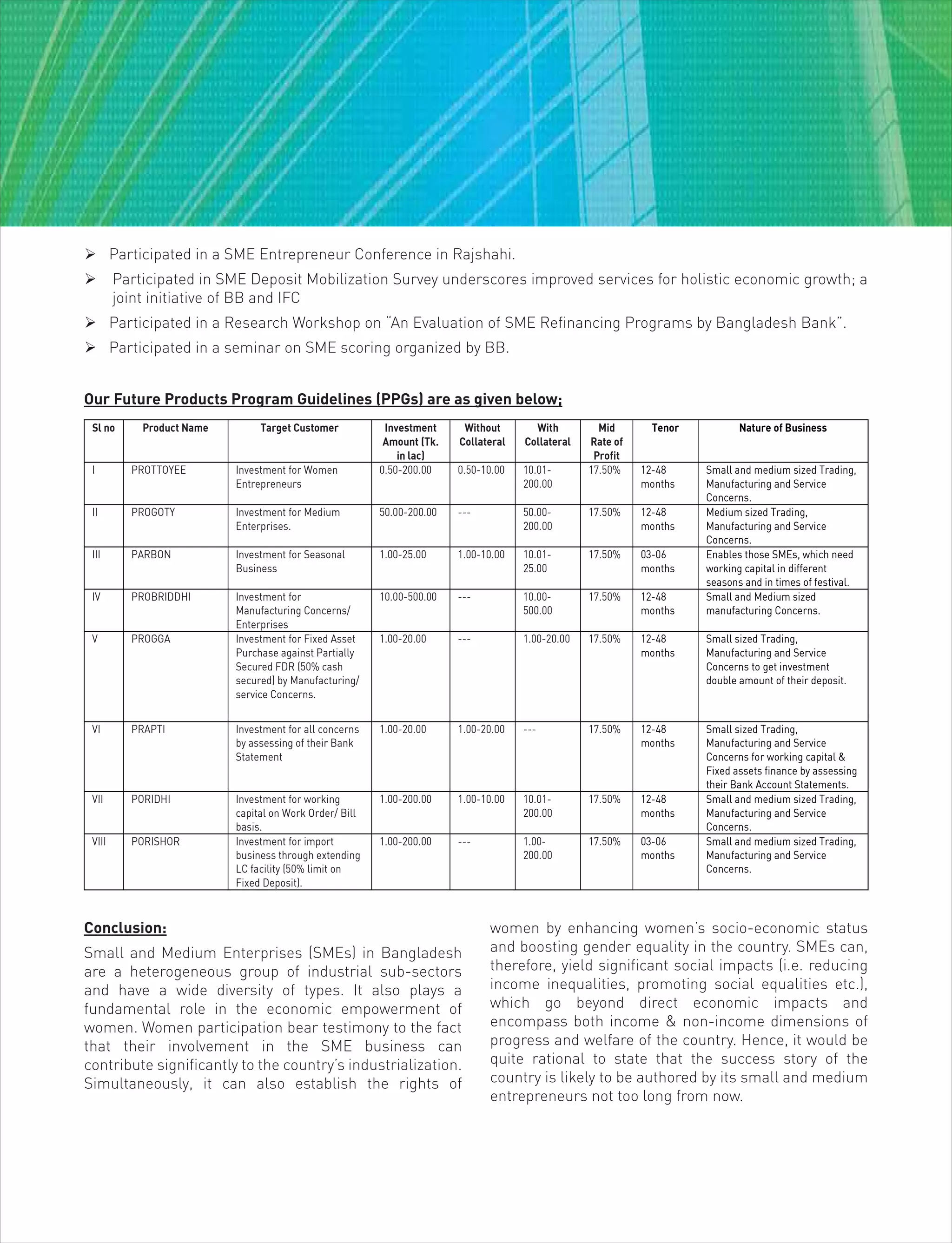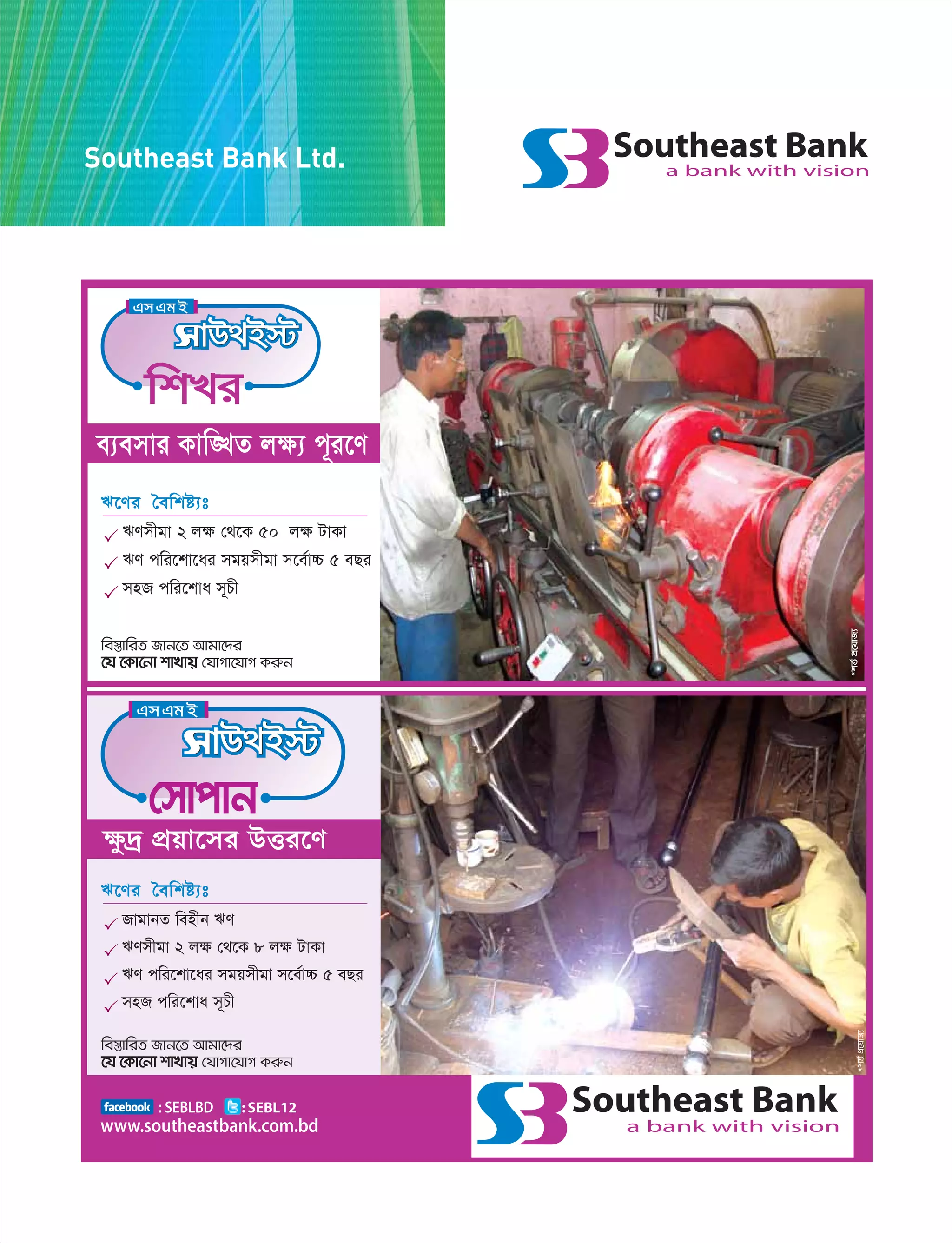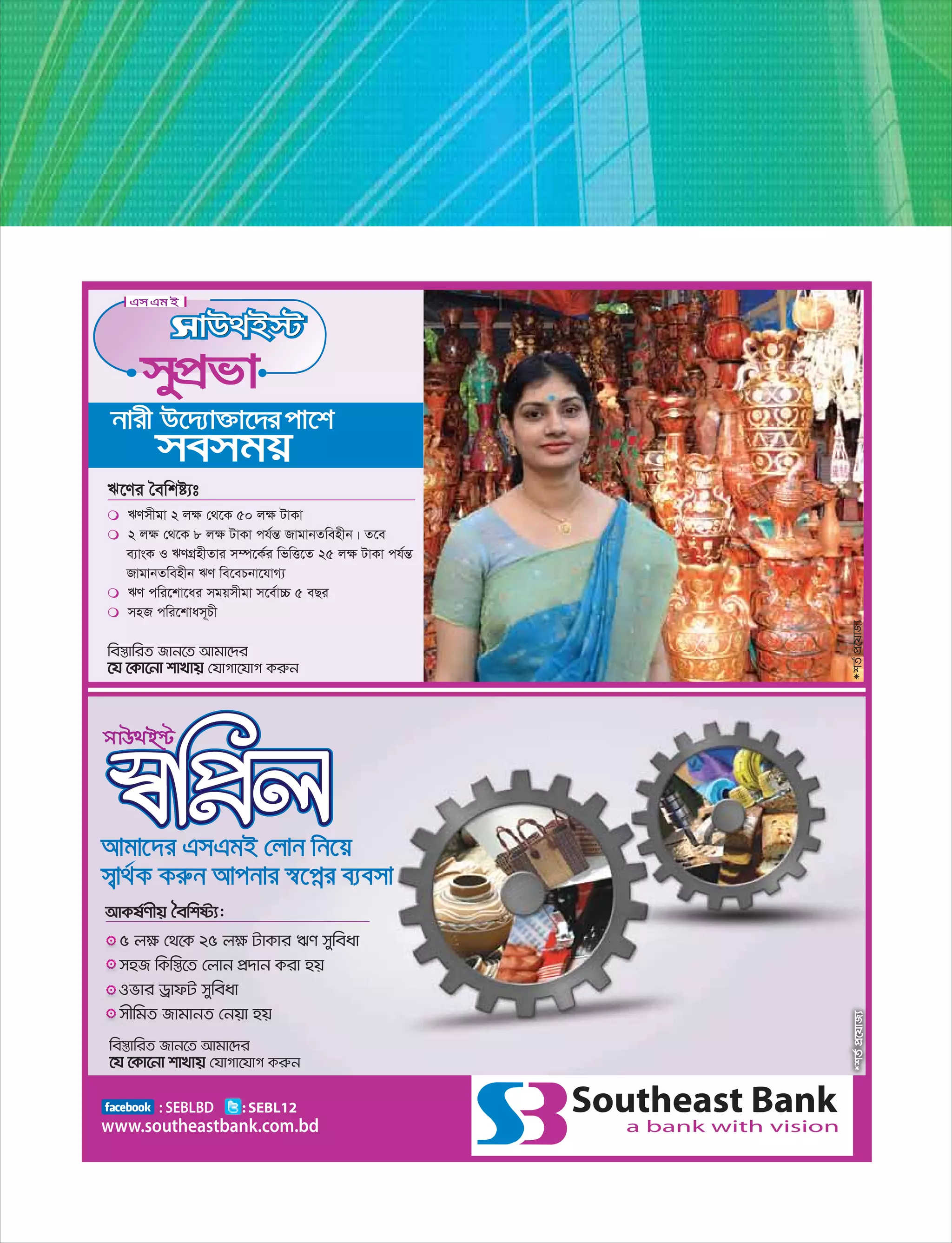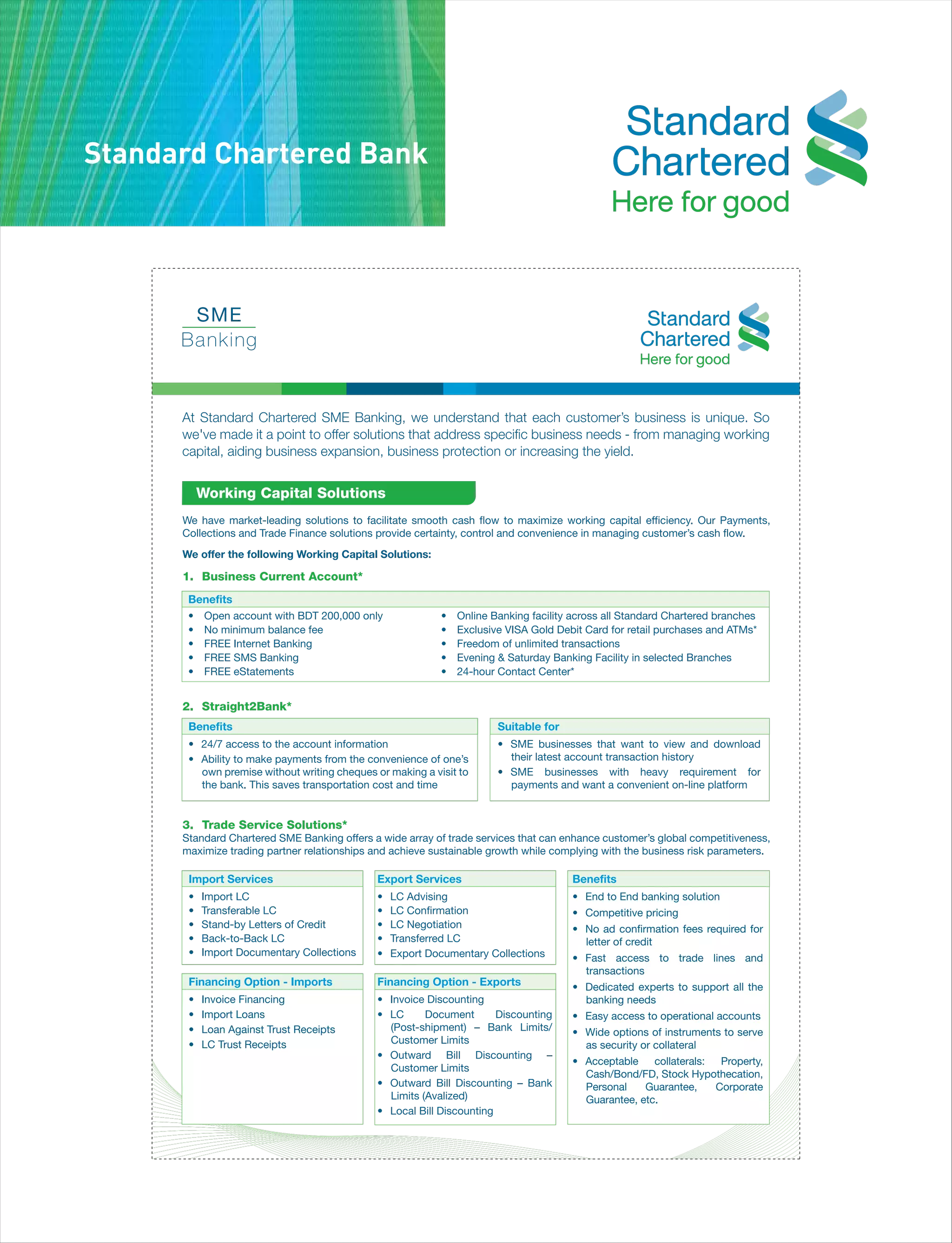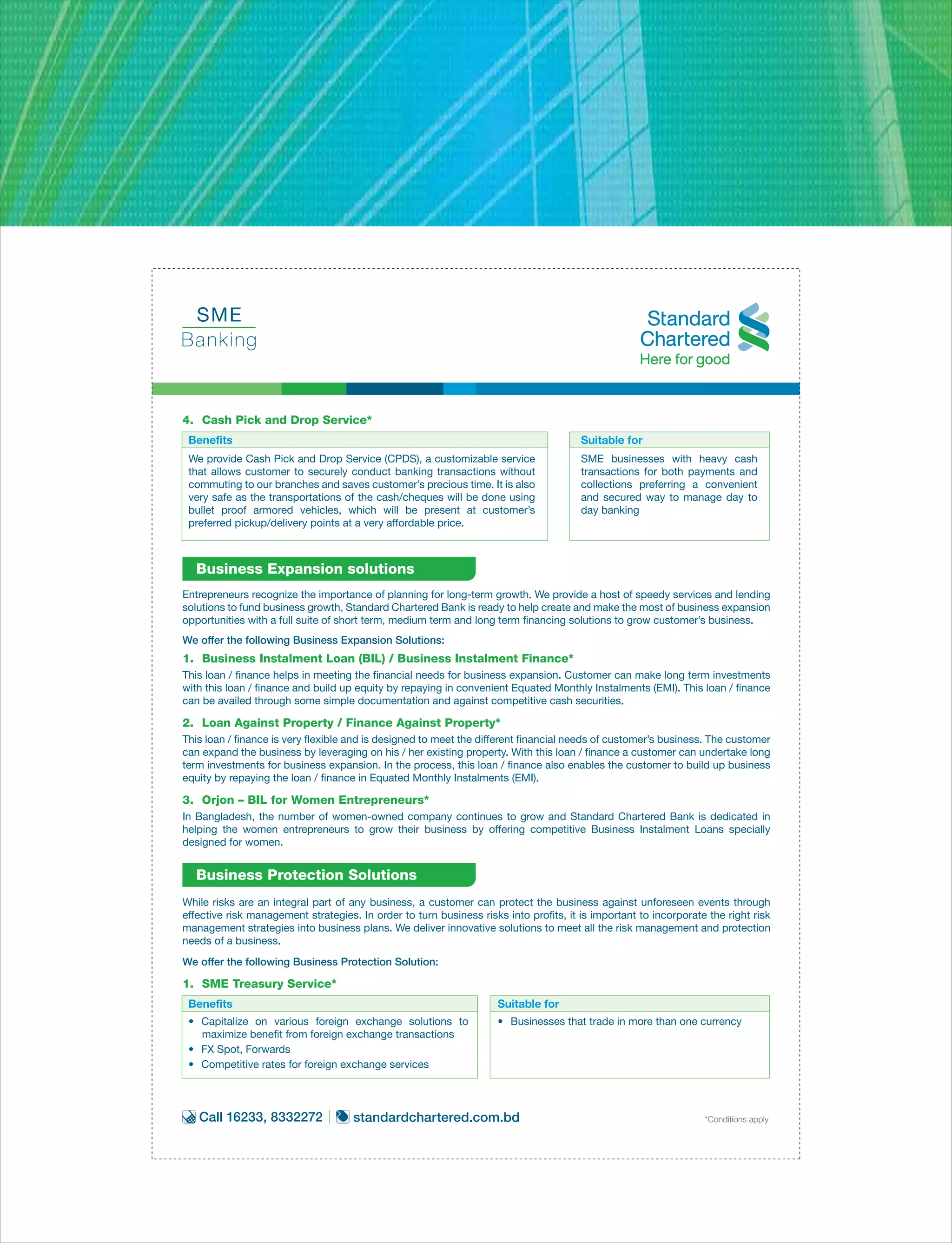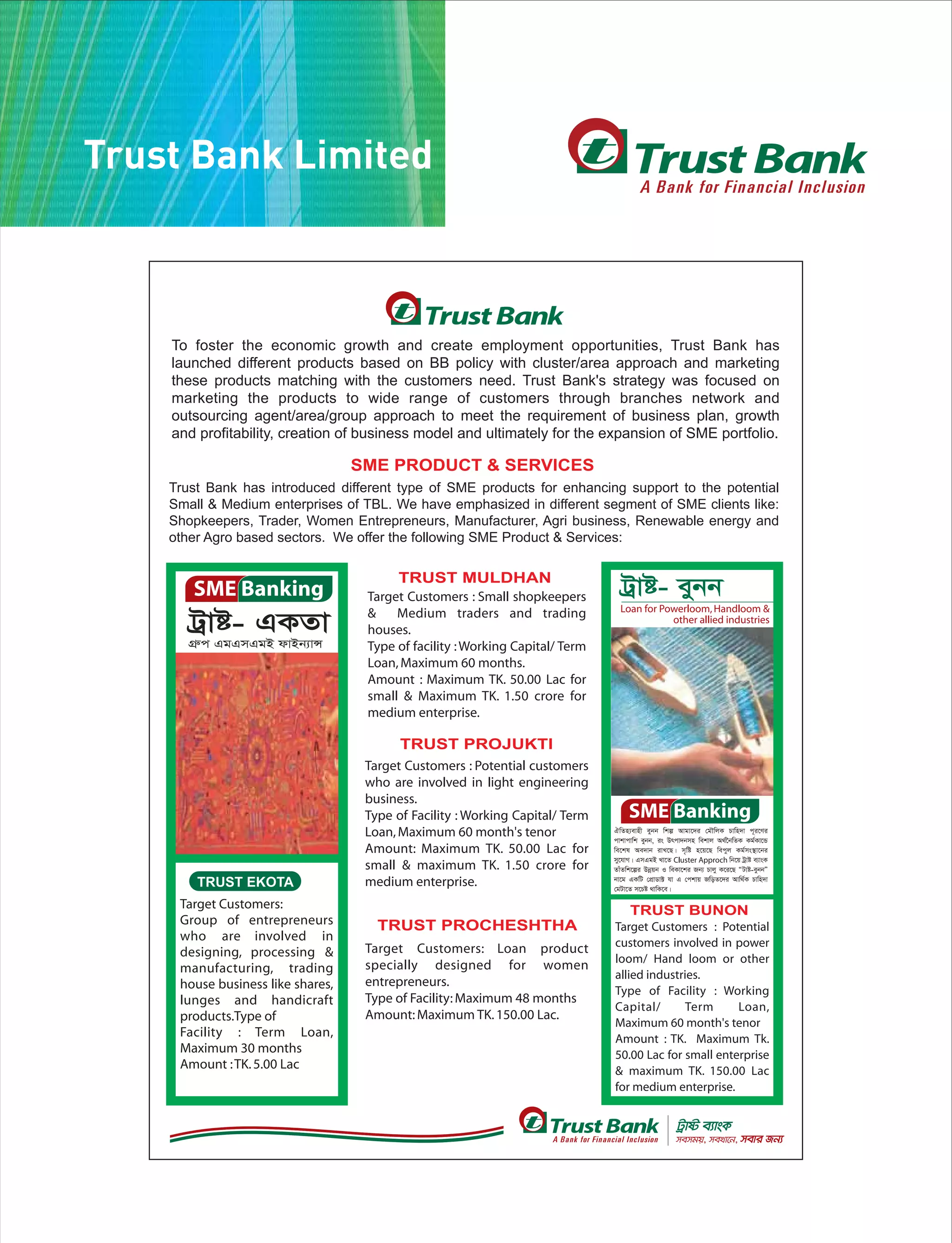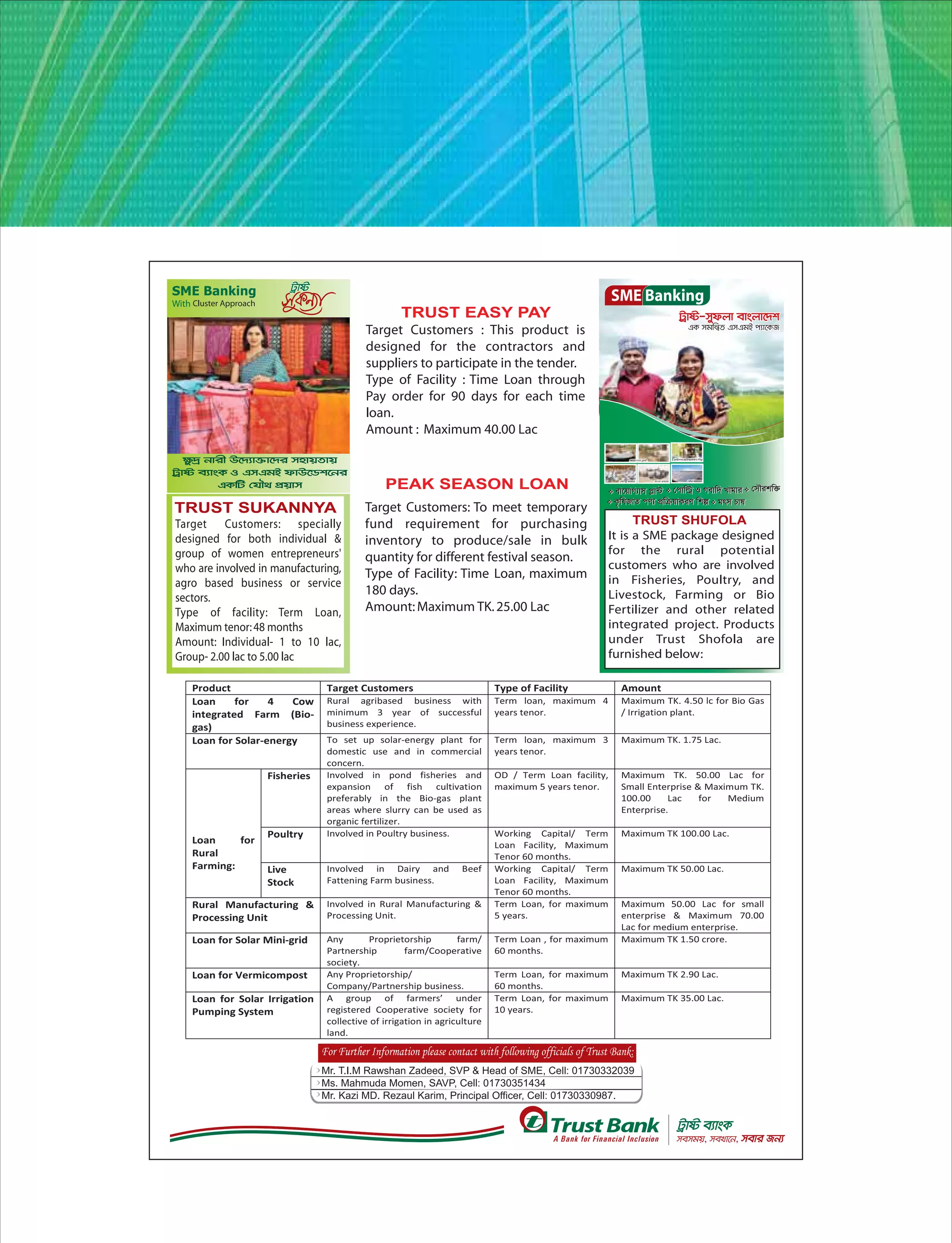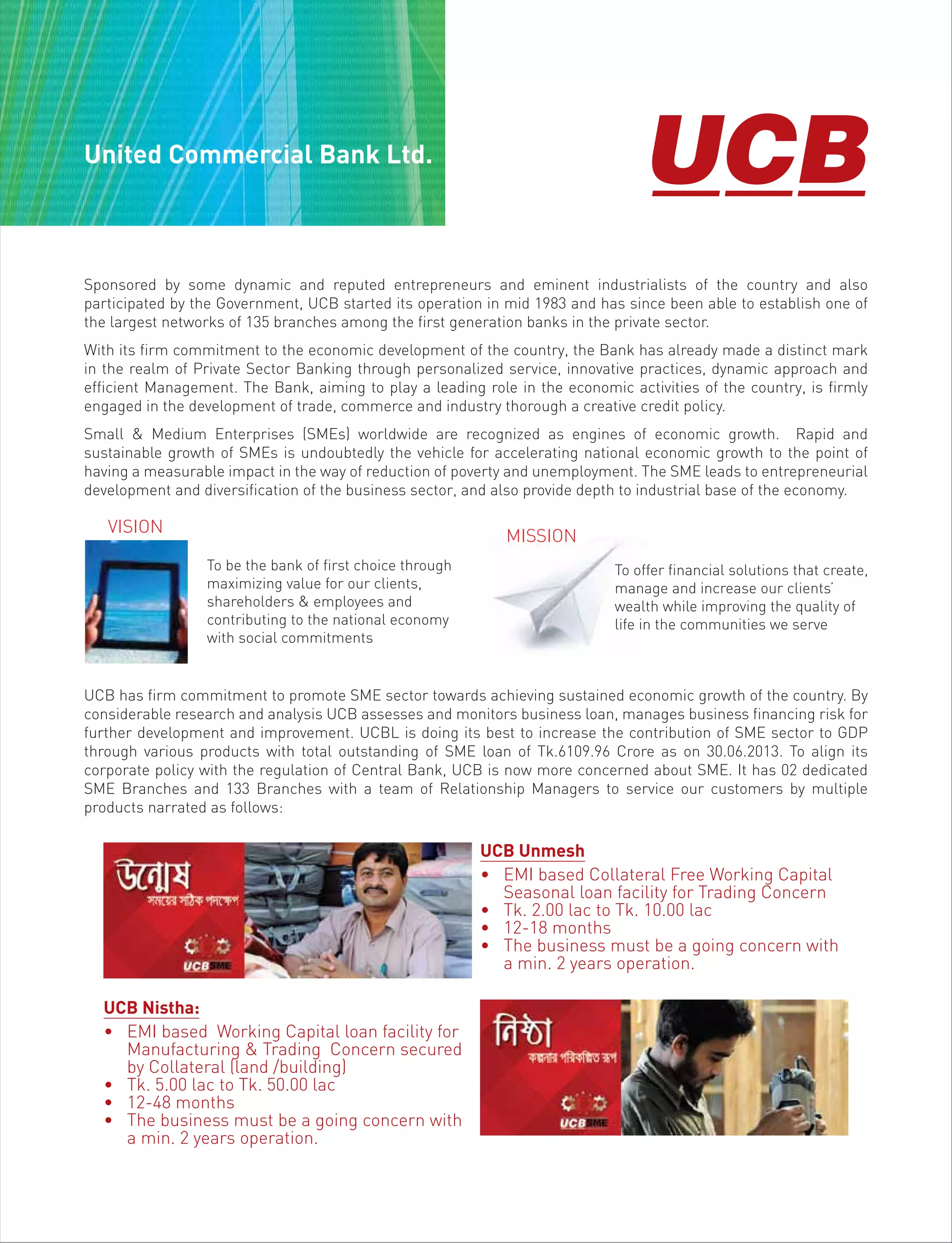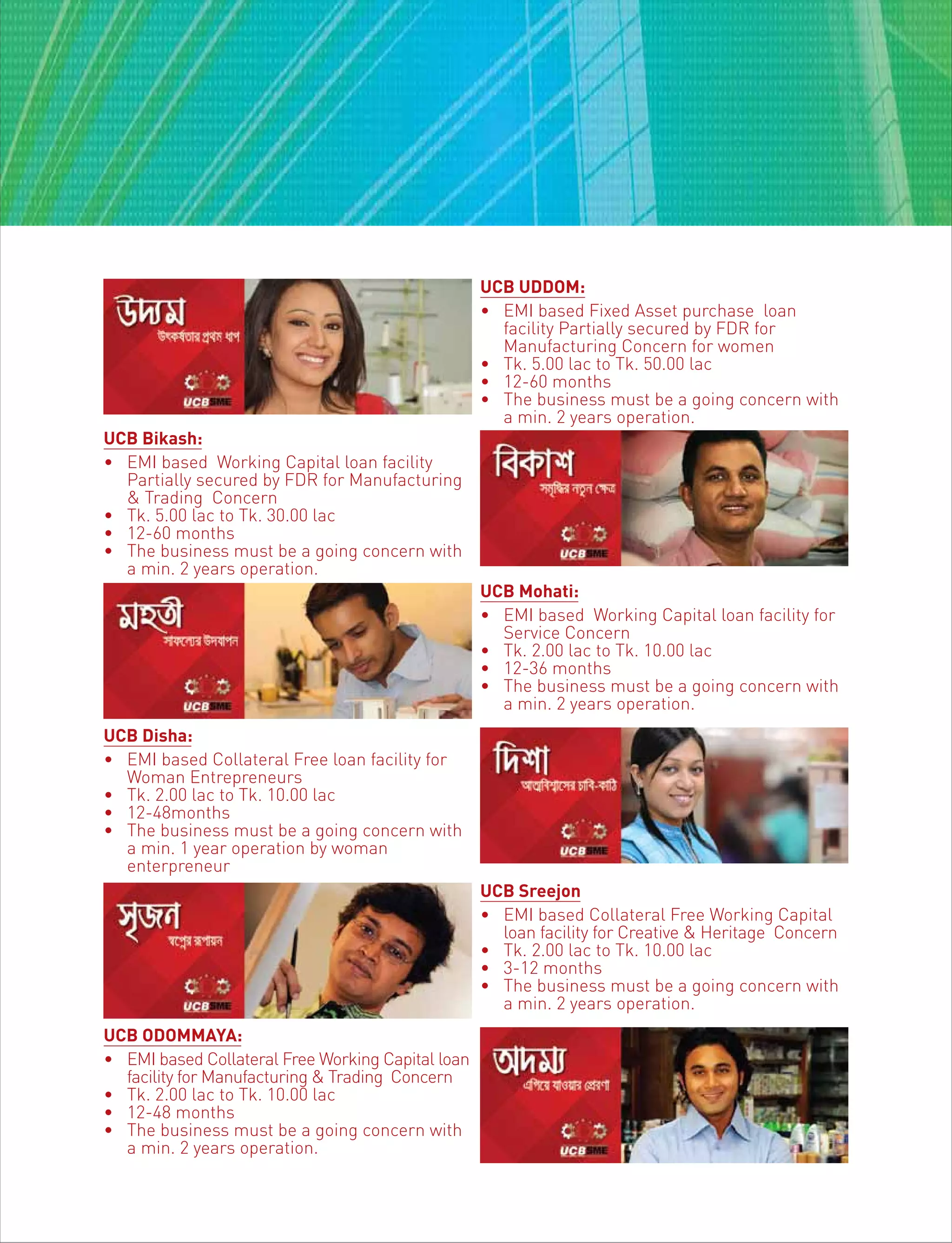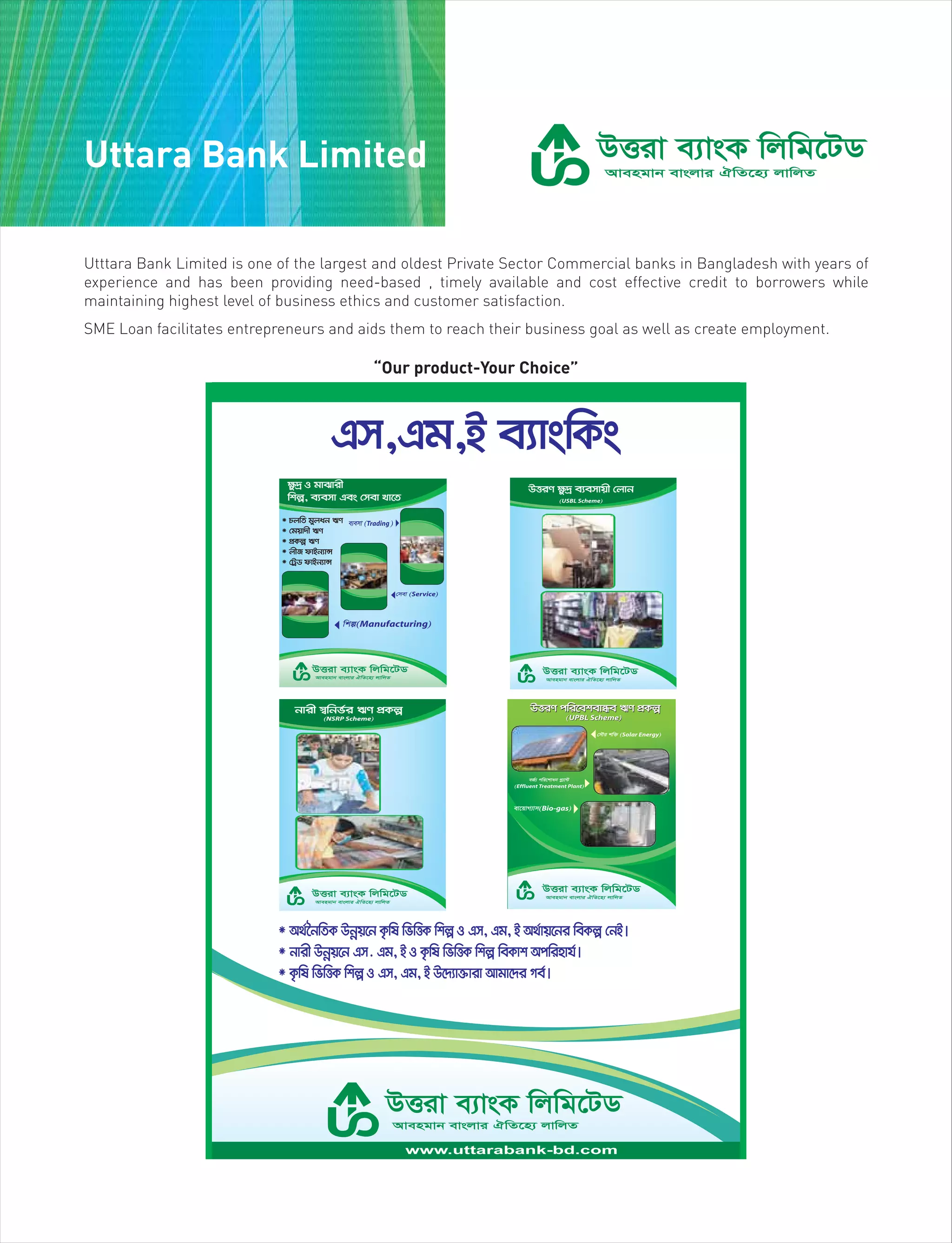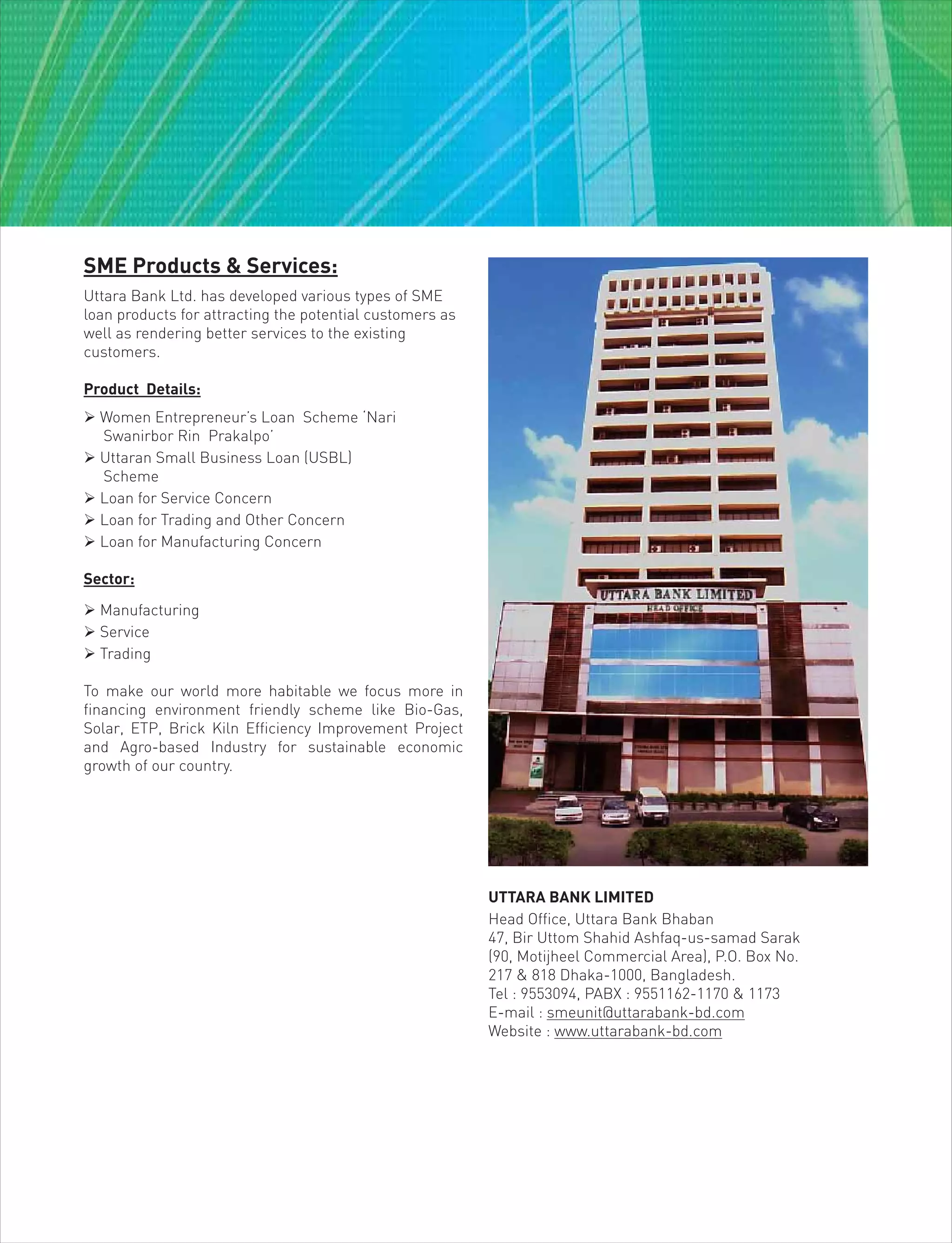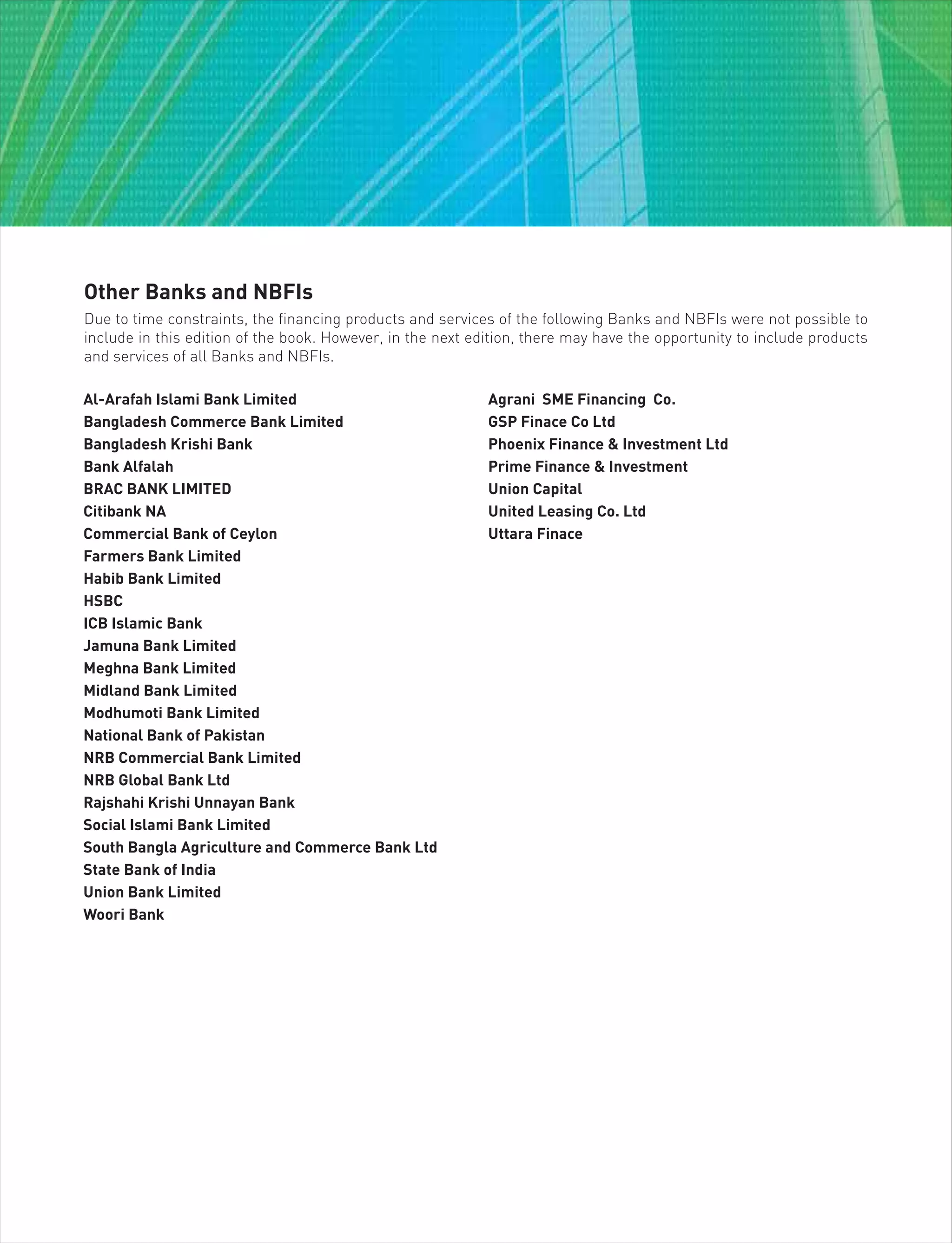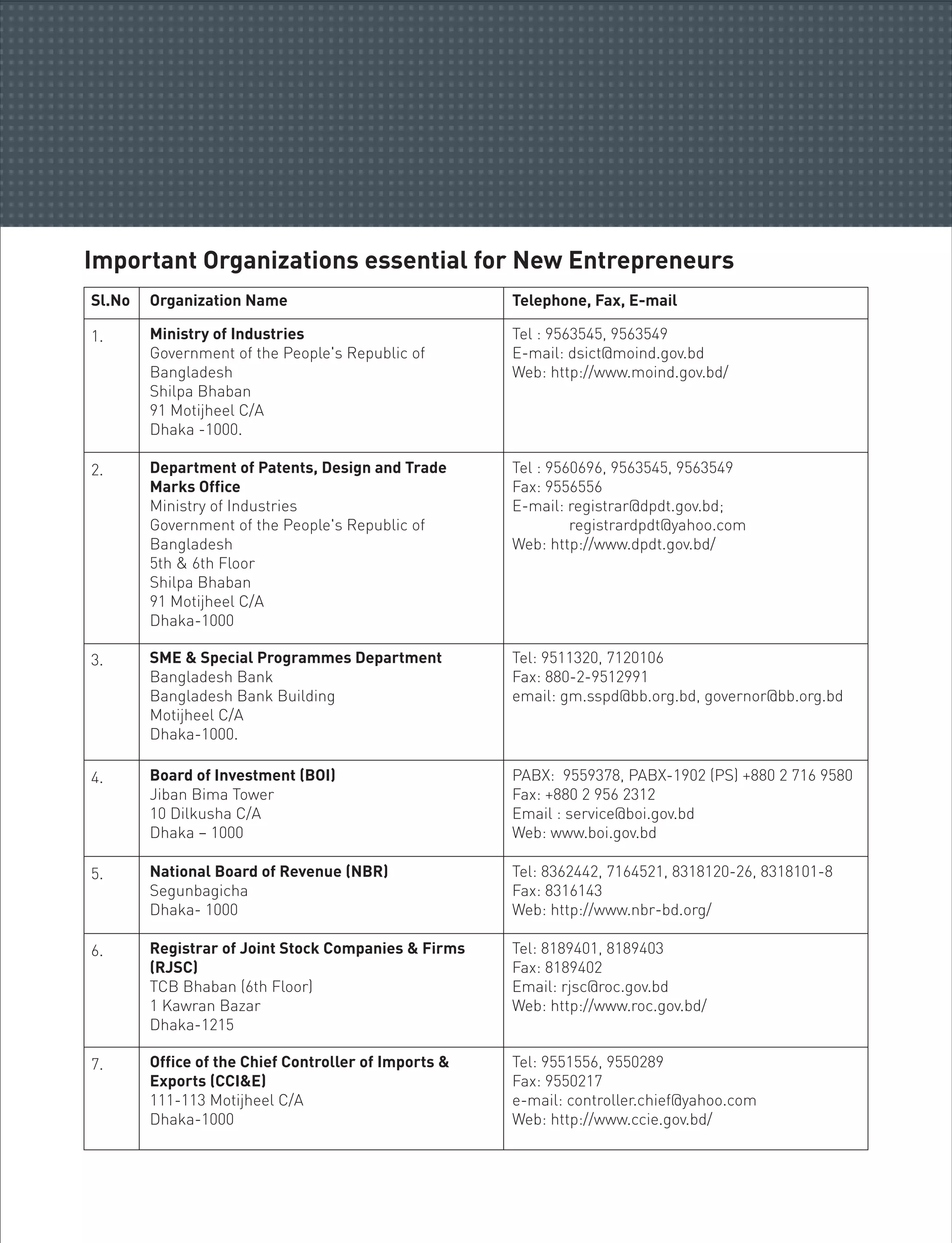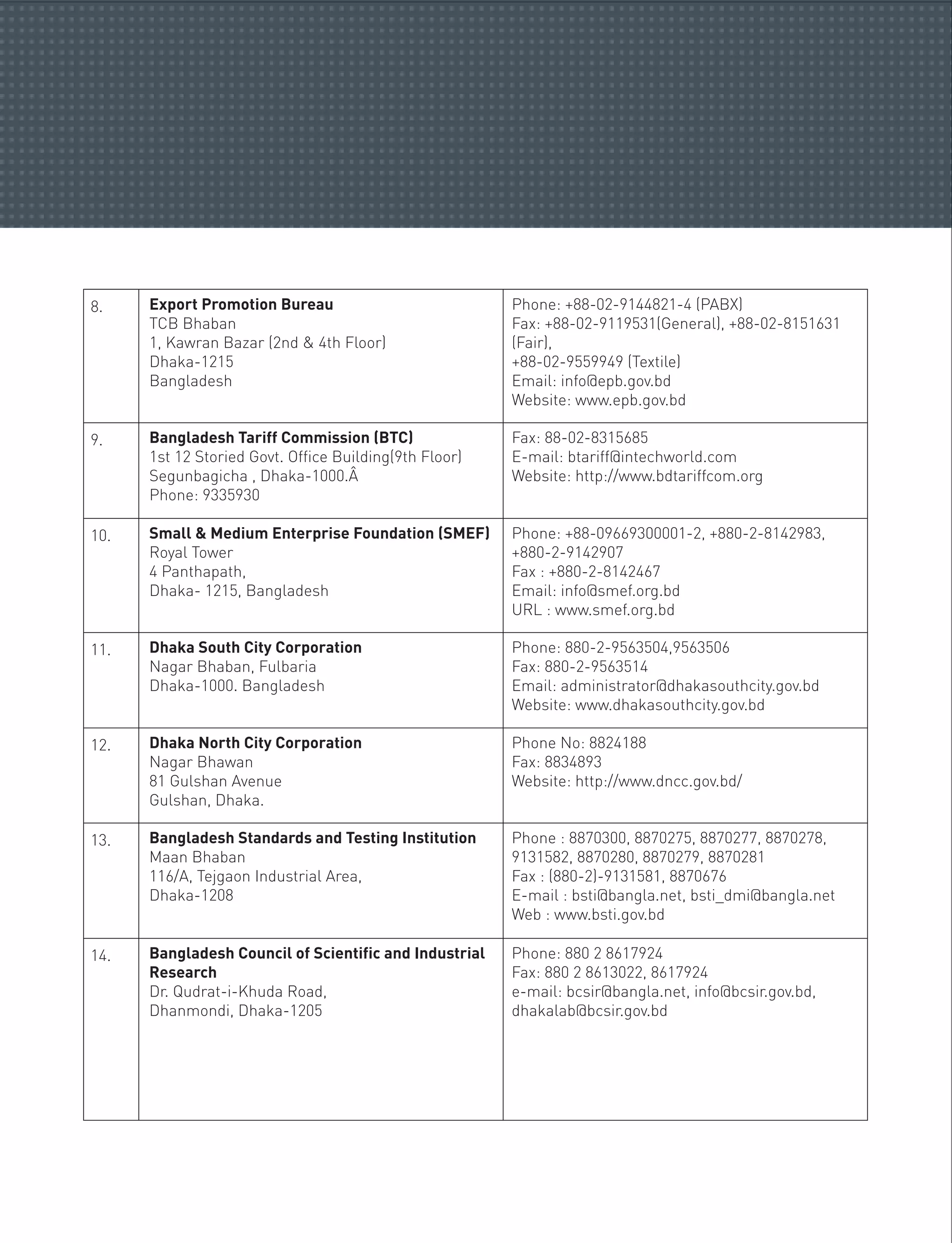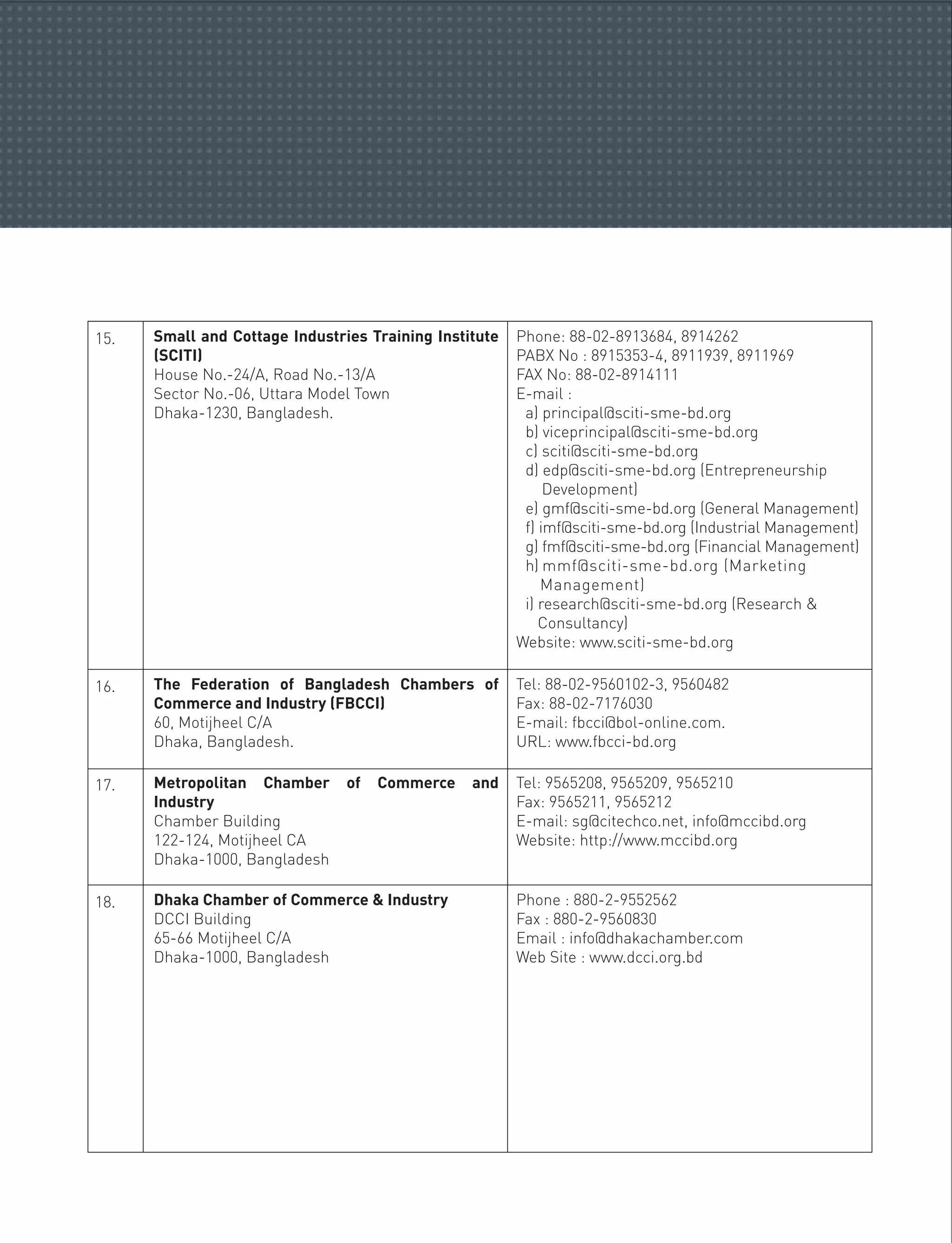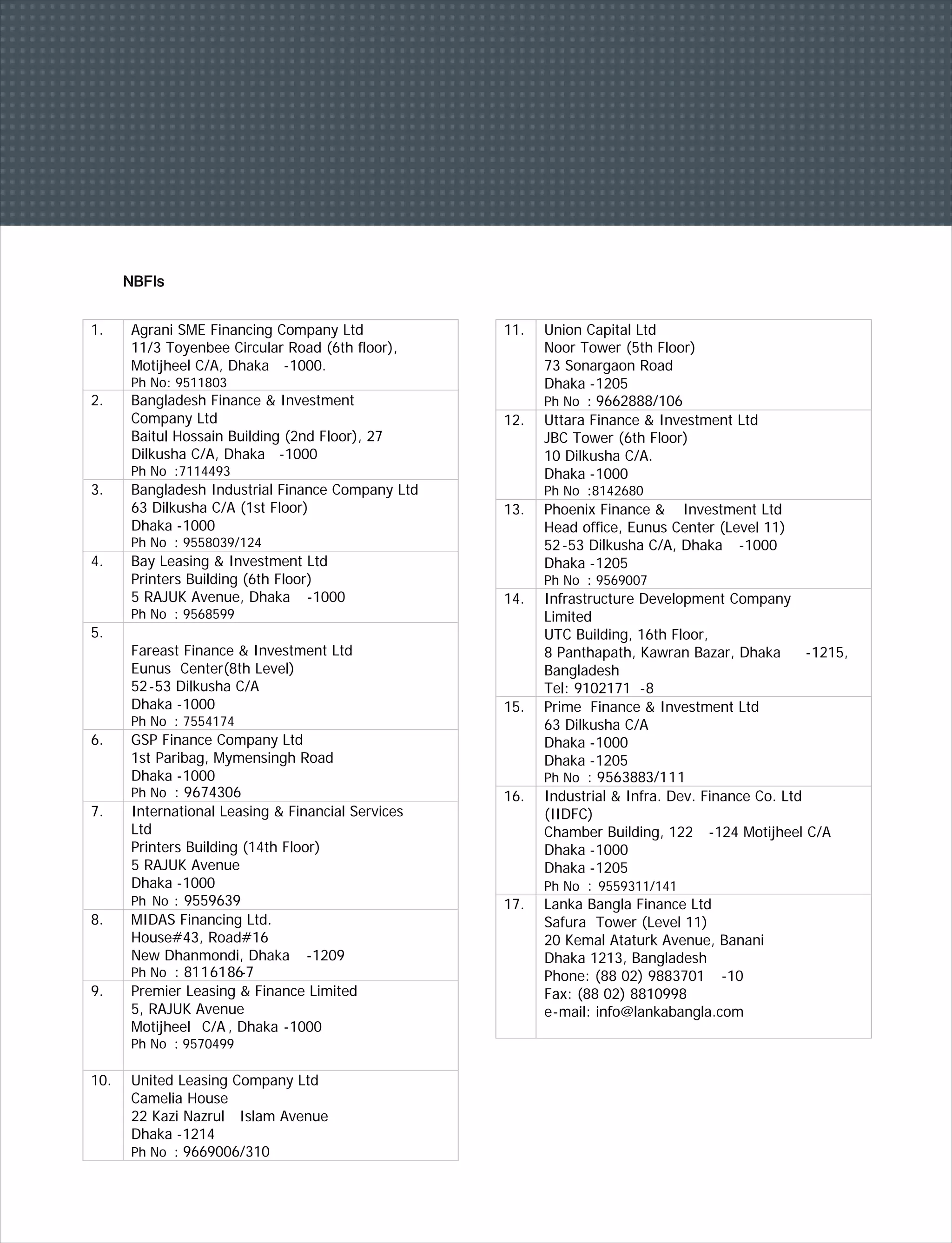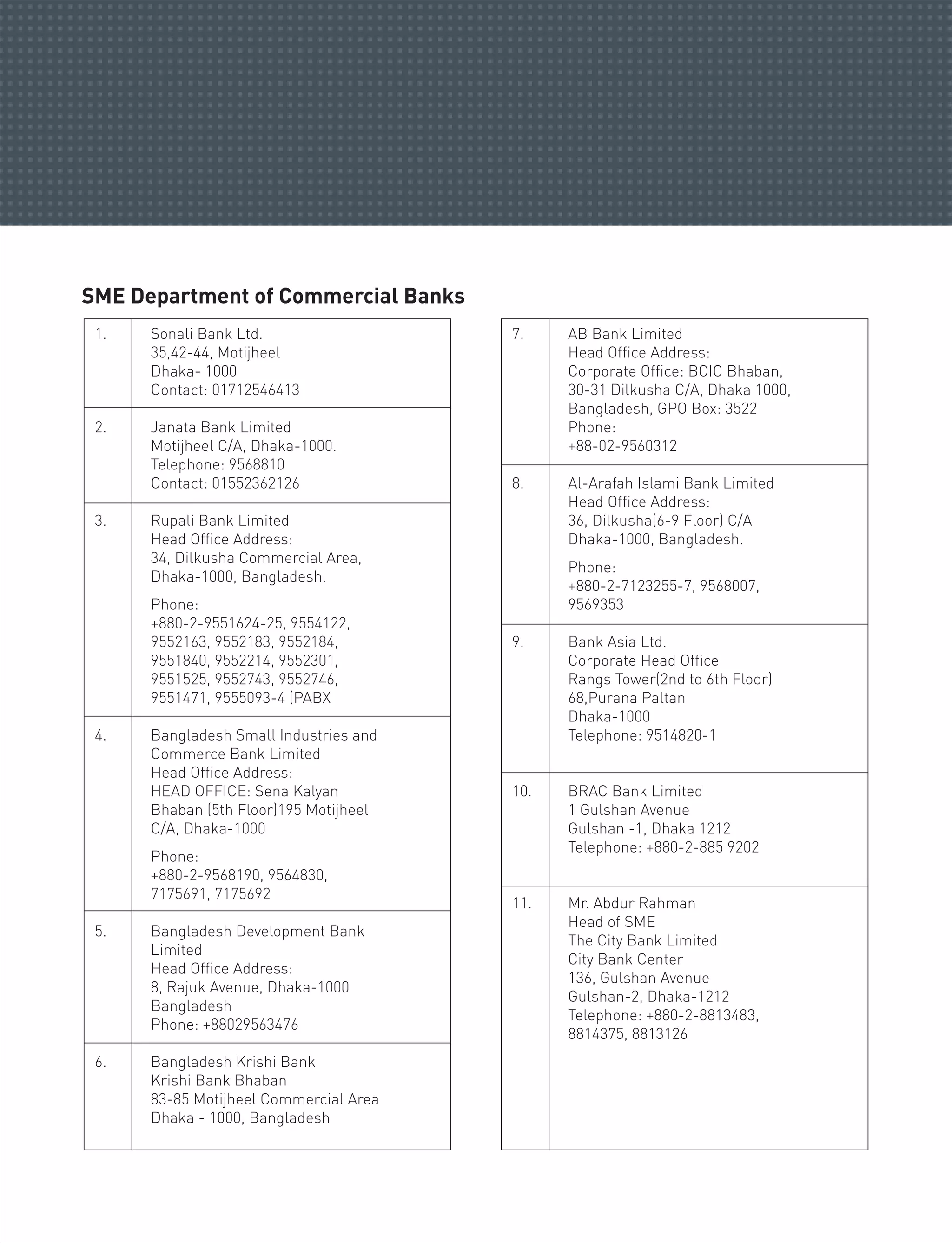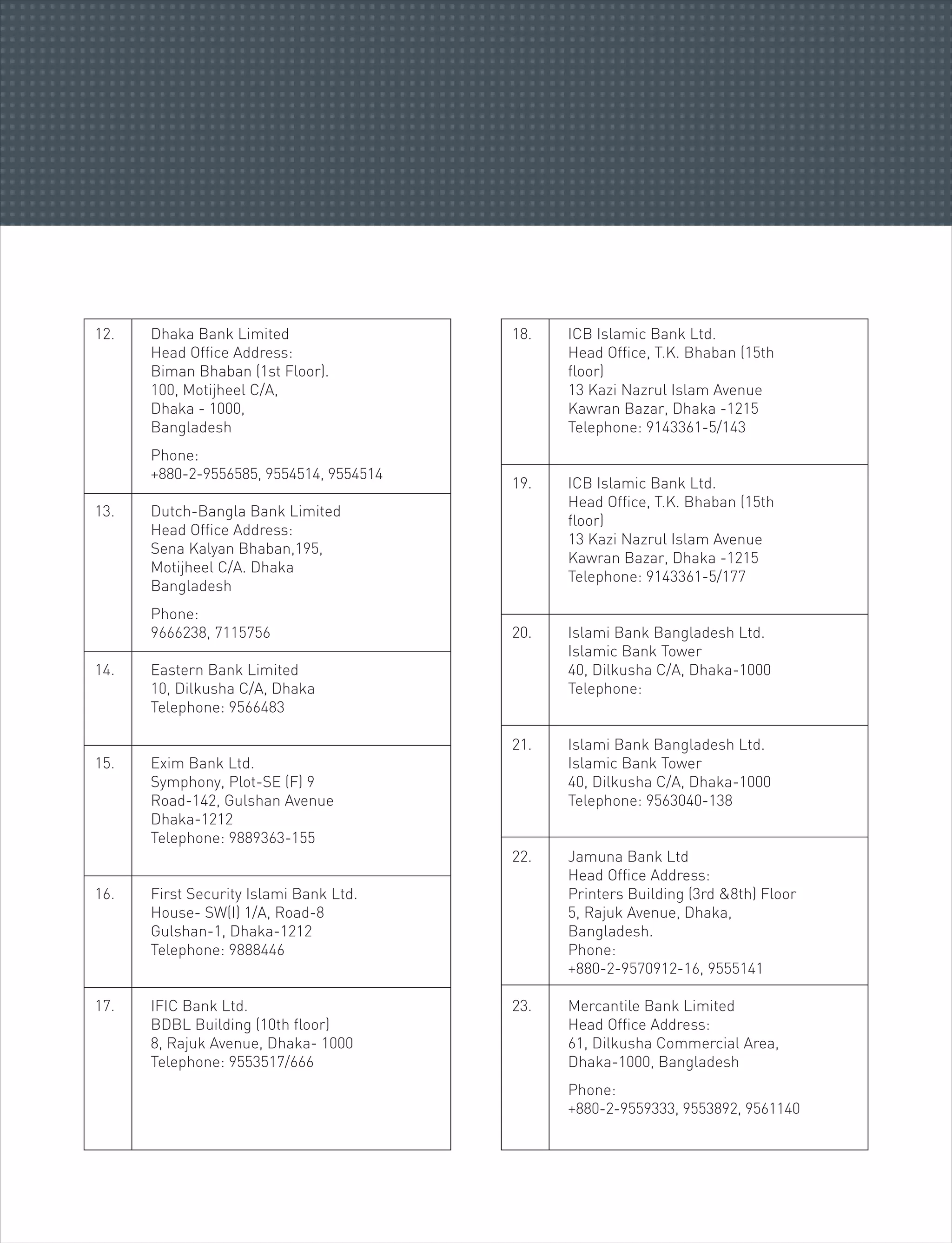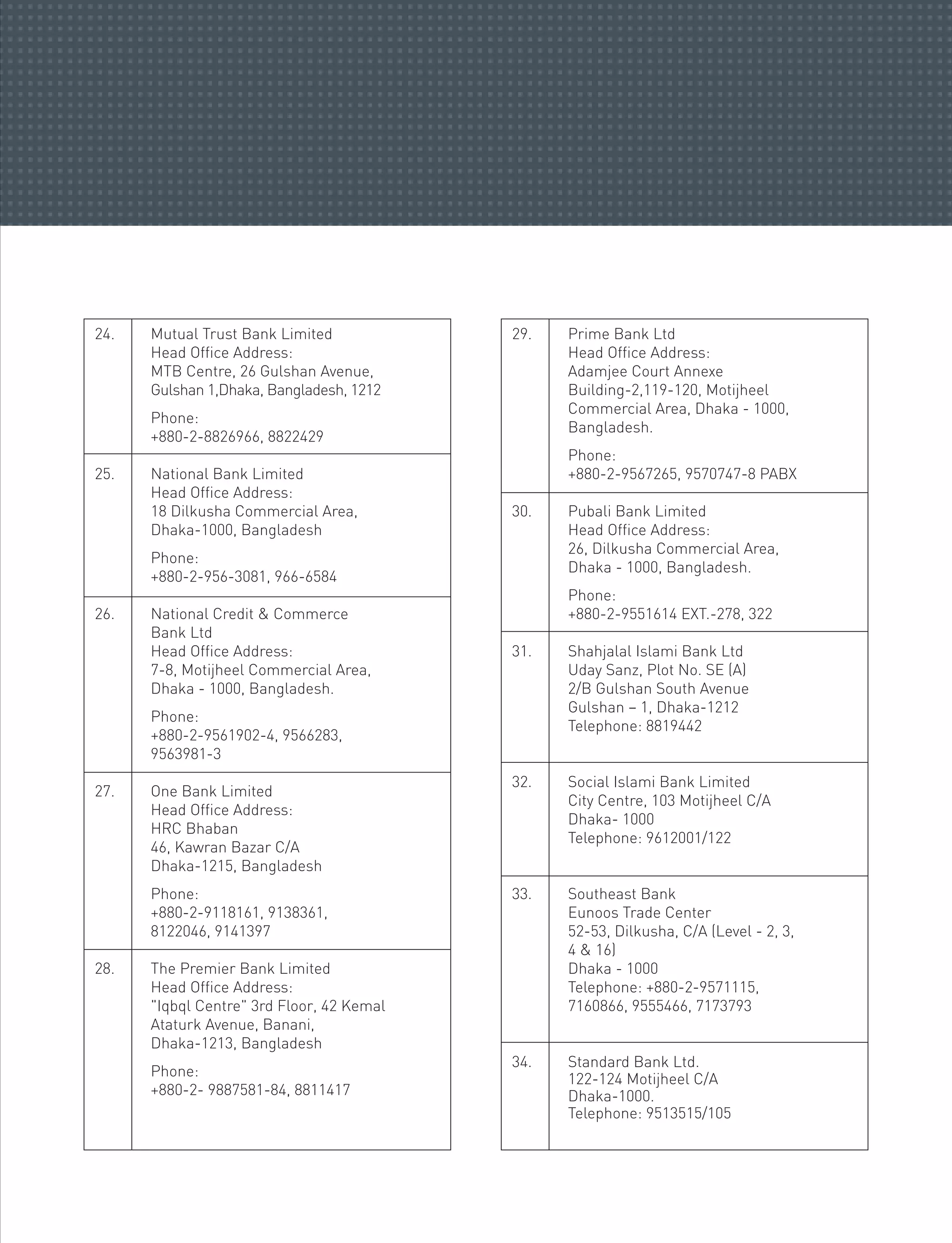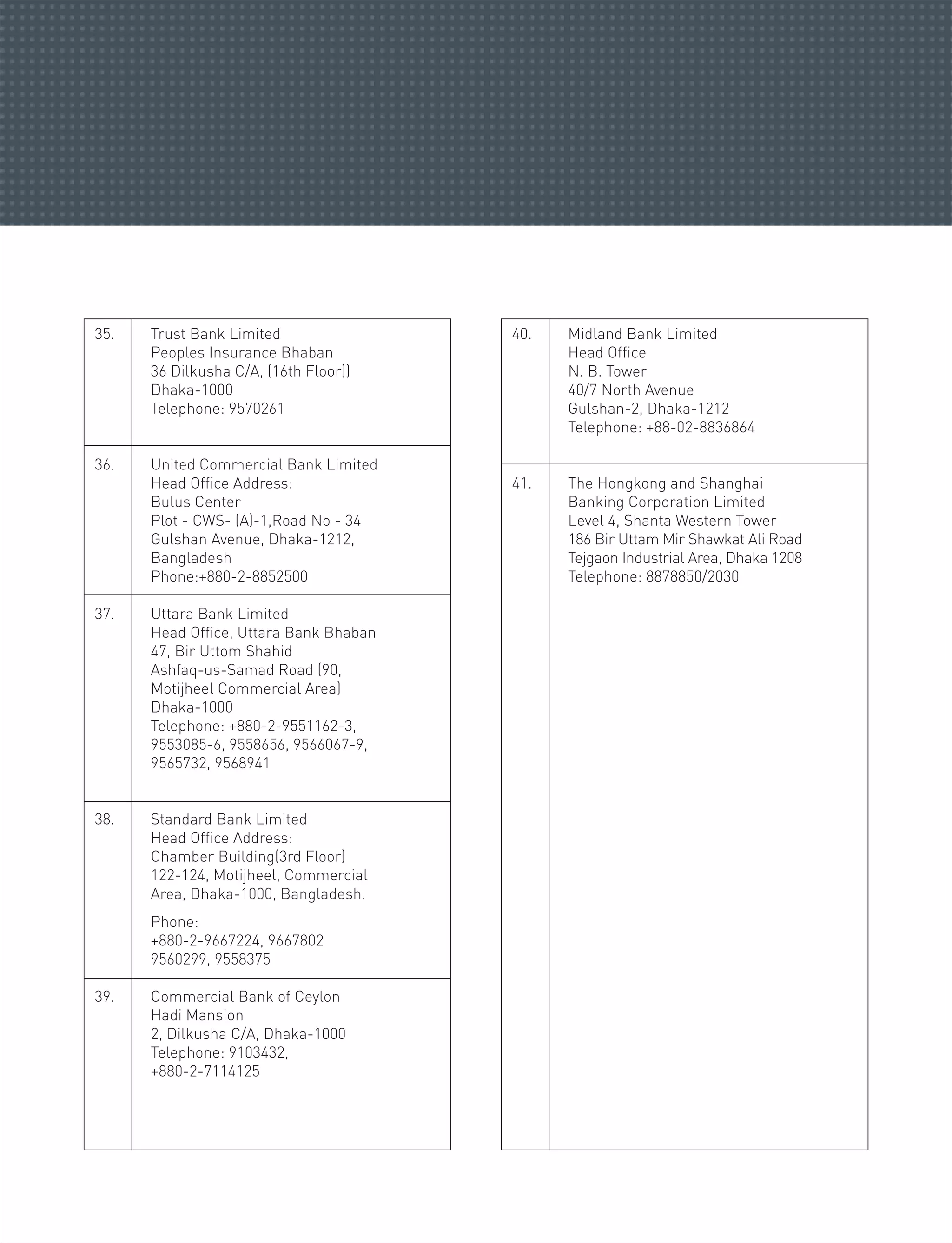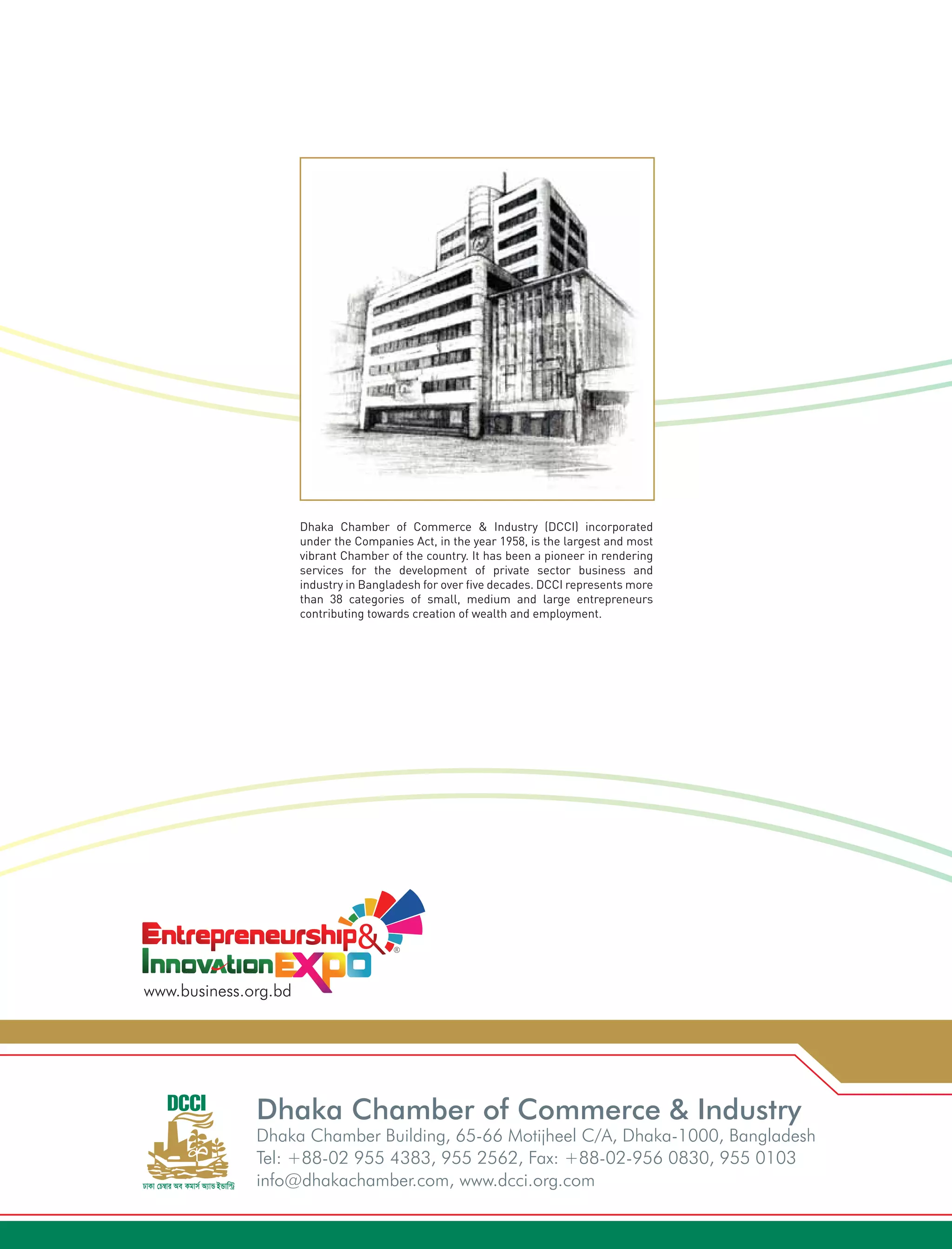This document discusses the importance of entrepreneurship development in Bangladesh. It notes that Bangladesh aims to become a middle-income country by 2021 in order to achieve rapid economic growth. However, Bangladesh currently faces a crisis of unemployment, especially among educated youth. The document argues that promoting entrepreneurship among youth is the easiest way to solve this problem and ensure more employment opportunities. It states that today's educated youth remain unemployed even after completing their studies and need to acquire skills to make a living. The unemployment of educated youth is a major issue in Bangladesh that needs to be addressed to avoid social crisis. The document maintains that Bangladeshi youth have the energy and boldness to take up the challenge of becoming successful entrepreneurs.
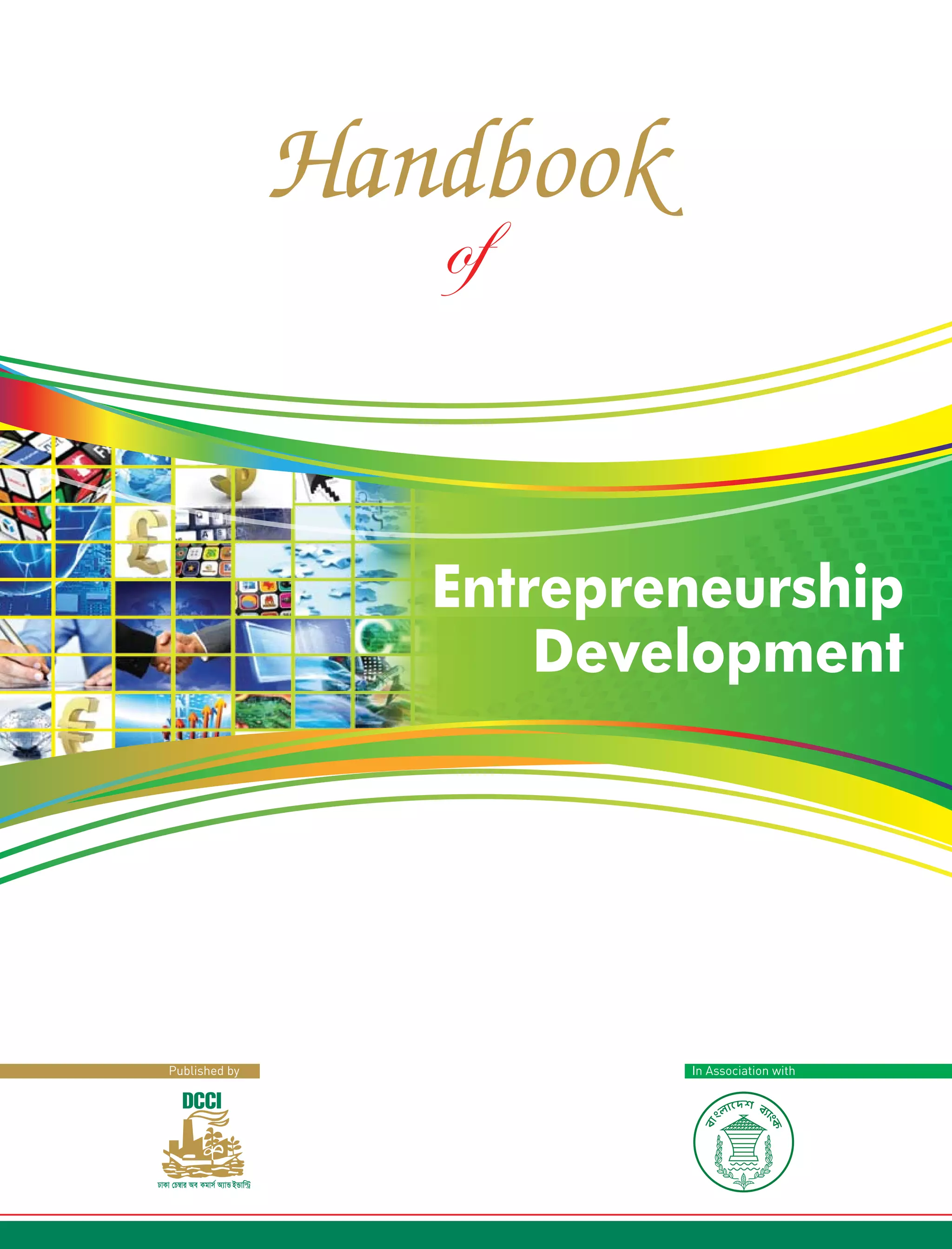

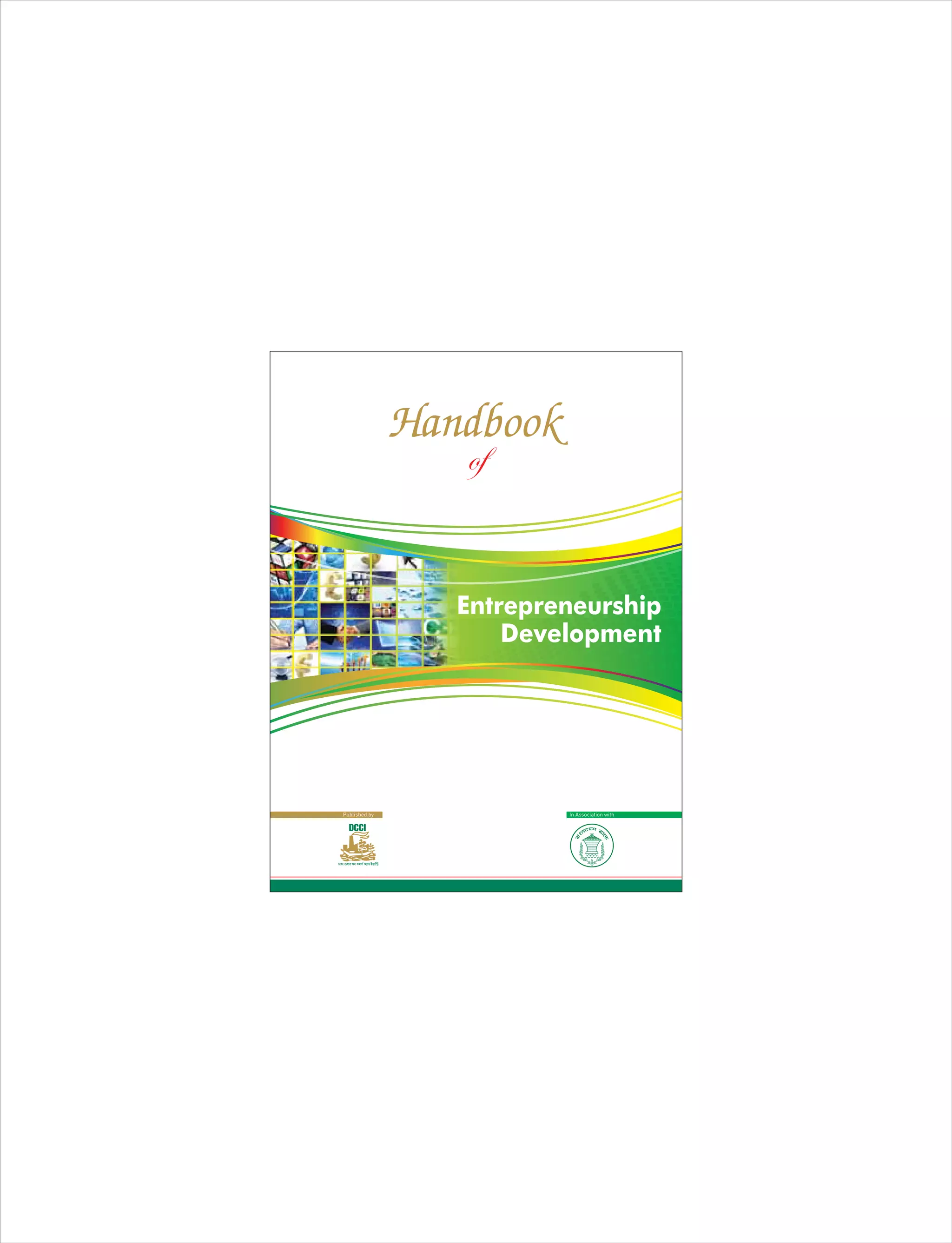
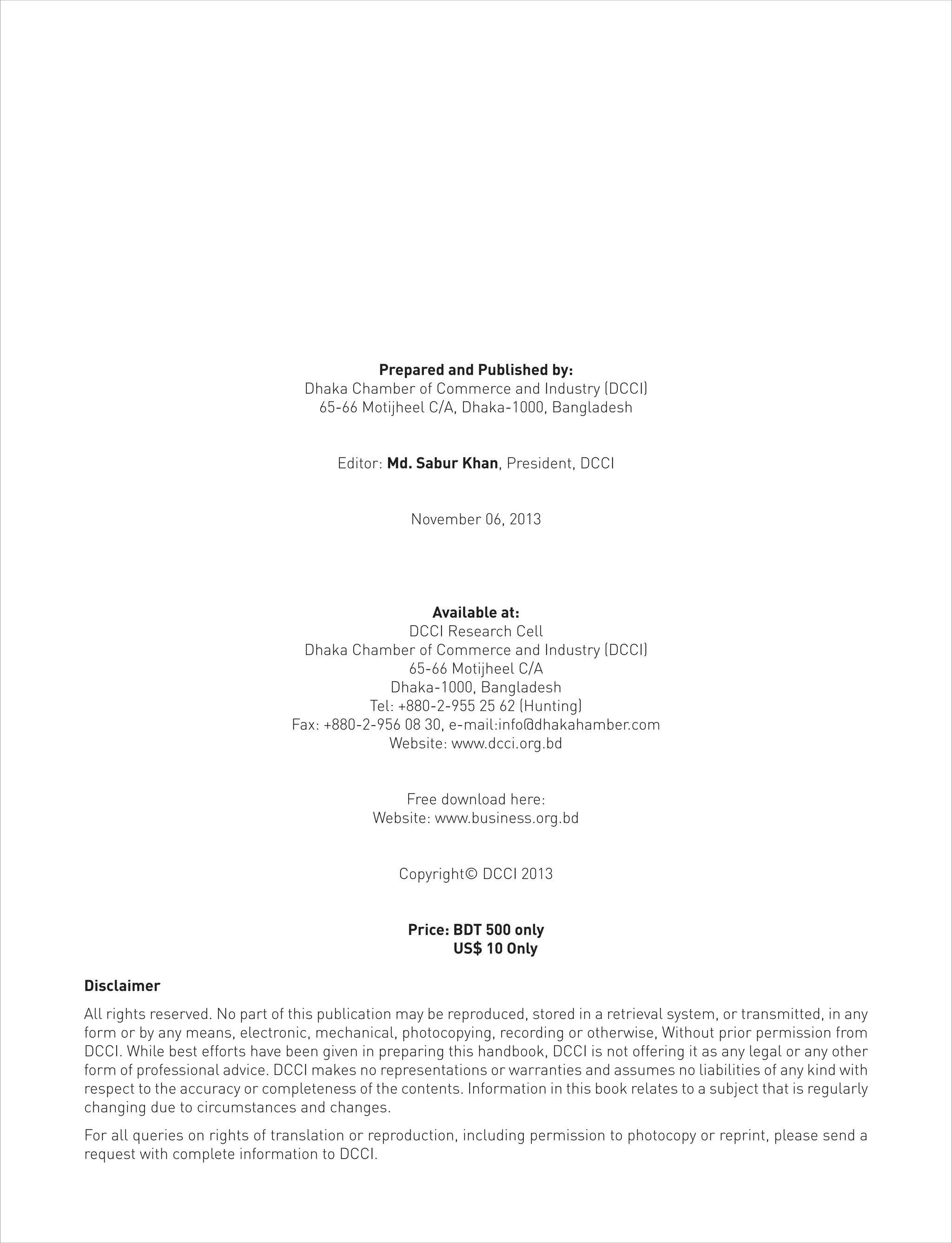
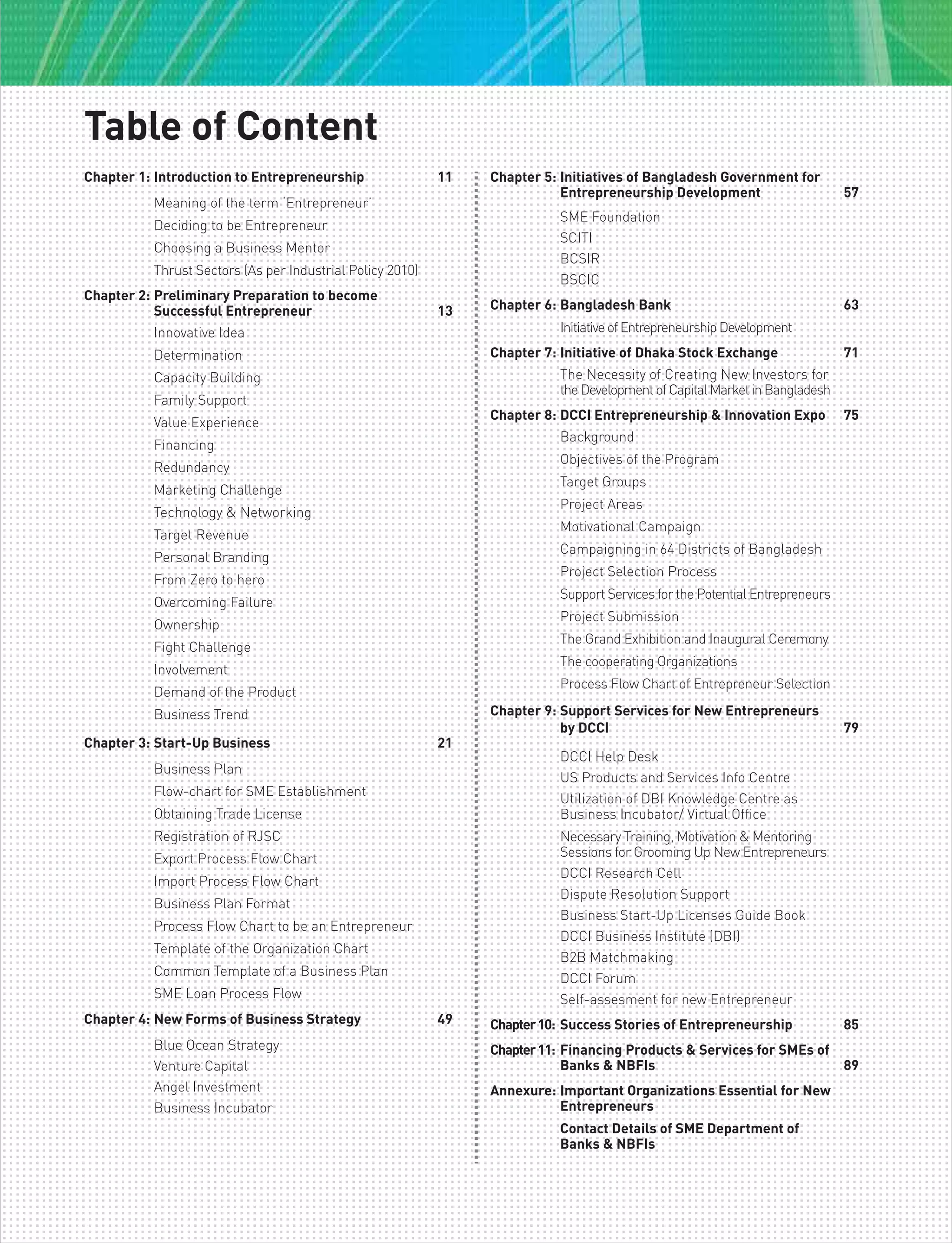

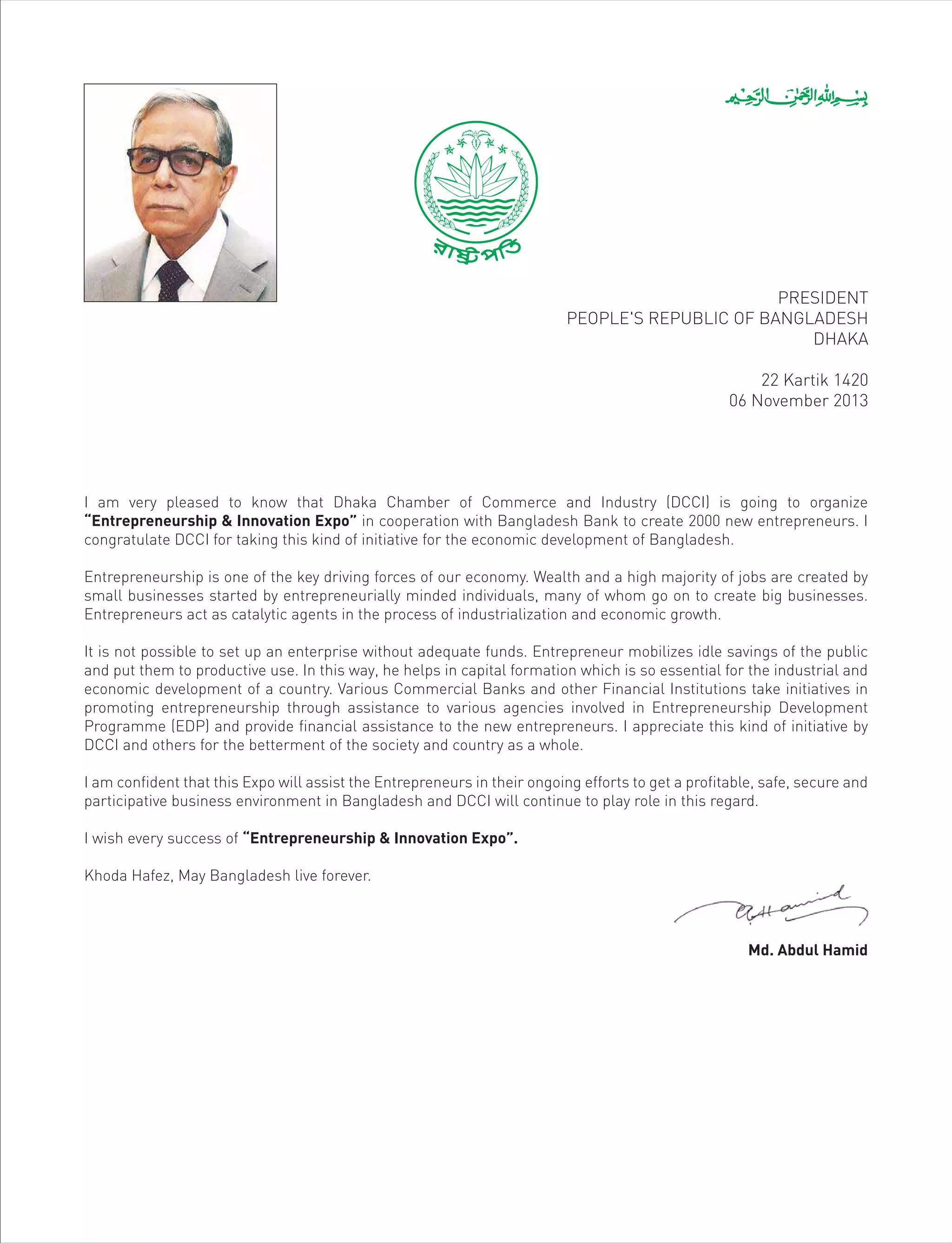
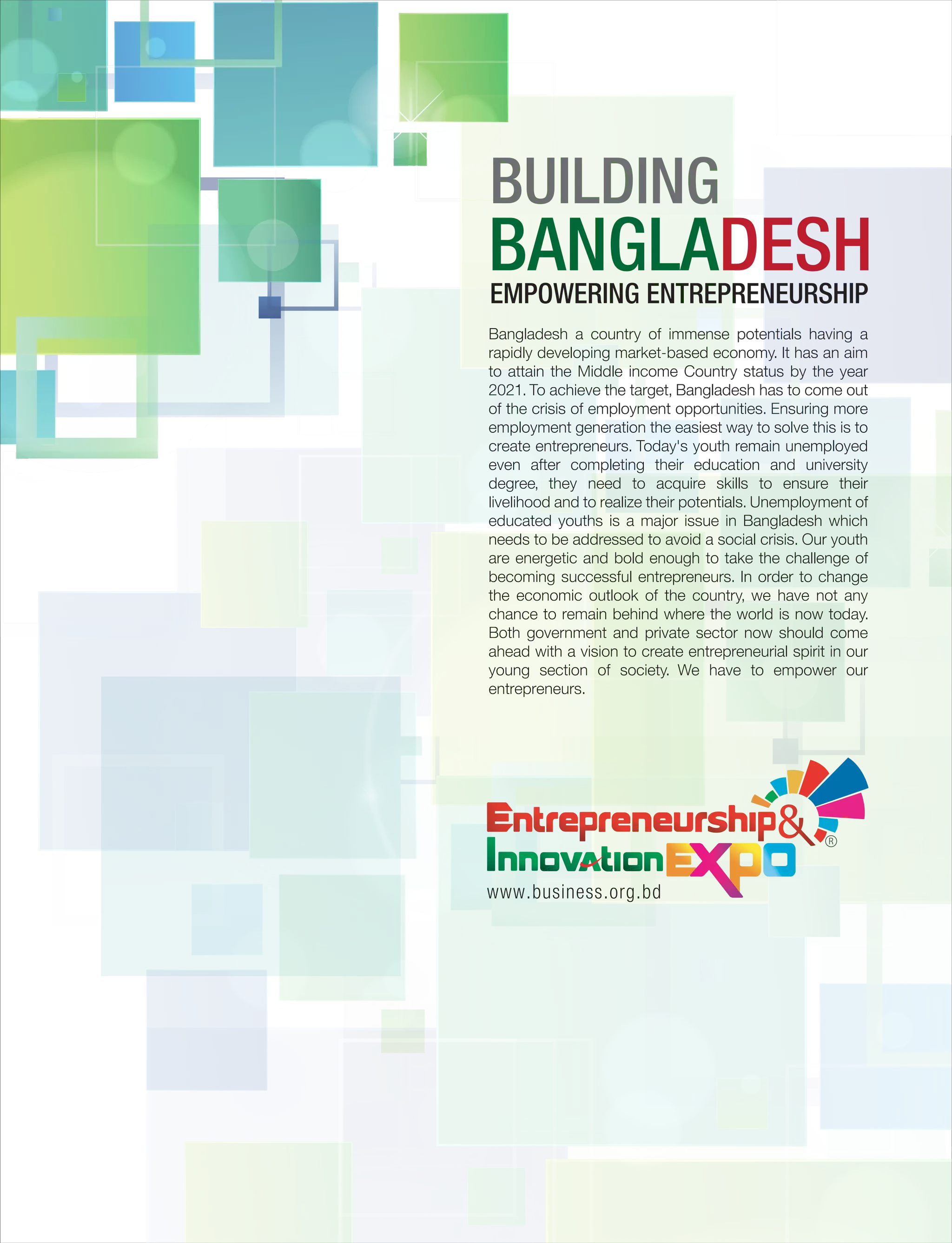


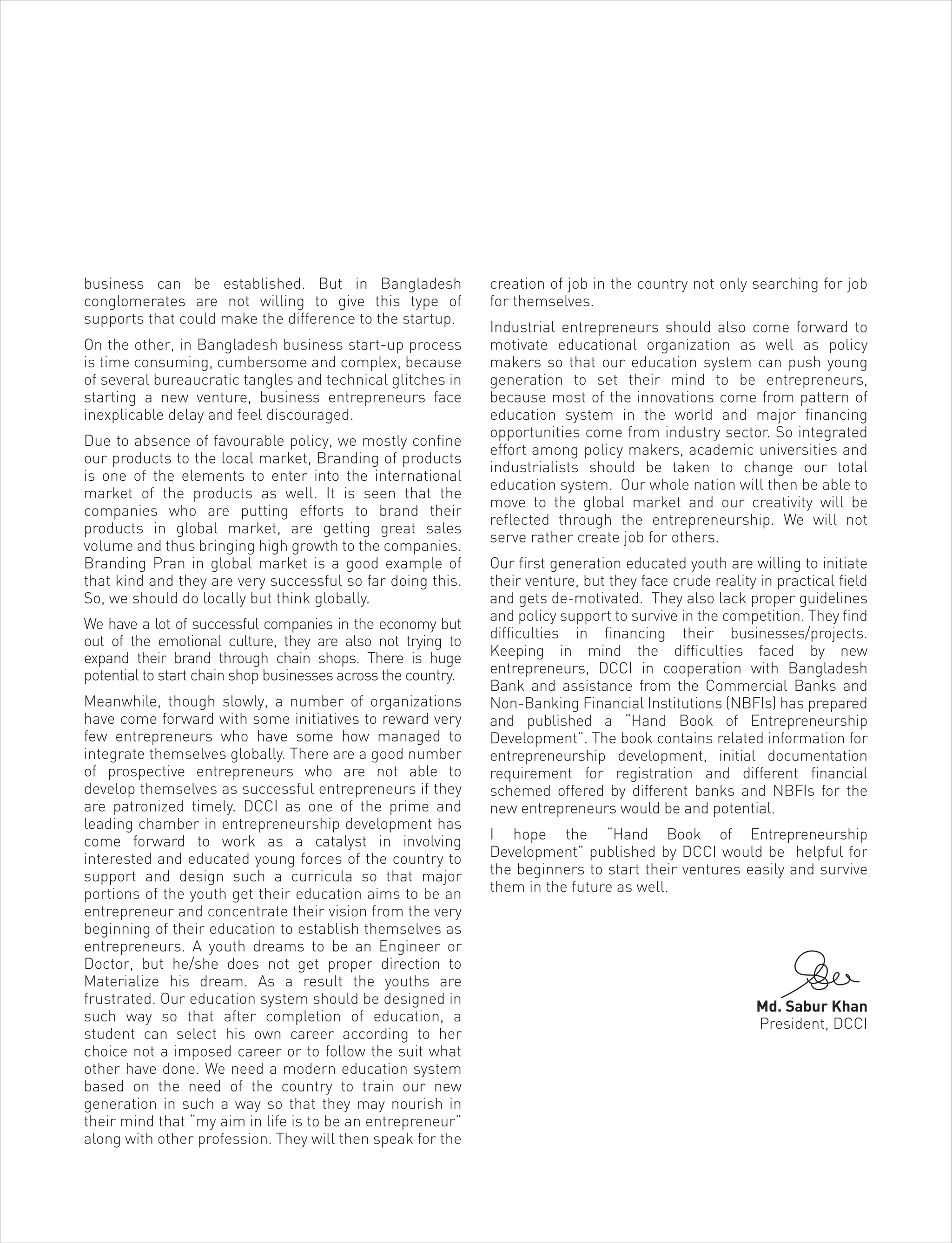
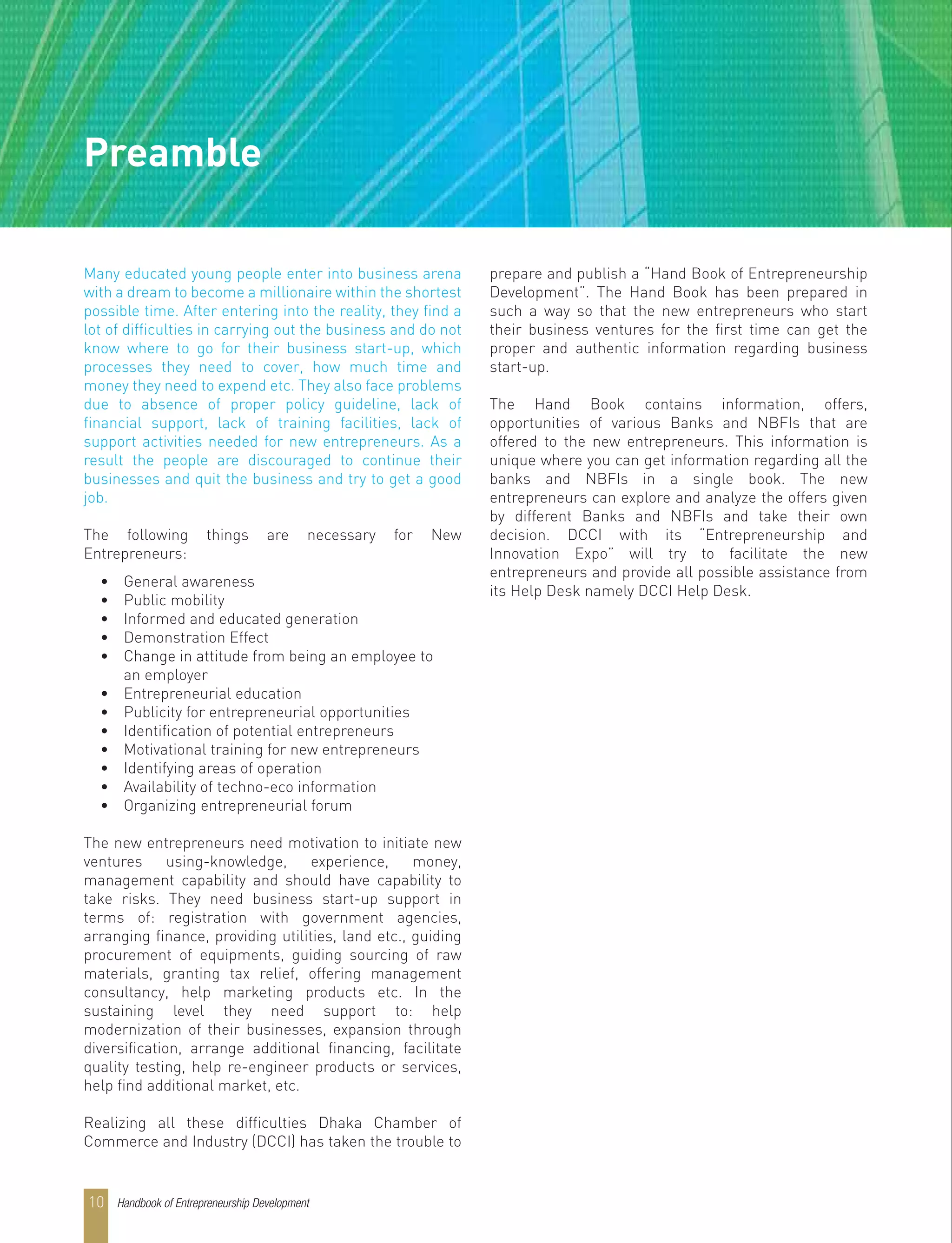
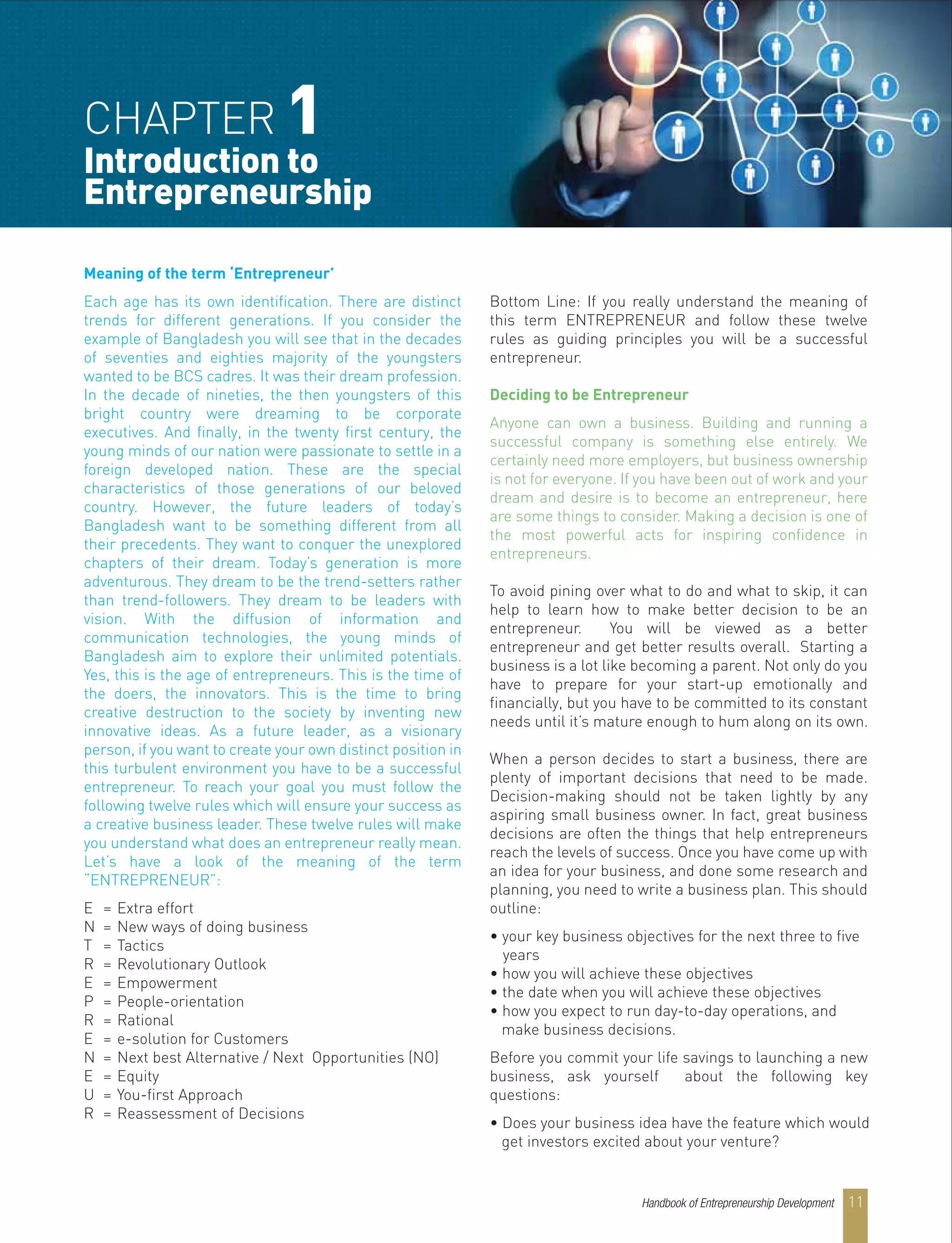
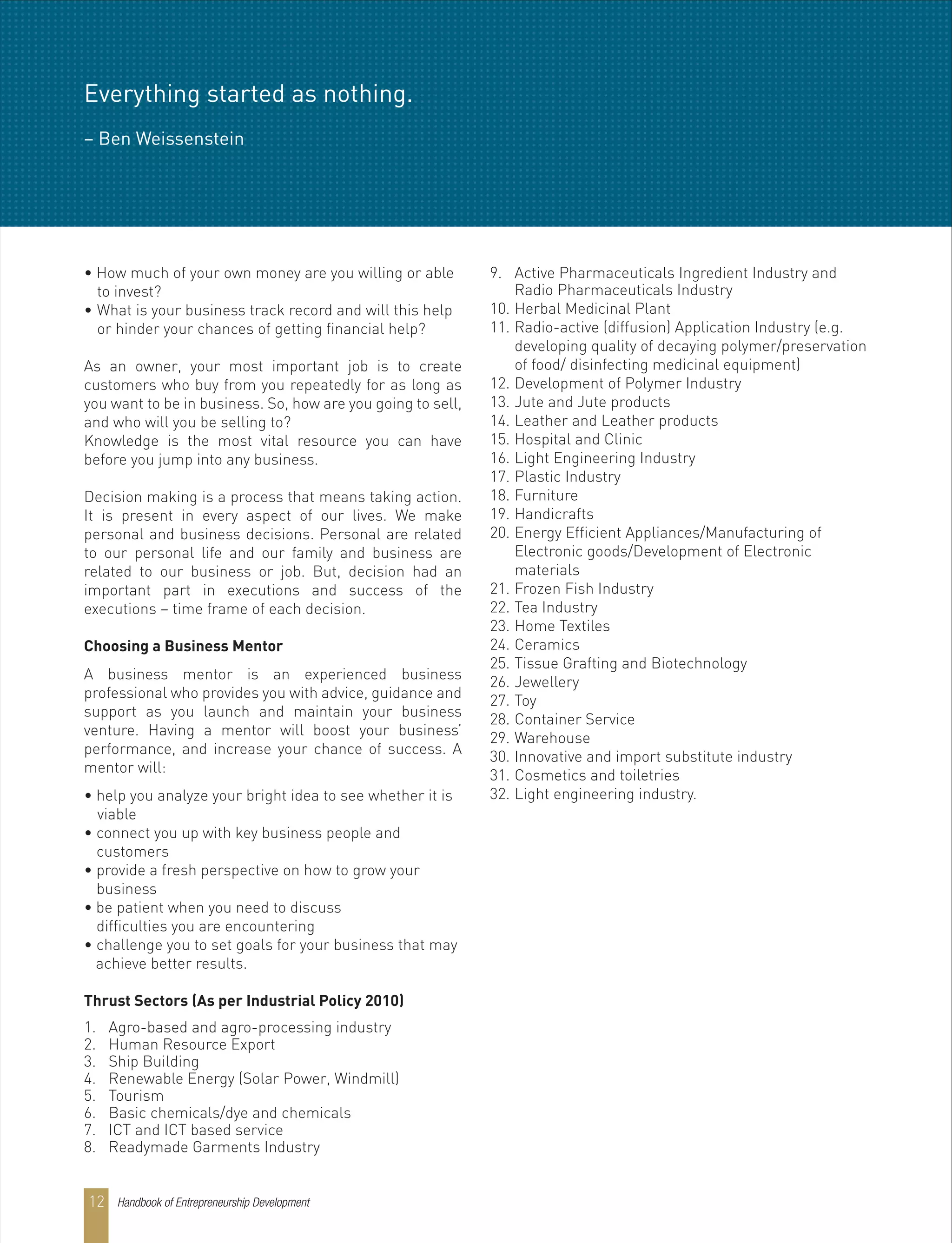
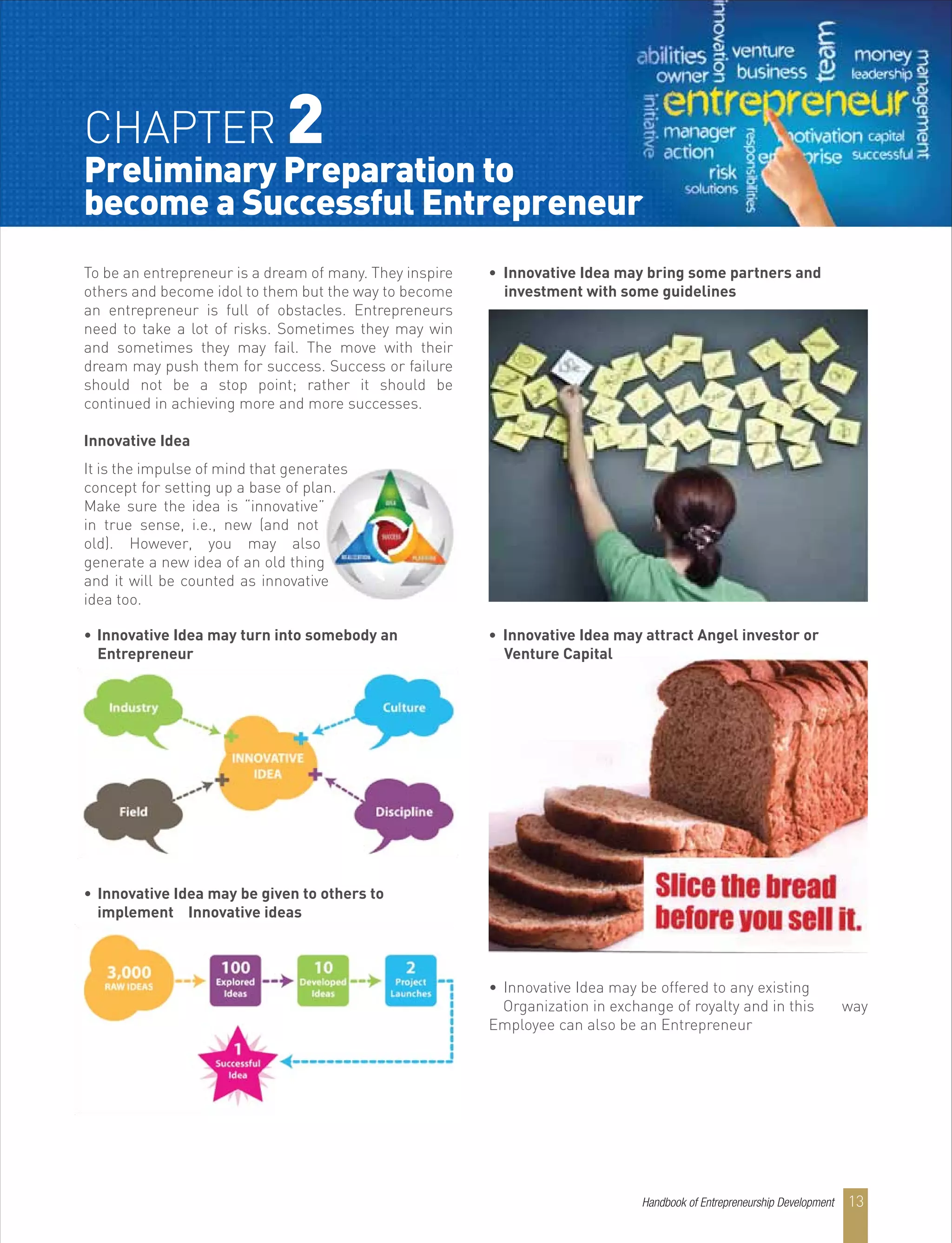
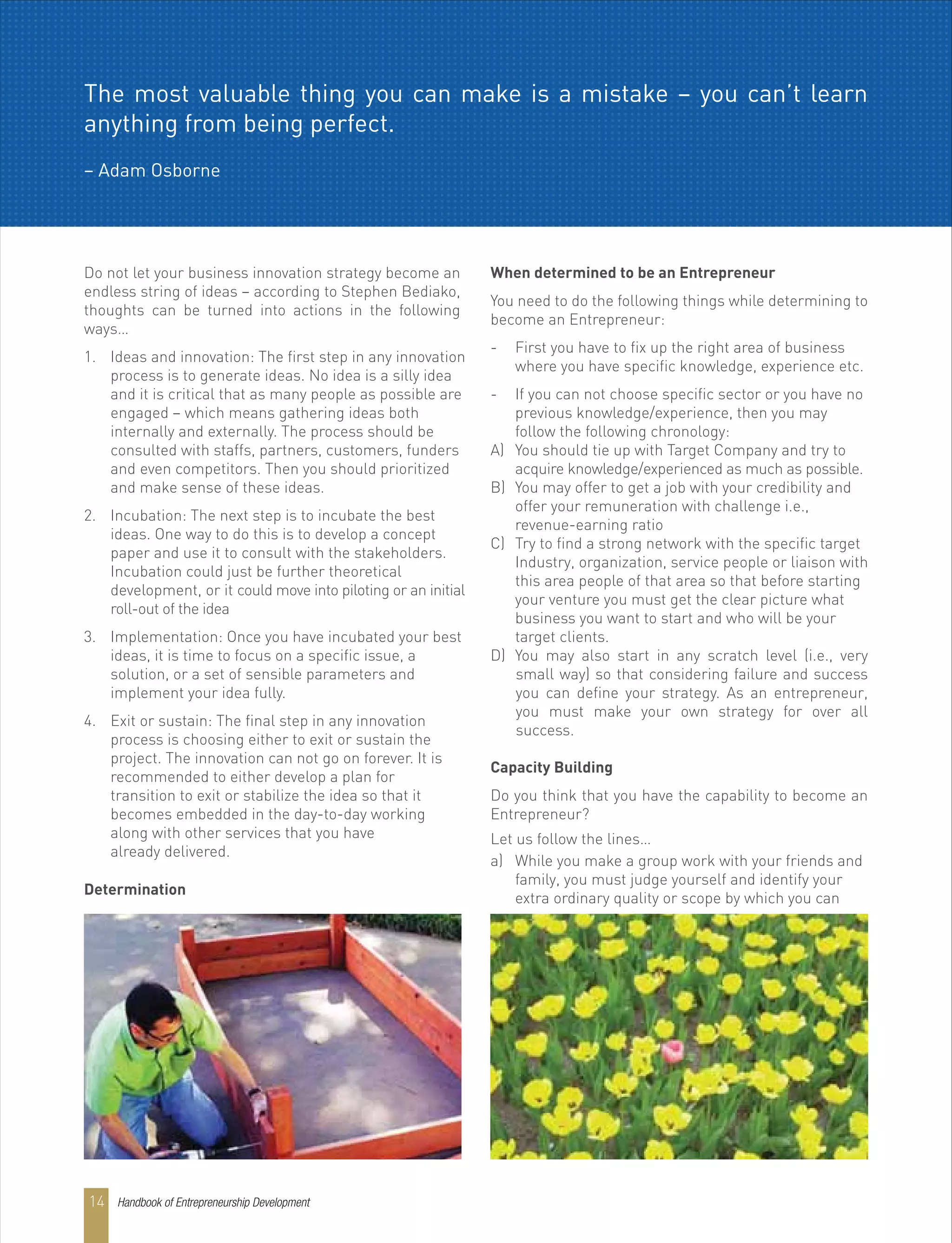
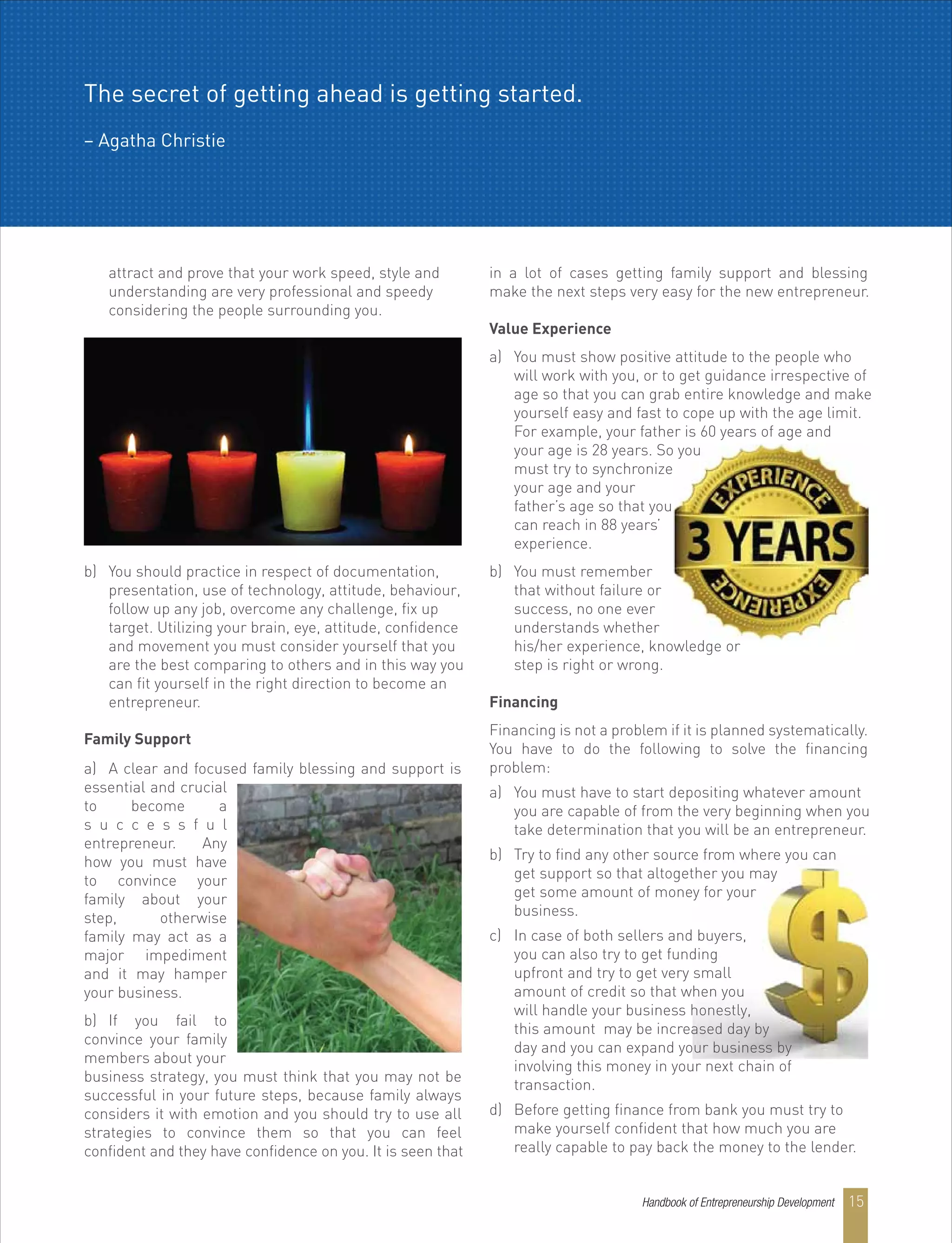
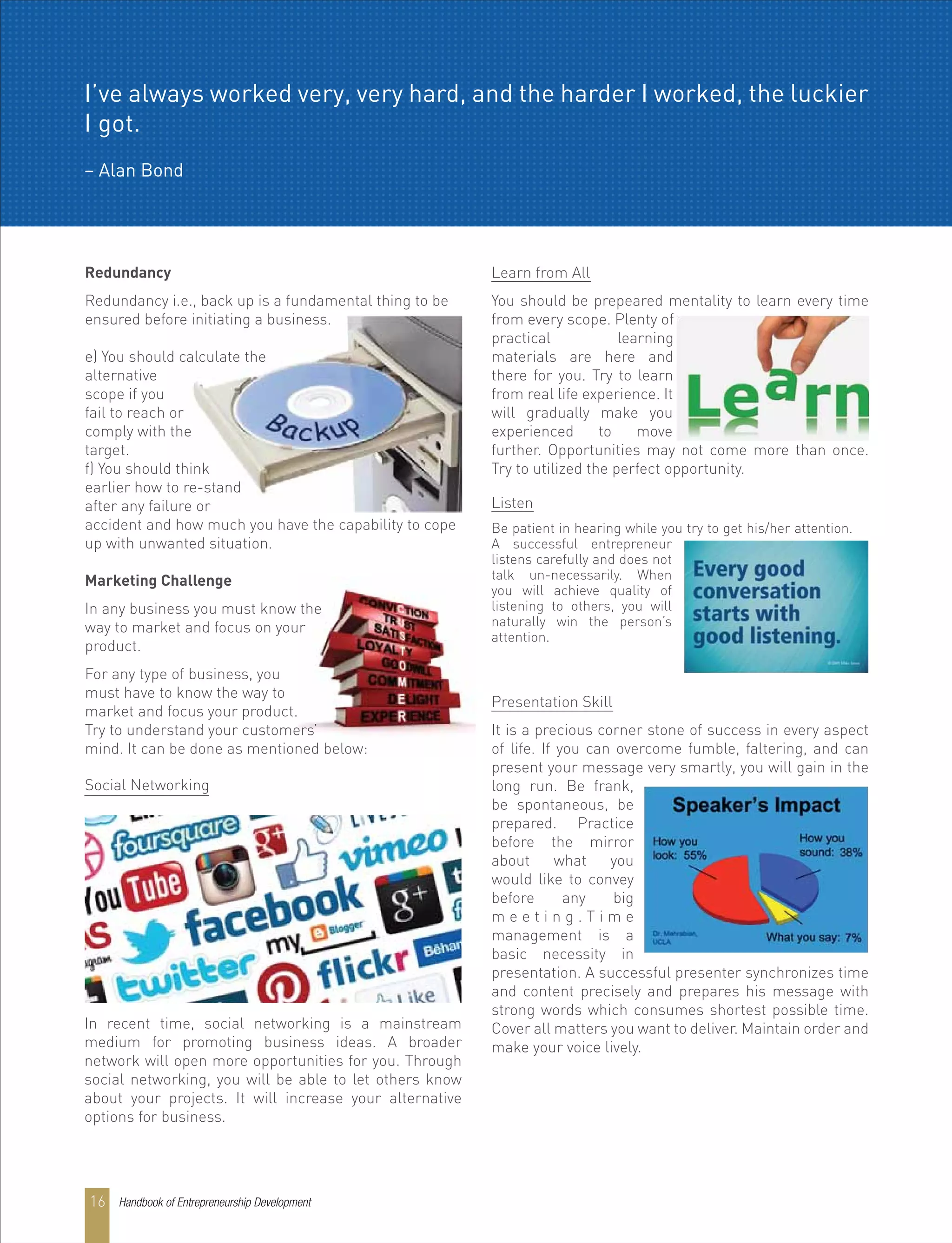
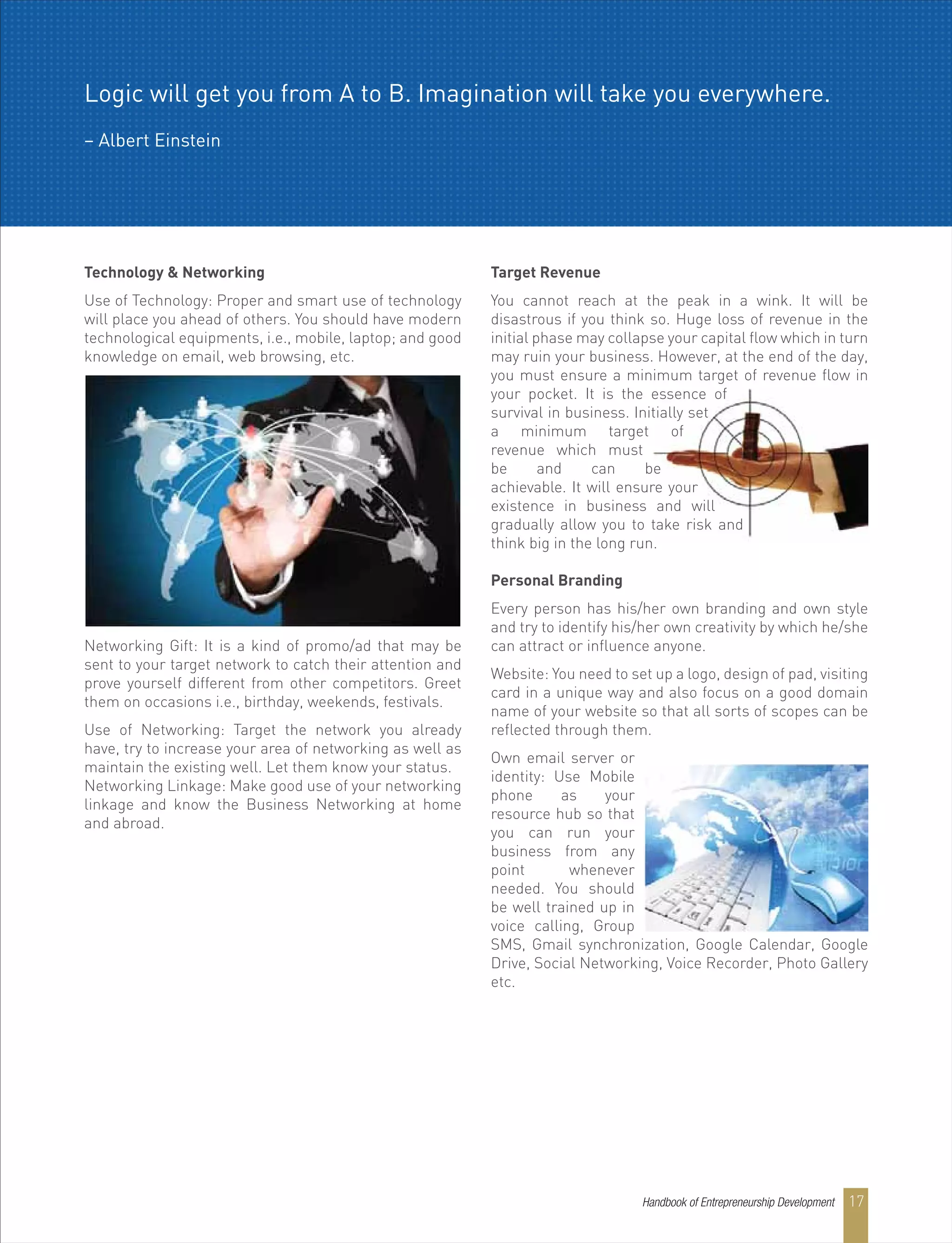
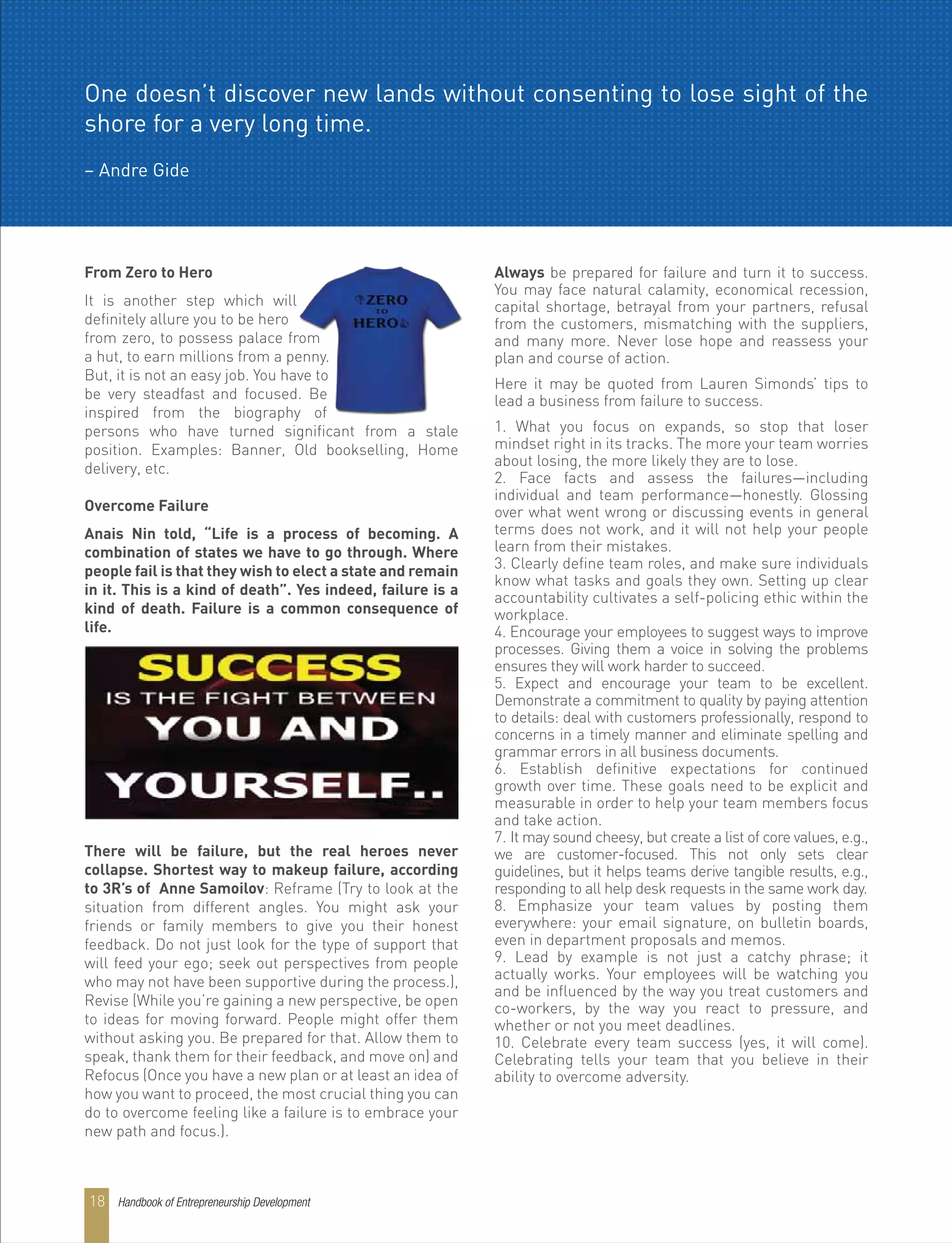
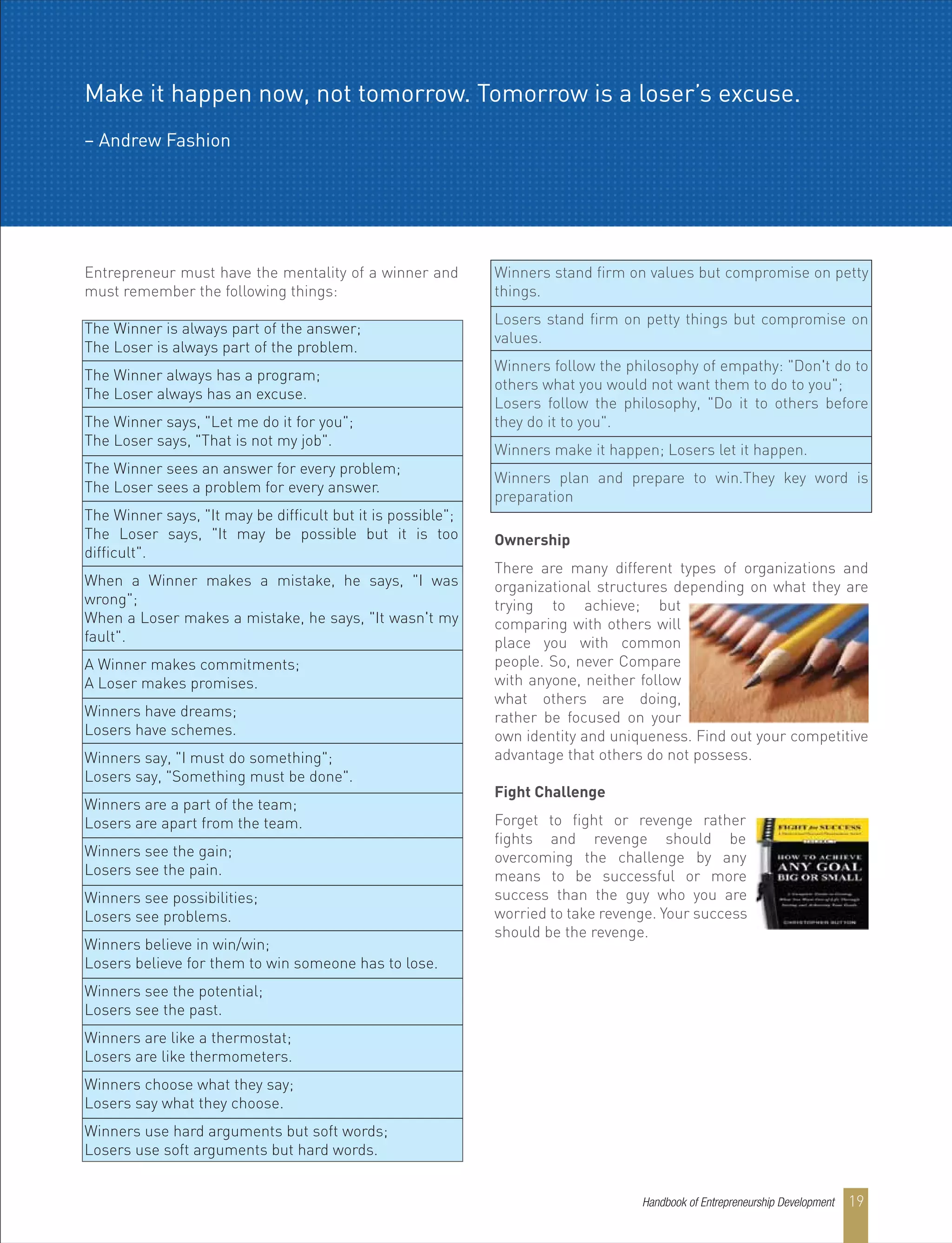
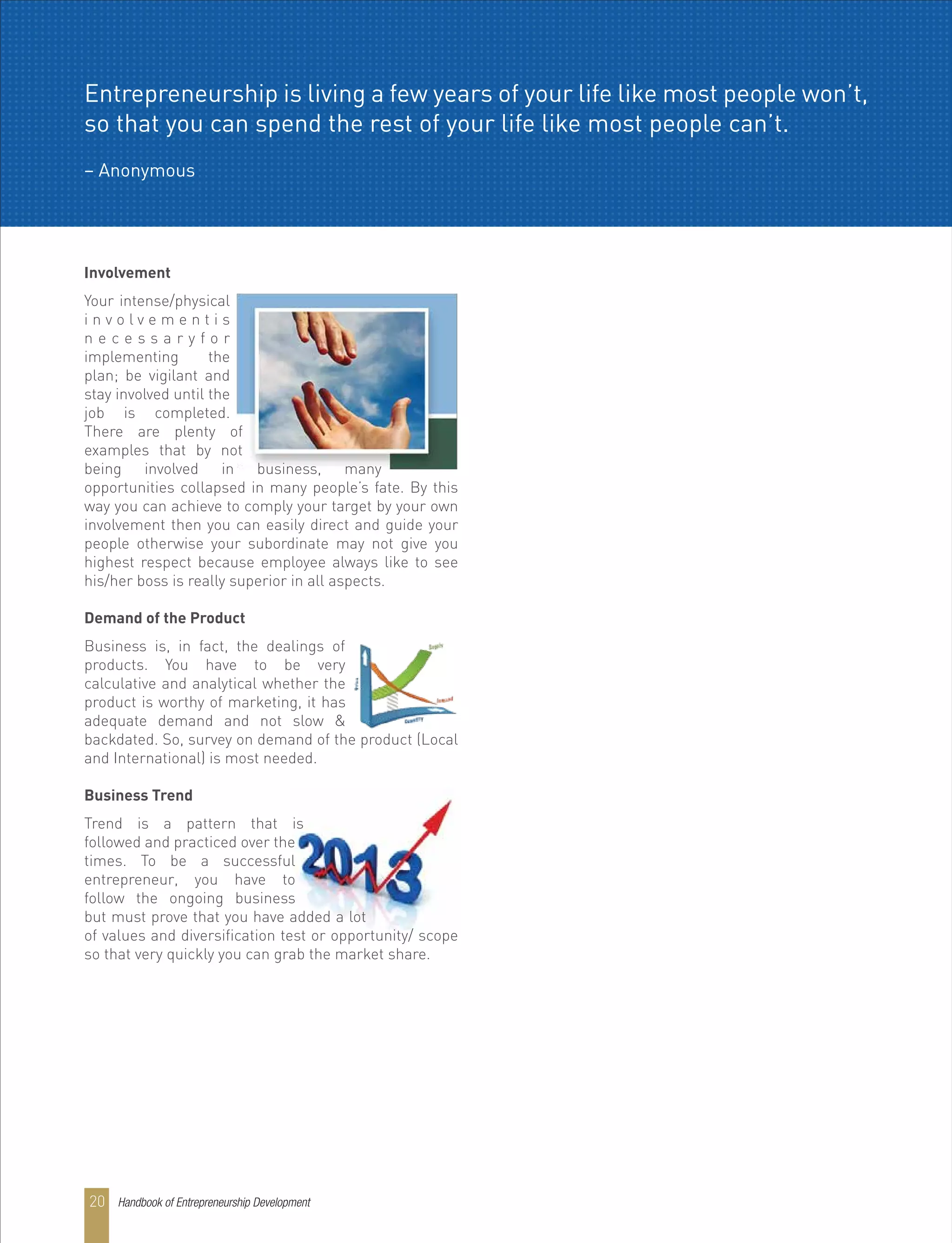
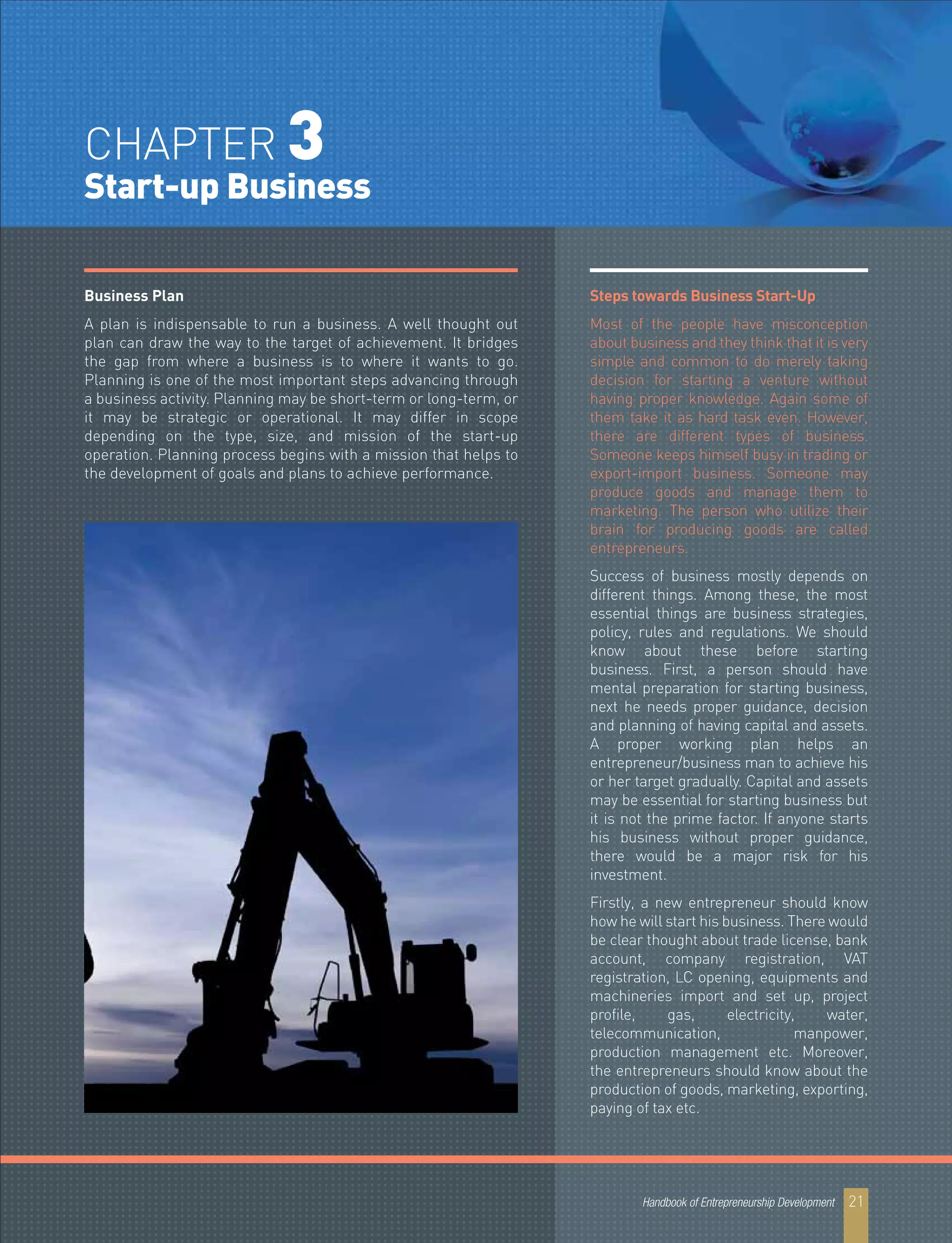
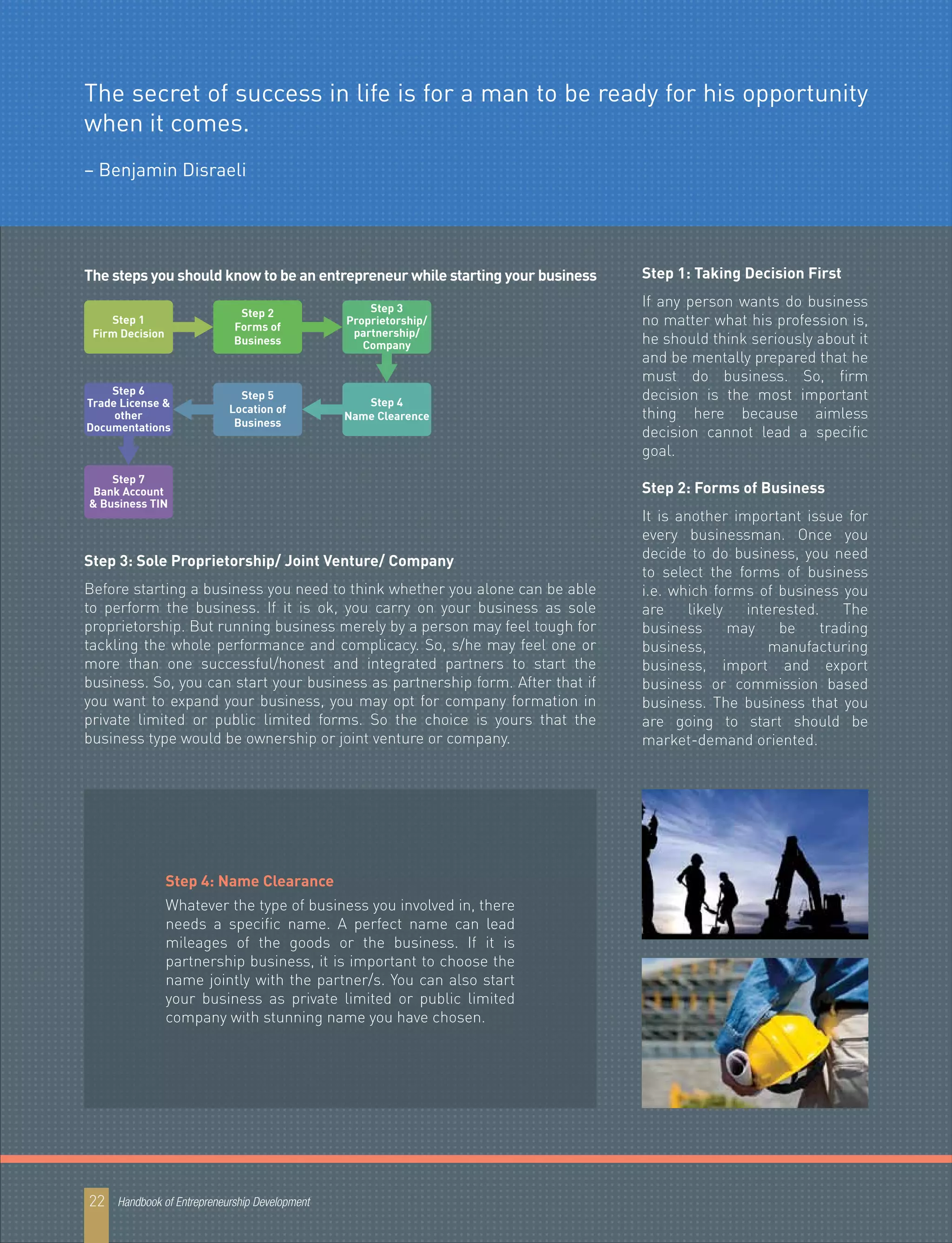
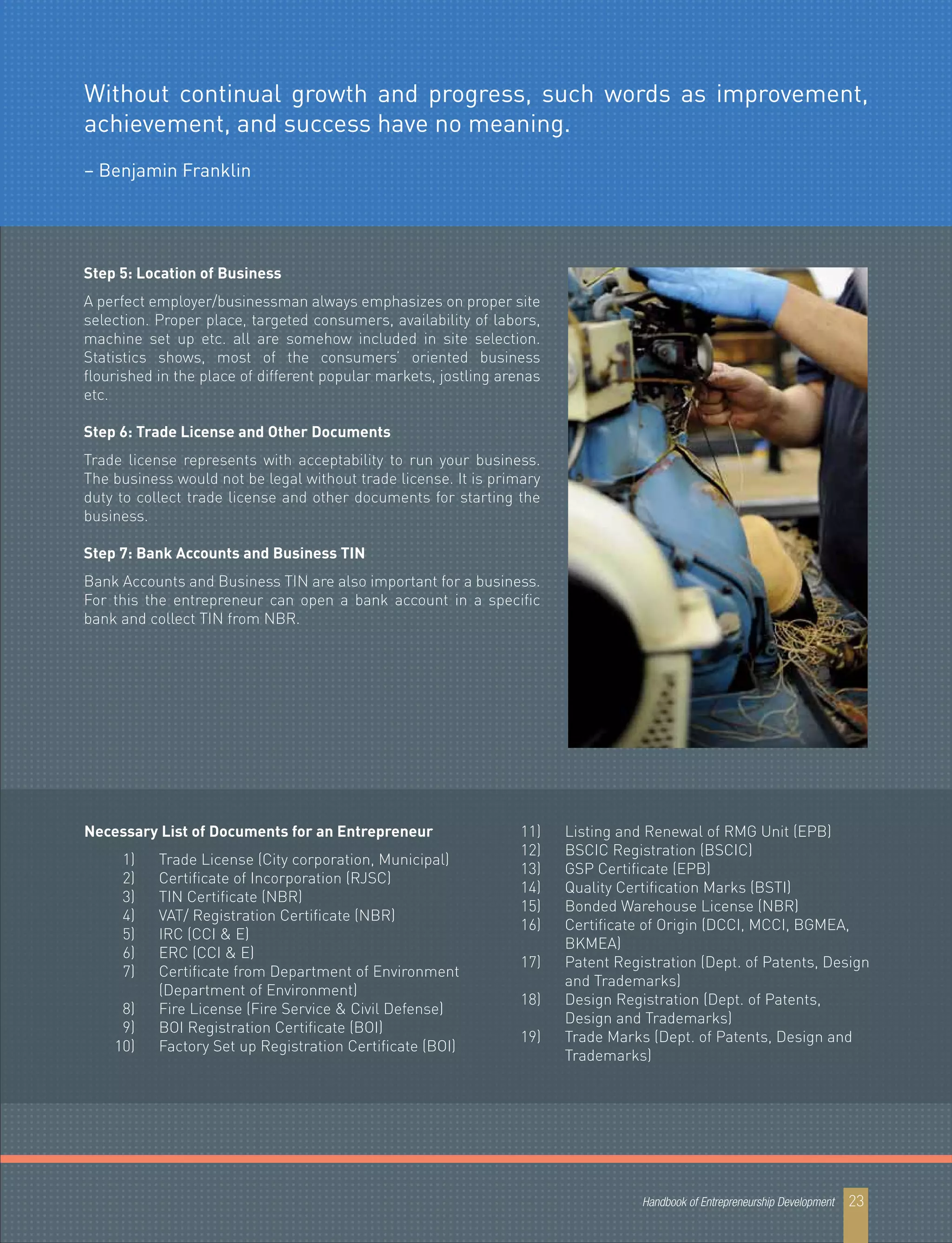
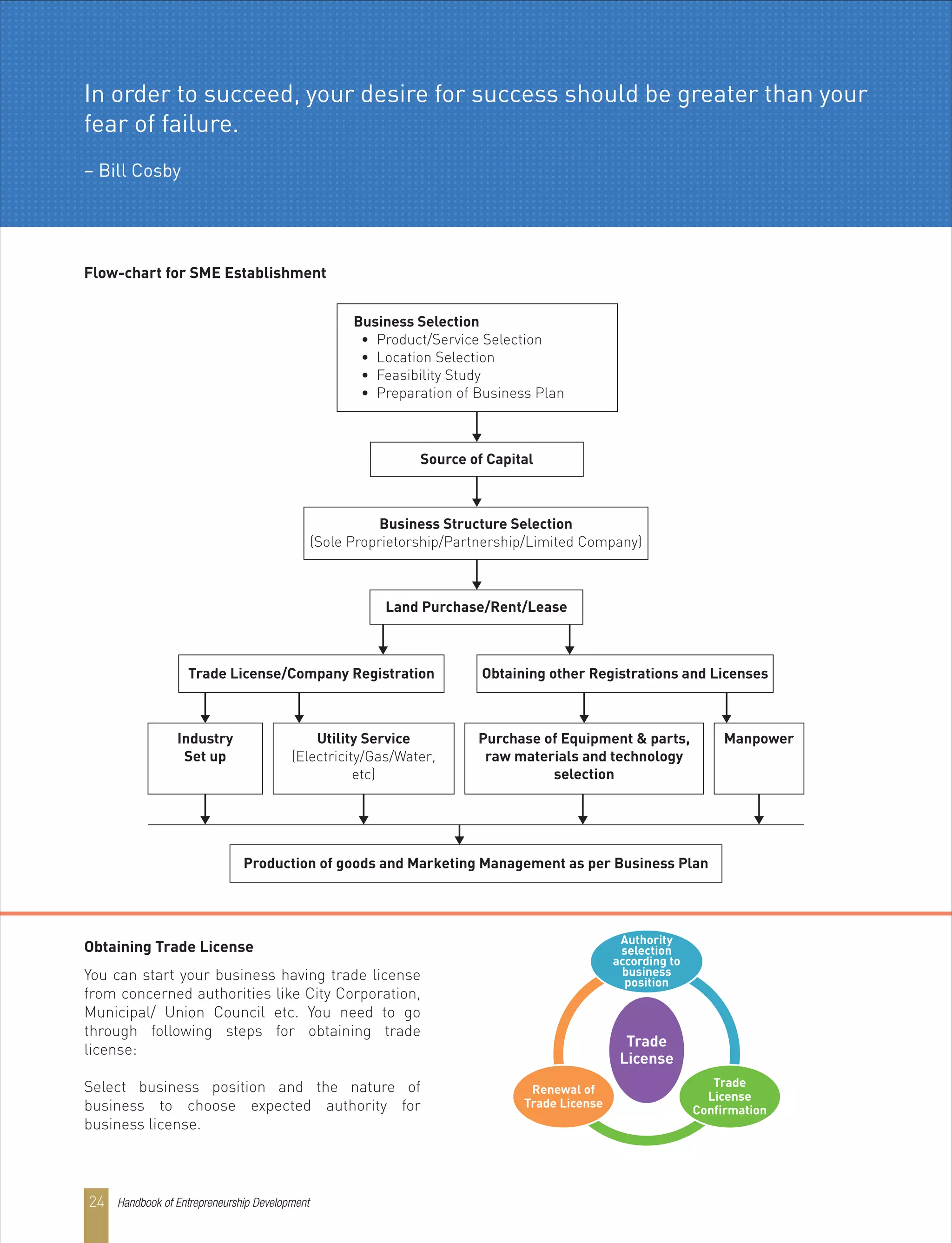
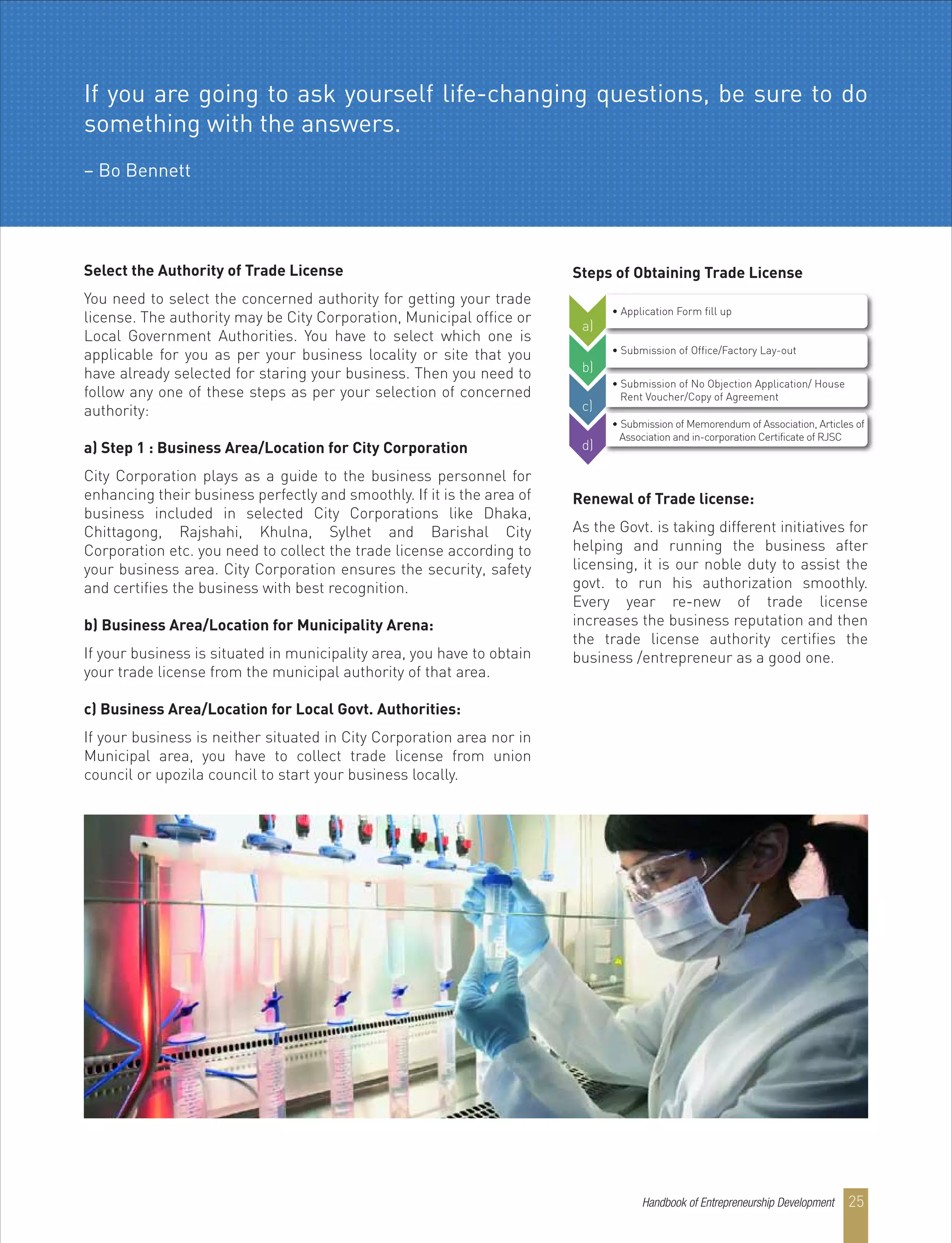
![Essential for Registration Process at RJSC for
Company
Name Clearance
1. Type of the Company
2. Name of the Company.
3. Chairman/Director Name, E:Mail, Mailing
Address, Contact Name
4. Name Clearance Fee 600 Taka. After Name
Clearance within 6 Months One have to Register)
Registration process
1. Name Clearance No and Submission No.
2. Memorandum of Association: (Soft copy + Hard
copy, Total 9 Clauses = 7 are essential, Last 2 will
be given by default by RJSC).
3. Articles of Association: (Soft copy + Hard copy,
Minimum 25 Clauses, Try to keep each Clause within
1000 digit)
4. Filled in Form IX: Consent of Director to act [Section
92]. (Should Provide Hard Copy with Chairman and
Director Signature + Soft Copy)
5. Particulars of Individual Subscriber: Particulars of
the Directors, Manager and Managing Agents and of
any change therein [Section 115] (Should Provide
Soft Copy for every Managing Directors, Directors,
Managers)
6. Subscribe Page: (Should Provide Hard Copy with
Chairman and Director Signature + Soft Copy) + Two
Witness Name, Position, Address, and Contact.
Registration of RJSC
Provide
Proposed
Name
Search:
Proposed
Name
Check: Status
& Print: Name
Clearance Letter
Deposit Fee:
In the
Particular Bank
Print:
Acknowledgment
& Bank Slip
Apply: Desired
Name
Name Clearance
Easy Process of Company Registration at DCCI Help Desk
Collect:
Certificate of
Incorporation &
Certified Copies
Check:
Status with
Submission
Number
Deposit Fee:
In the Particular
Bank
Print:
Acknowledgment
& Bank Slip
Visit:
www.roc.gov.bd
& Click: Apply
Fill up:
Required Fields
Upload:
Memorandum & Articles
of Association, Form IX
& Subscriber Pages
Click:
Submit and View
submissions
Associate yourself with people of good quality, for it is better to be alone
than in bad company.
– Booker T. Washington
Handbook of Entrepreneurship Development26](https://image.slidesharecdn.com/handbookofentrepreneurshipdevelopment-161028042425/75/Handbook-of-Entrepreneurship-Development-by-DCCI-28-2048.jpg)
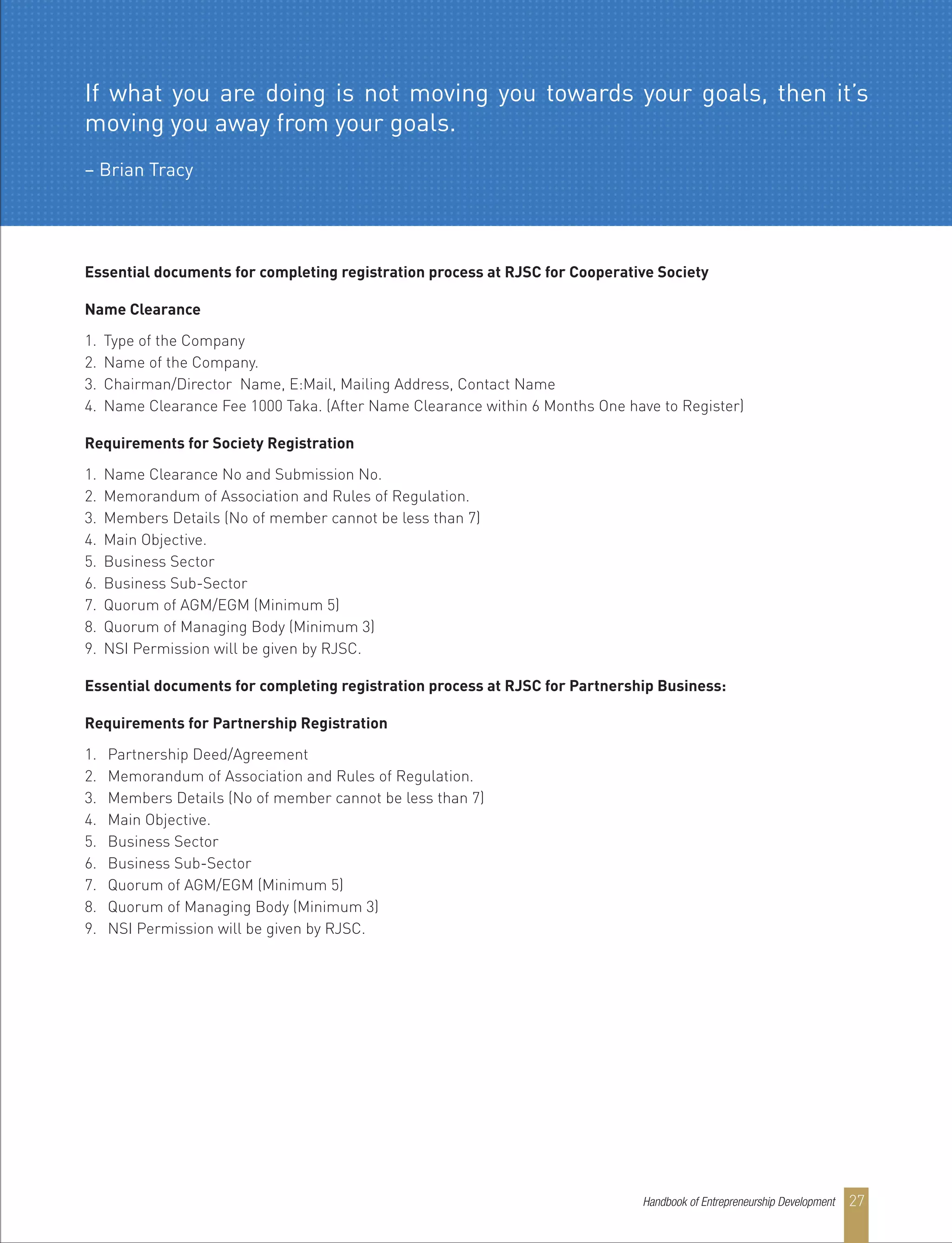
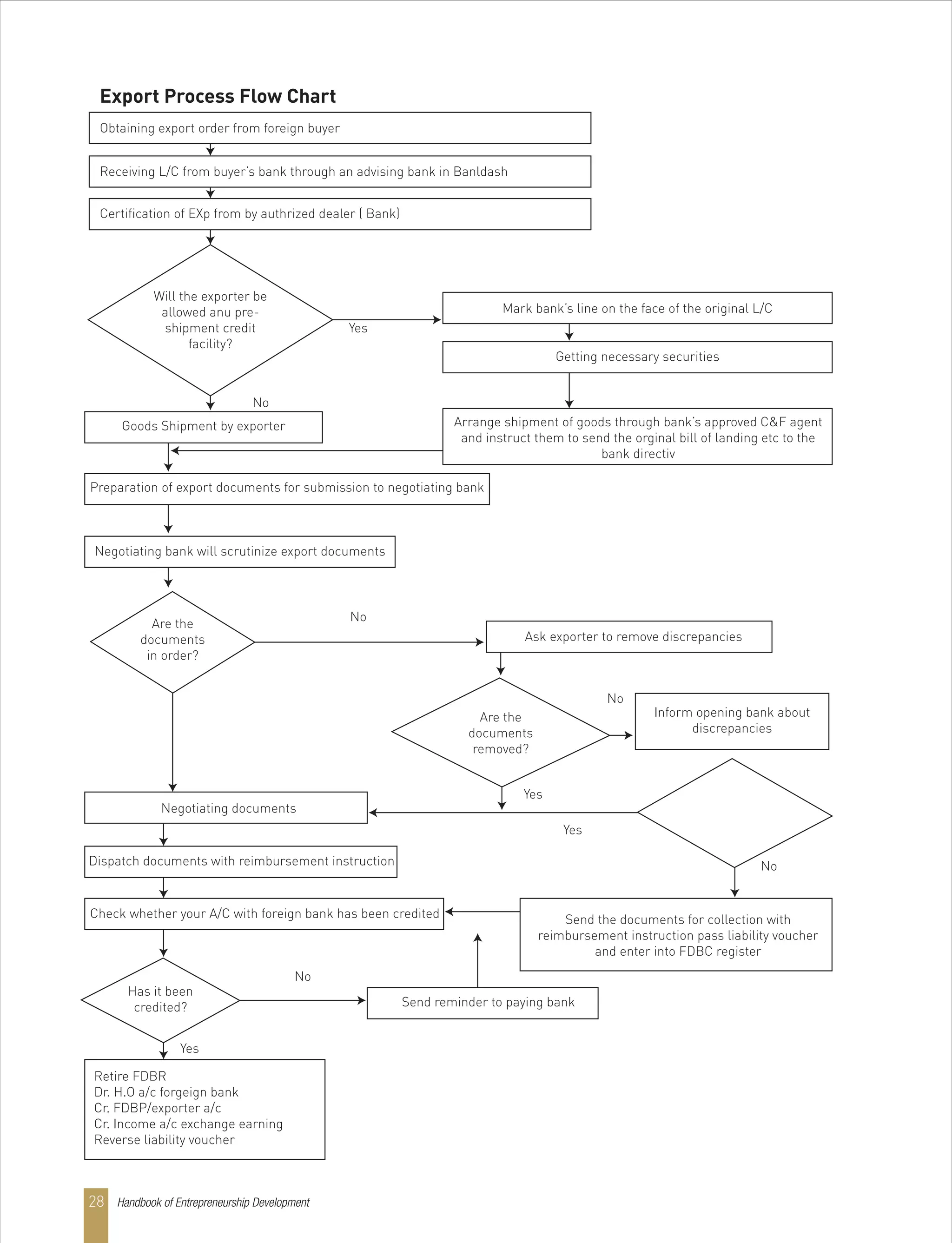
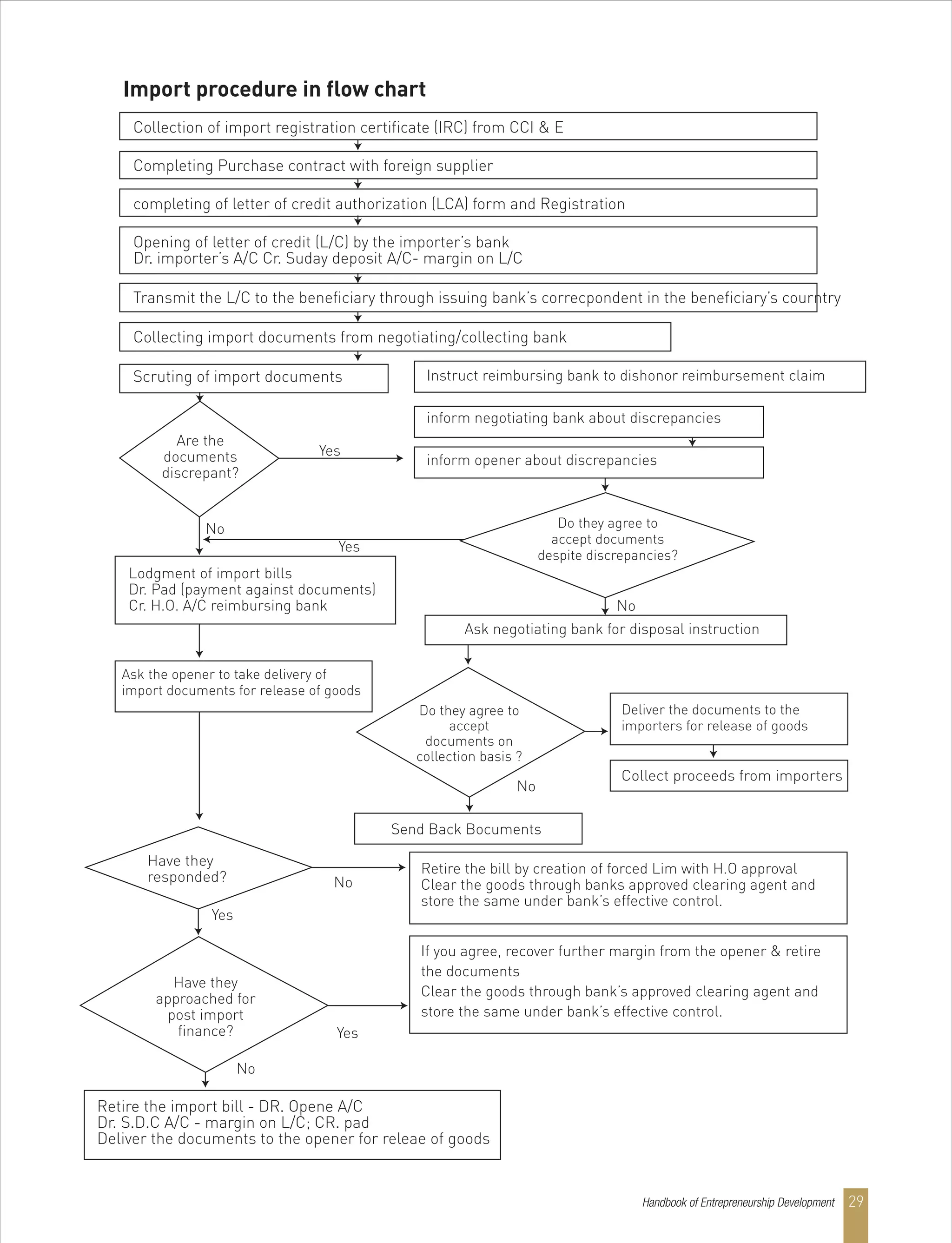
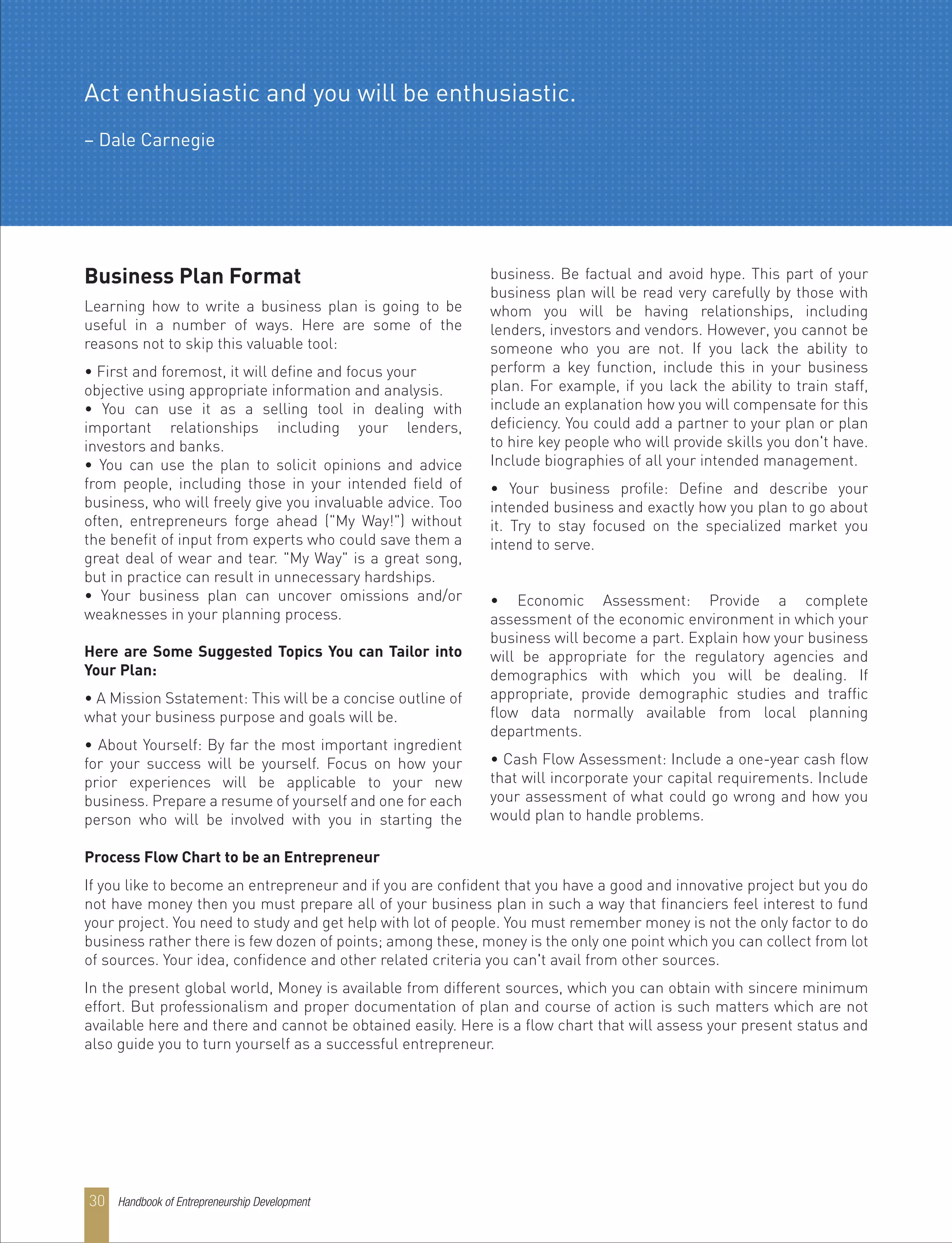
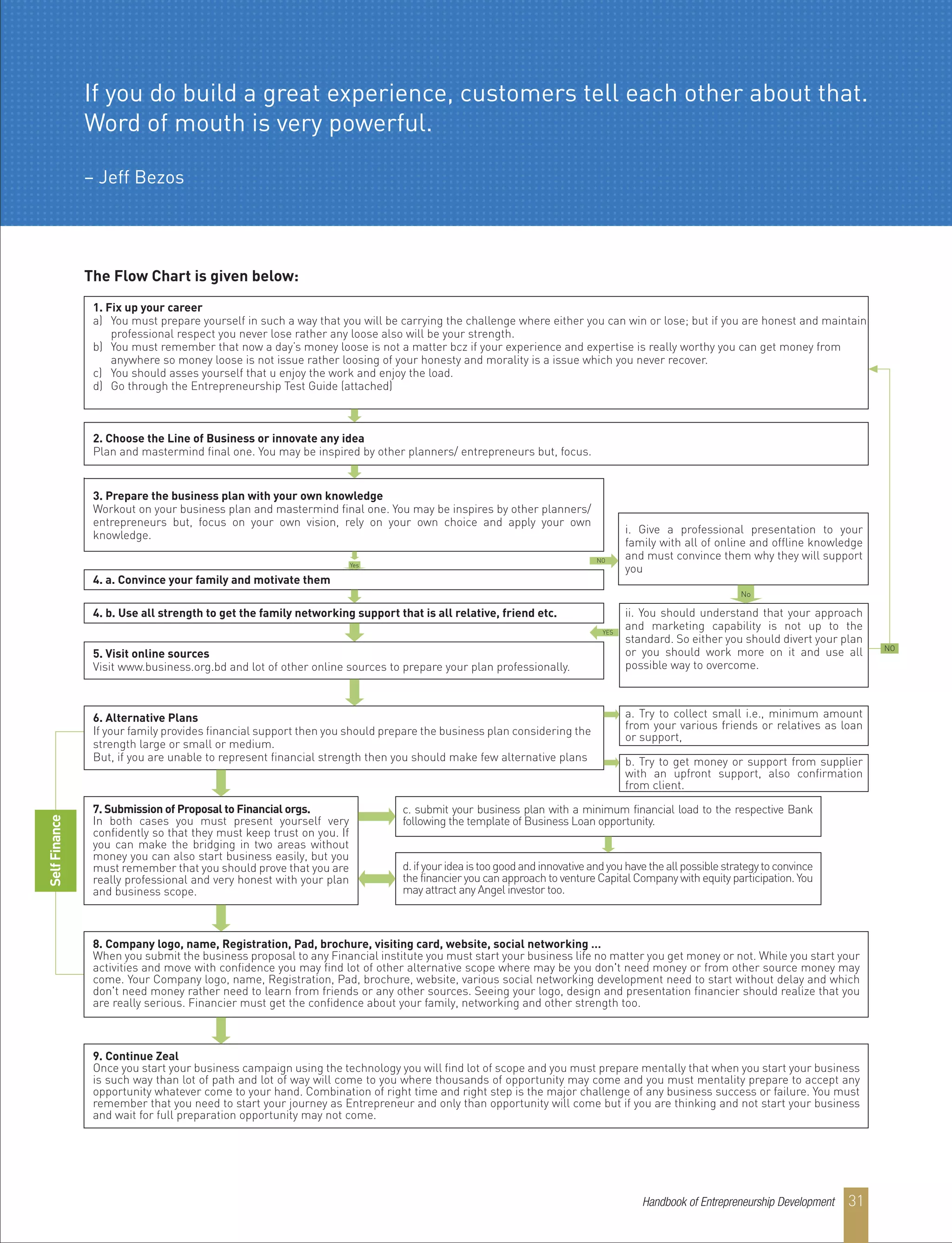
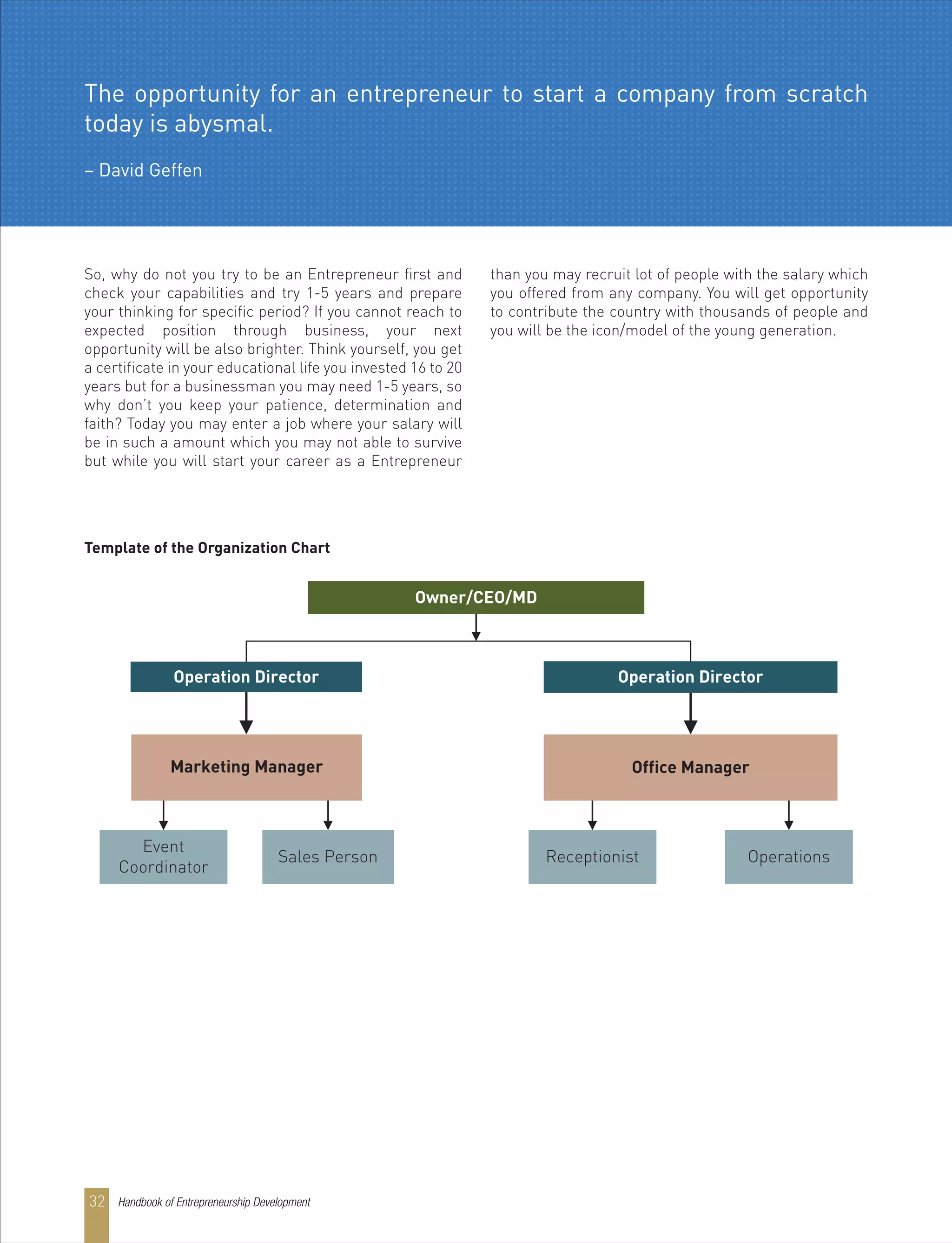
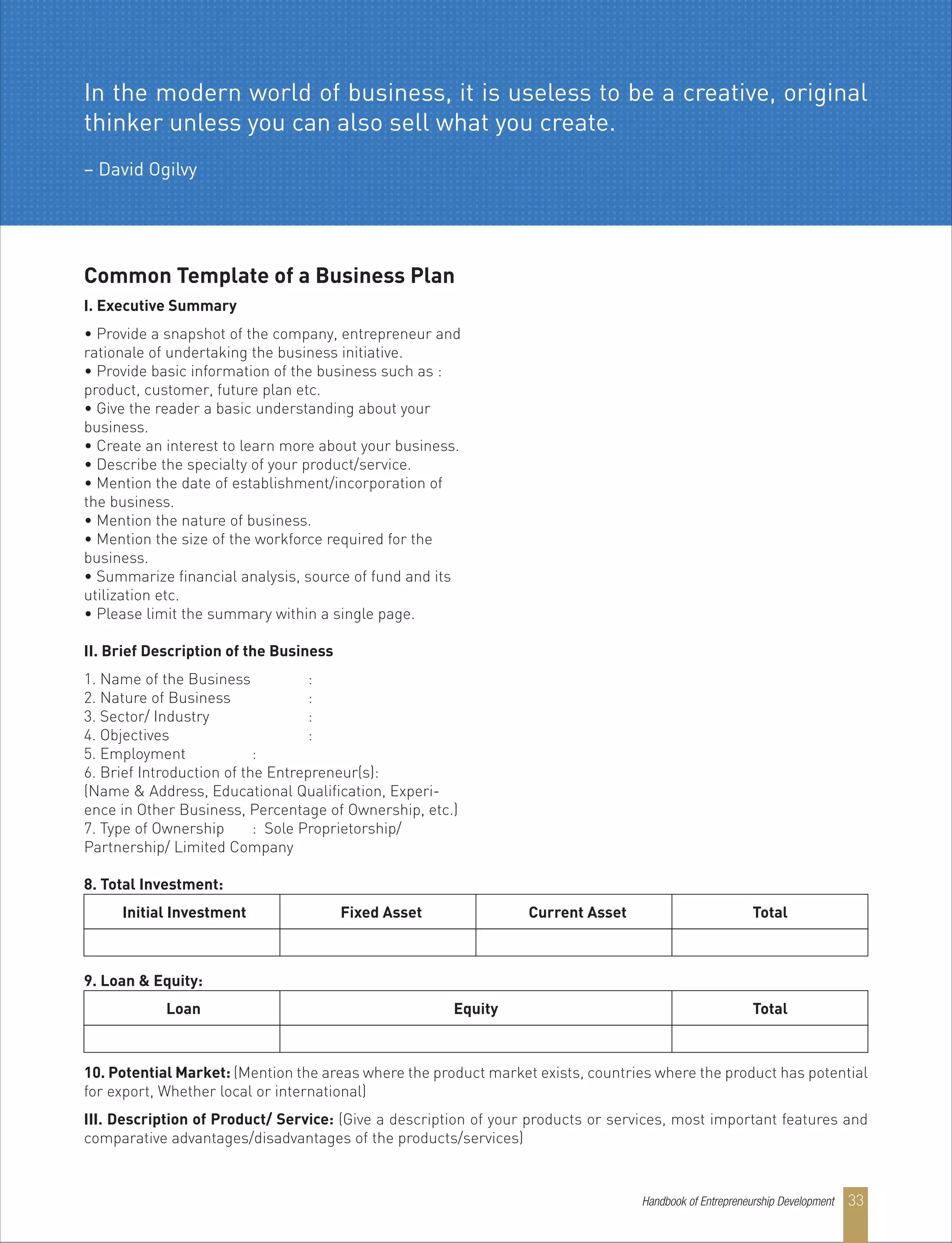
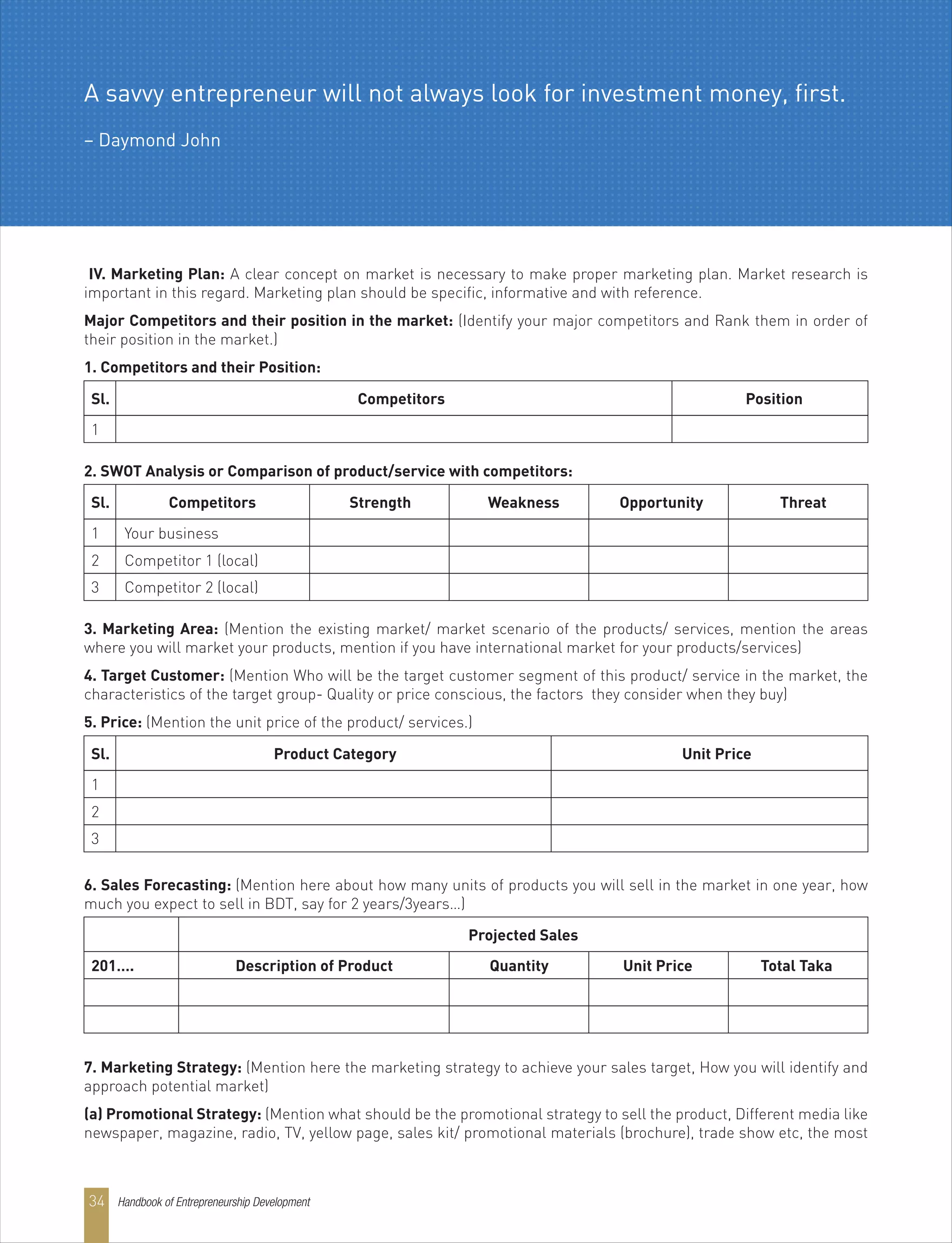
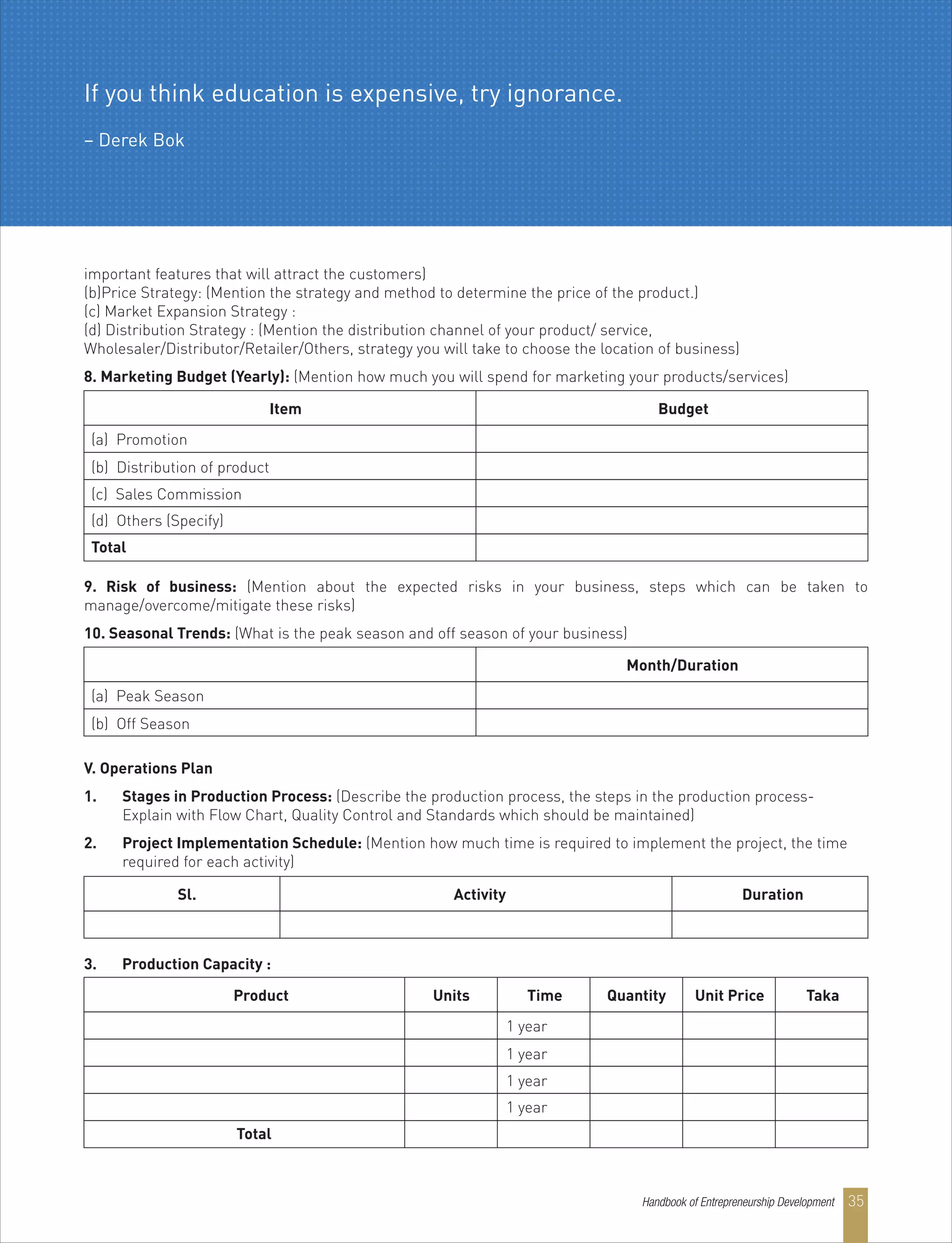
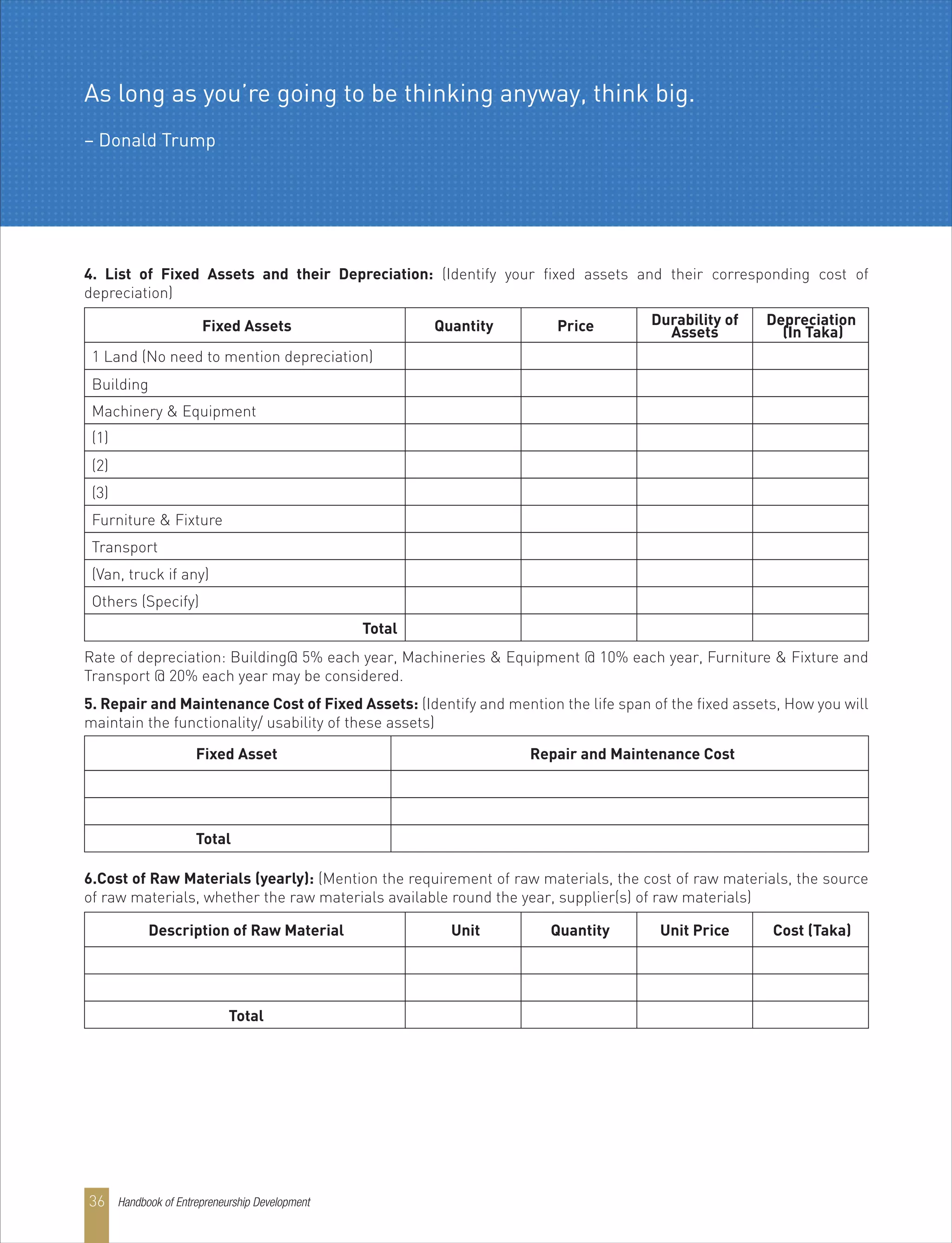
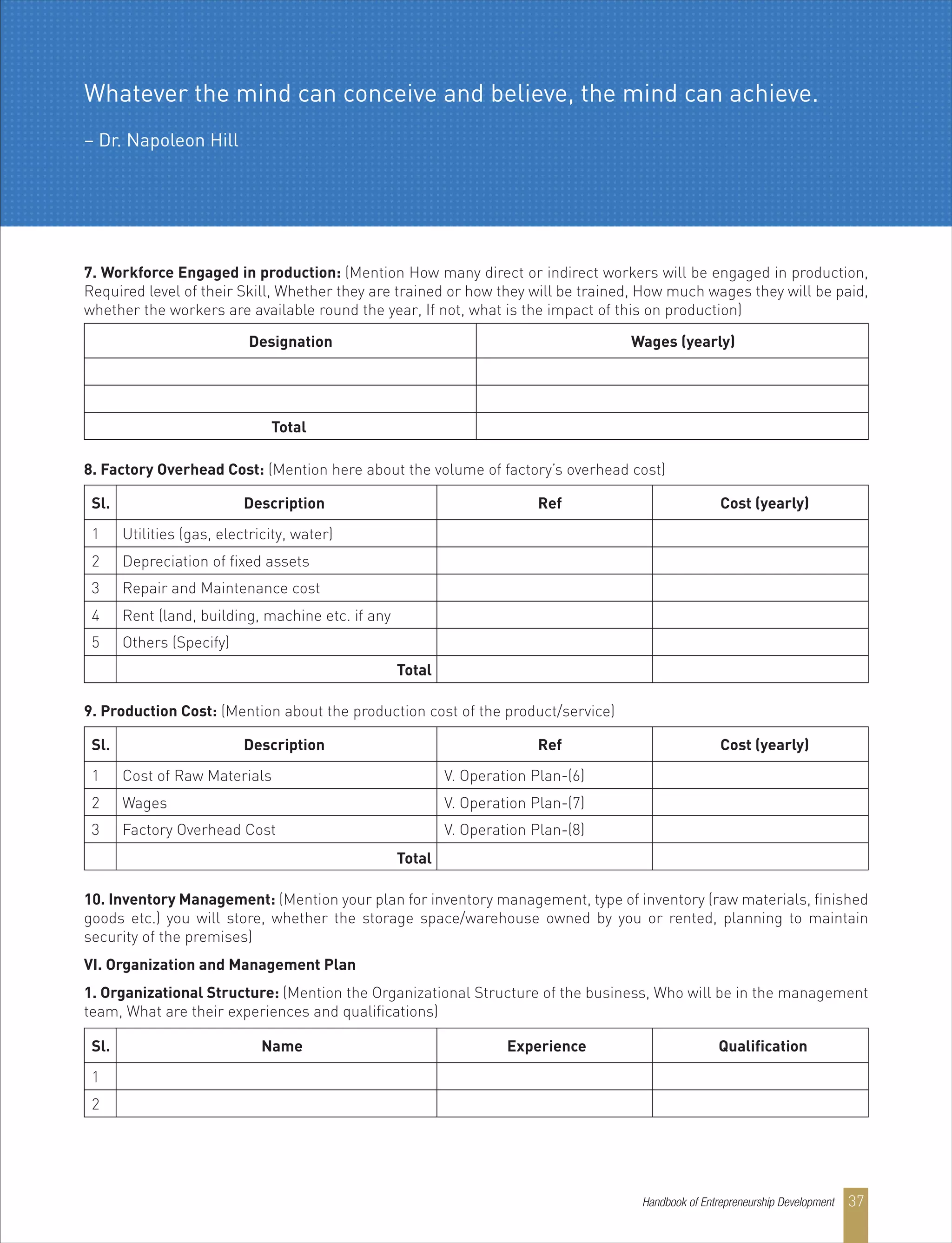
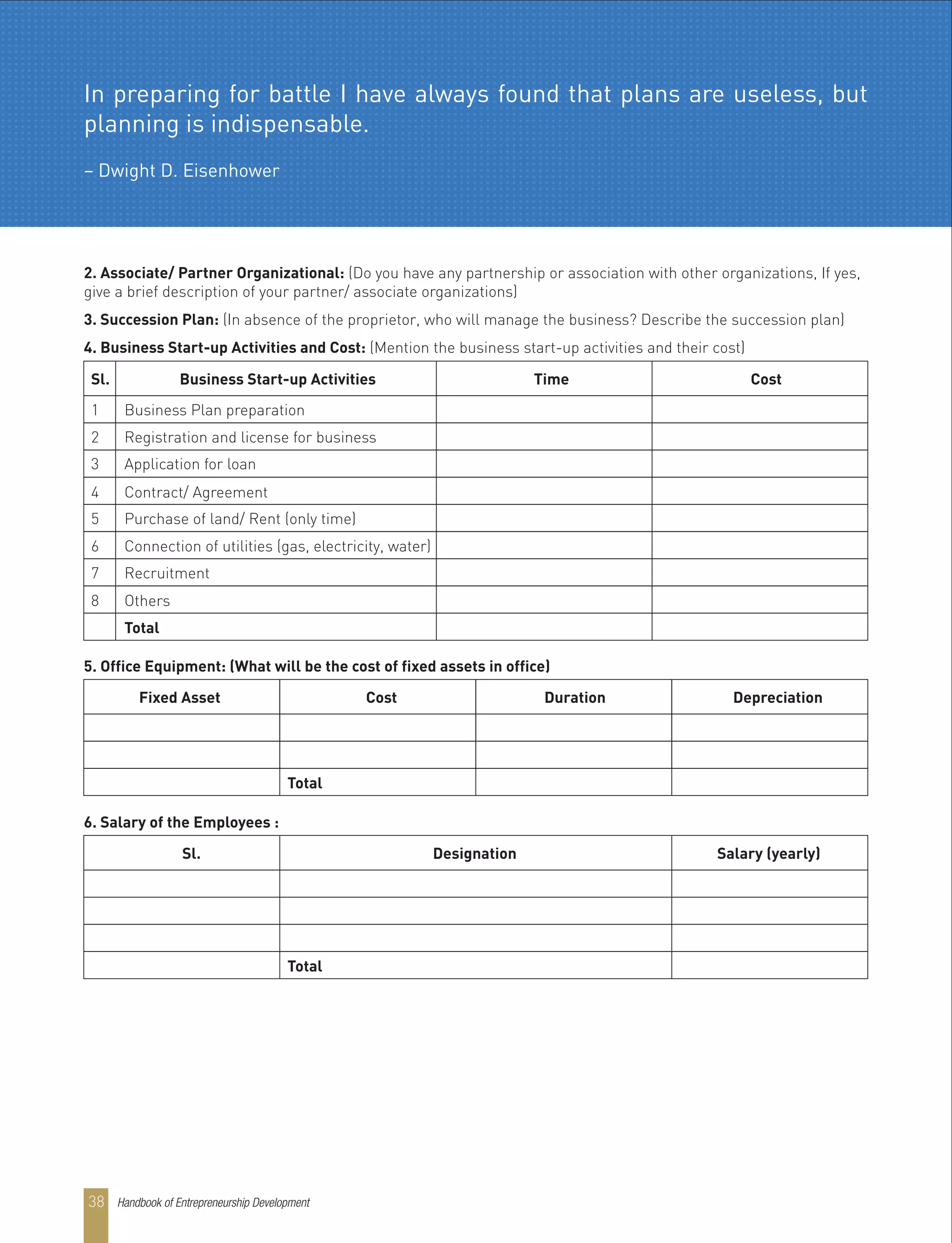
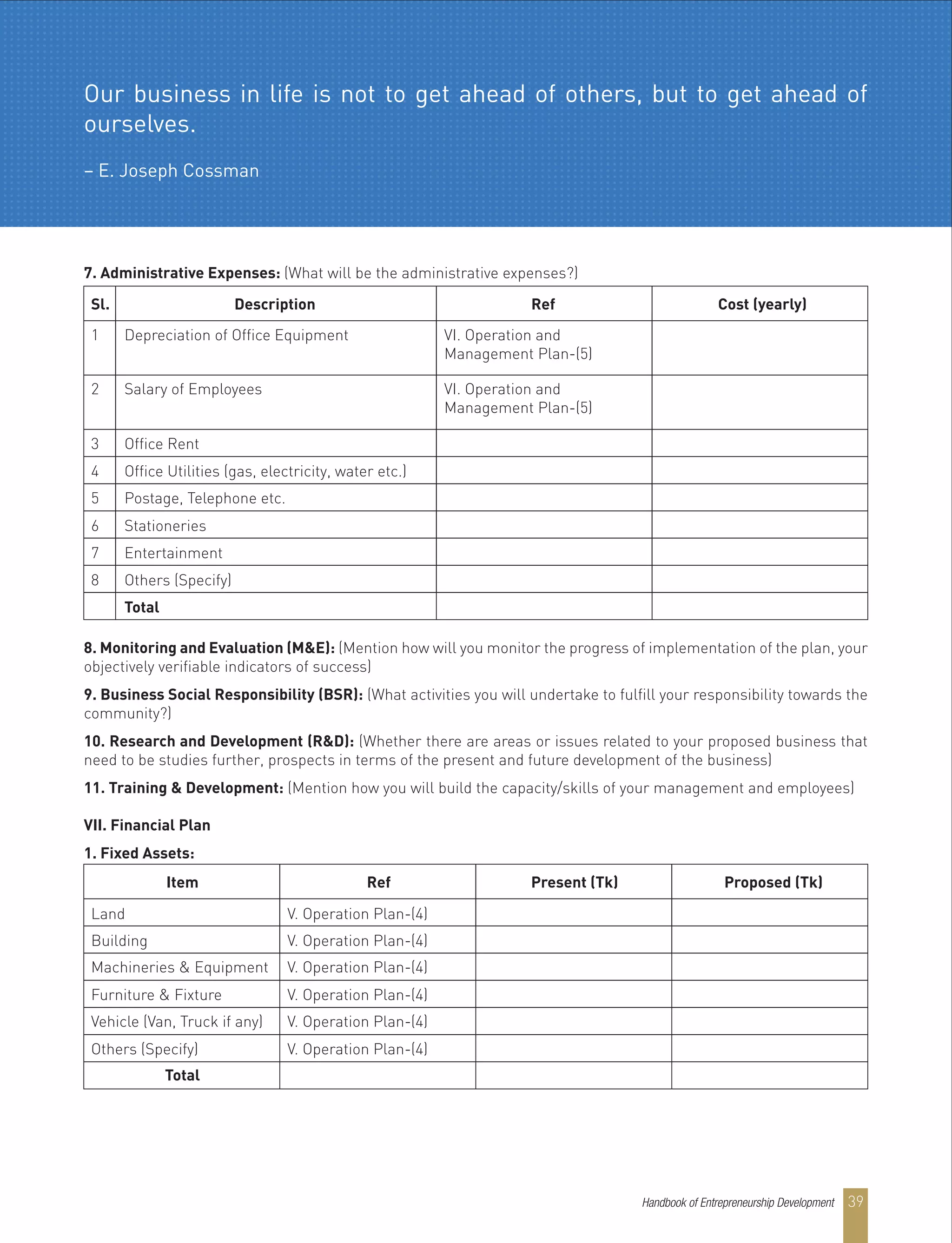
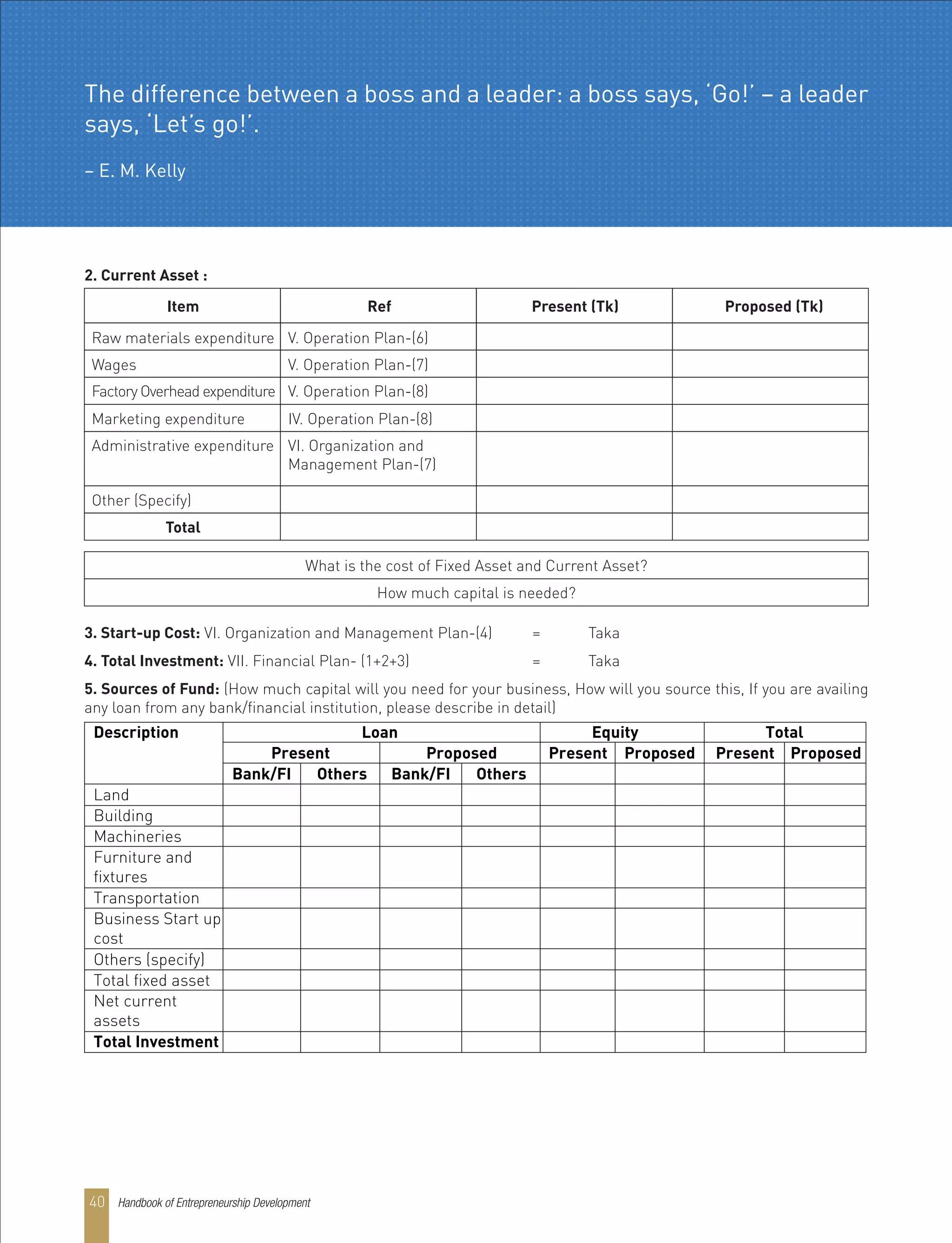
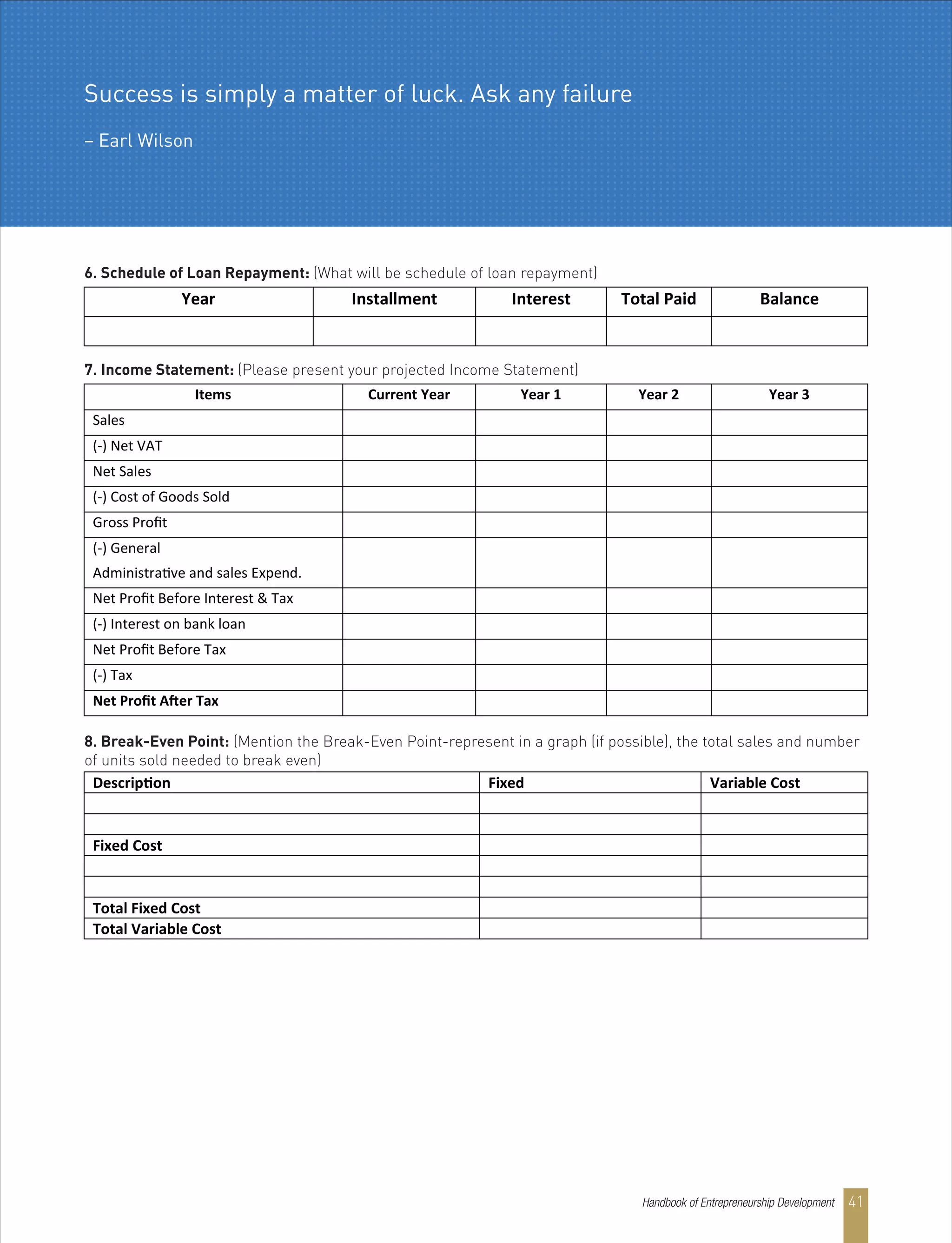
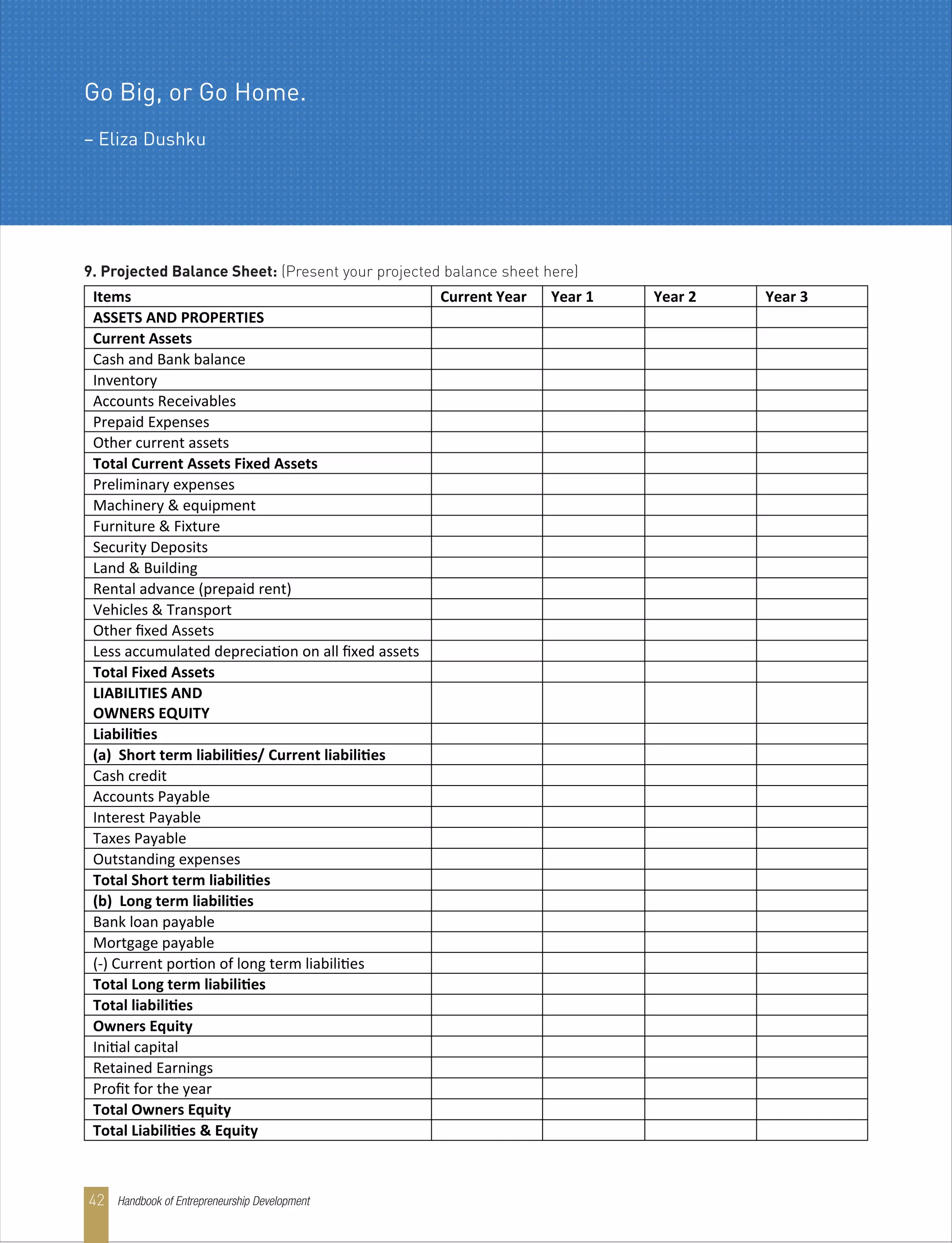
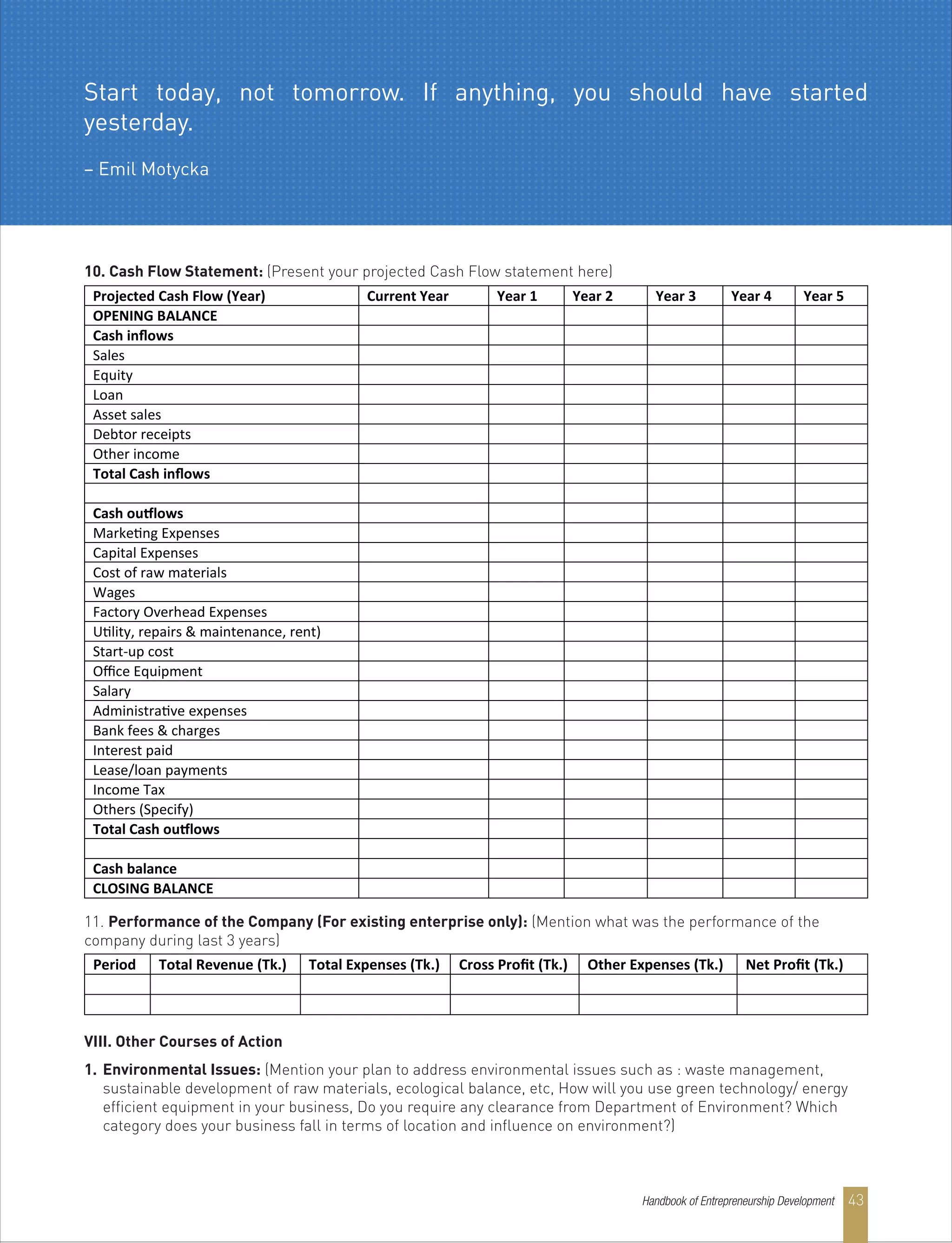
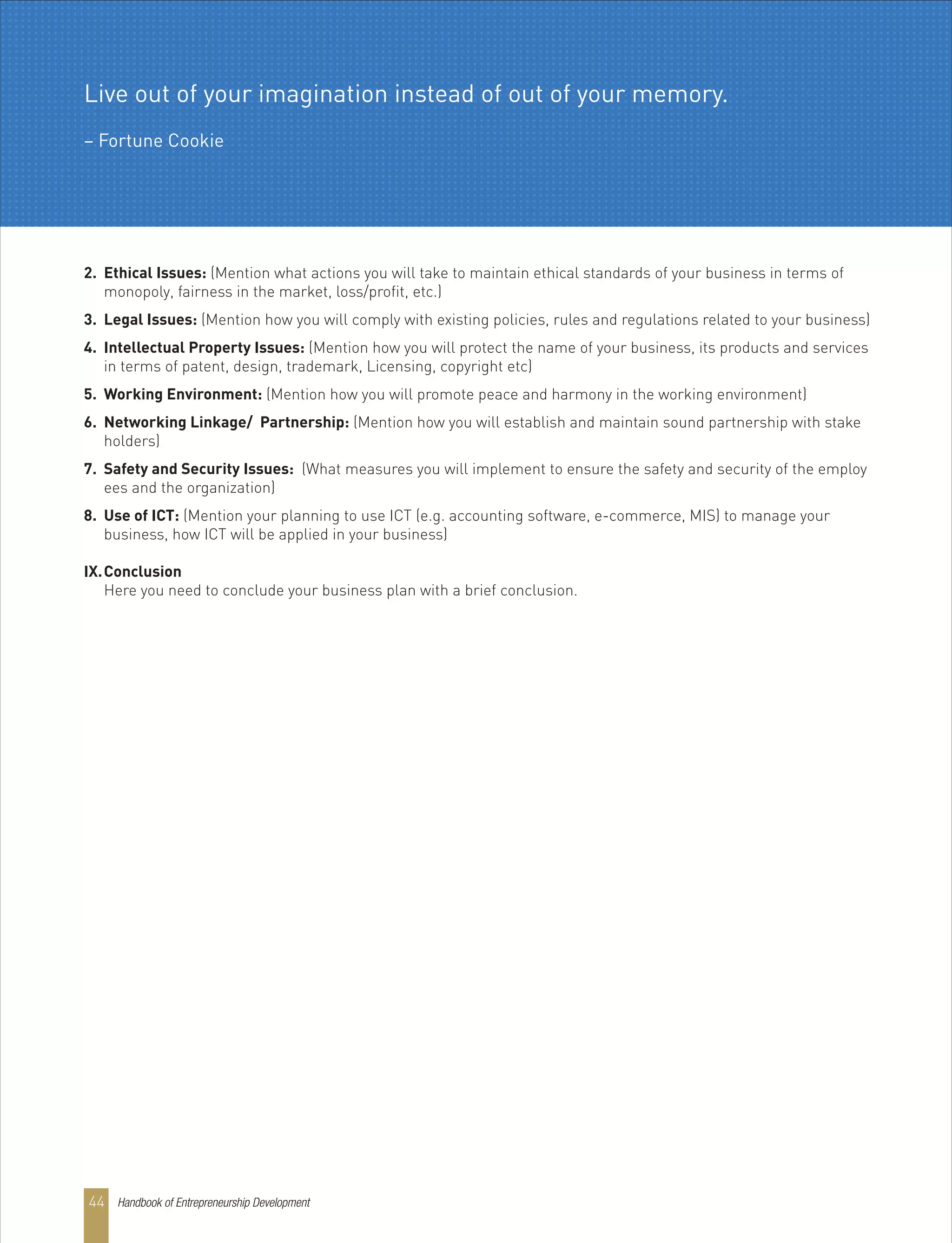
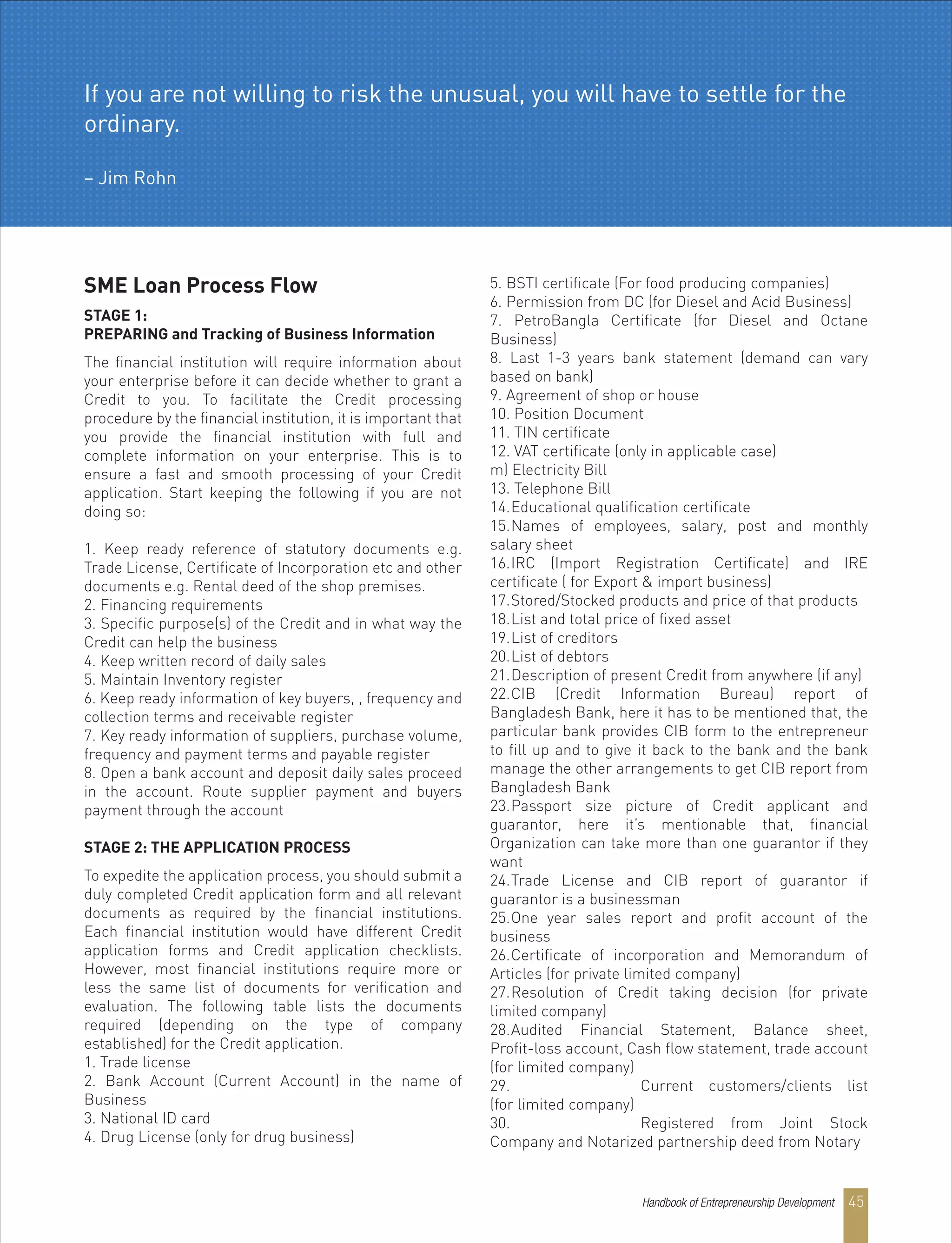
![club (for partnership business)
31. Resolution of partners for Credit taking
Financial institutions need the documents to
verify/understand/ evaluate the following in general:
1. The existence of the company/business,its
directors/business owners and the power to borrow and
legality of borrowing
2. The business operations risks and management
depth, experience and expertise of the owners and key
management team
3. The business operations risks and management
depth, experience and expertise of the owners and key
management team
4. The financial strength and repayment capability
(including the cash flow) of the borrower
5. The business net worth and gearing of borrower
6. The operating risks of the business
7. The strategies/contingency plans of the borrower to
mitigate such risks and maximise profitability
8. The proposed facilities are in line with the borrowing
needs
9. The amount applied for reflects the requirements of
the business based on existing or projected turnover
10. The overall risk associated with the proposed
borrowing
You should make full disclosure of all financial
information about yourself and ensure that it is accurate
at the time of your application. Declaration of the
correct information will also ensure that your Credit
application will be processed in a timely manner. Most
Financial Institutions have an application checklist that
lists out the documents required. You should ask the
financial institution for their checklist.
Visit and Interview by Financial Institutions
To understand the business and for the purpose of
clarification, financial institutions may carry out
interviews as well as conduct a site visit to your business
premises. This is to enable the financial institution to
verify and assess your financial position better. The
questions posed during the interview session and site
visit relates to the nature of business, management
structure, market positioning i.e. market share,
competitors, market outlook, future plans.
STAGE 3: ASSESSMENT OF THE CREDIT APPLICATION
After you have submitted all the required documents,
the financial institution will assess your Credit
application. You can refer to the client charter displayed
at the financial institution brochure , website to find out
the duration needed by the financial institution to
process your application. In assessing your Credit
application, the financial institution
would look for certain basic requirements which are
summarised as follows:
1. The viability of your business
2. Whether the risks are acceptable based on the
lending guidelines of the financial institution
3. Whether your Credit is for business development
4. Your credit history with the financial institution
5. Your key management and business style i.e.
conservative, aggressive, prudent etc.
6. Your succession plan, age and health
7. Sources of capital e.g. from the shareholders of the
business
8. Sufficiency of your financial commitment in the
business (in the form of shareholders' funds, directors'
advances and third party collateral provided by the
owners themselves) [You should ensure that you put in
adequate capital to support your business and not rely
solely on bank Credits. This is to ensure that your
business has the capacity to absorb any adverse shock
to its performance.]
9. Your capacity or ability of the business to repay the
Credit considering Primarily from the generation of
sufficient cashflow i.e. cash received less cash
disbursed for expenses incurred is adequate to service
the Credit. (Profits cannot be relied upon to service nor
repay Credits as it is a derived figure at the end of a
period) and Other sources of repayment. The
repayment programme will be structured in a manner
that will not impose undue strain on the business.
10. Security offered by you to compensate/mitigate
weaknesses.
Financial institutions do conduct credit checks and
study the conduct of the business current accounts,
repayment records of their Credits and trade facilities.
Some financial institutions have already put in place
their Credit evaluation matrix in the form of scores as
part of their credit evaluation processes.
Success is how high you bounce after you hit bottom.
– General George Patton
Handbook of Entrepreneurship Development46](https://image.slidesharecdn.com/handbookofentrepreneurshipdevelopment-161028042425/75/Handbook-of-Entrepreneurship-Development-by-DCCI-48-2048.jpg)
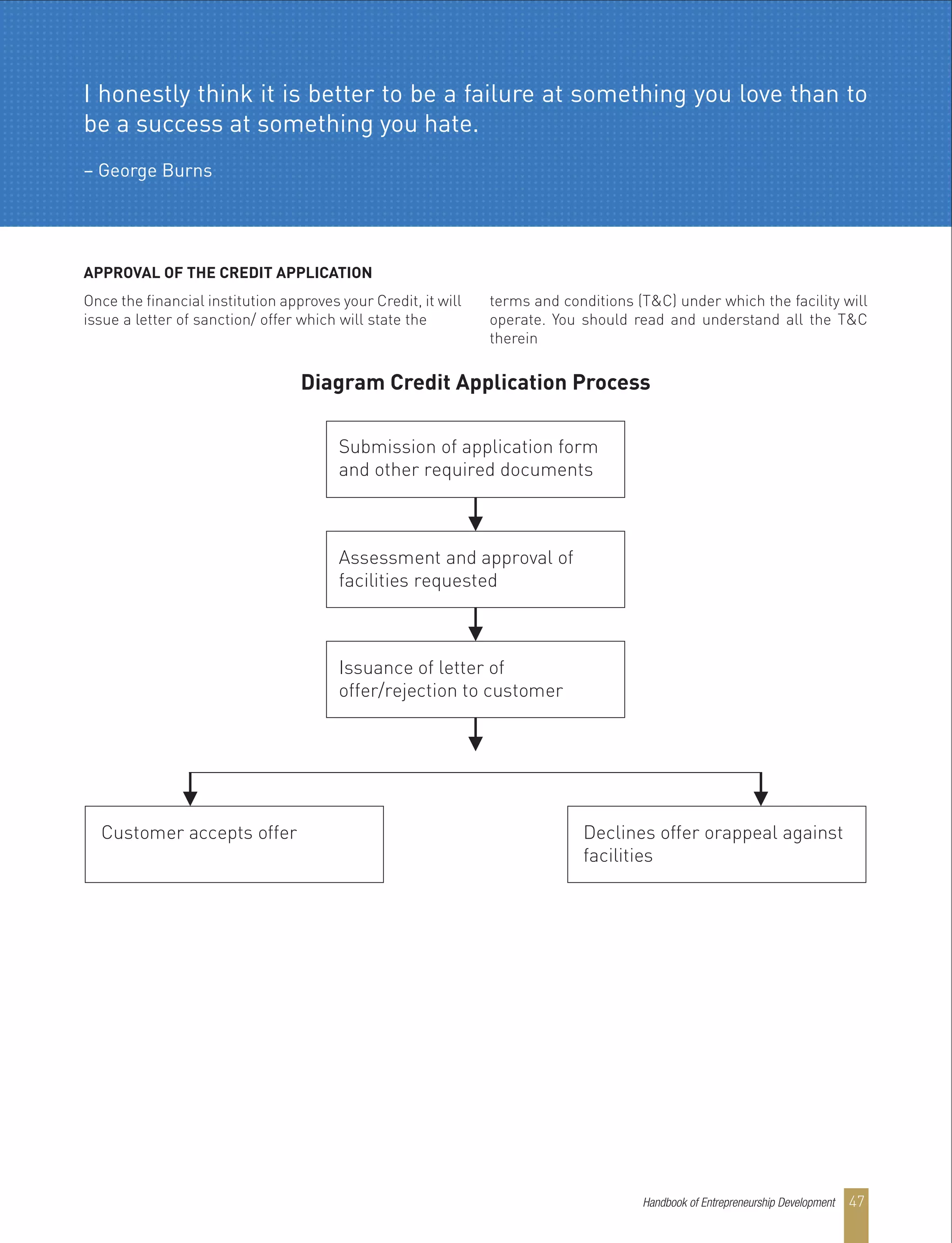
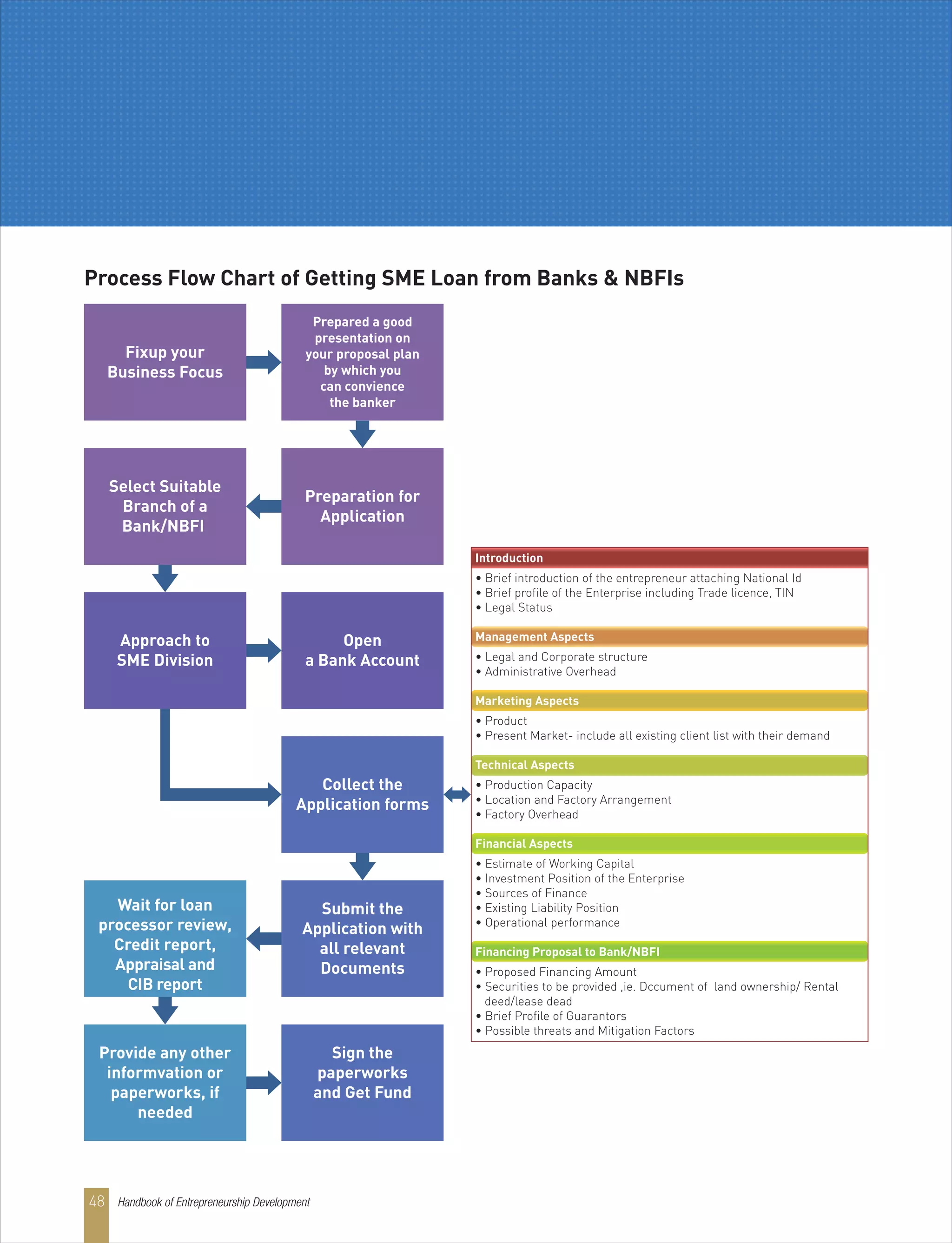
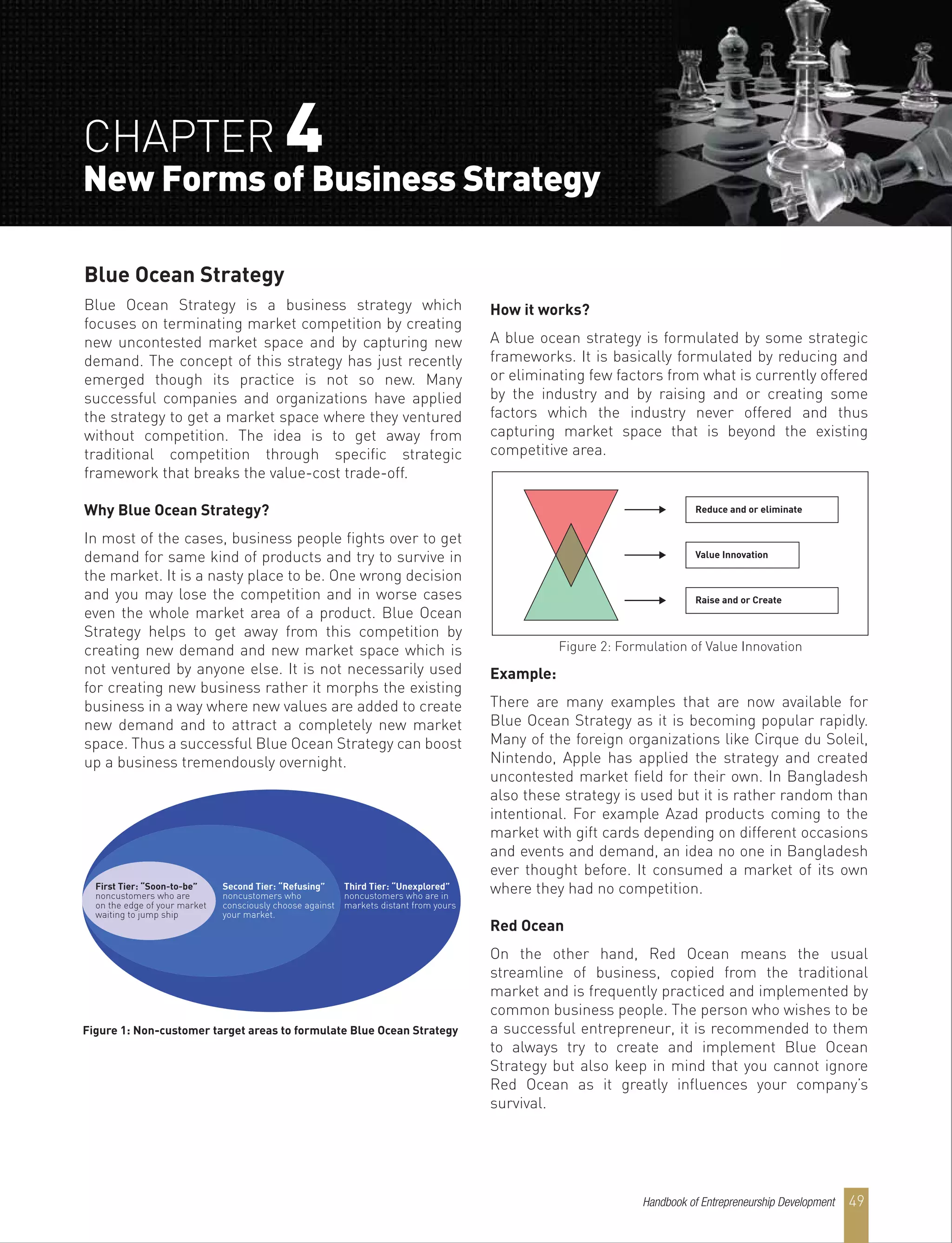
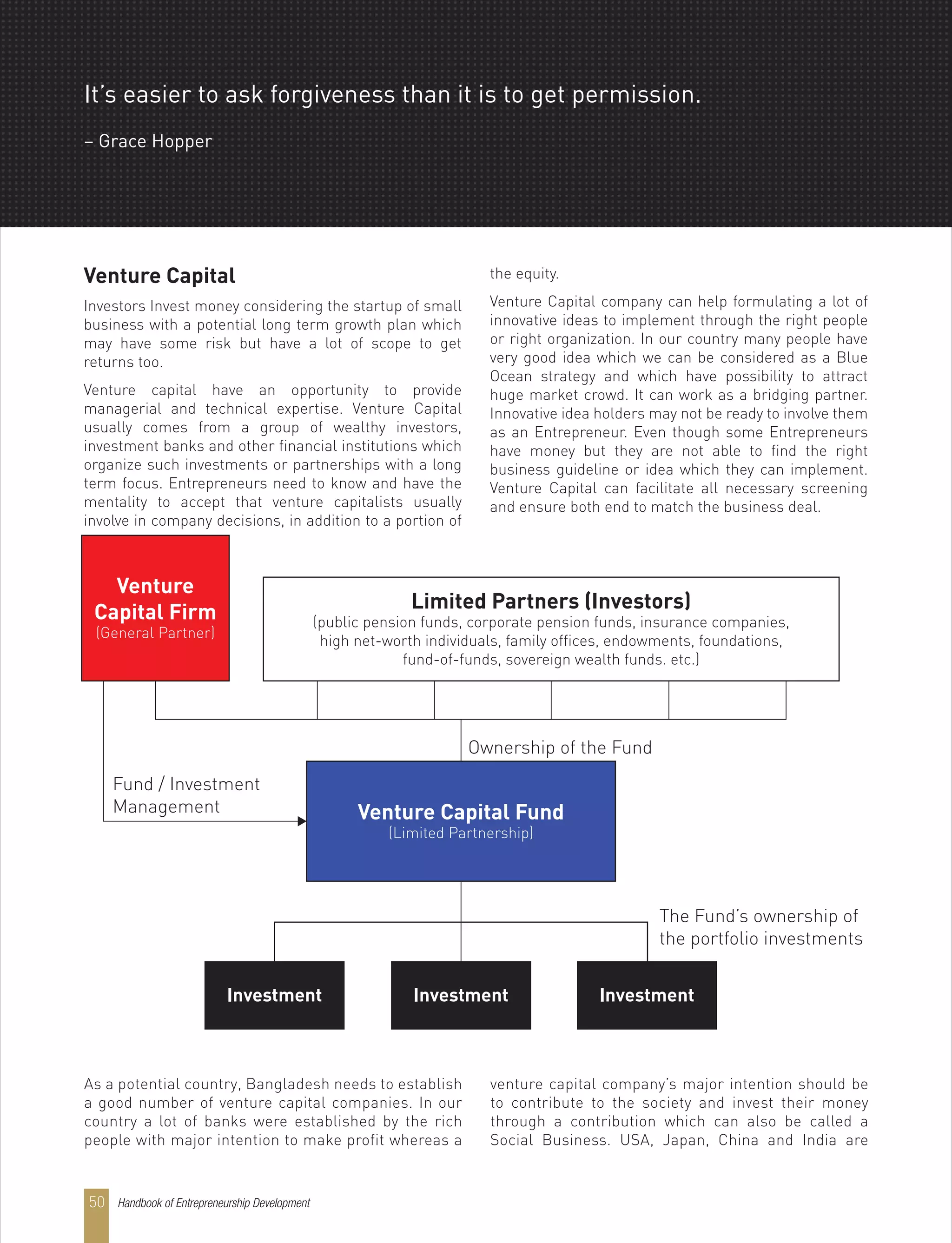
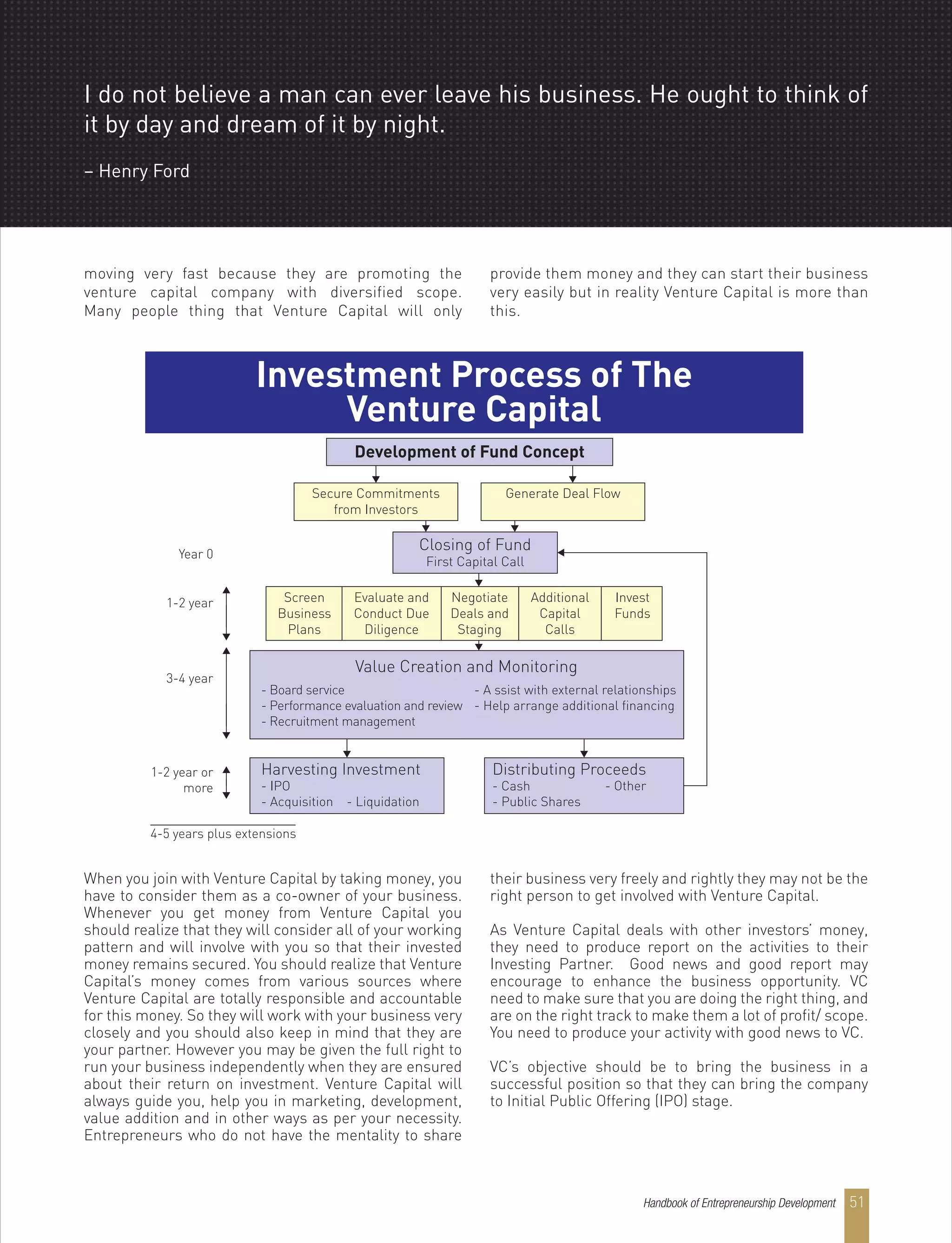
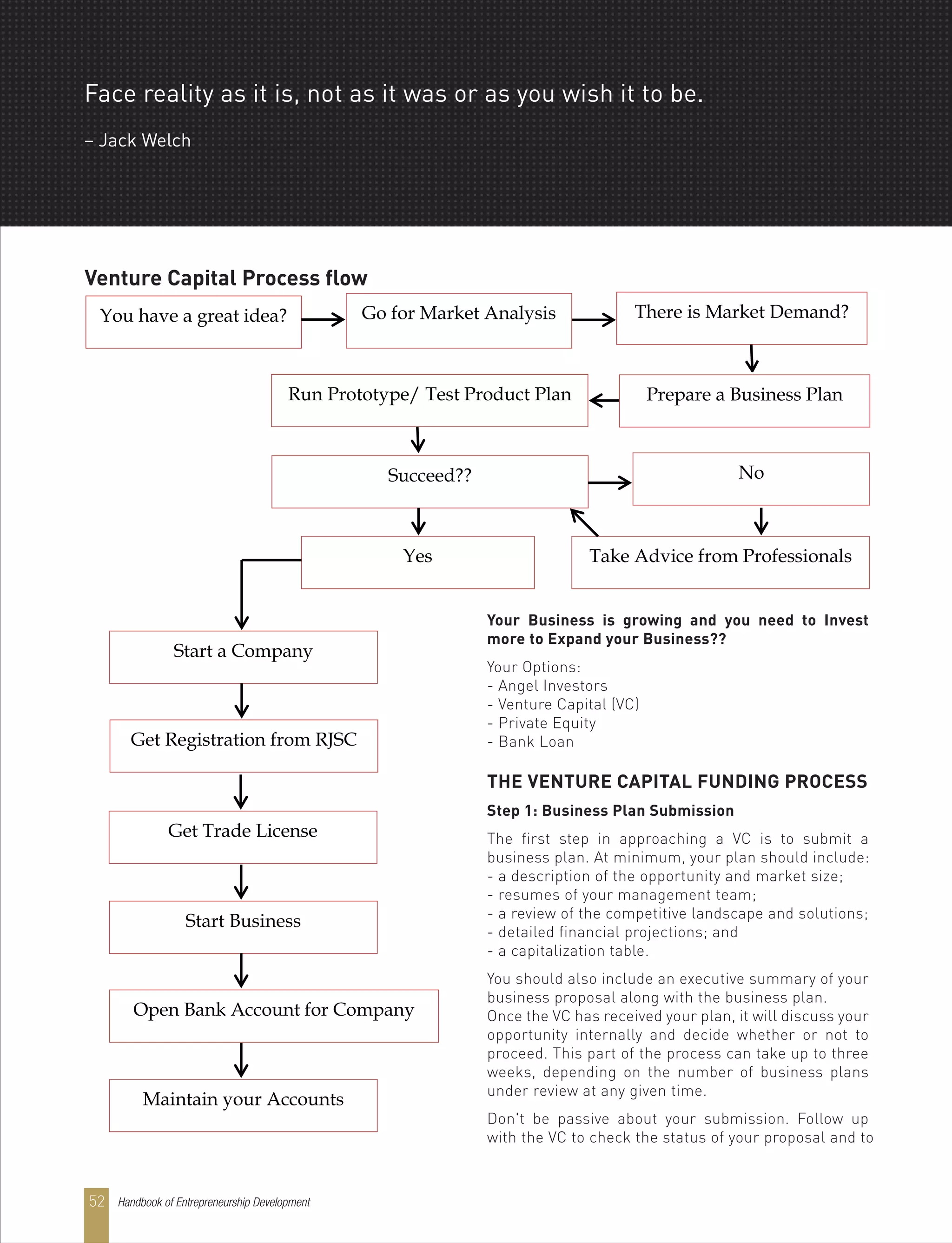
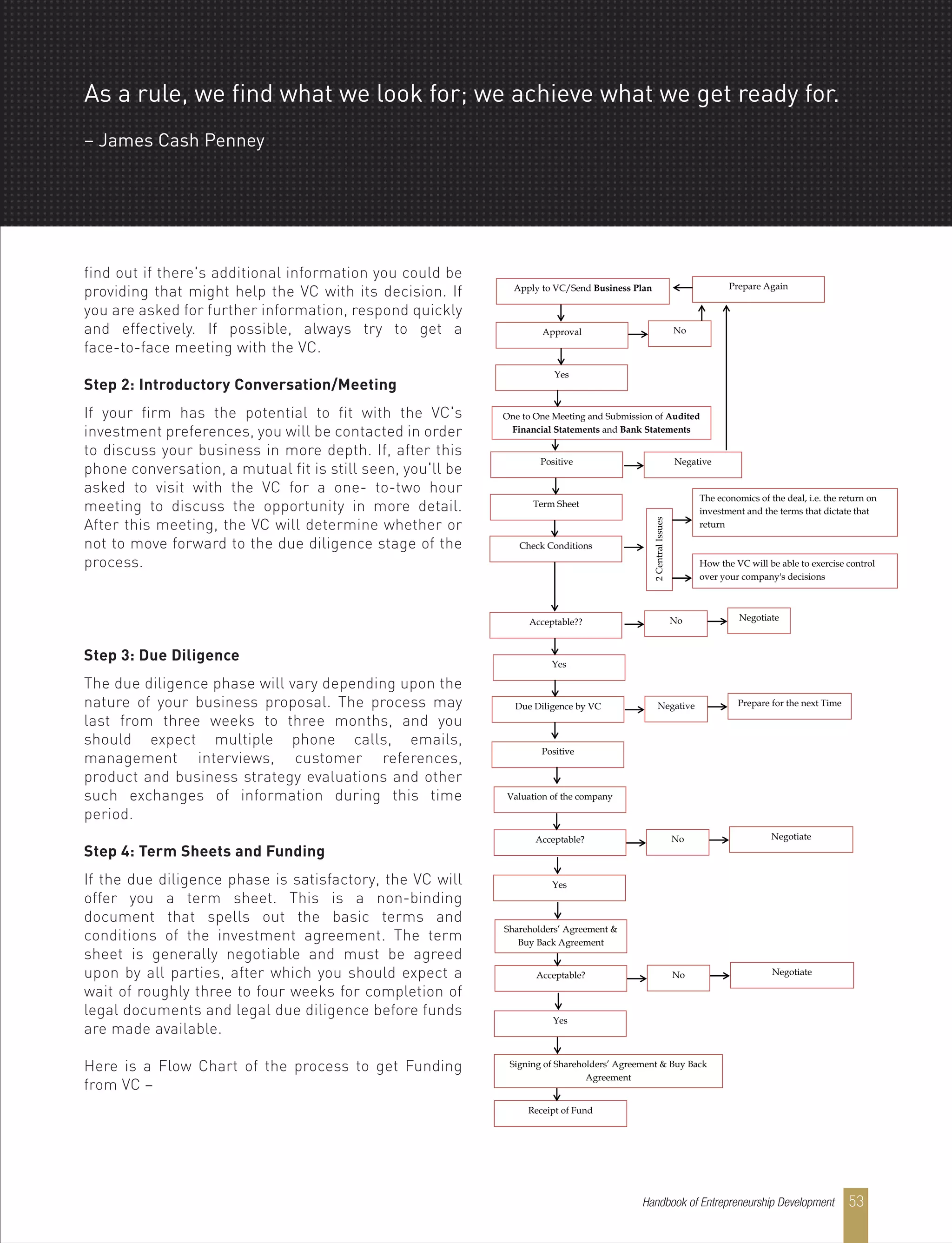
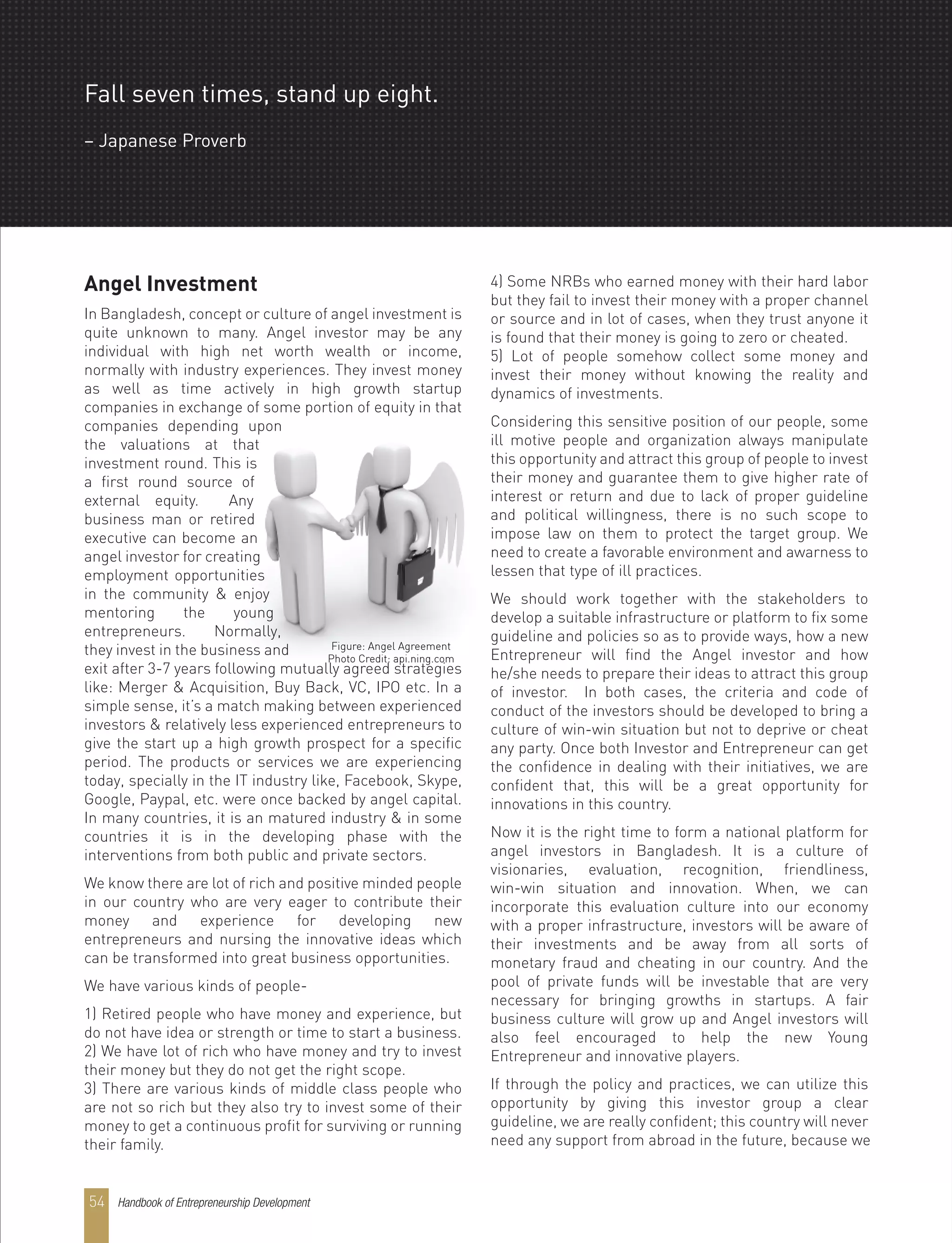
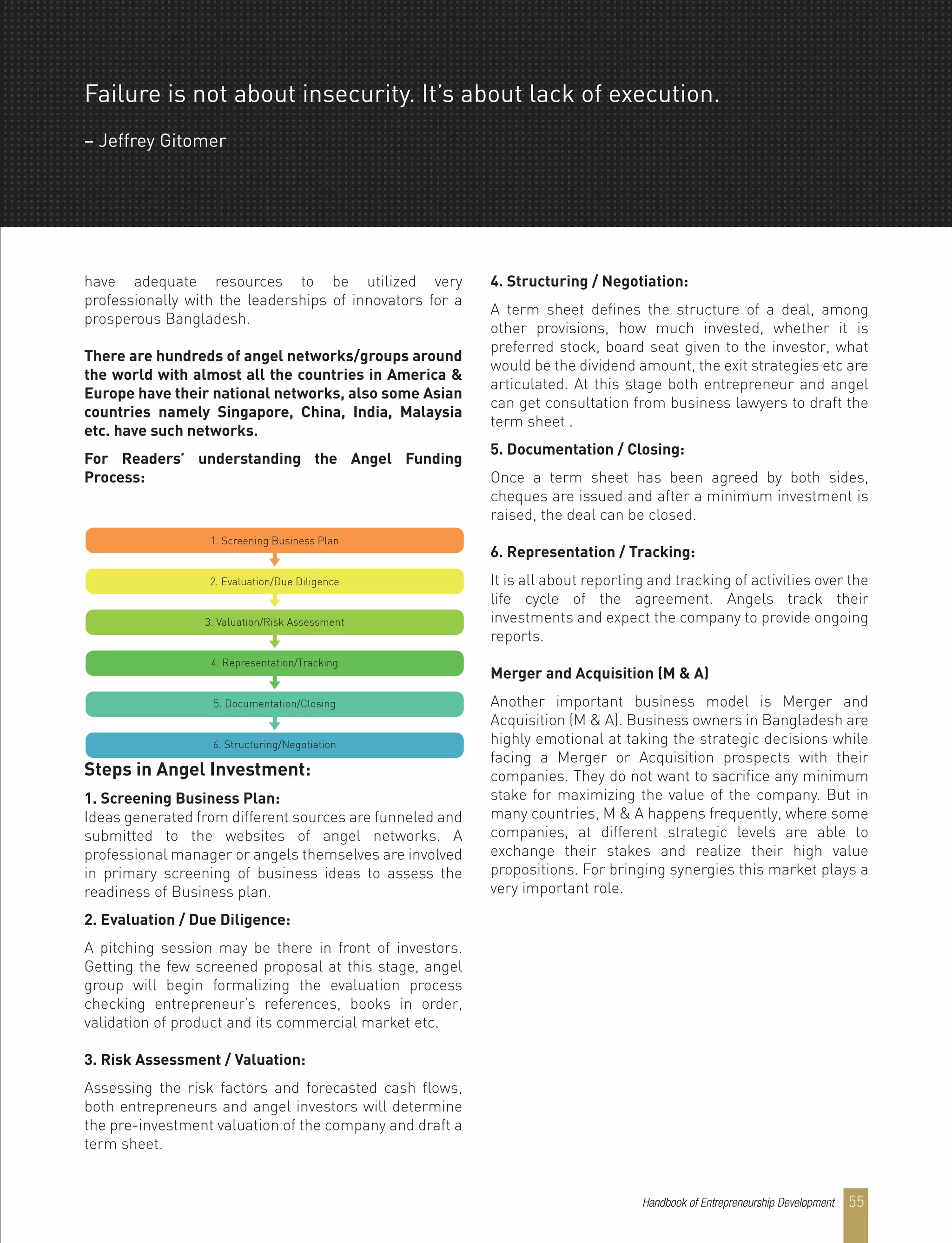
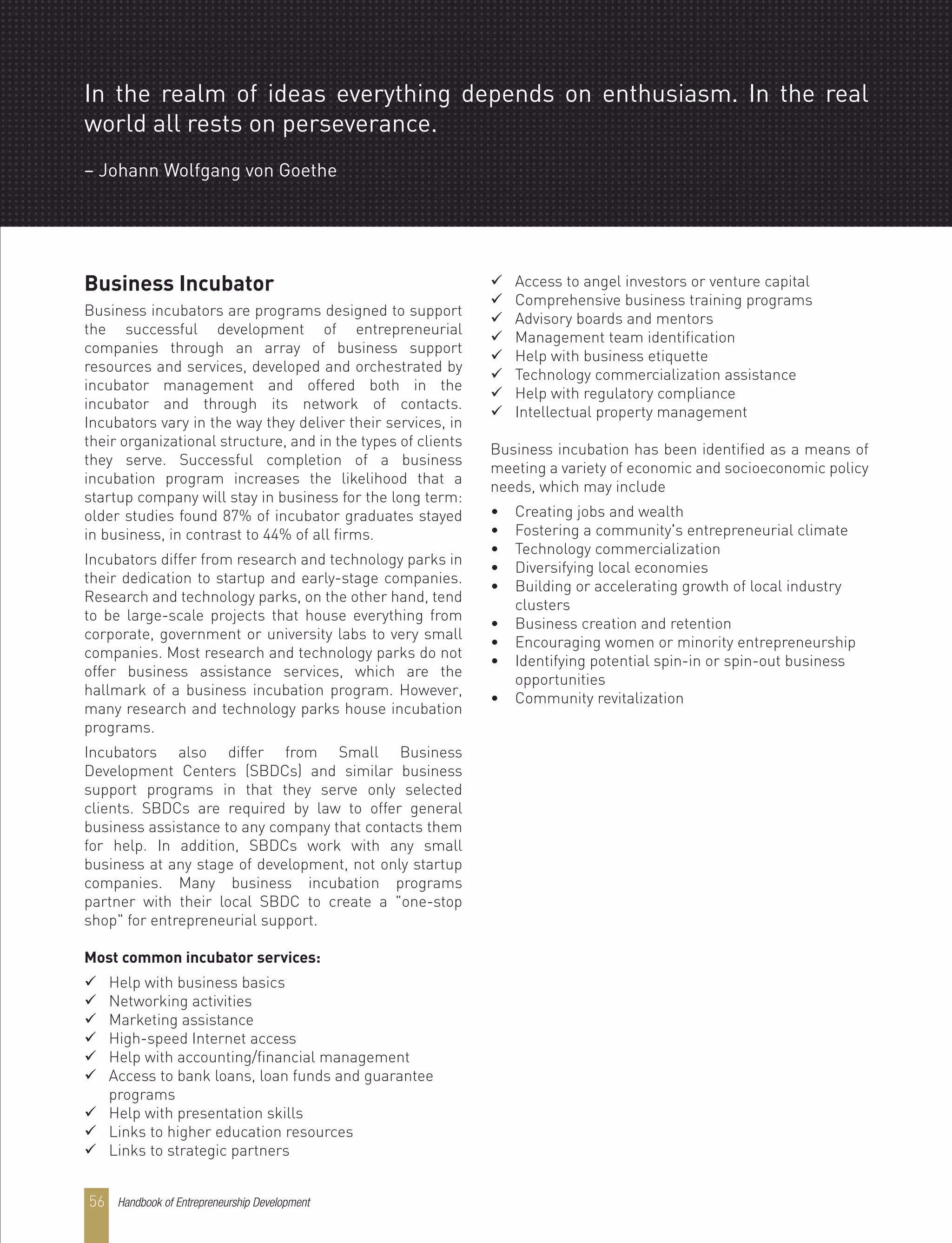
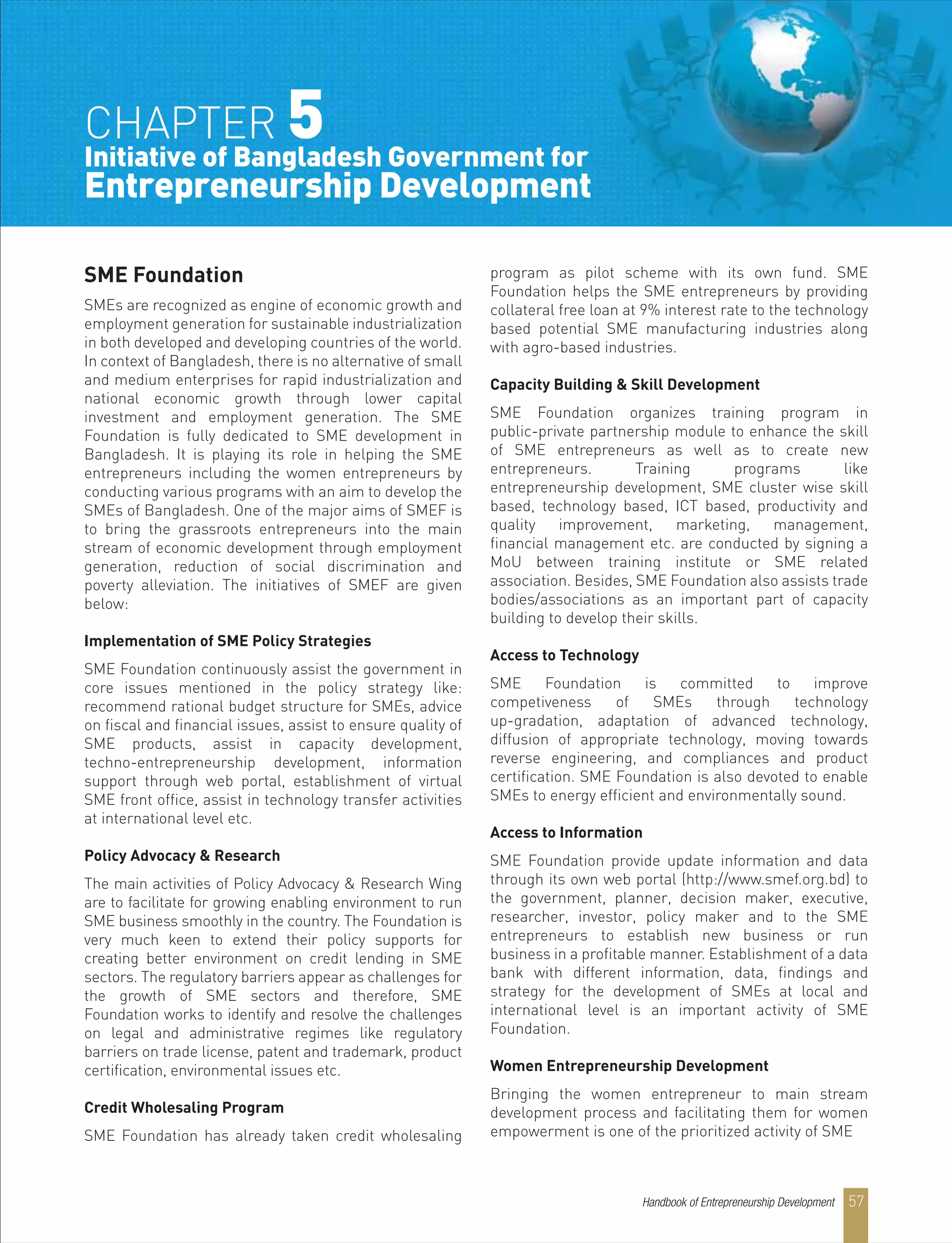
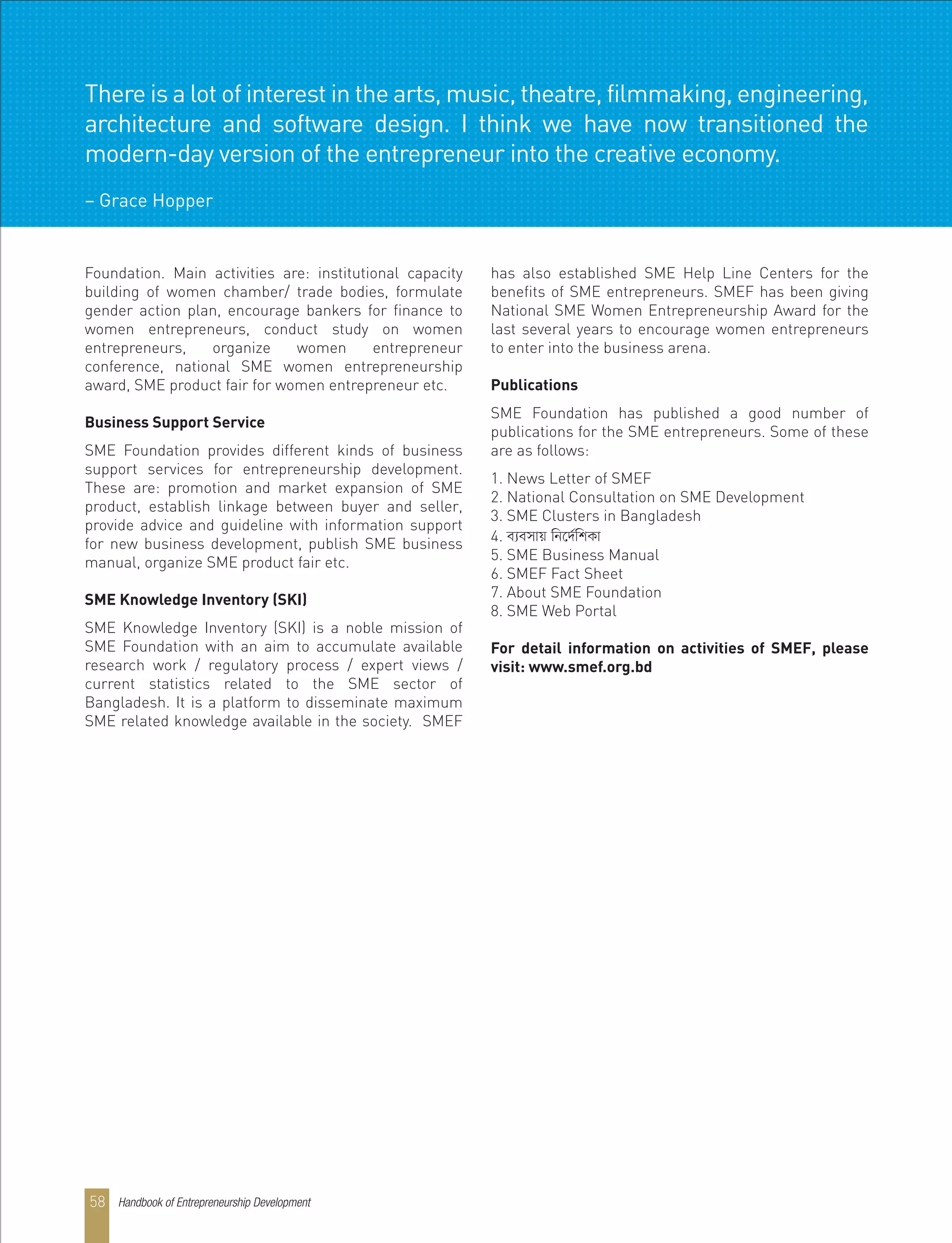
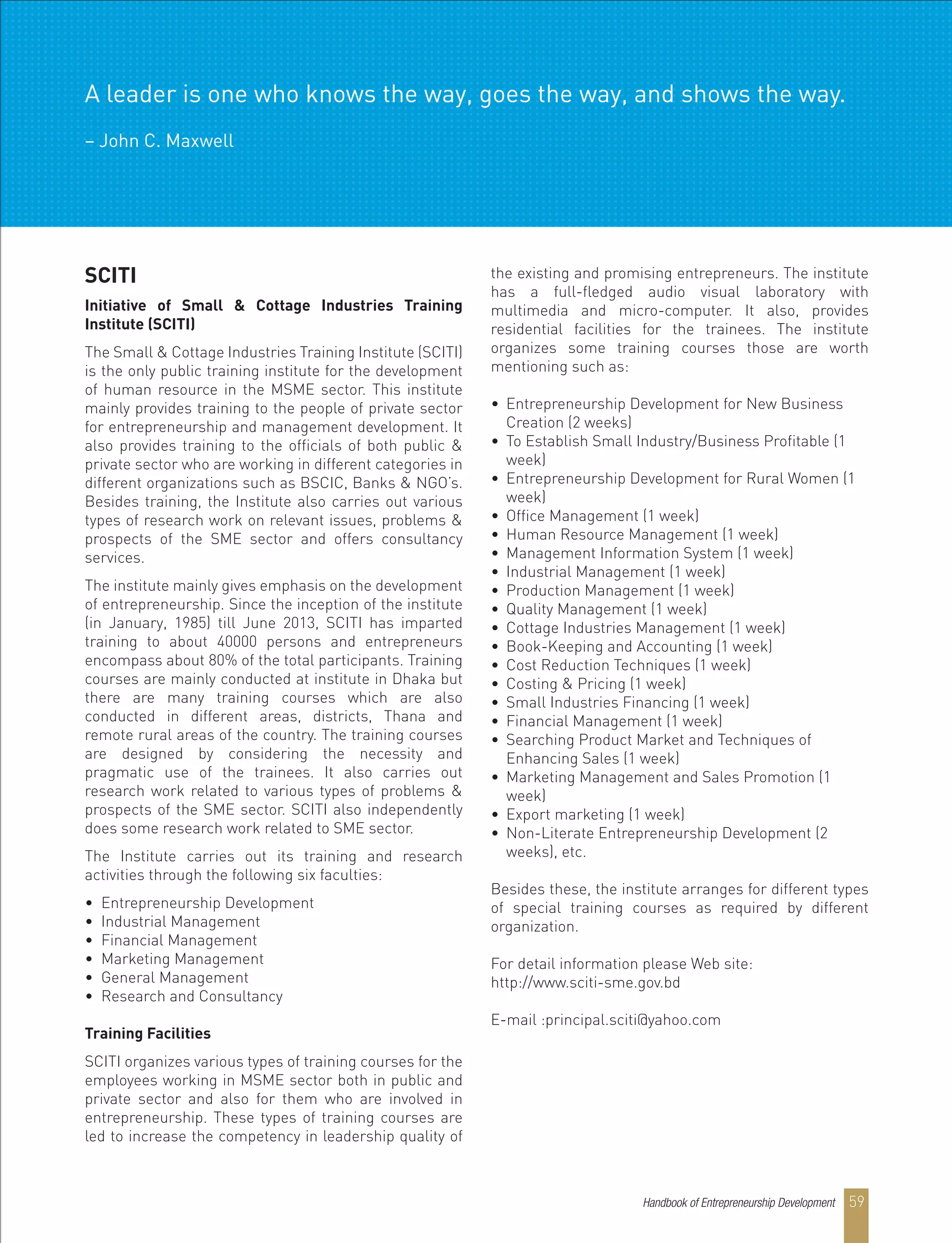
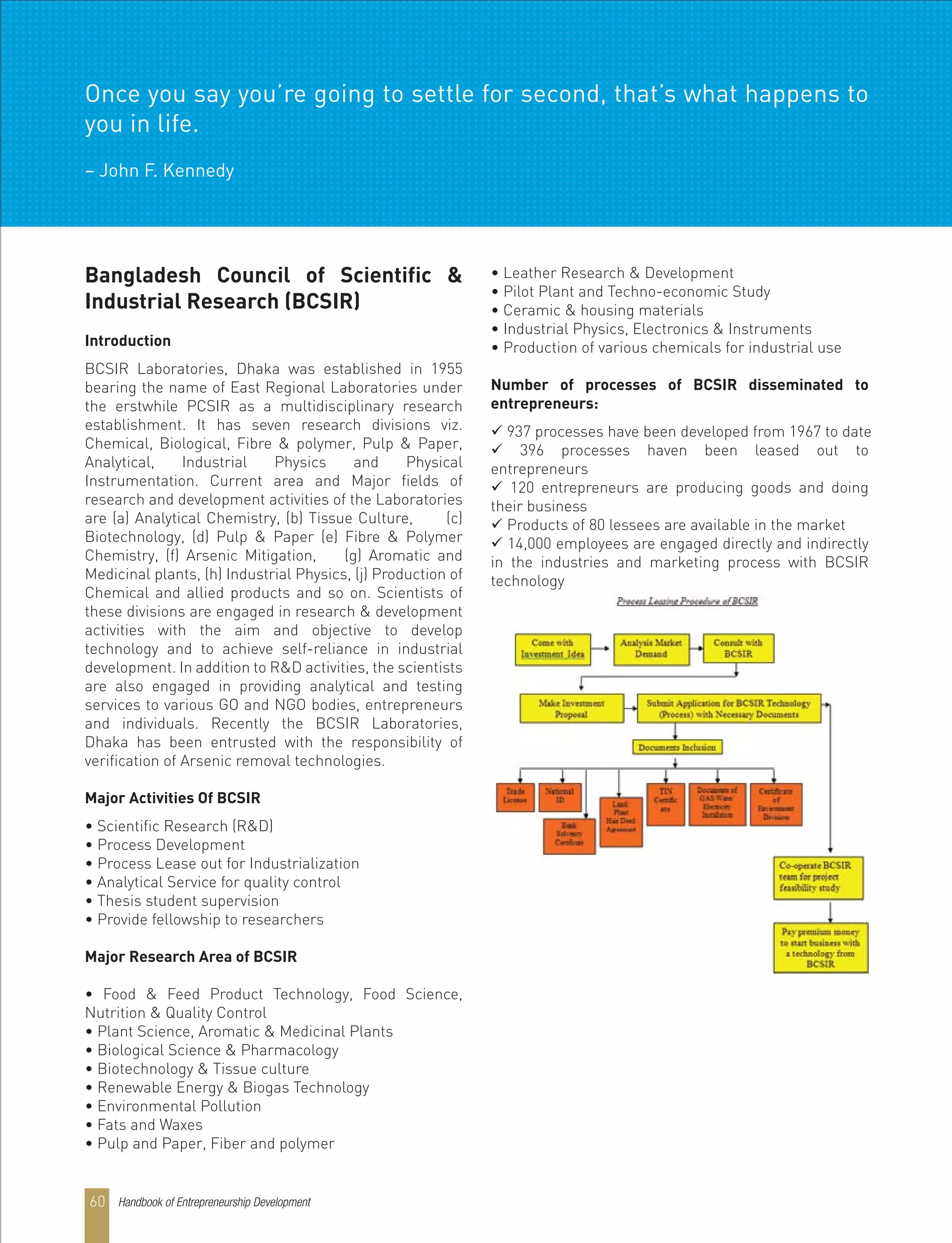
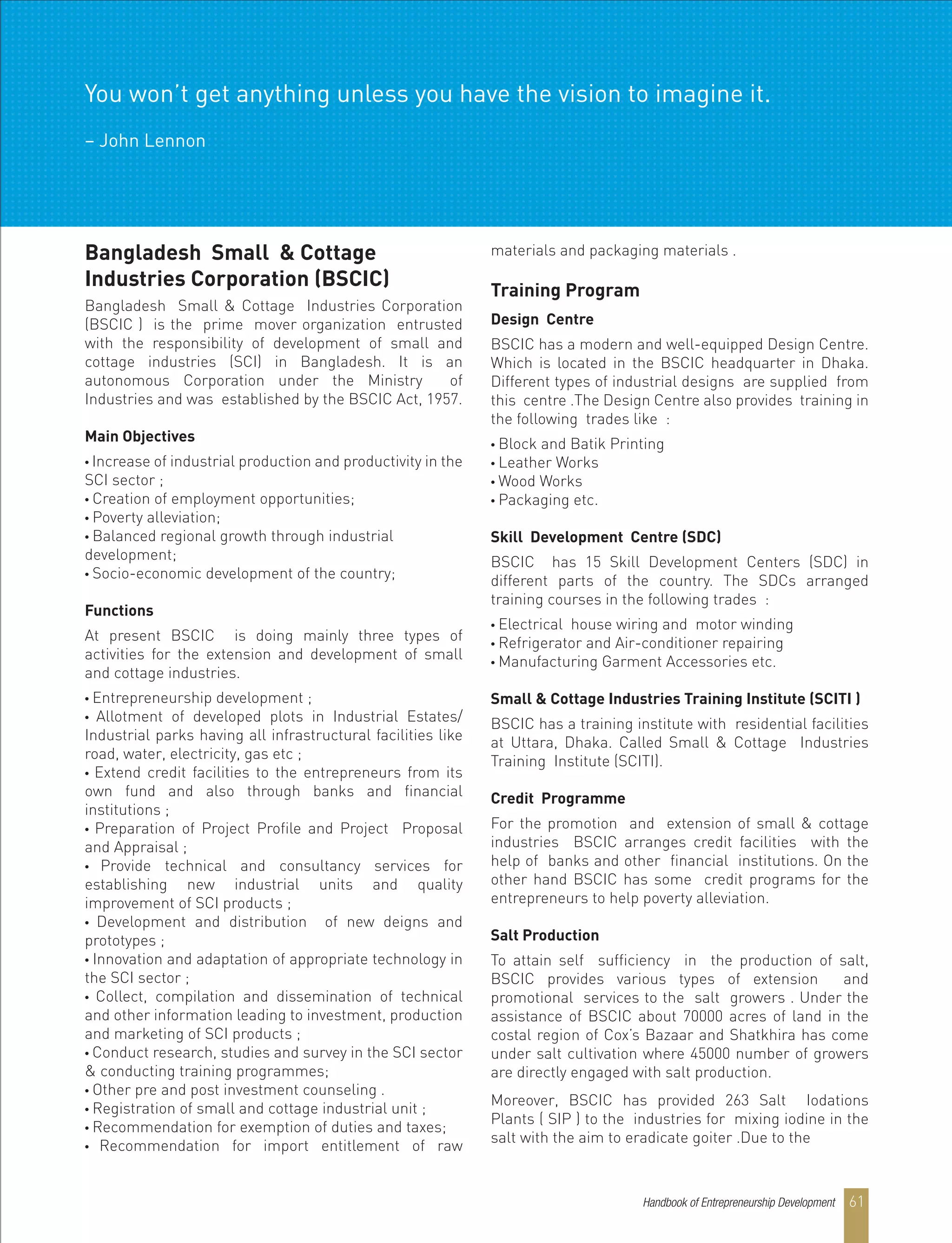
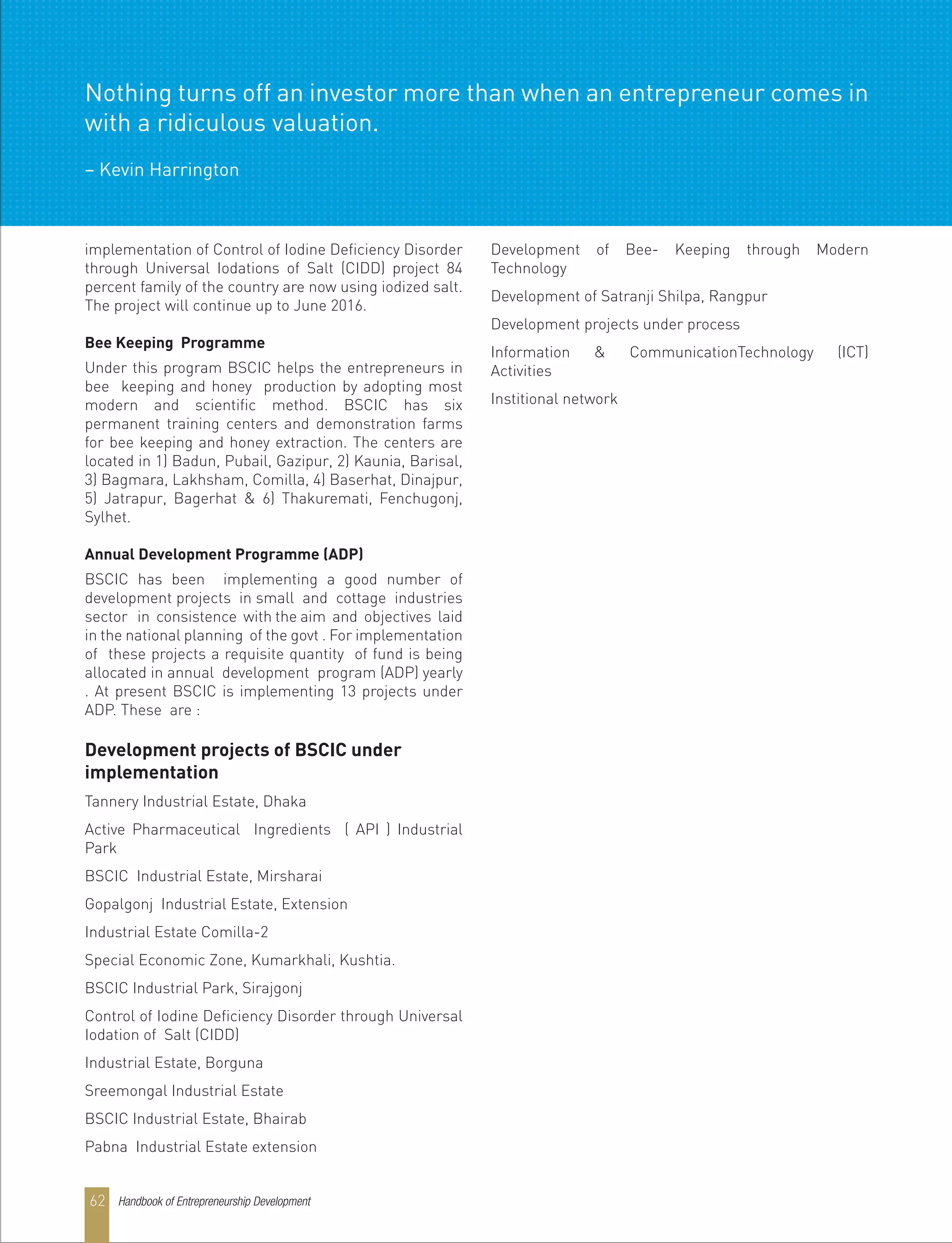
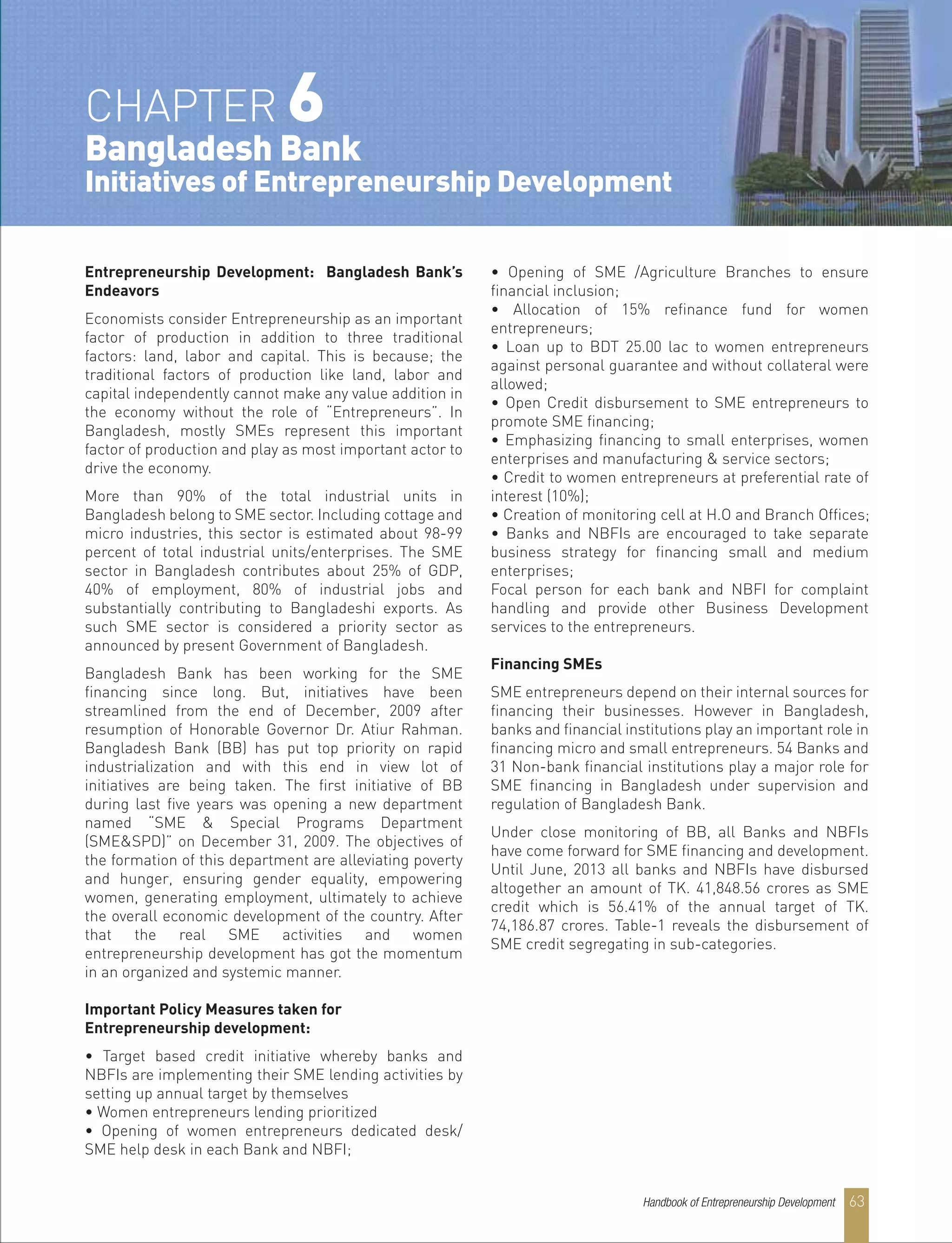
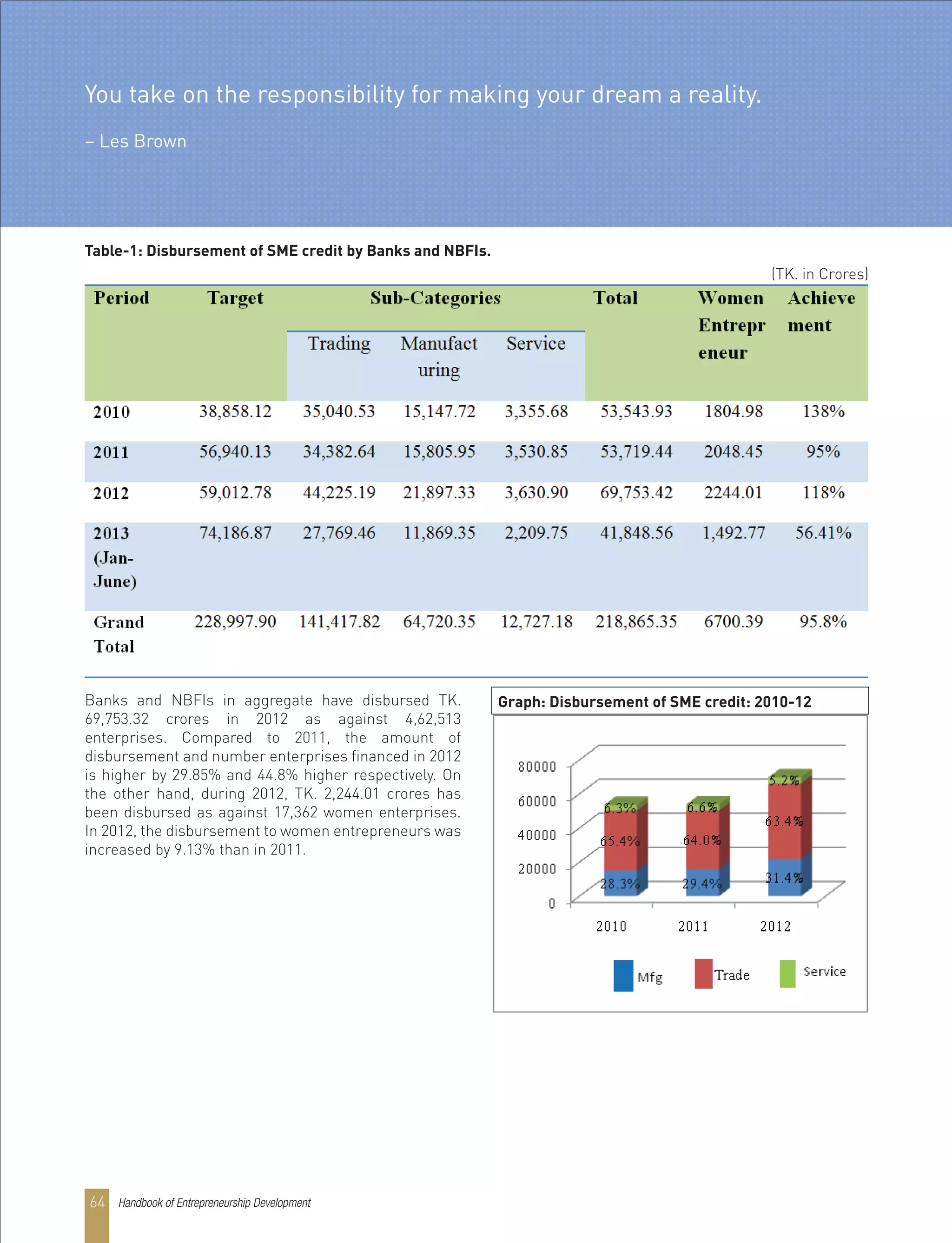
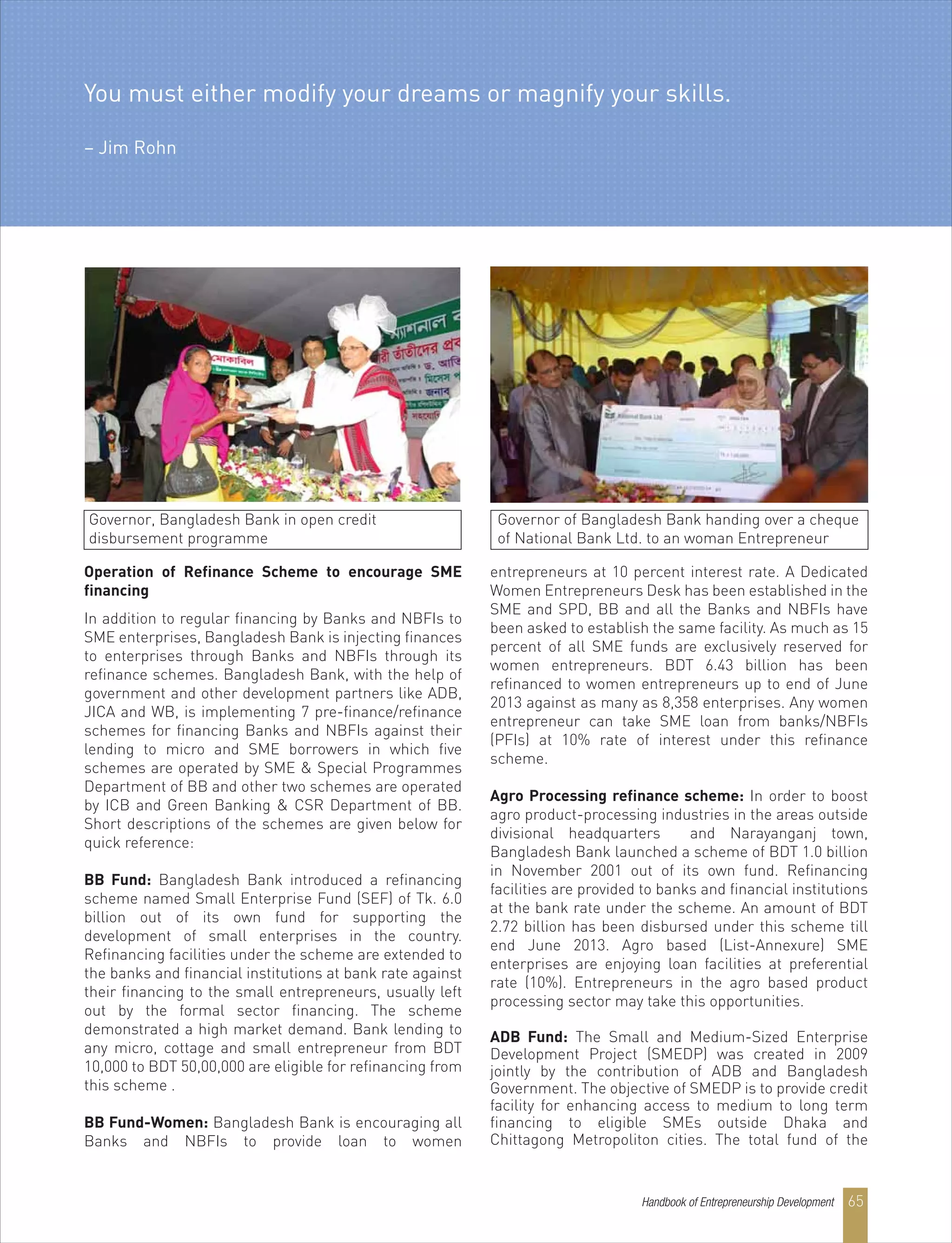
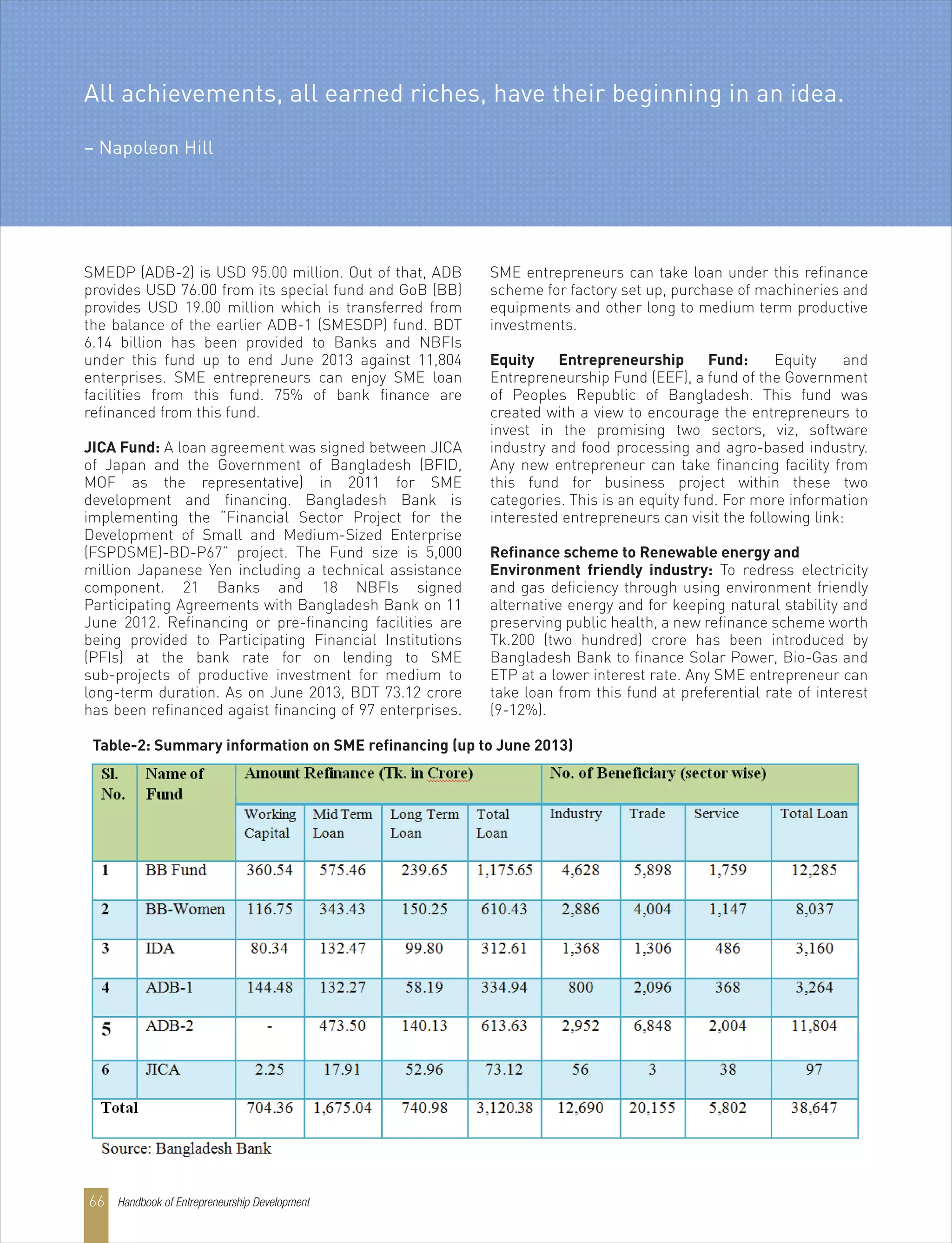
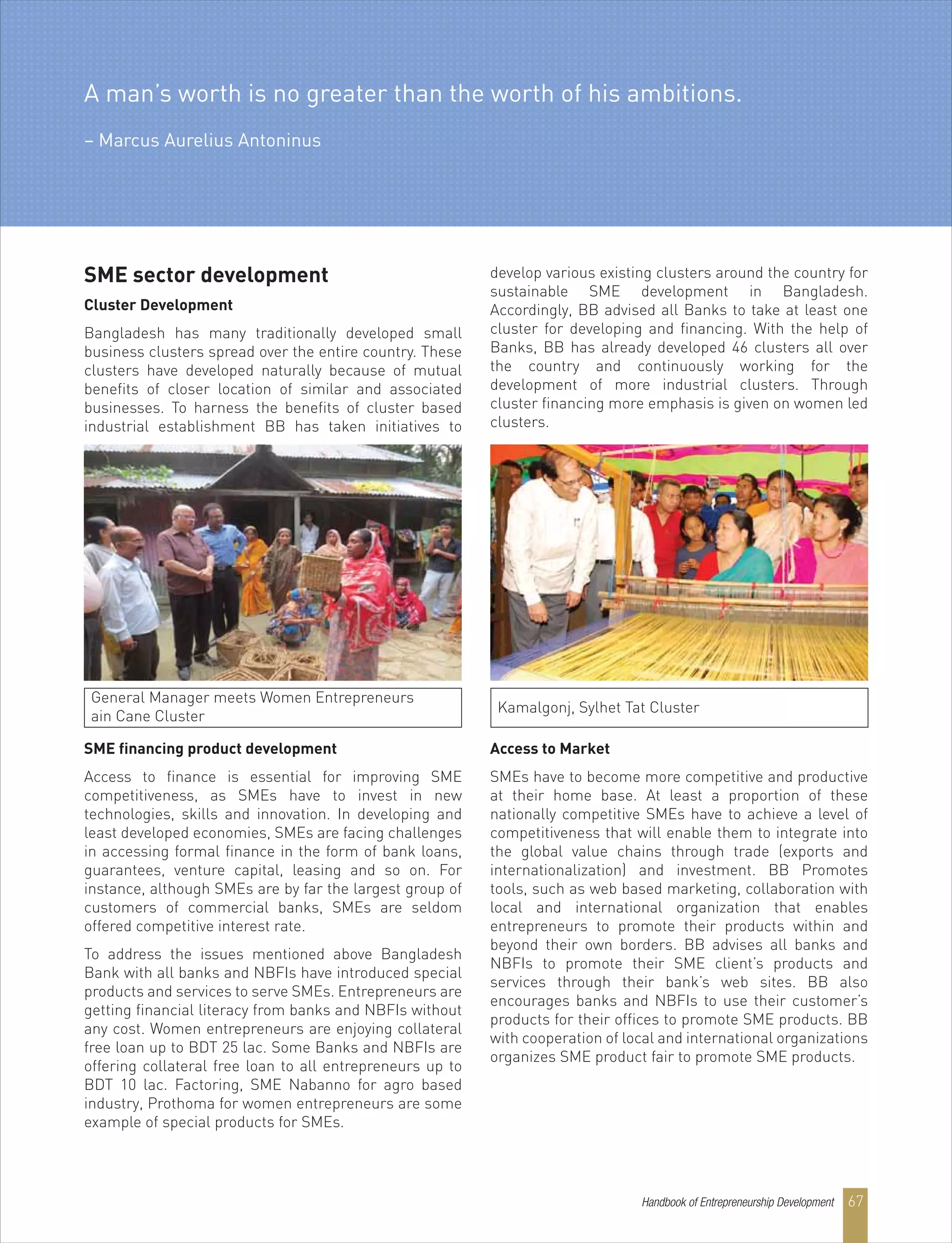
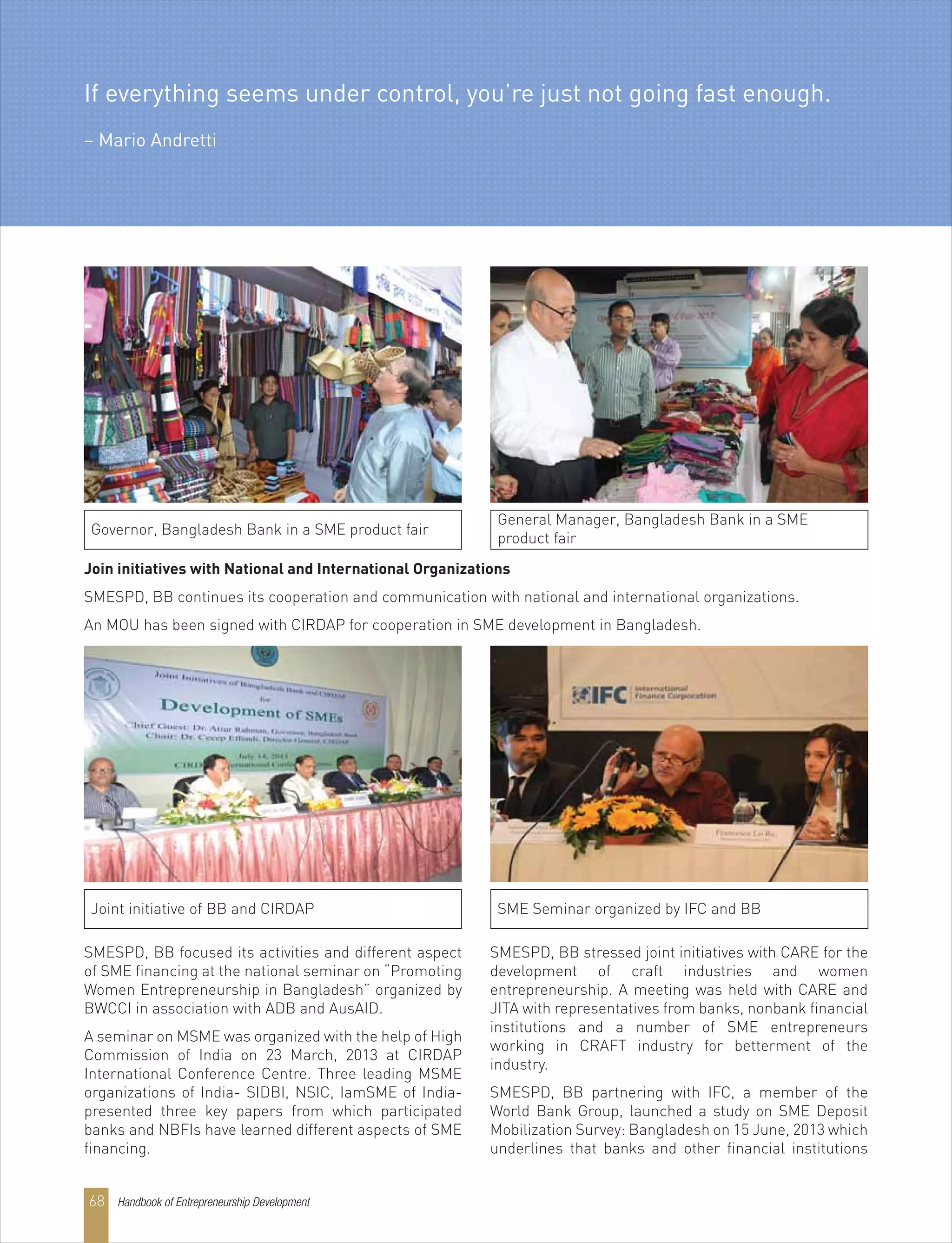
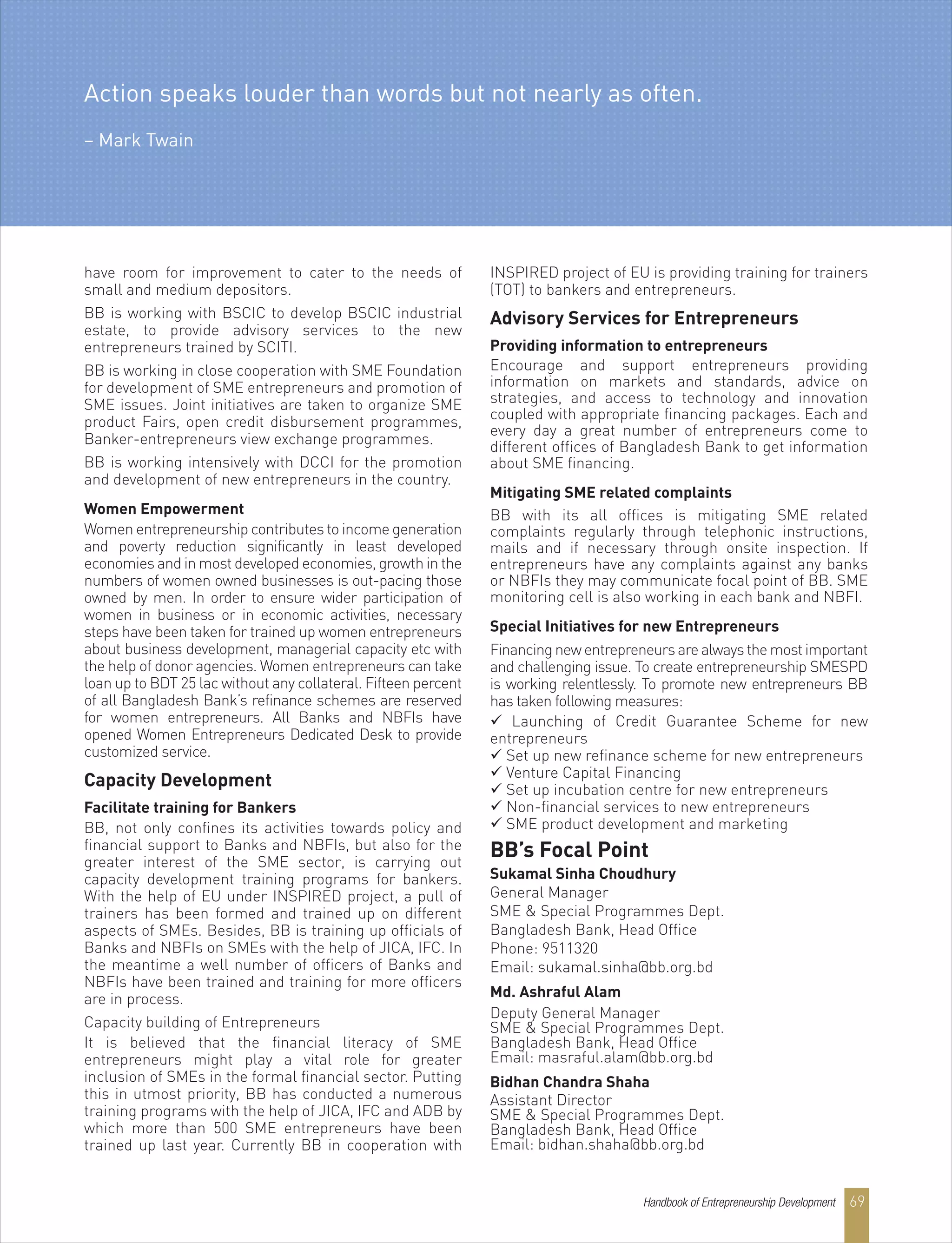

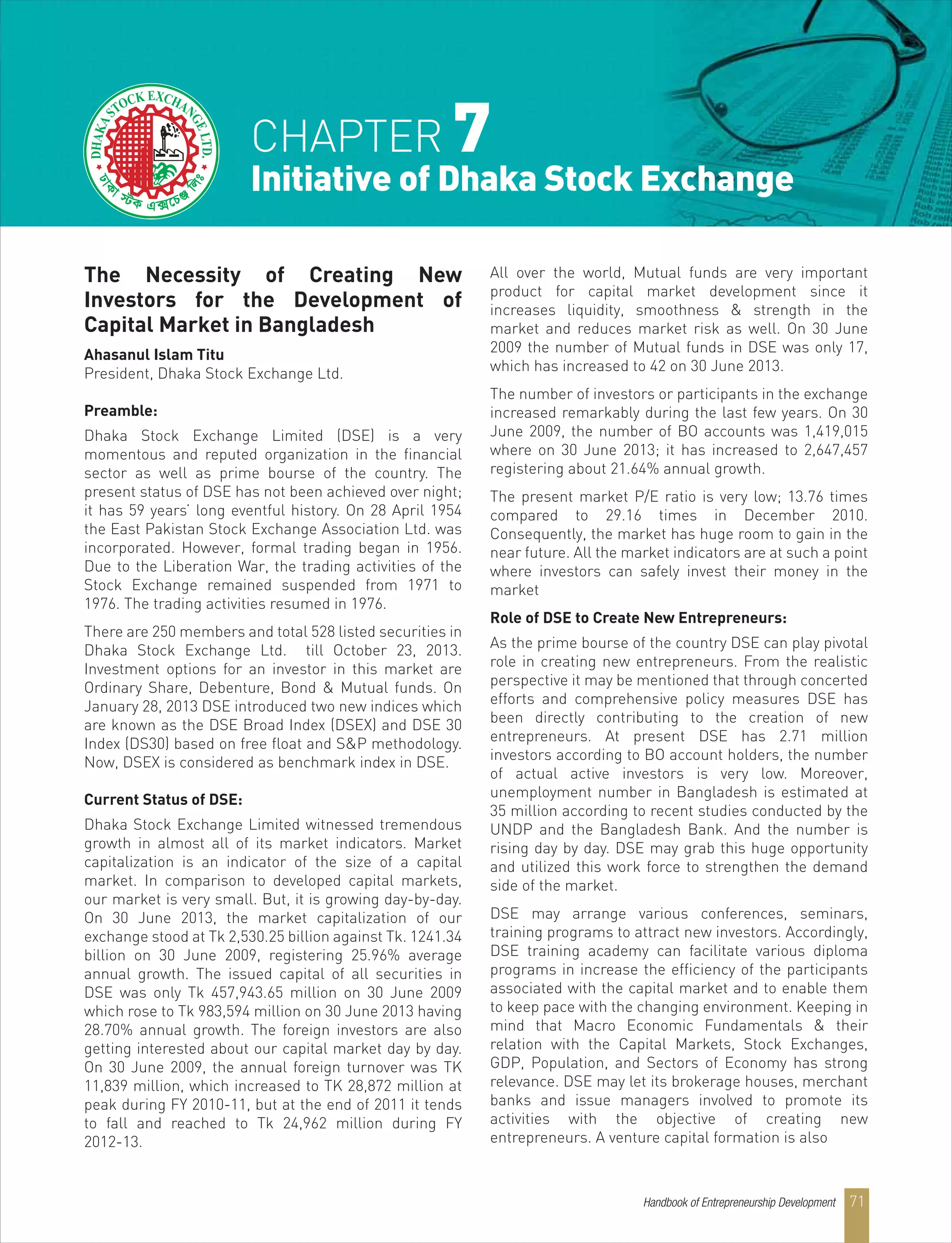
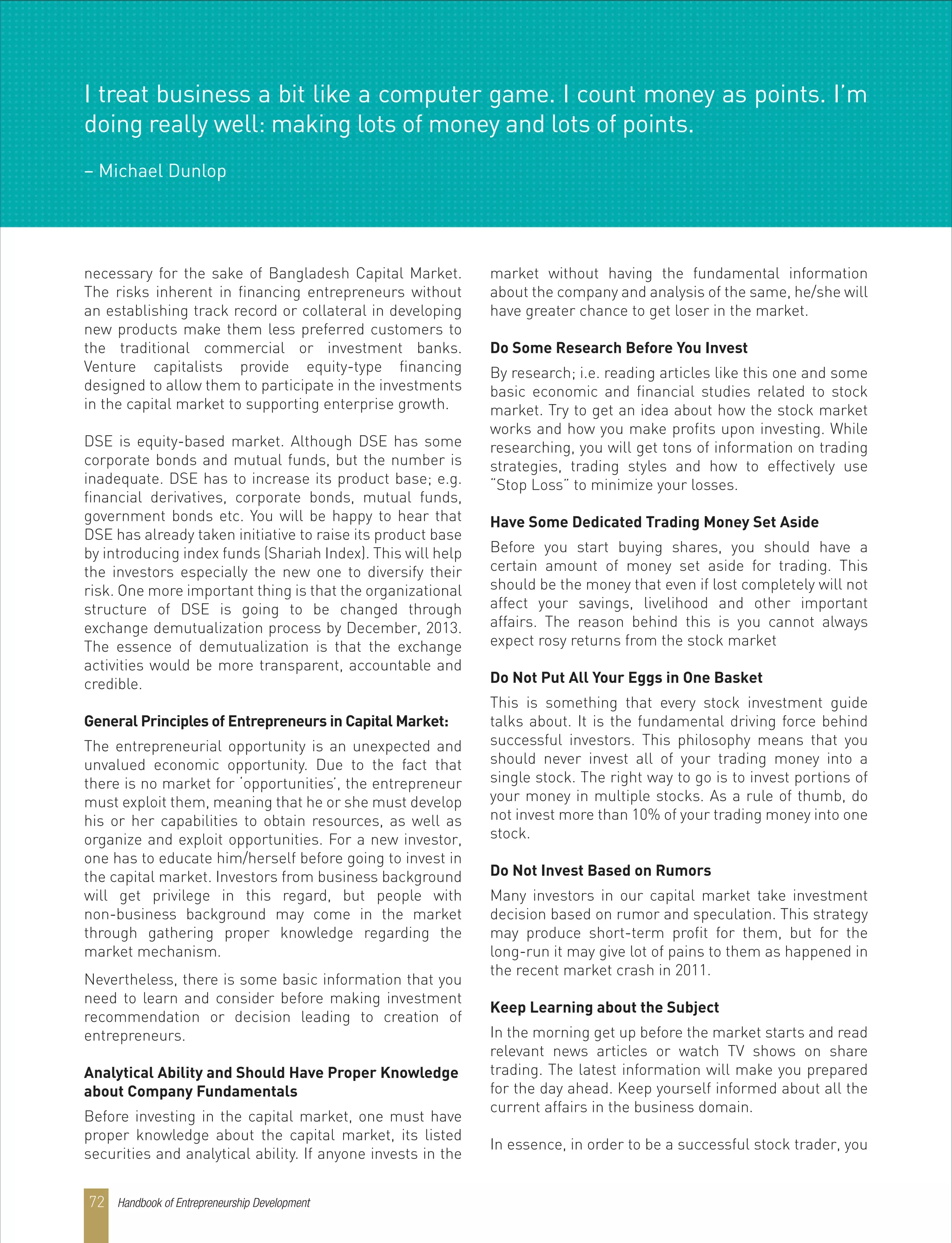
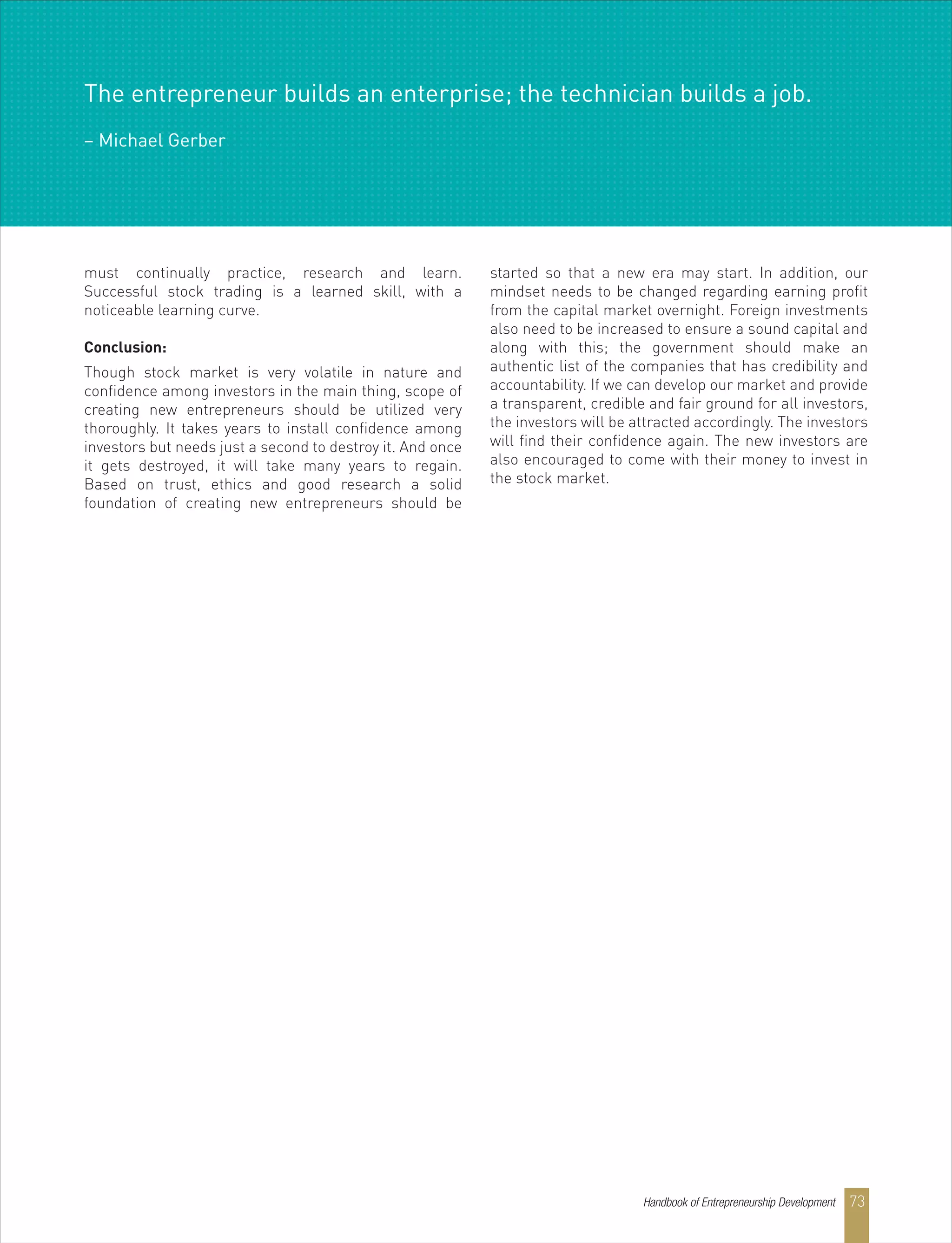

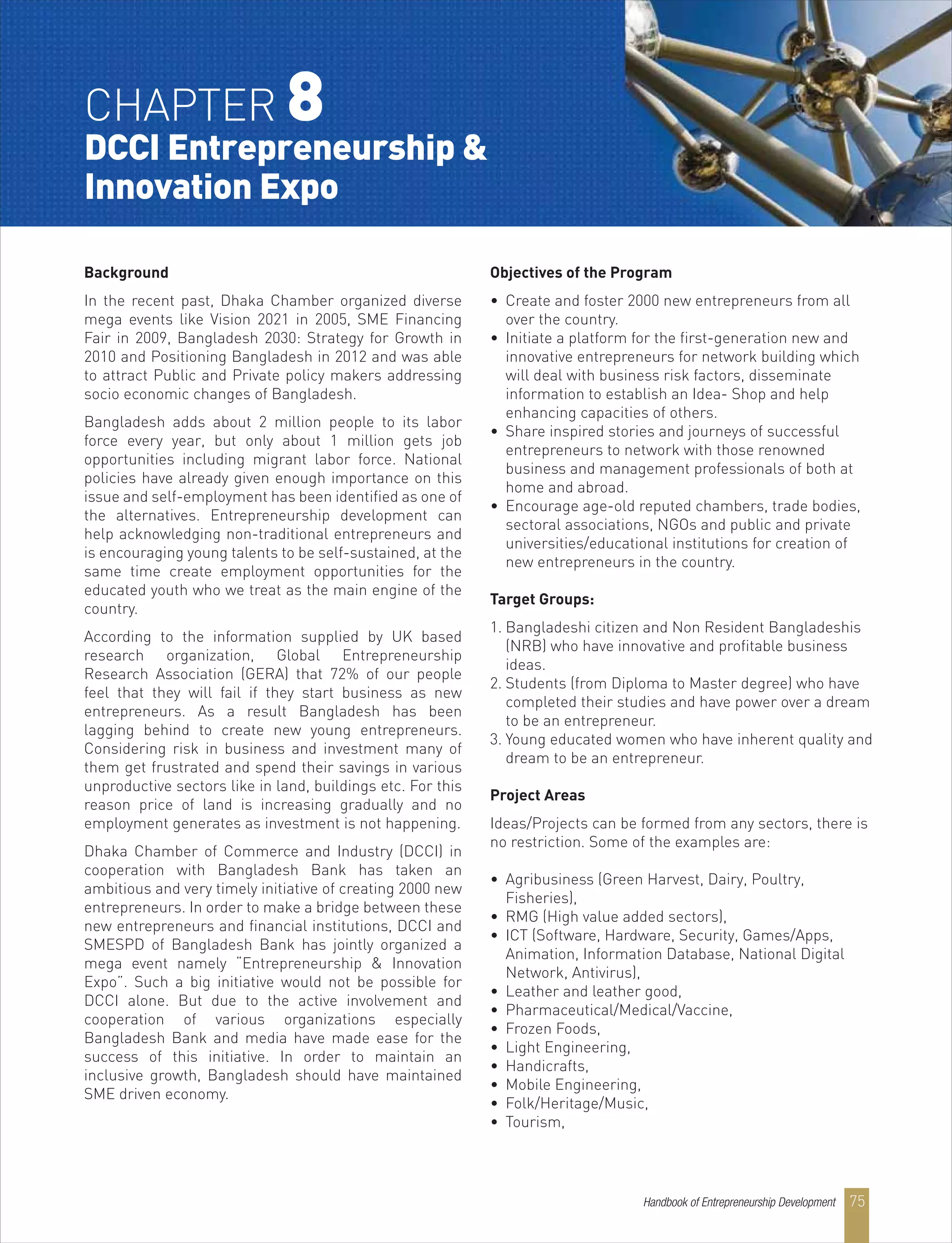
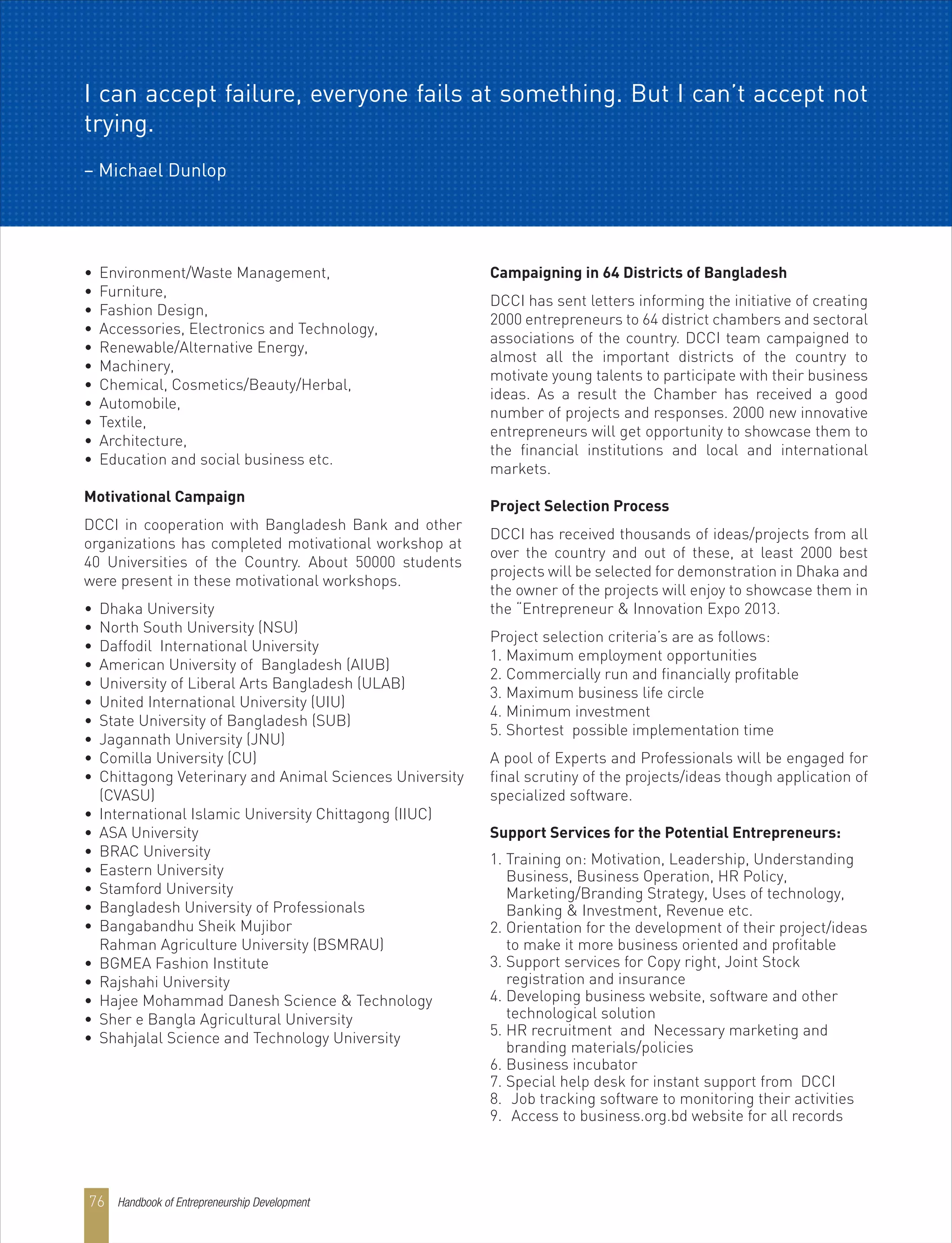
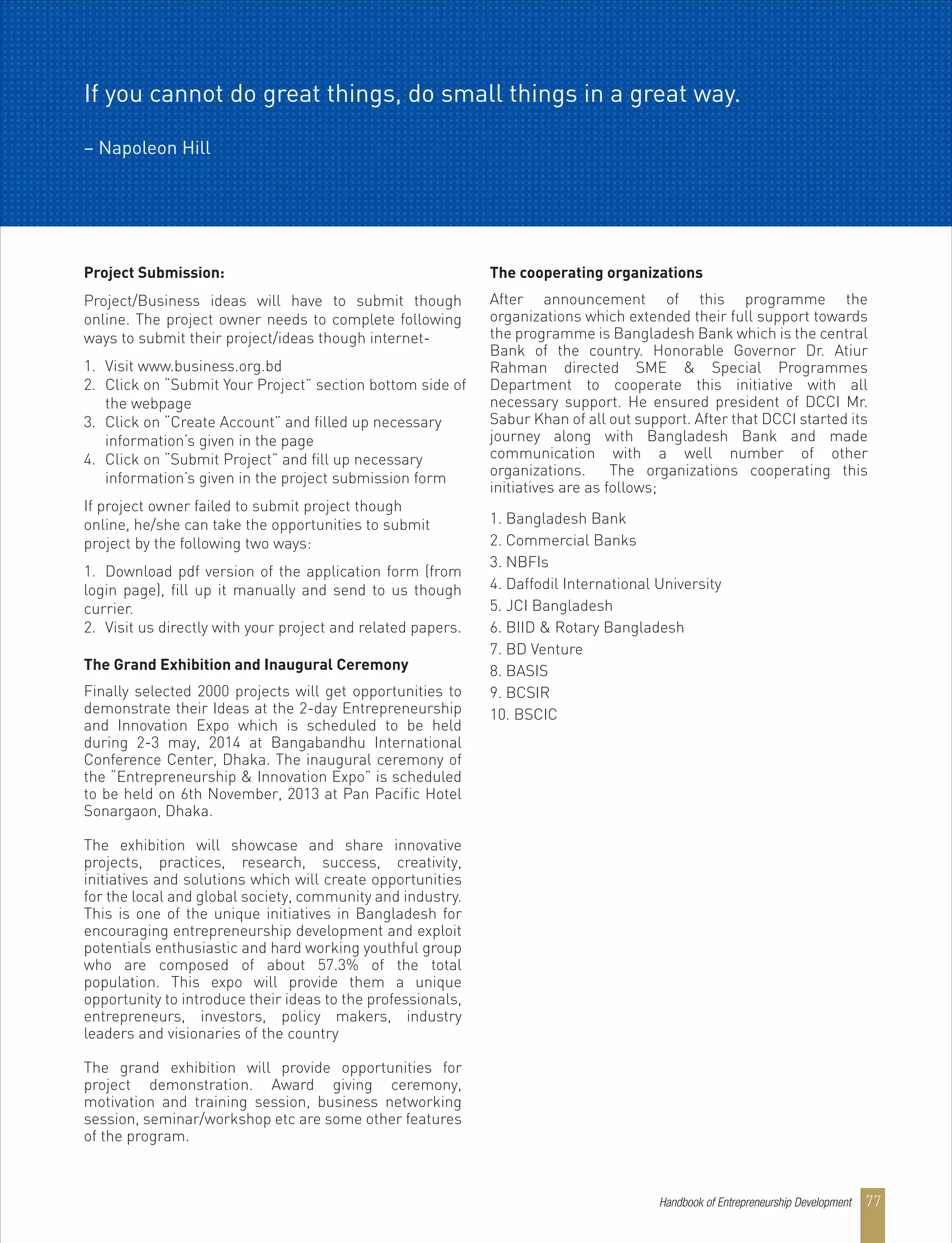
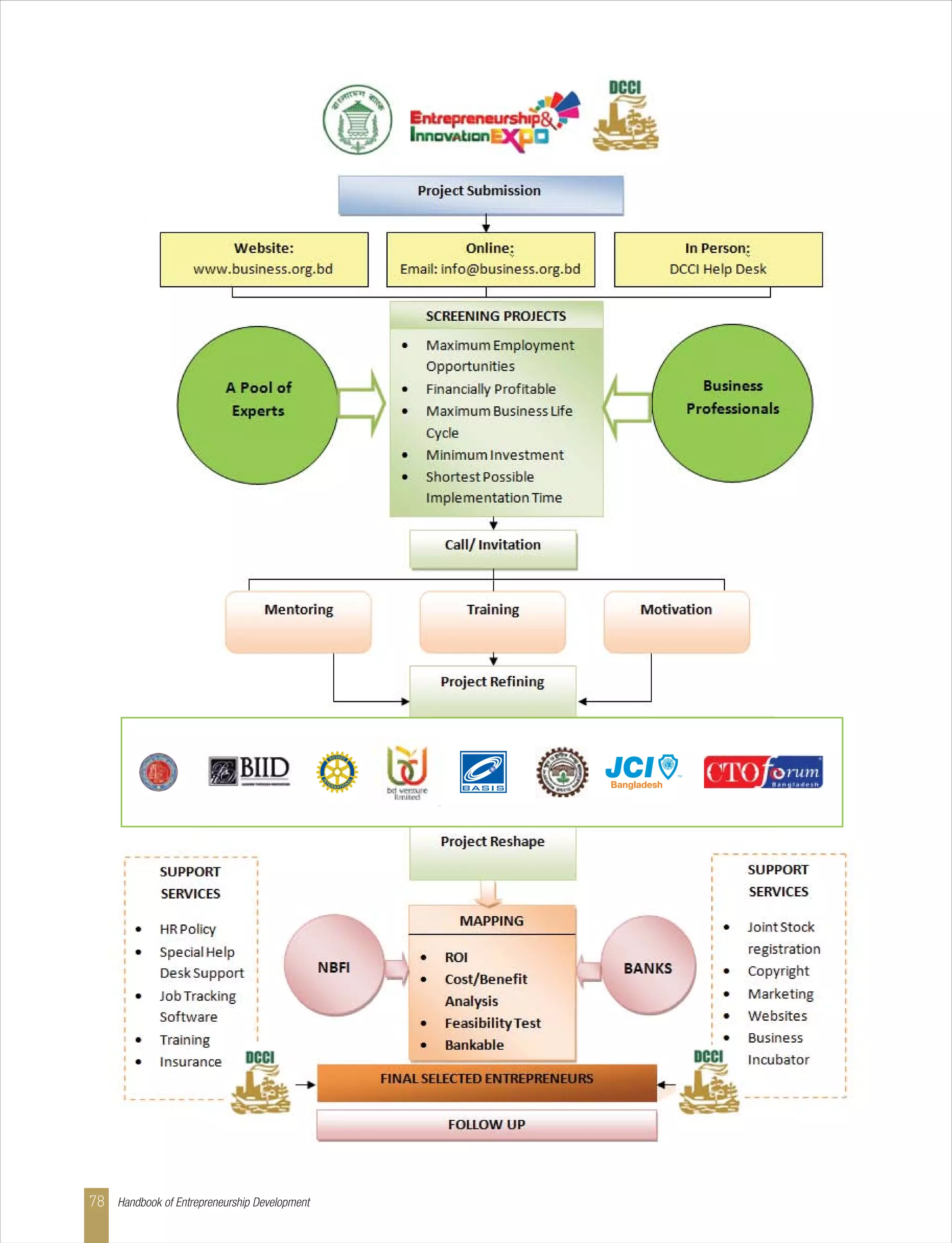
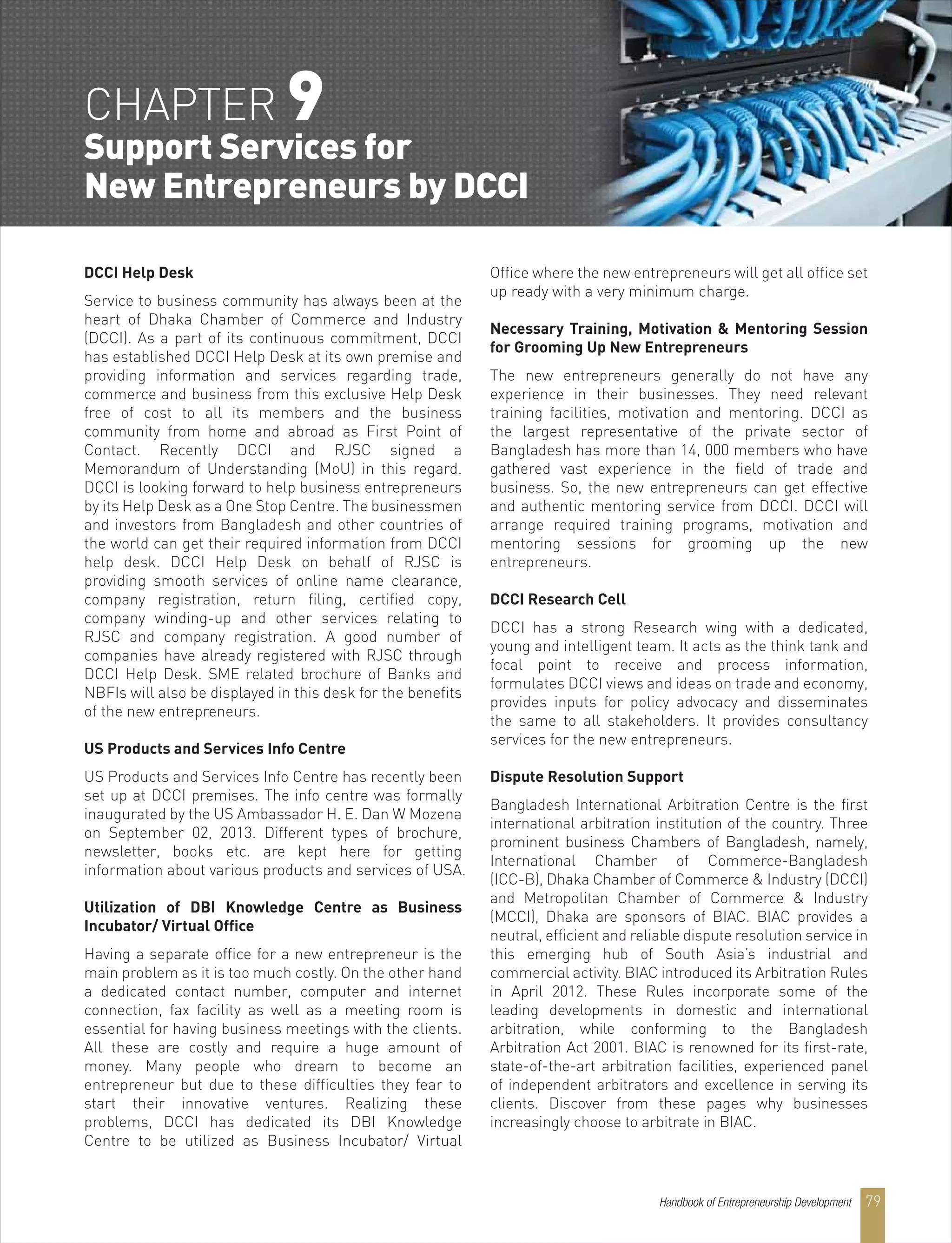
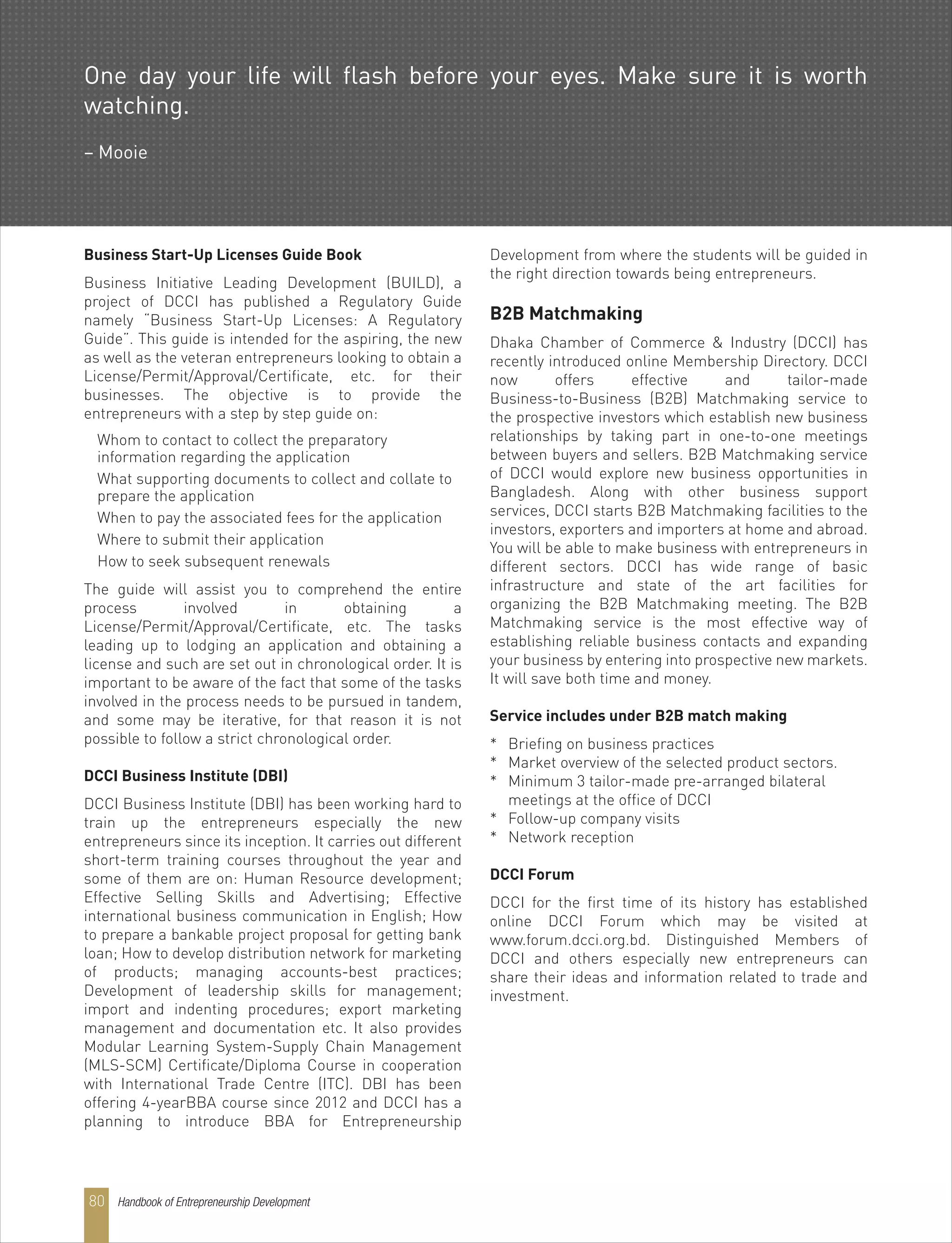
![Dhaka Chamber of Commerce & Industry FORUM
Welcome, Guest. Please login of register.
Forever Login
Search
News:
SMF - Just Installed!Login with username, password and session length
Dhaka Chamber of Commerce & Industry FORUM
Pages: [1]
Help Search Login Register
Subject / Started by Replies / Views Last post
Home
DCCI Help Desk and US Services and Products Center inaugurated 0 Replies
Started by rabbi 65 Views
JETRO Bangladesh Chief called on DCCI President 0 Replies
Started by rabbi 38 Views
MoU signing ceremony between DCCI and BASIS 0 Replies
Started by rabbi 32 Views
Bangladeshi Ambassador to Kuwait Call on DCCI President 0 Replies
Started by rabbi 31 Views
MoU signing ceremony between JCI and DCCI 0 Replies
Started by rabbi 26 Views
Discussion Meeting between DVCCI and Indian Delegation 0 Replies
Started by rabbi 30 Views
Discussion Meeting on Foreign Trade Investment: Opportunities and Challenges 0 Replies
Started by rabbi 27 Views
Discussion Meeting between DCCI and BCSIR 0 Replies
Started by rabbi 28 Views
High Commissioner of Nigeria called on DCCI President 0 Replies
Started by rabbi 26 Views
DCCI condemned attack incident which was held on A K Azad 0 Replies
Started by rabbi 34 Views
DCCI conducts motivational workshop at NSU to develop new entrepreneurs 0 Replies
Started by rabbi 32 Views
UGC Chairman acknowledges industry-academy dialogue for need-based ICT 0 Replies
Started by rabbi 27 Views
DCCI Publishes Tax Guide 2013-14 0 Replies
Started by rabbi 23 Views
Russia keen to invest in chemical and communication sector 0 Replies
Started by rabbi 21 Views
DCCI holds meeting with Association of Bankers, Bangladesh 0 Replies
Started by rabbi 20 Views
DCCI signs MoU with BD Venture Ltd. to promote 2000 entrepreneurs 0 Replies
Started by rabbi 20 Views
DCCI President urges Pakistan to invest in Bangladesh 0 Replies
Started by rabbi 22 Views
DCCI & BASIS organize workshop for 200 IT freelancers to make them entrepreneur 0 Replies
Started by rabbi 21 Views
Dutch trade delegation interested to work on development of water management 0 Replies
Started by rabbi 20 Views
Rotary International (D-3281) and BIID to provide 200 entrepreneurs 0 Replies
Started by rabbi 23 Views
DCCI Business Institute and Daffodil International University (DIU) signed MoU 0 Replies
Started by rabbi
September 03, 2013,
11:35:22 AM
by rabbi
September 03, 2013,
11:34:49 AM
by rabbi
September 03, 2013,
11:34:30 AM
by rabbi
September 03, 2013,
11:33:55 AM
by rabbi
September 03, 2013,
11:33:07 AM
by rabbi
September 03, 2013,
11:32:42 AM
by rabbi
September 03, 2013,
11:32:17 AM
by rabbi
September 03, 2013,
11:31:52 AM
by rabbi
September 03, 2013,
11:31:18 AM
by rabbi
September 03, 2013,
11:30:47 AM
by rabbi
September 03, 2013,
11:30:18 AM
by rabbi
September 03, 2013,
03:09:36 PM
by rabbi
September 25, 2013,
03:09:06 PM
by rabbi
September 25, 2013,
03:08:30 PM
by rabbi
September 25, 2013,
03:08:00 PM
by rabbi
September 25, 2013,
03:07:21 PM
by rabbi
September 25, 2013,
03:06:49 PM
by rabbi
September 25, 2013,
03:04:54 PM
by rabbi
September 25, 2013,
03:04:06 PM
by rabbi
September 25, 2013,
03:03:27 PM
by rabbi
September 25, 2013,
03:02:25 PM
by rabbi
Handbook of Entrepreneurship Development 81](https://image.slidesharecdn.com/handbookofentrepreneurshipdevelopment-161028042425/75/Handbook-of-Entrepreneurship-Development-by-DCCI-83-2048.jpg)
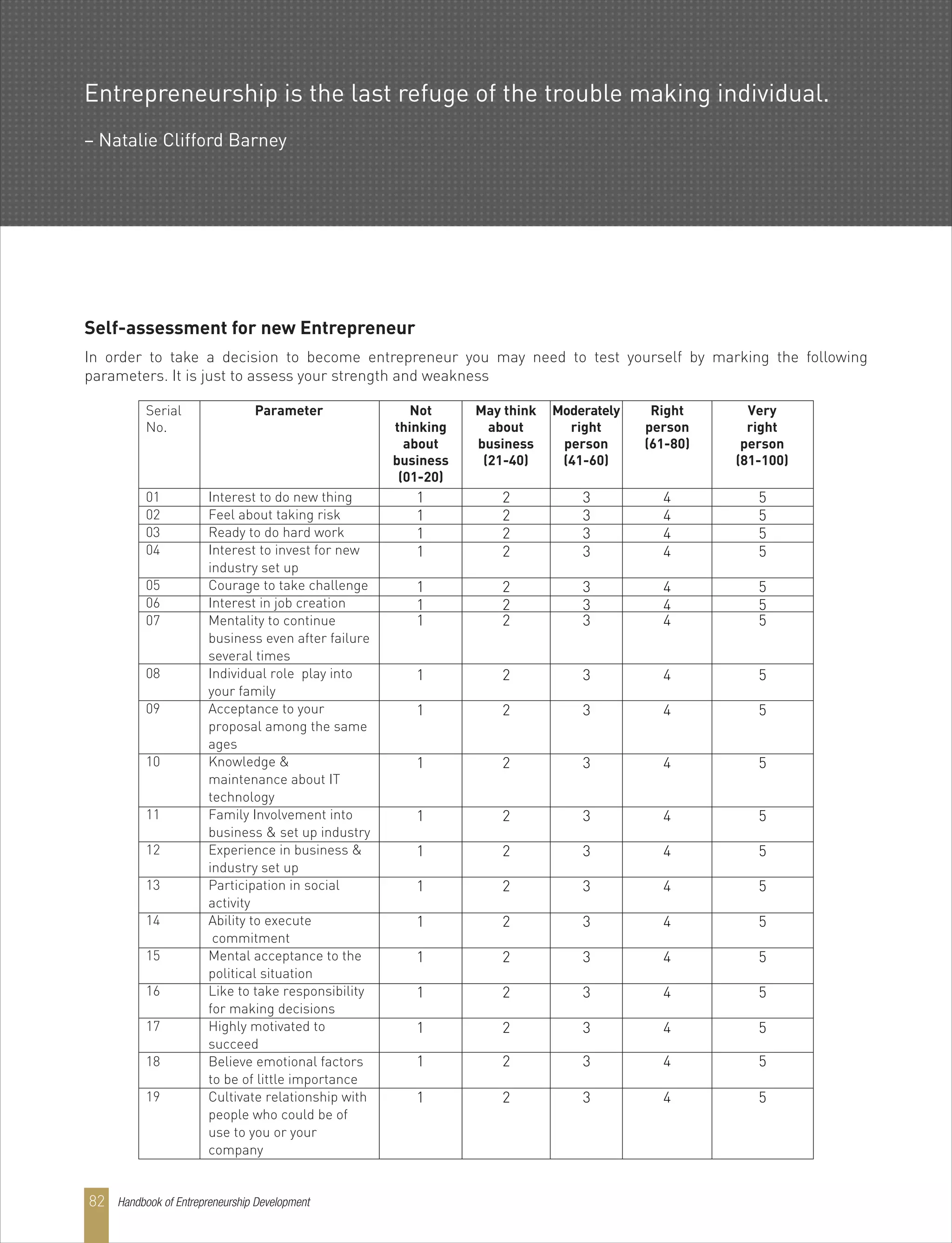
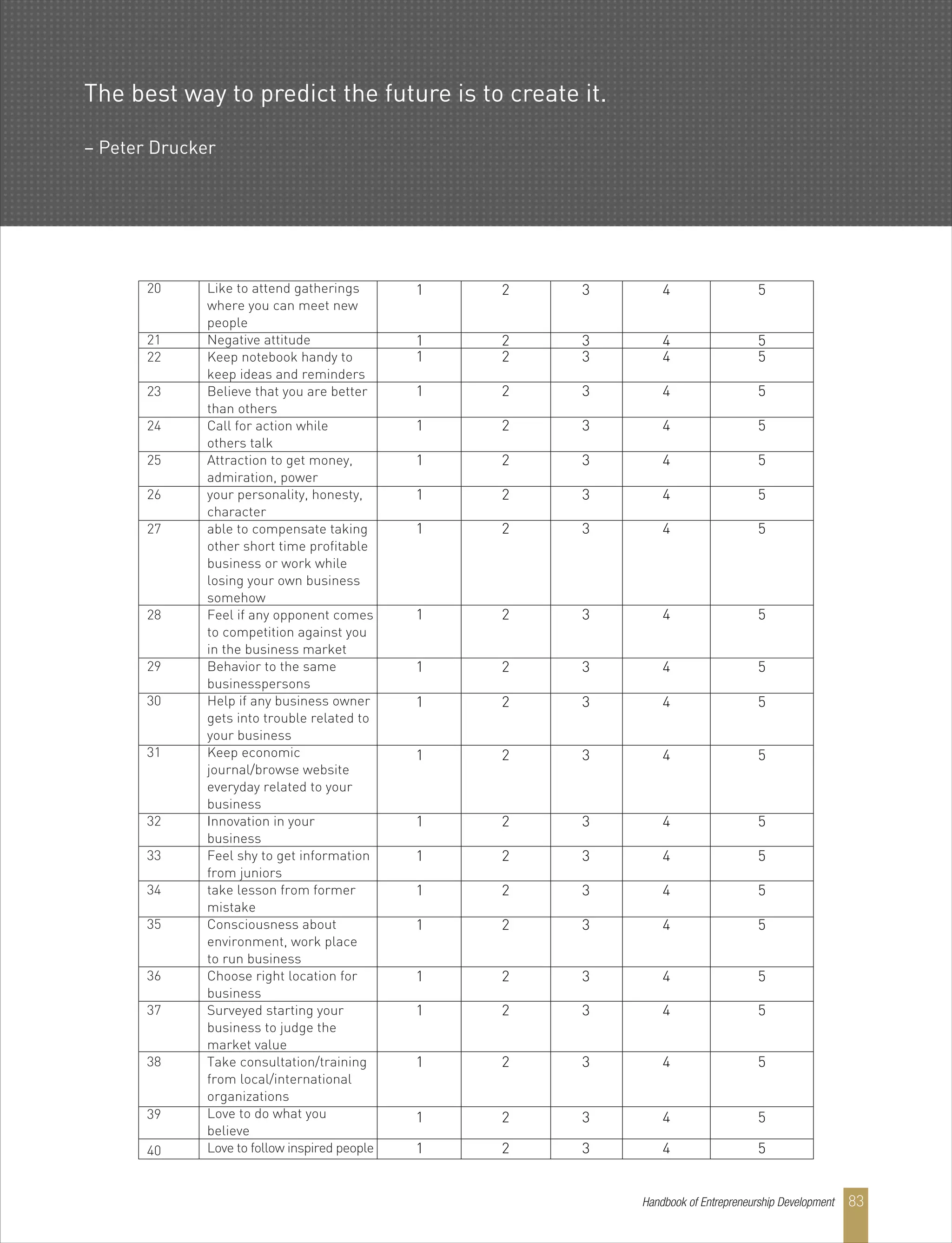
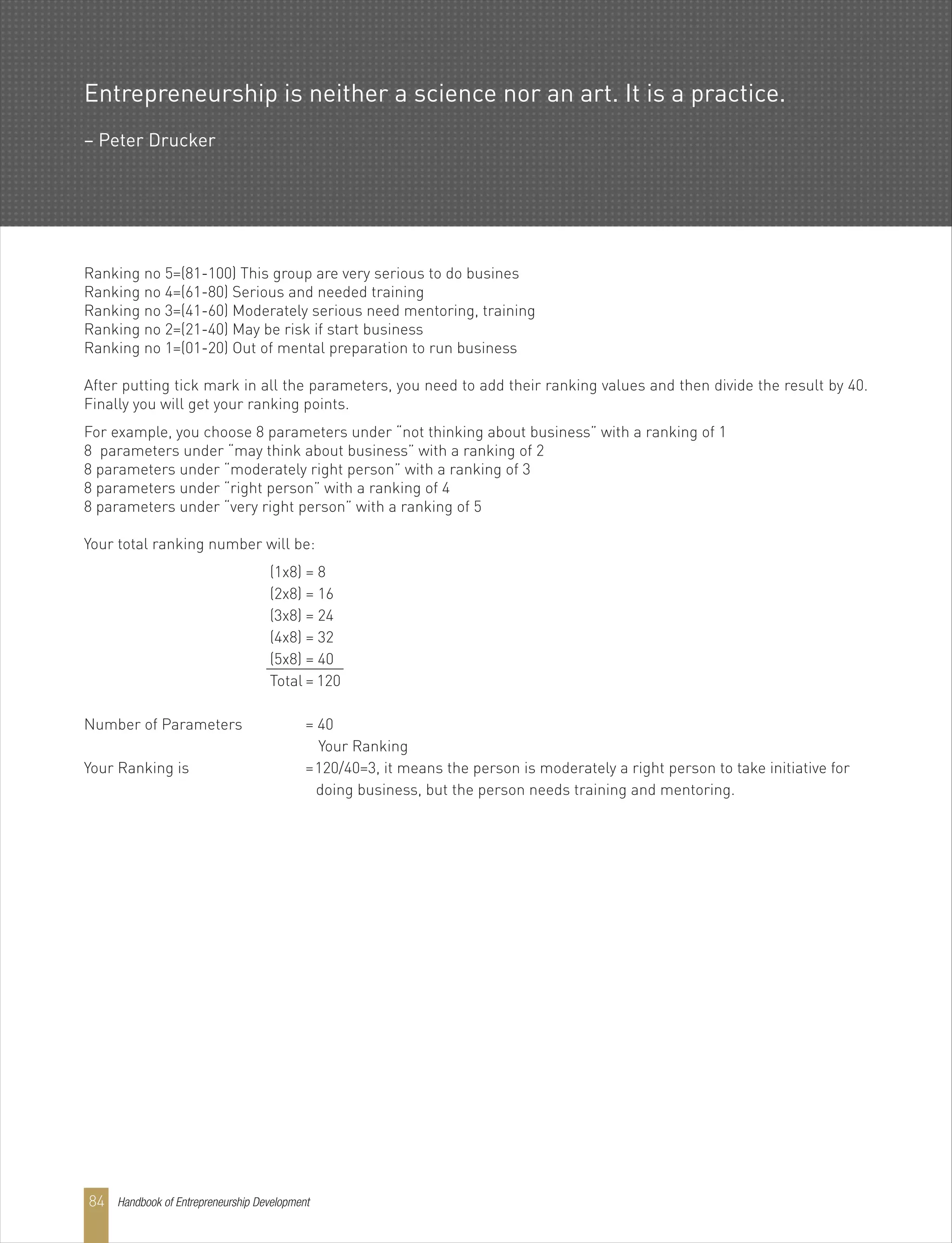
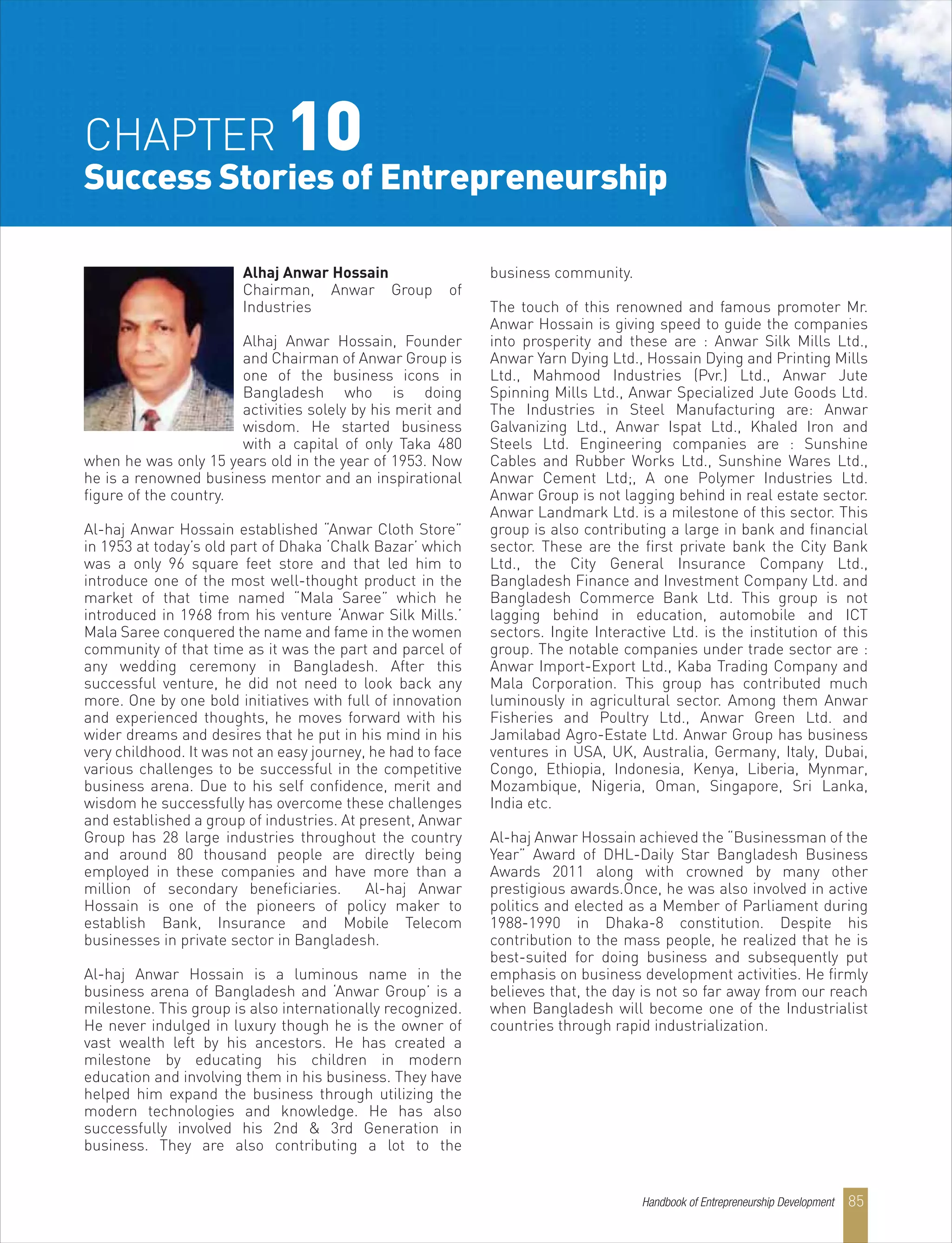
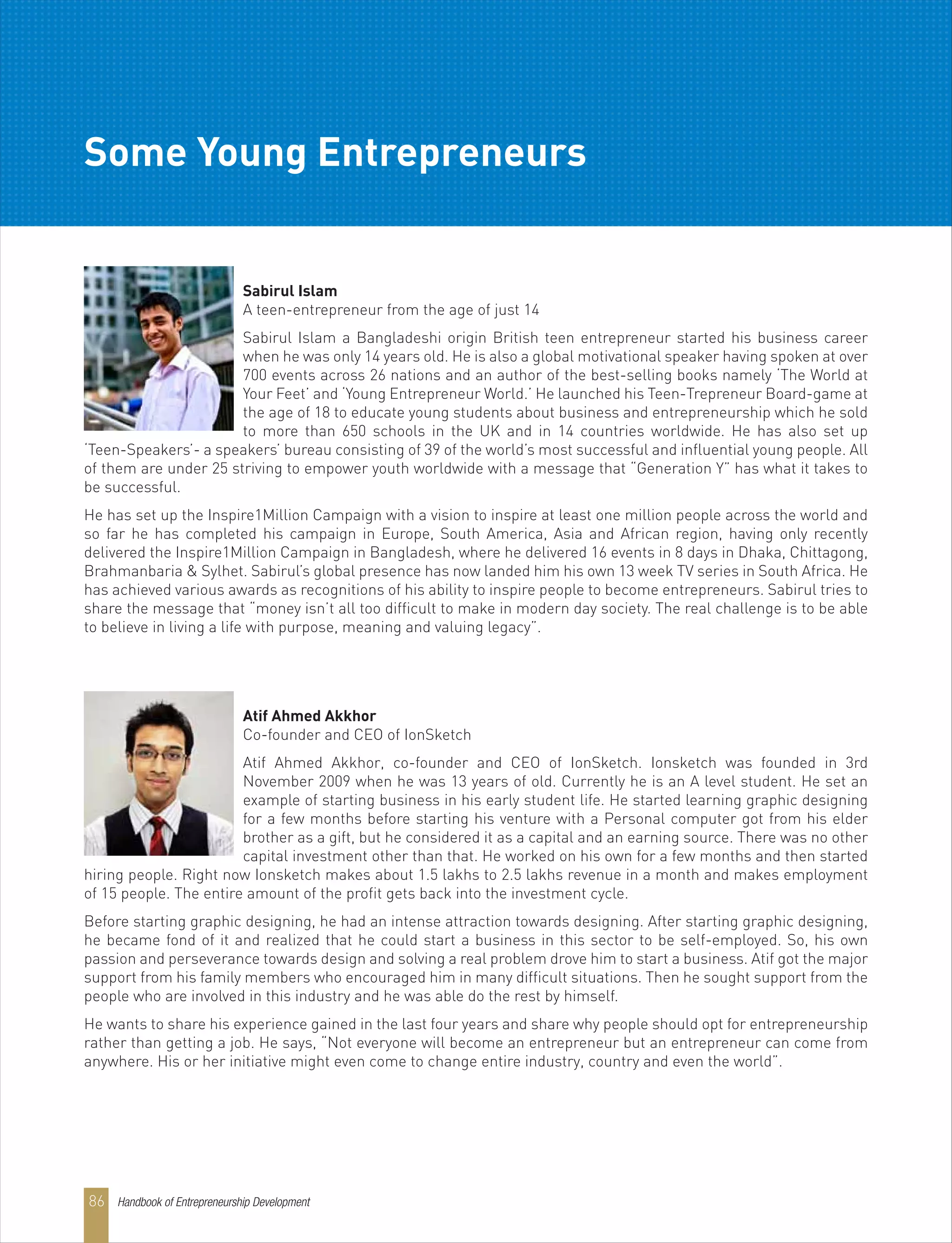
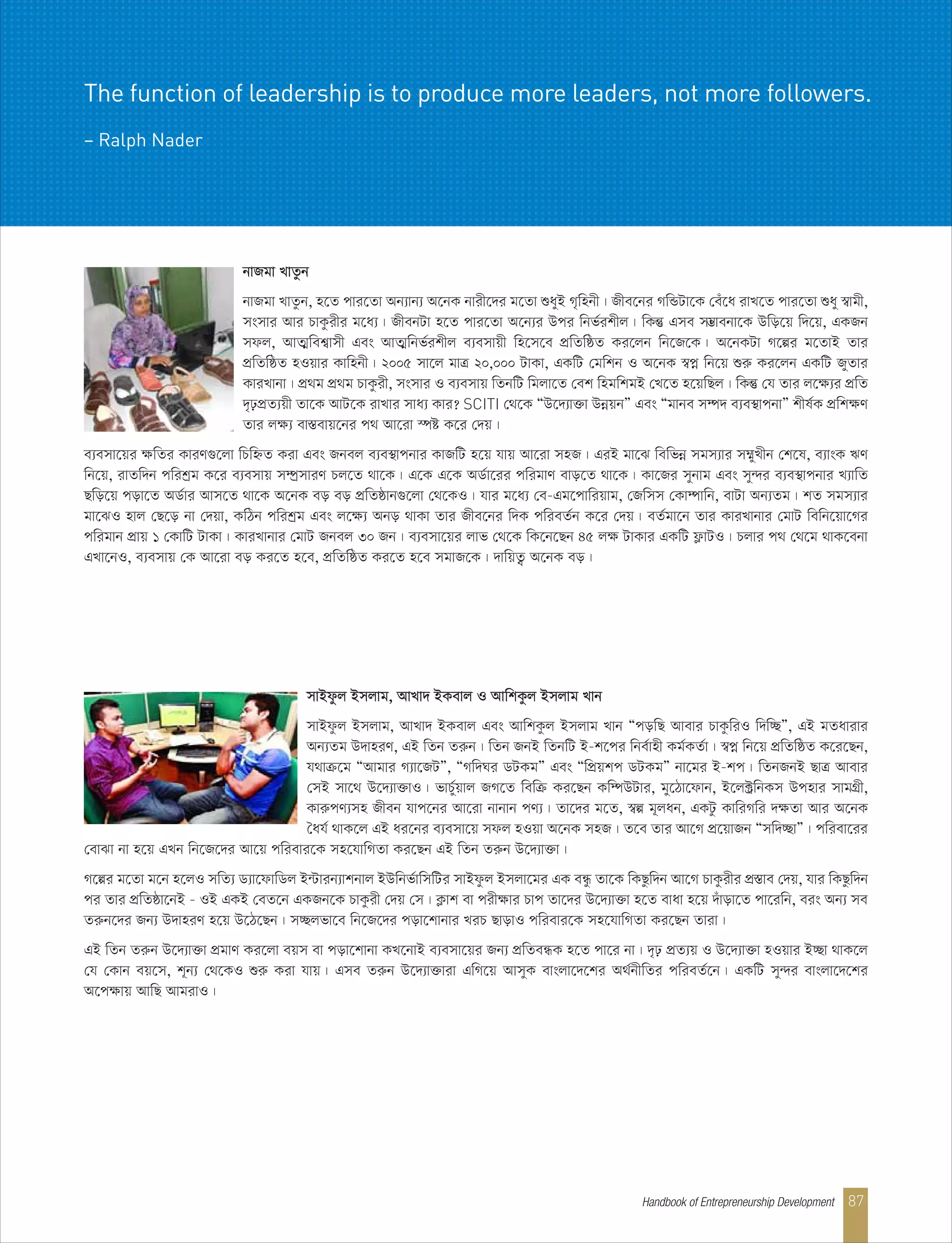
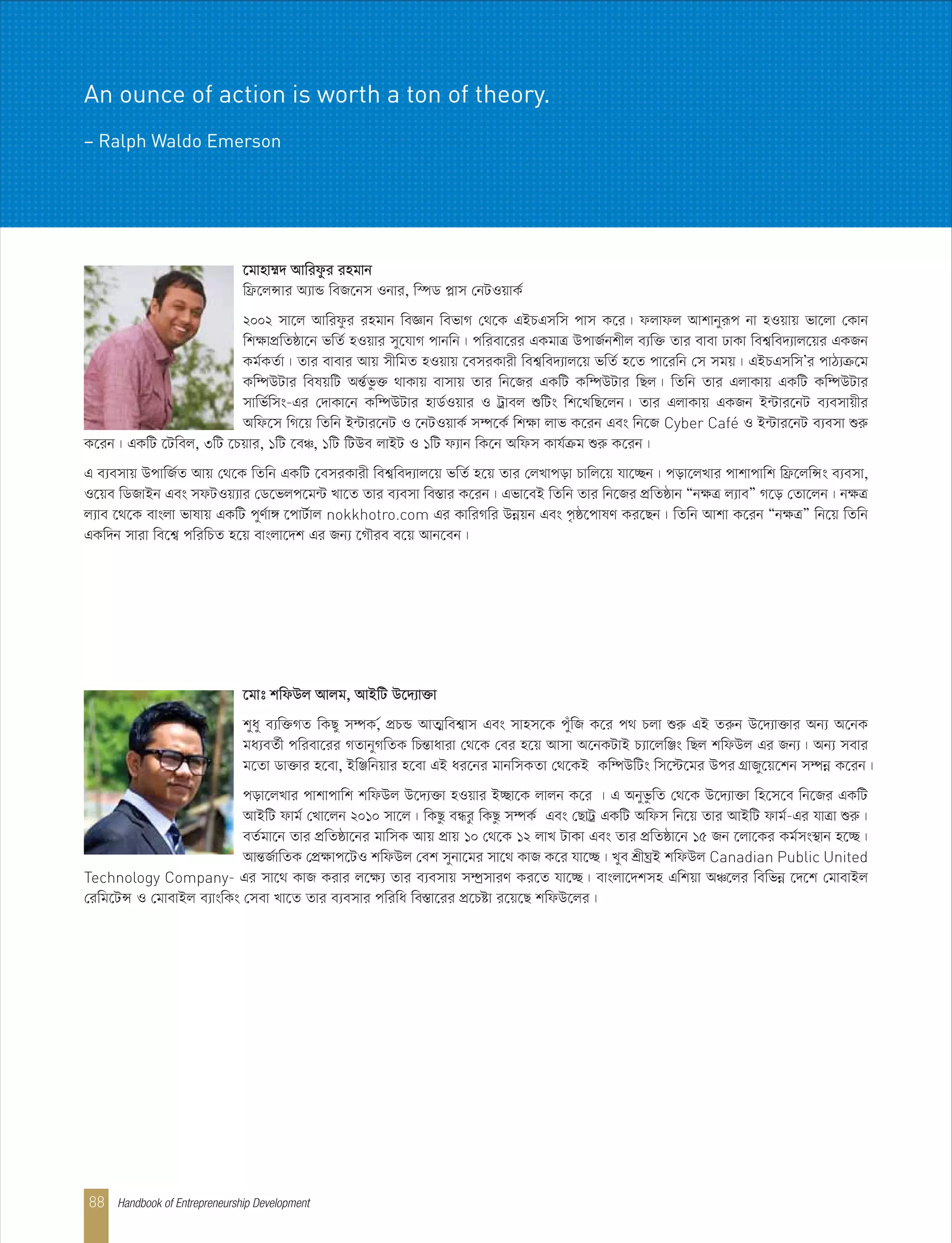
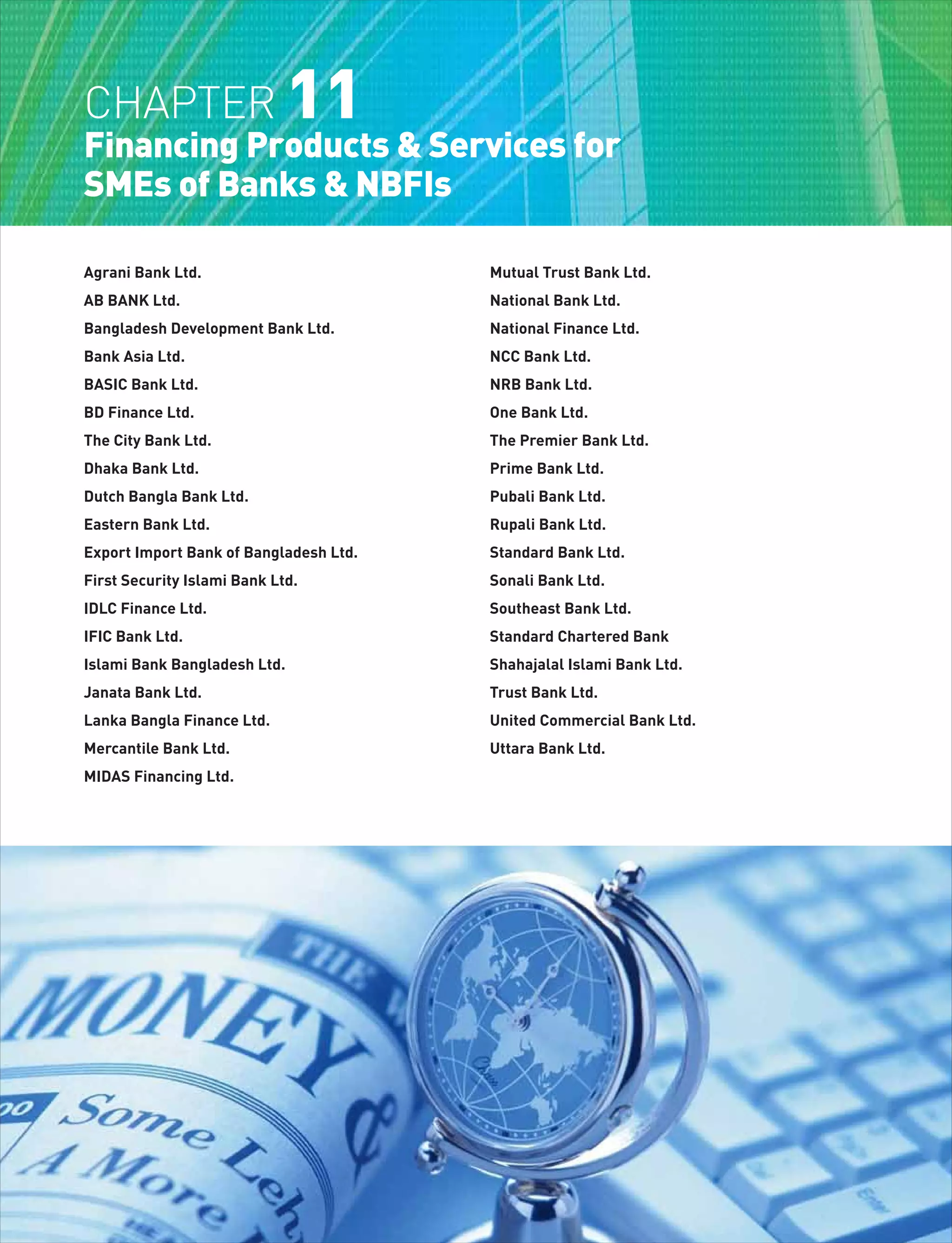
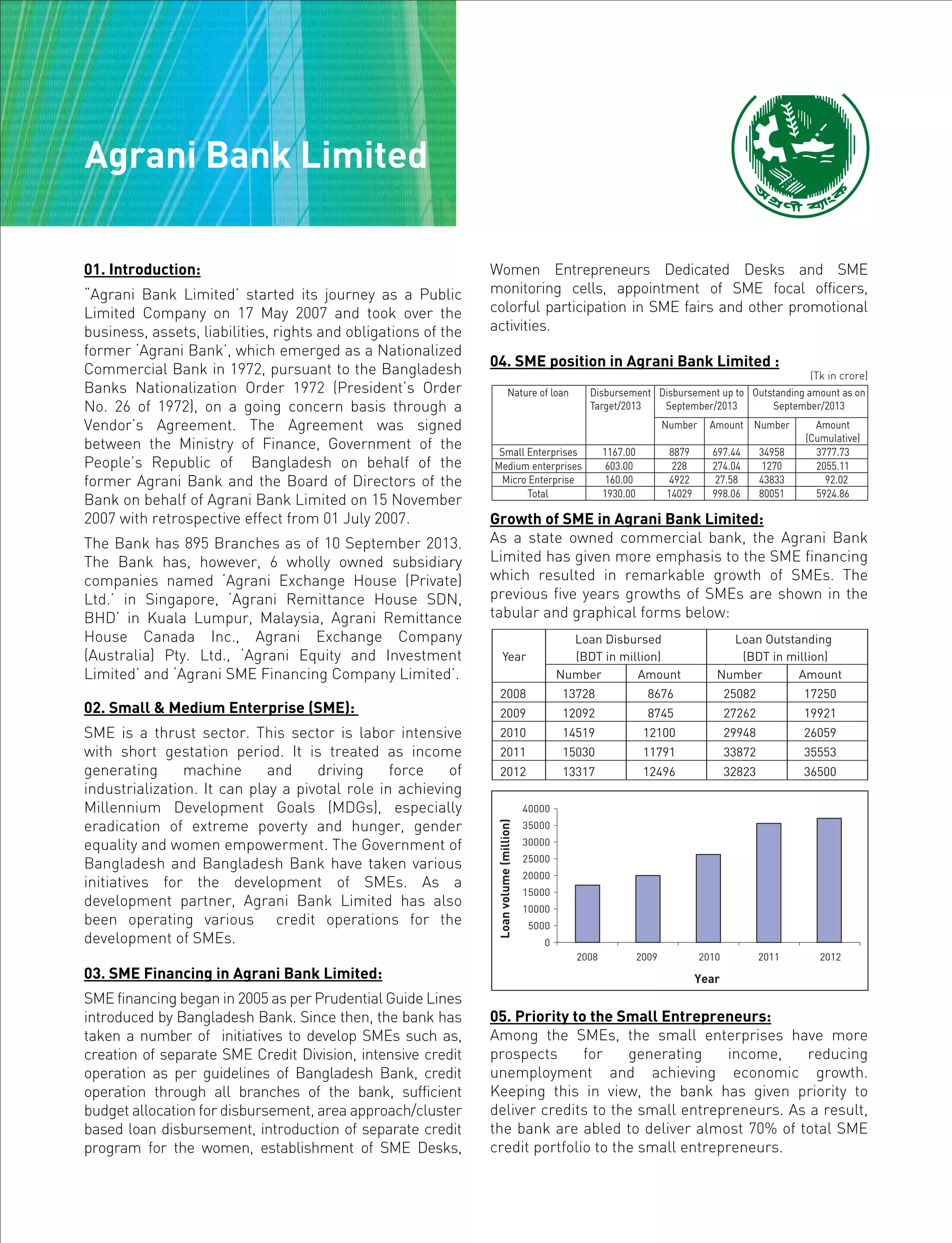
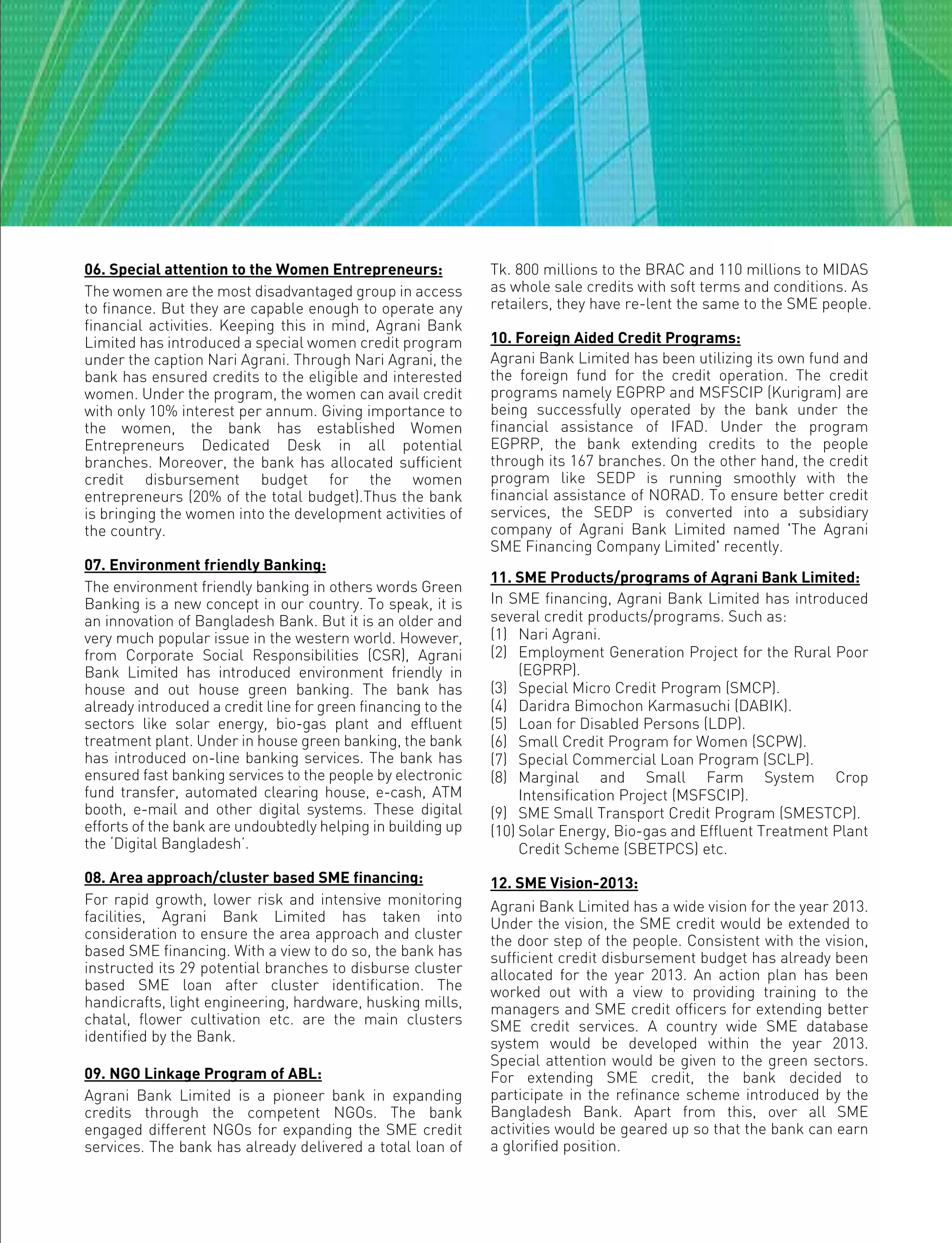
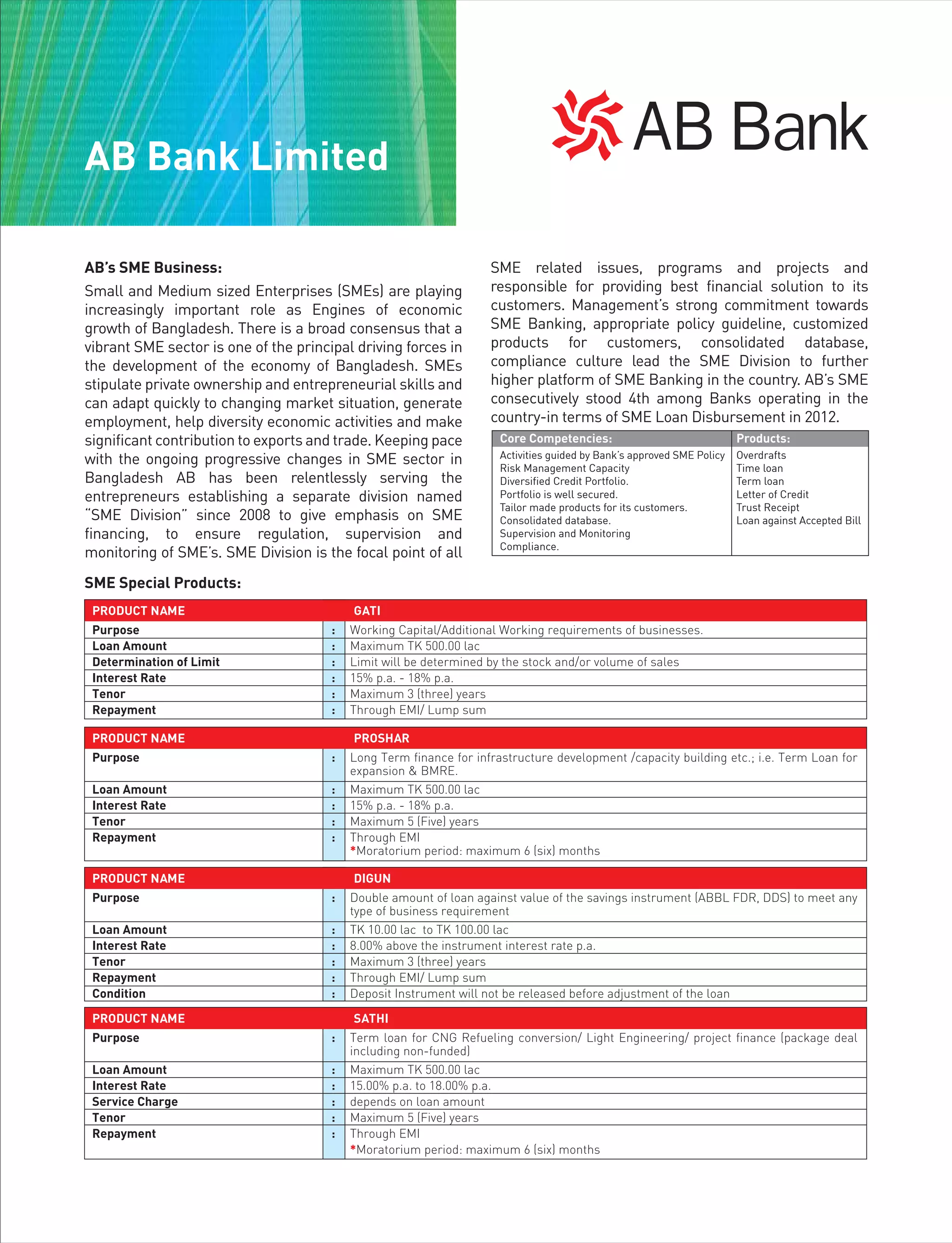
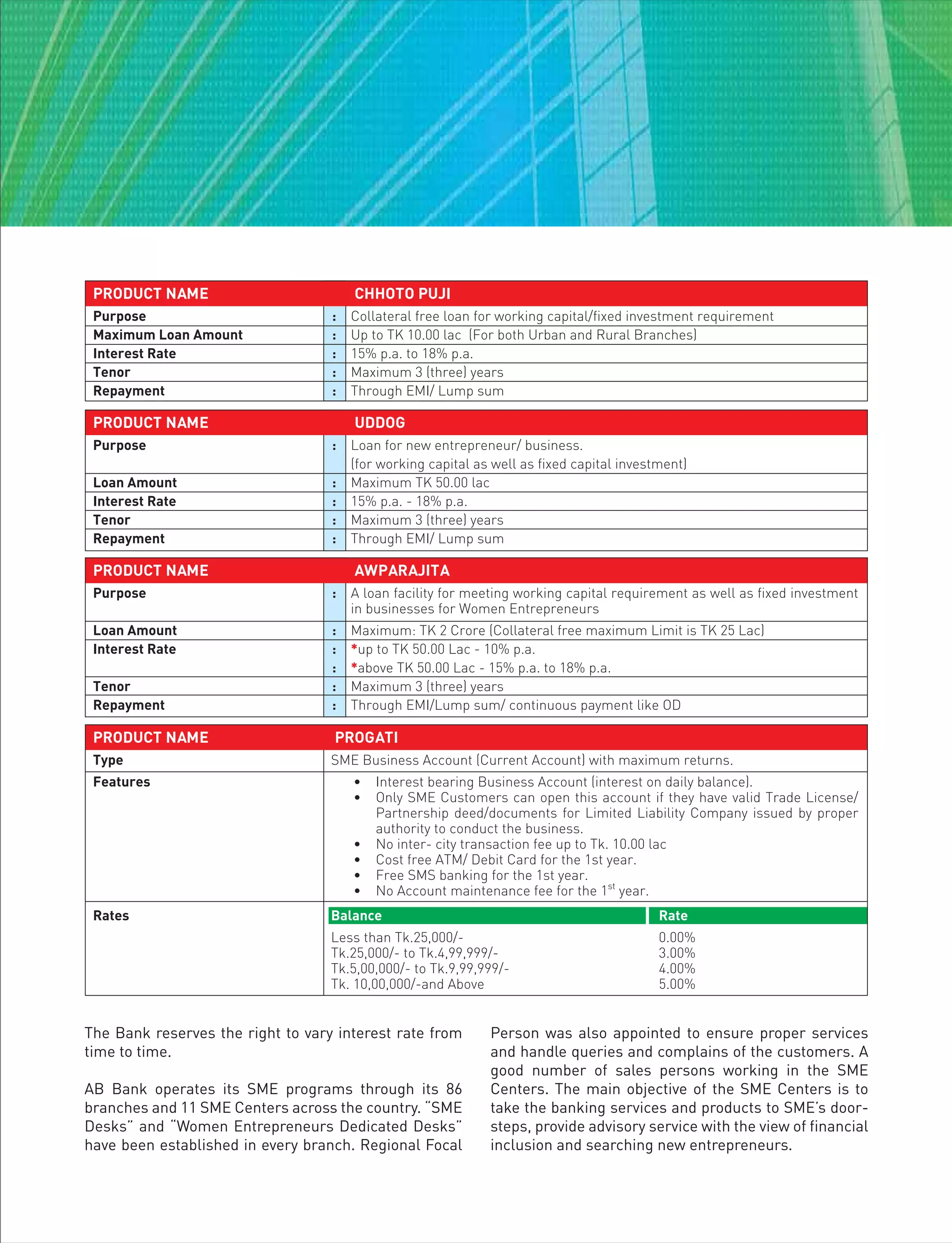
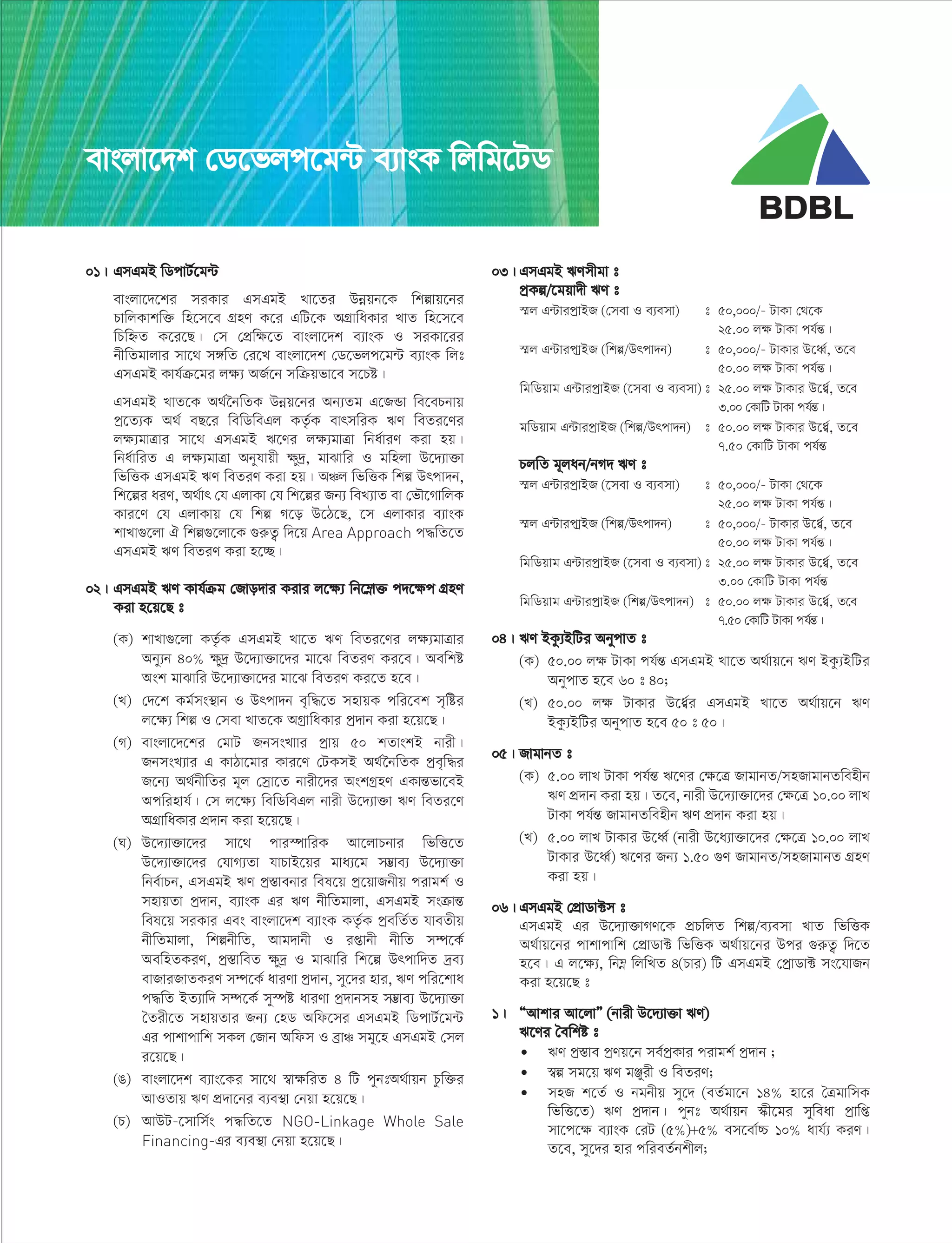
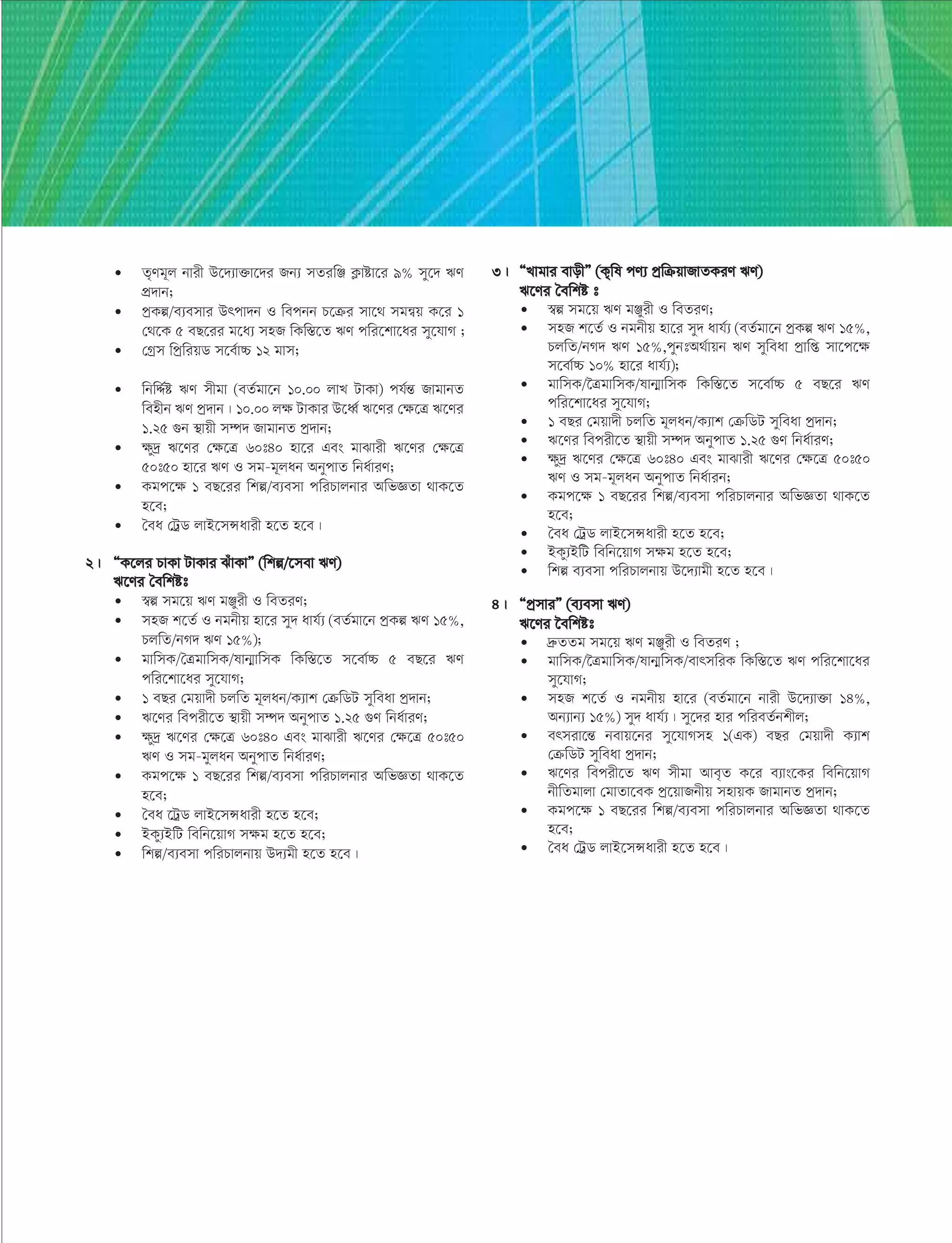
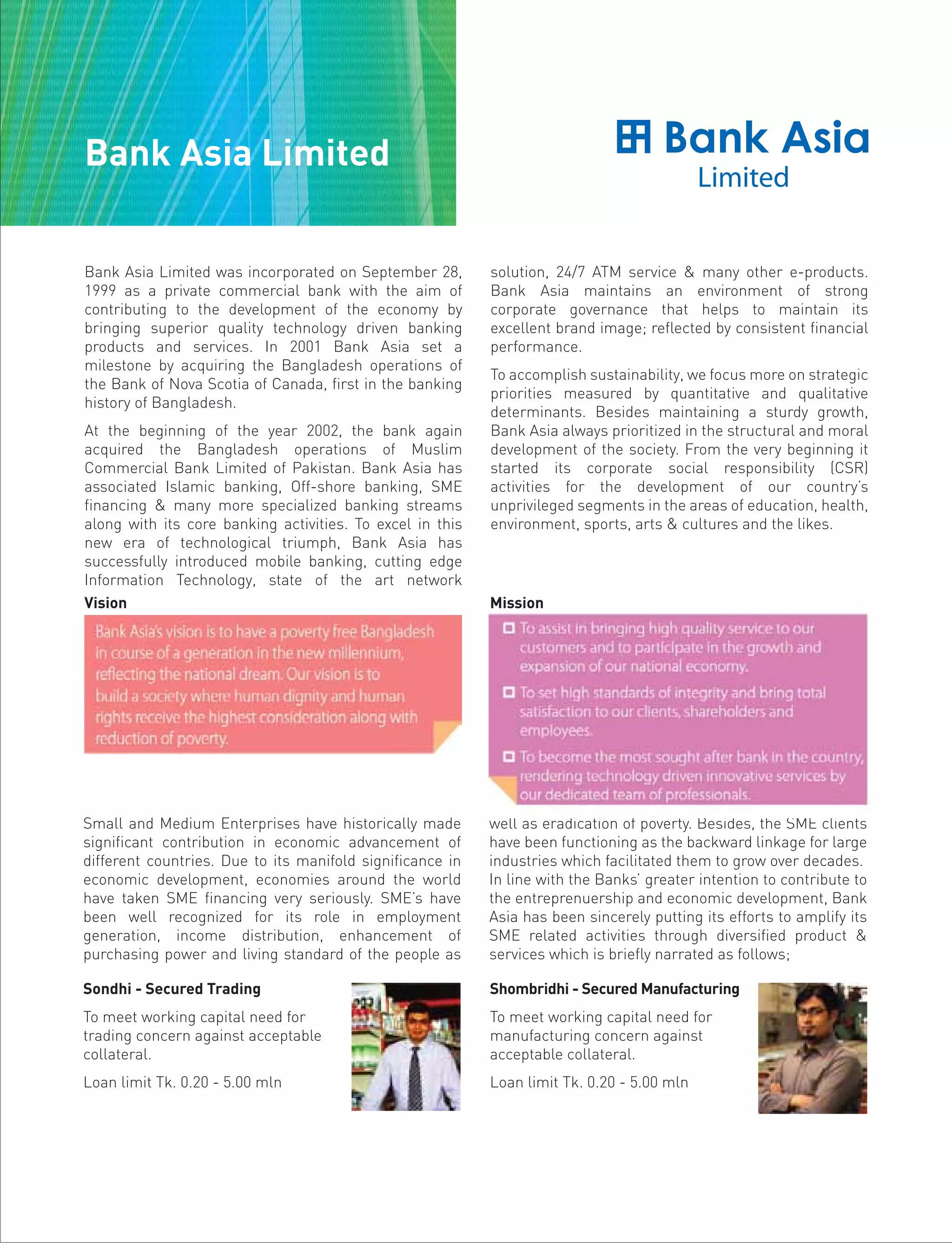
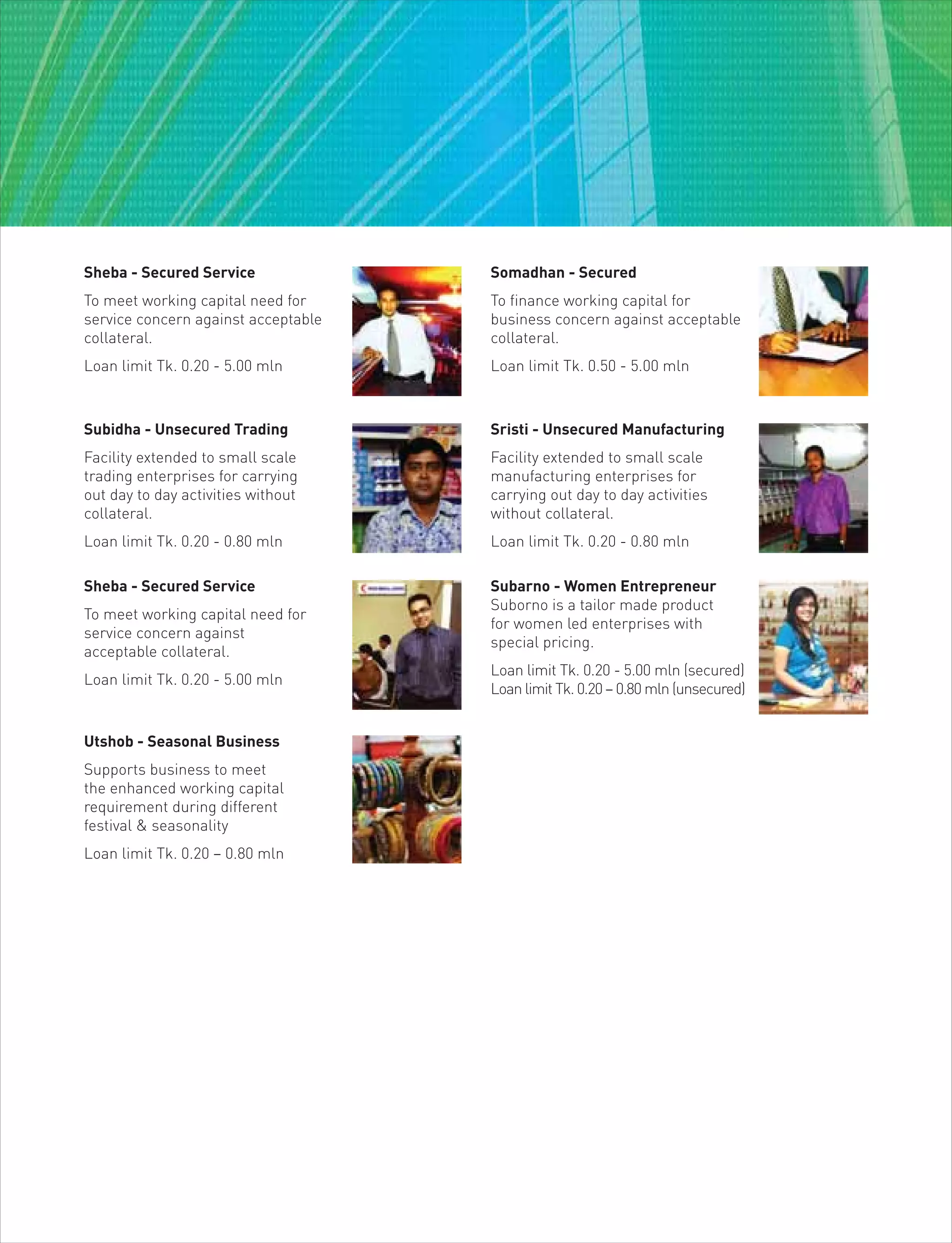
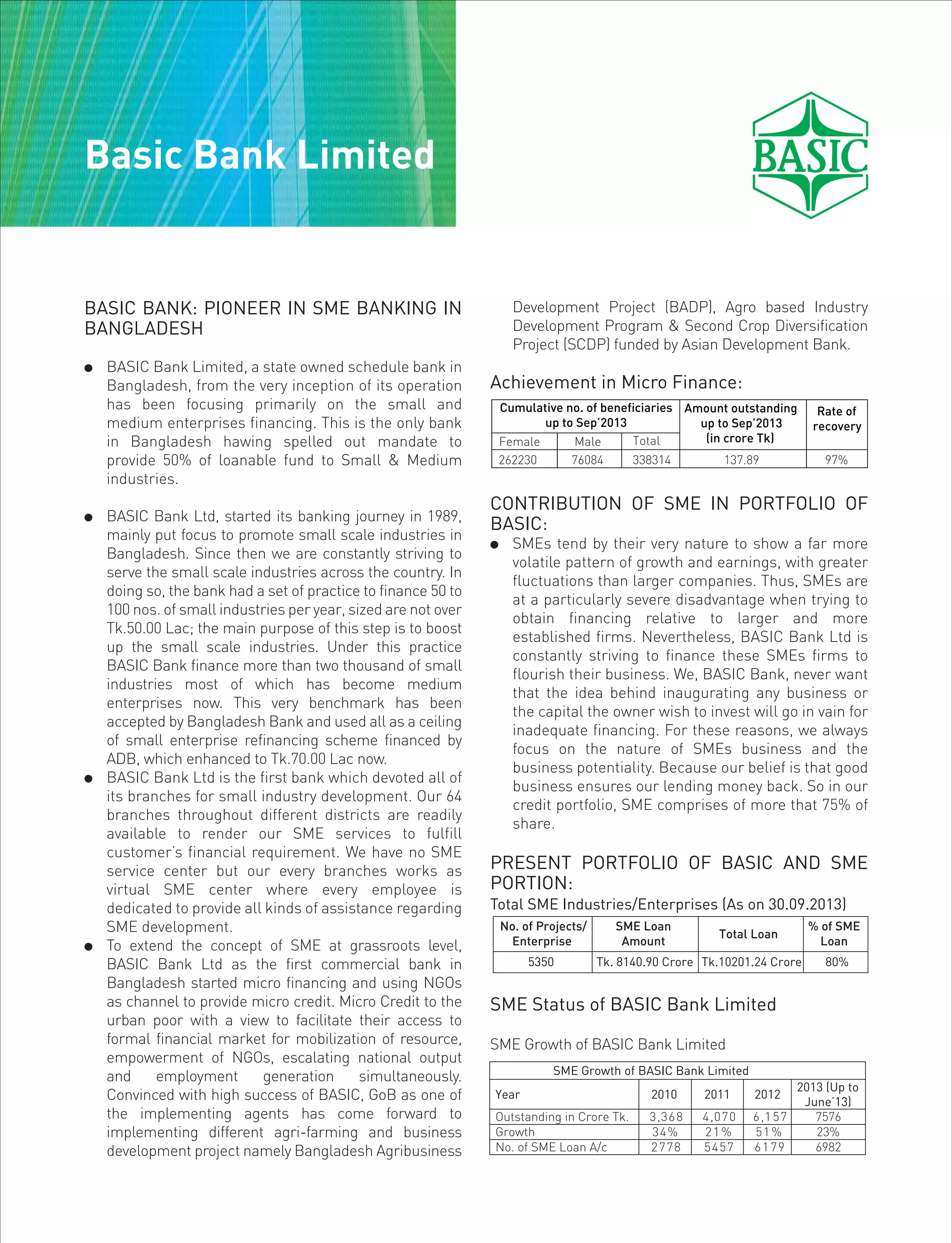
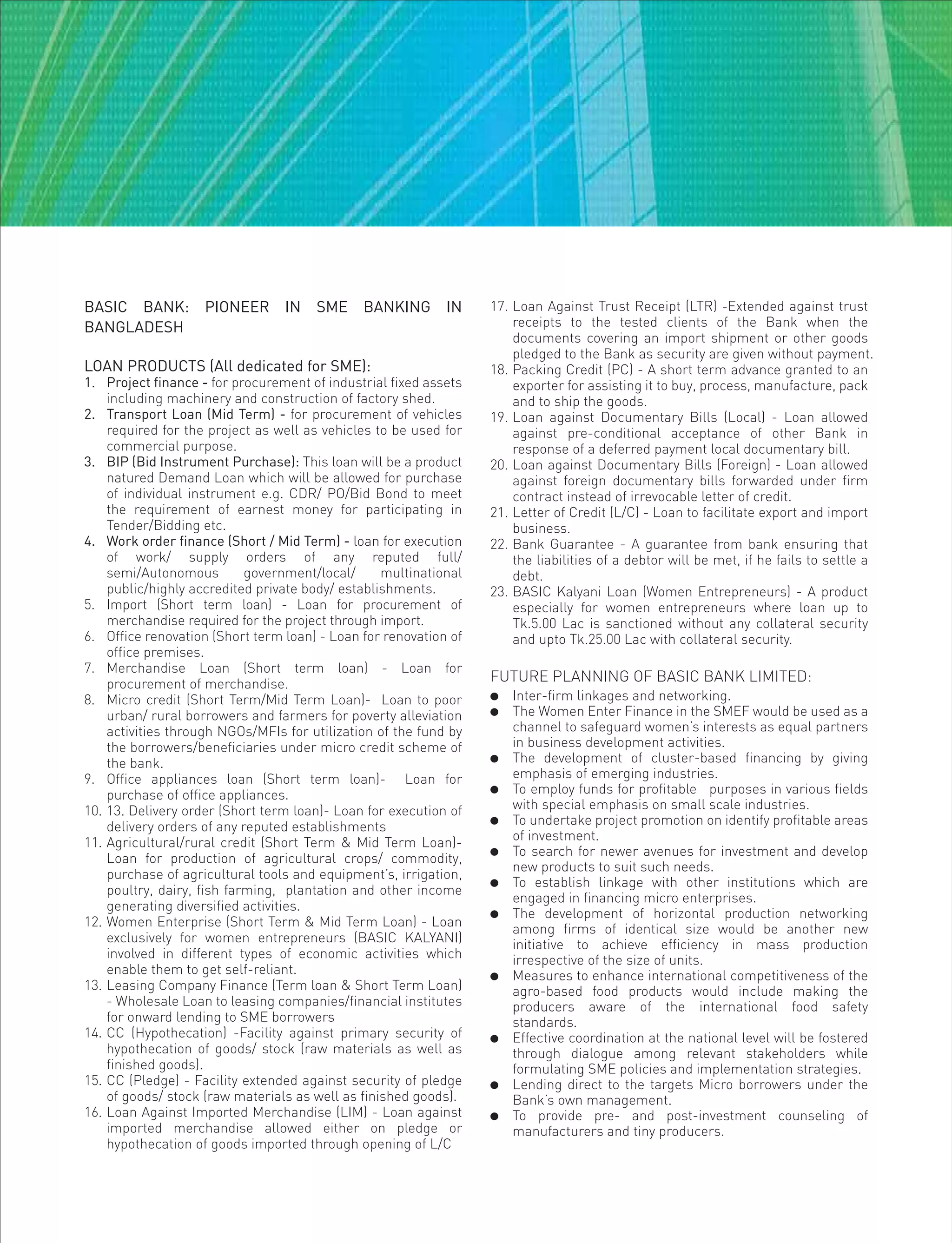
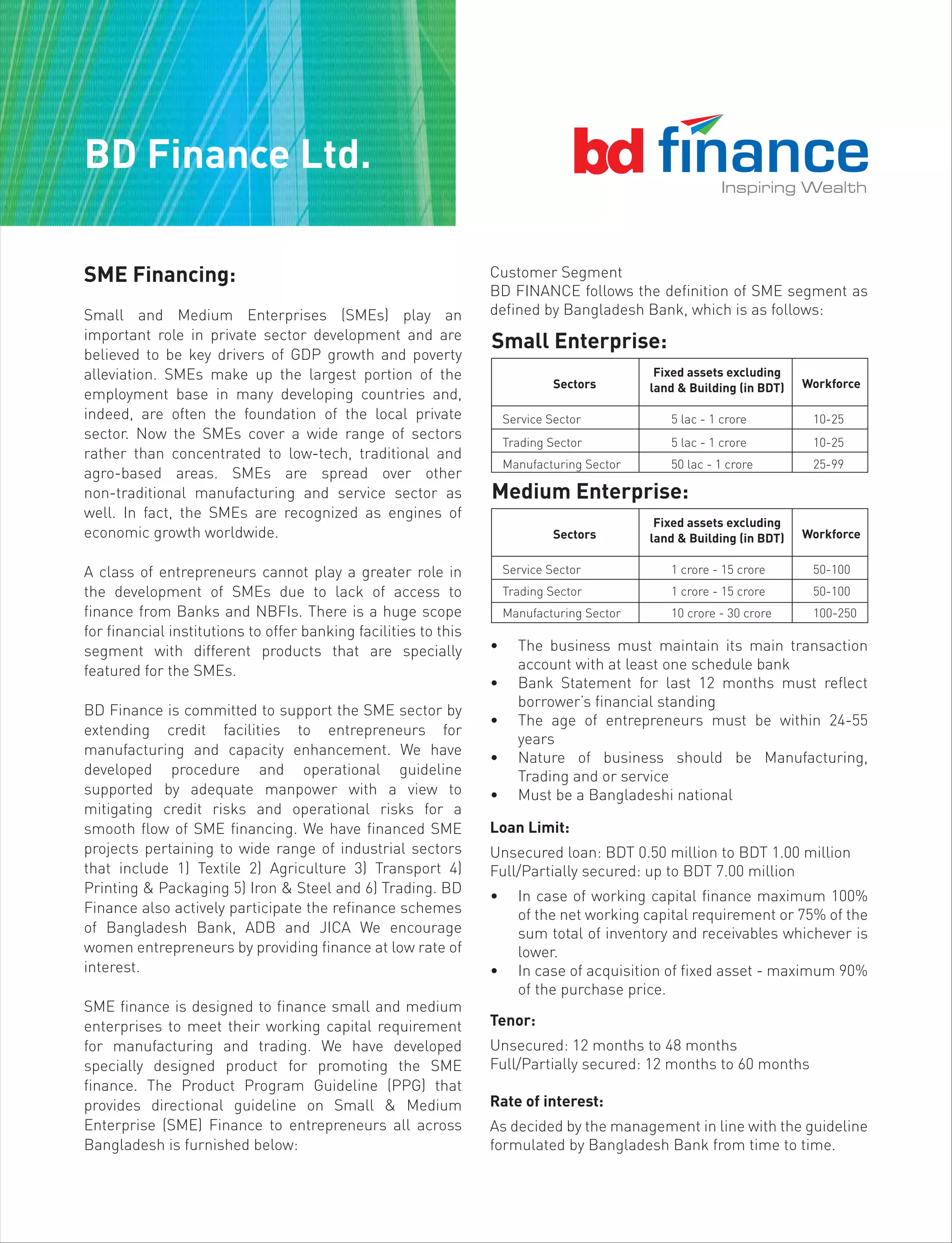
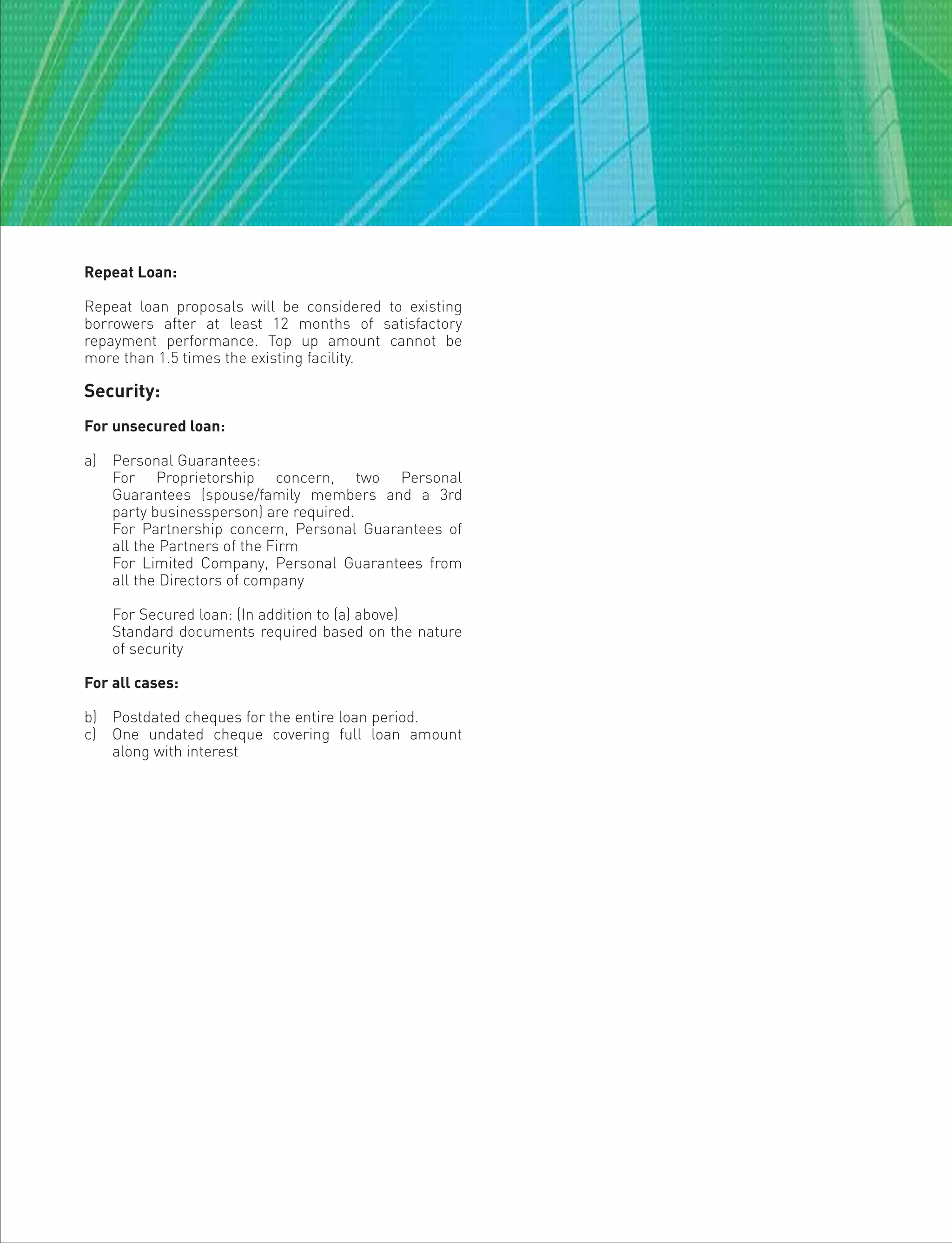
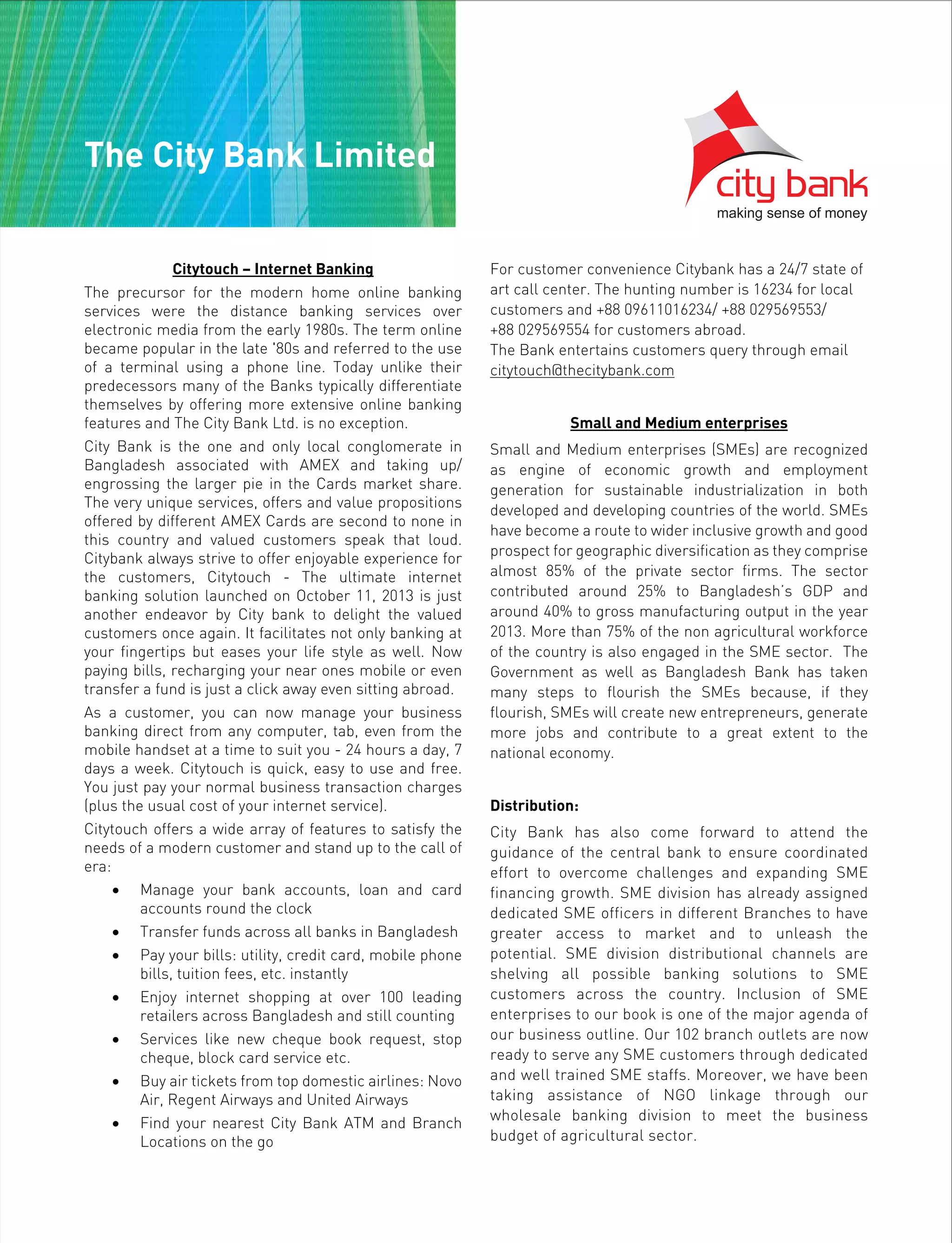
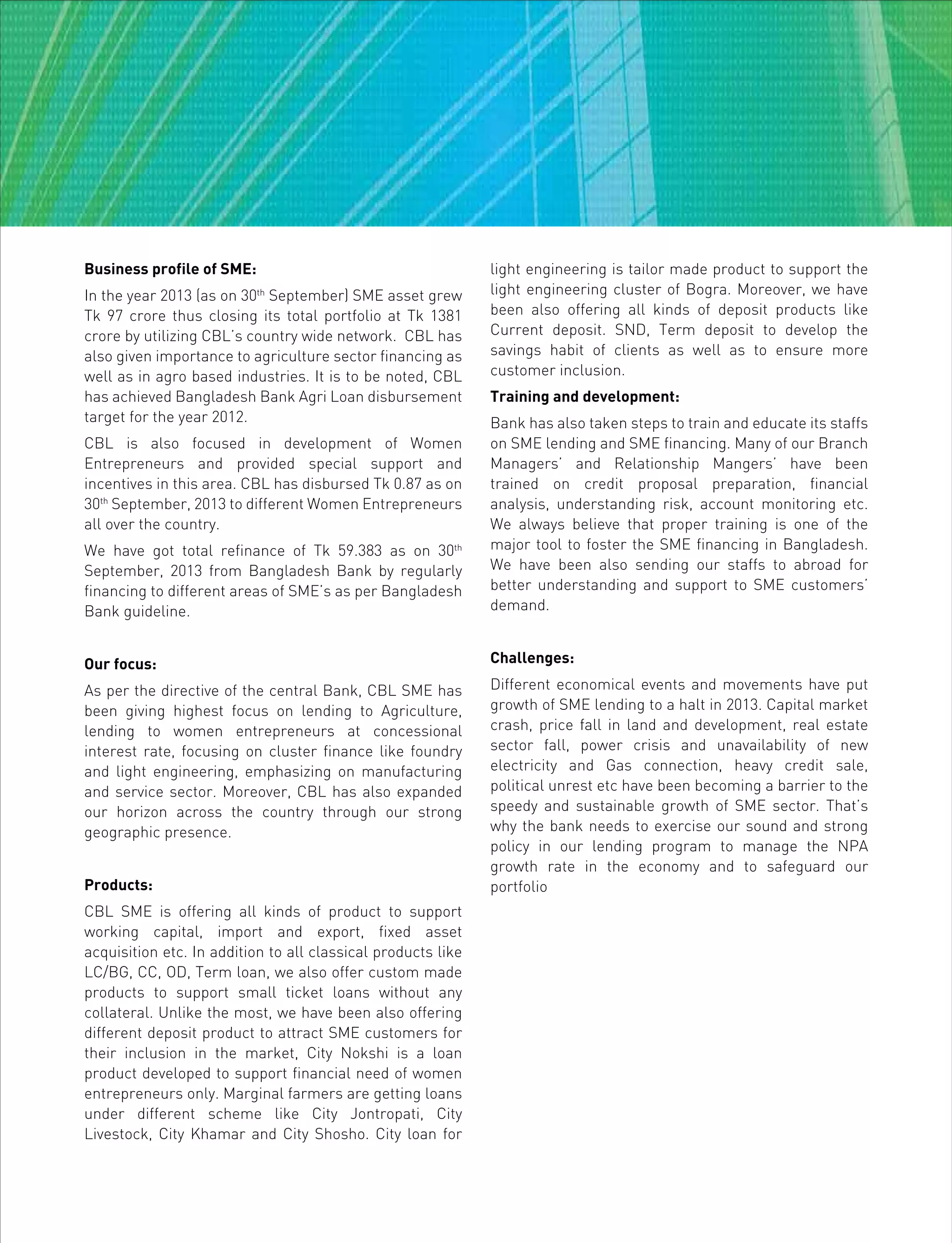
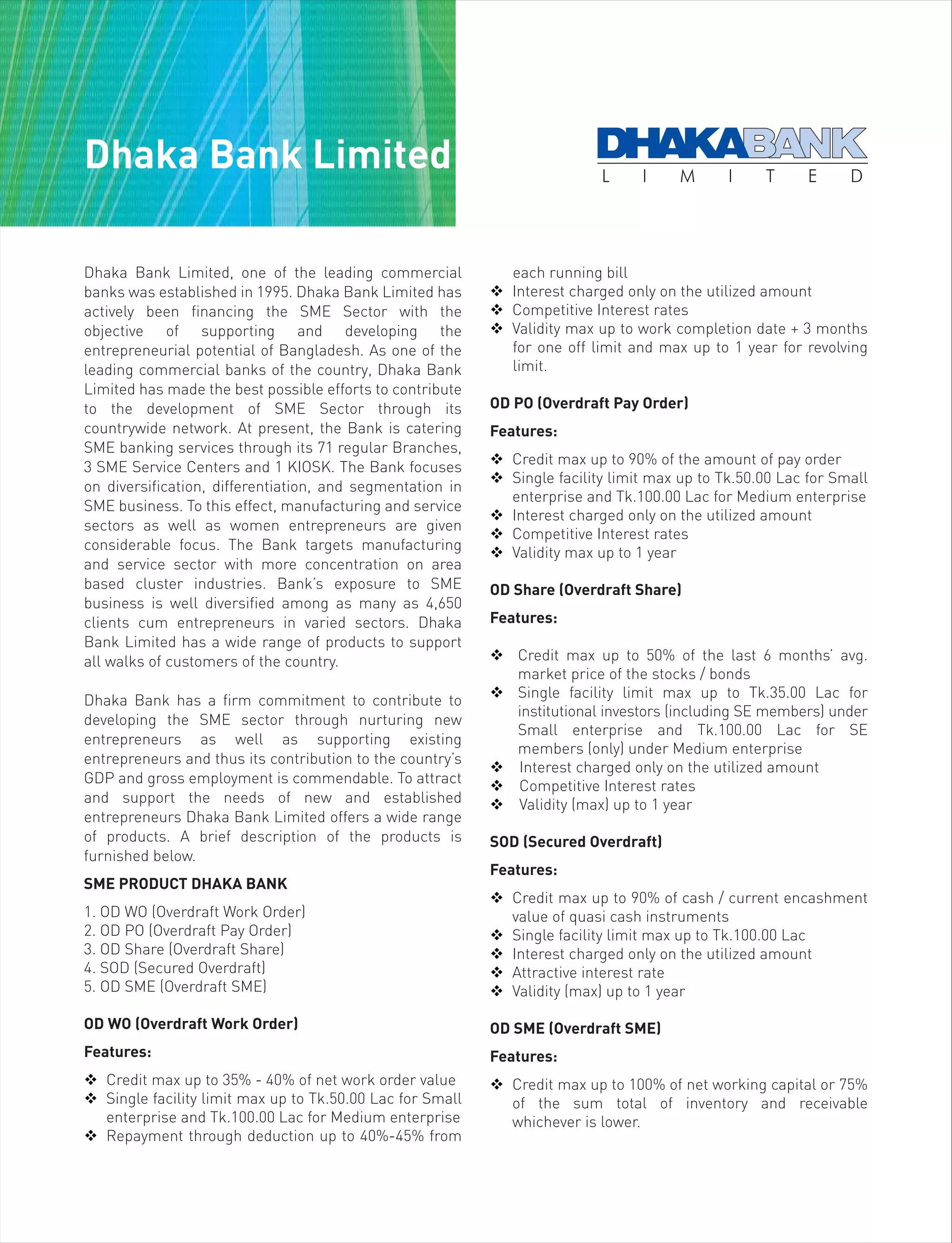
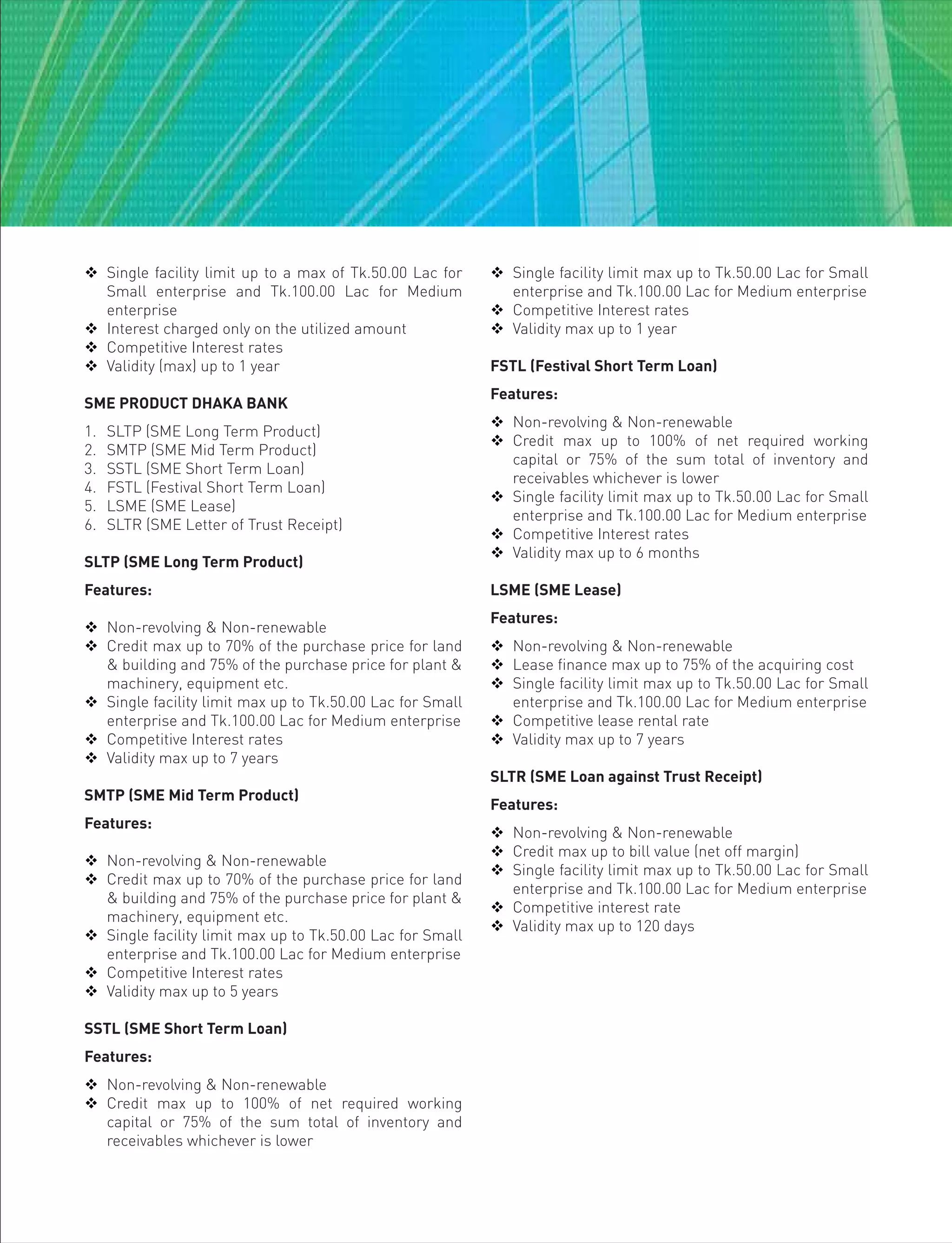
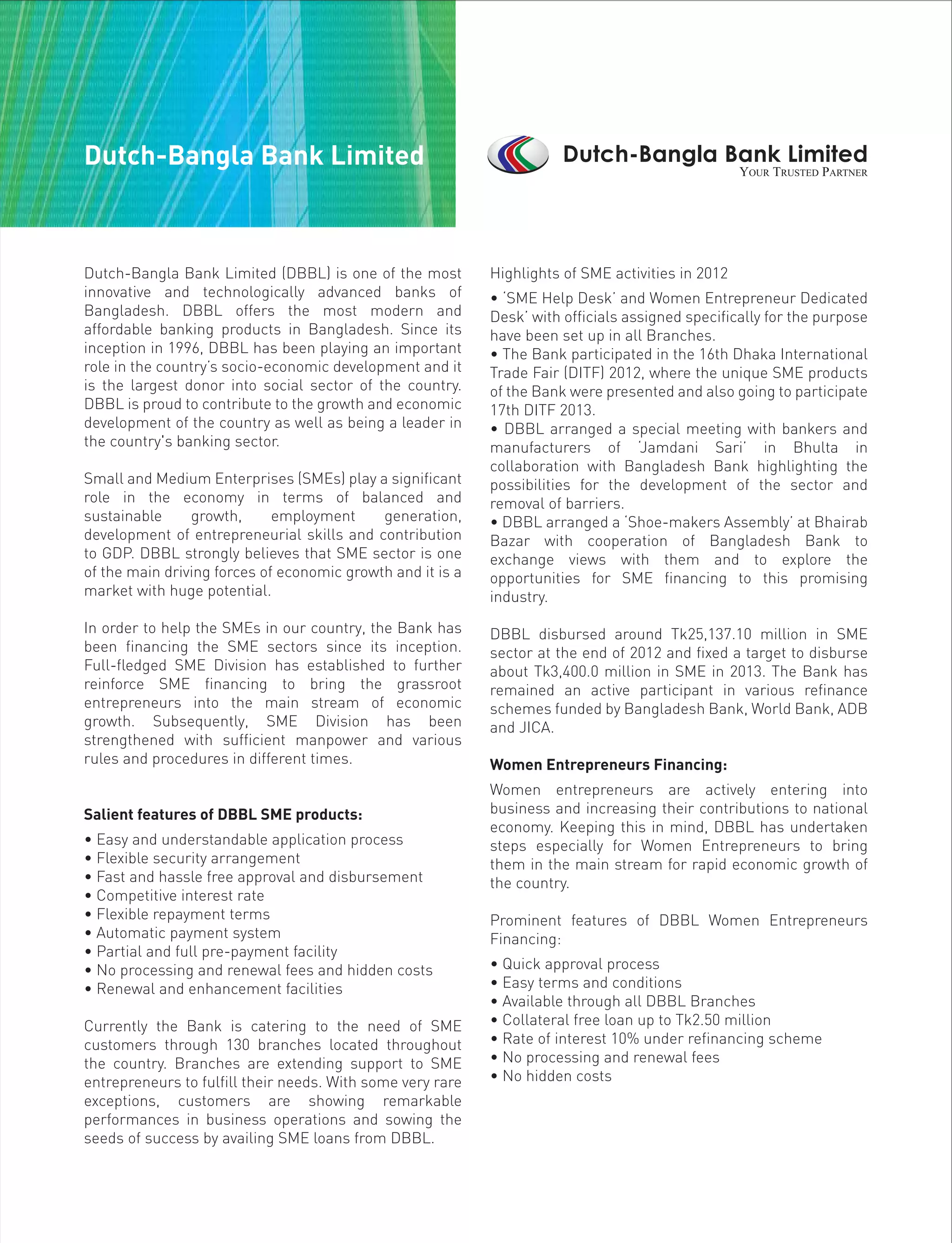
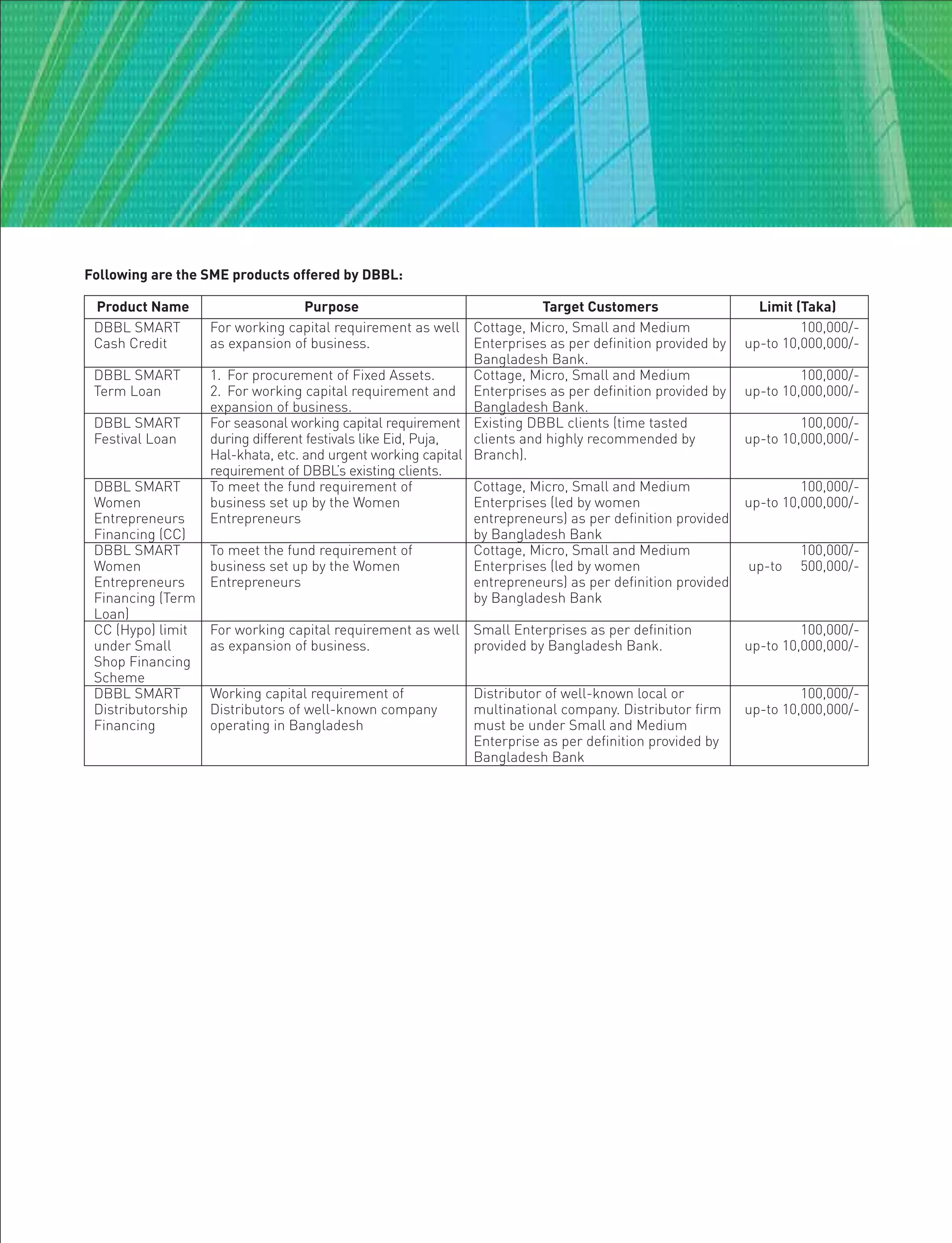
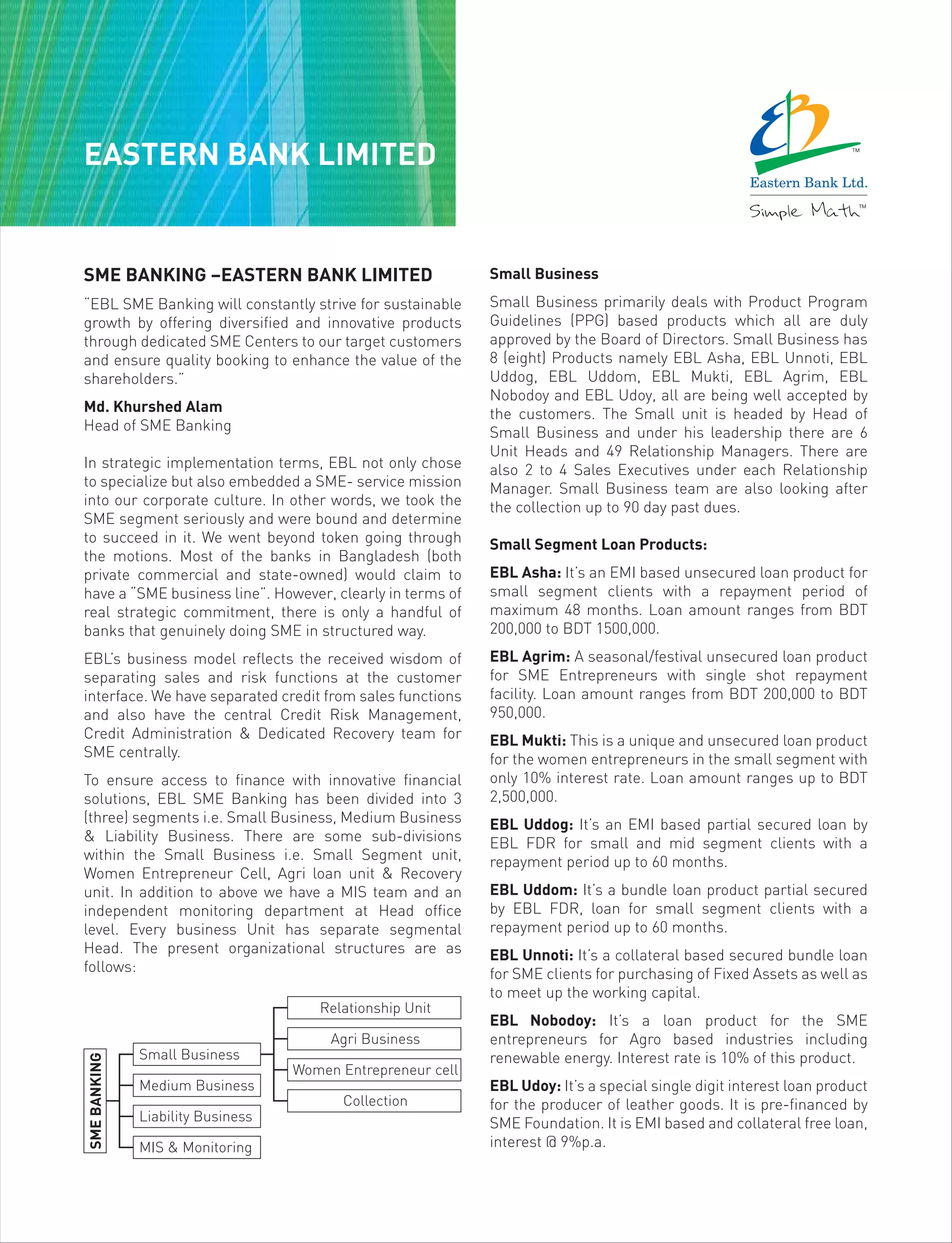
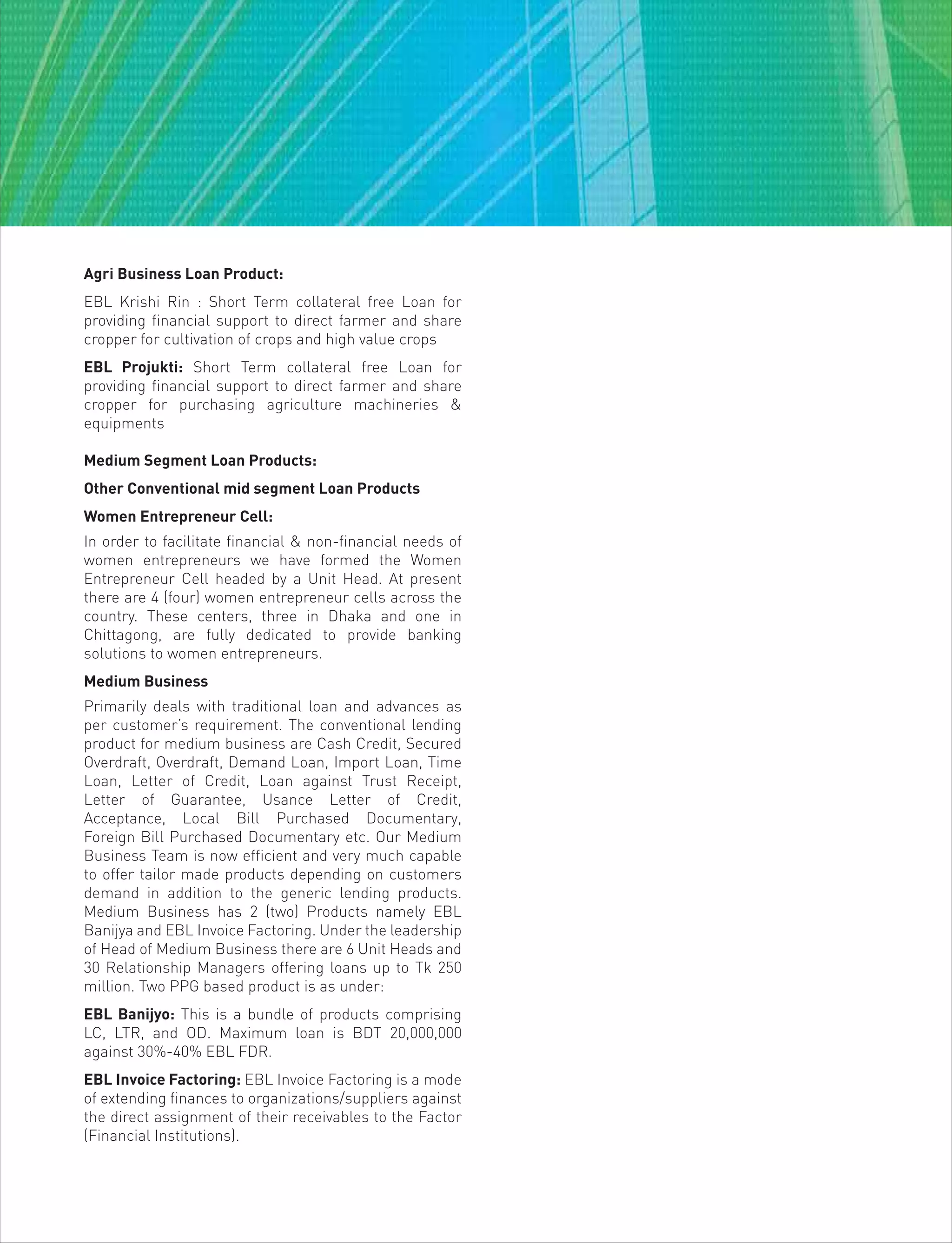
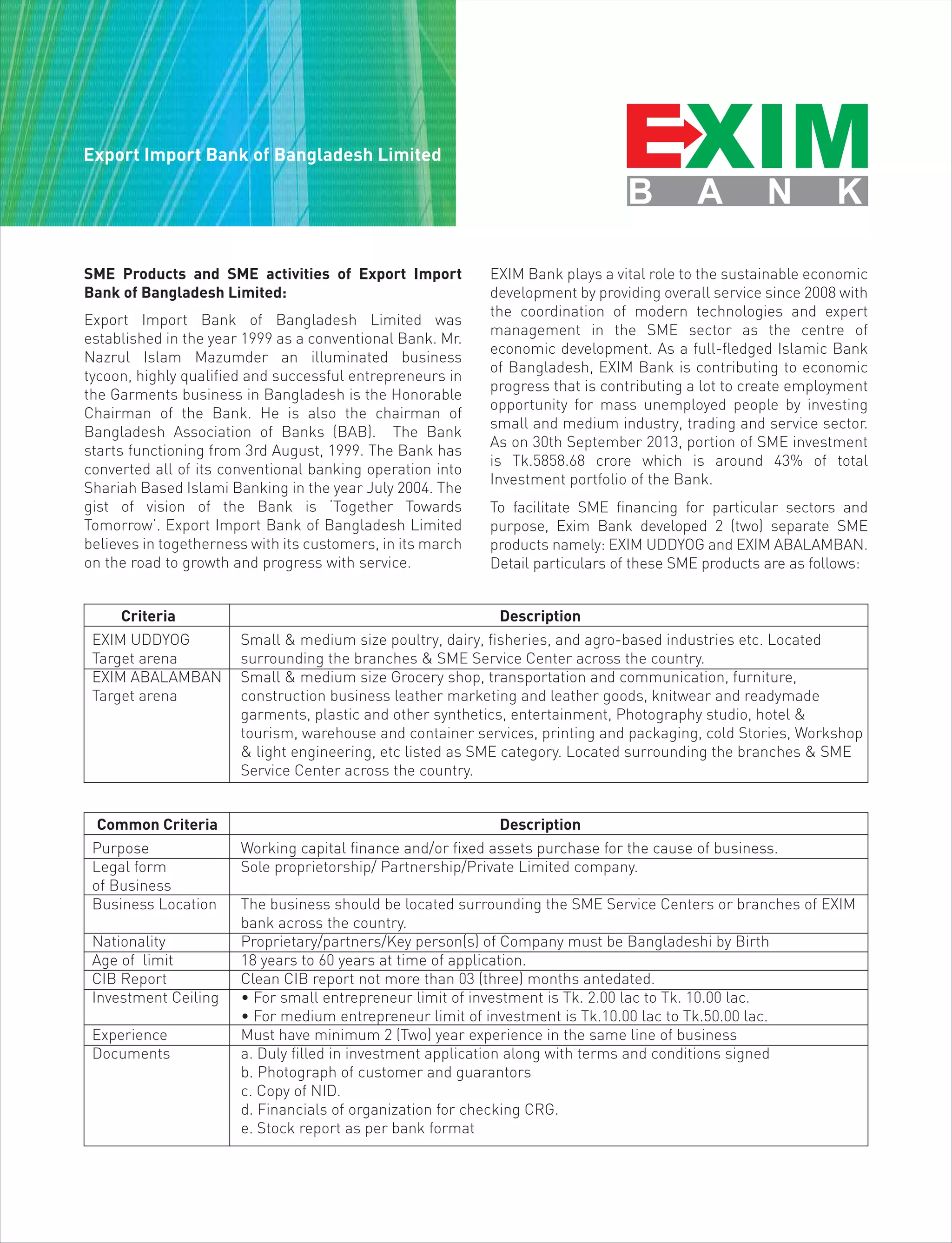
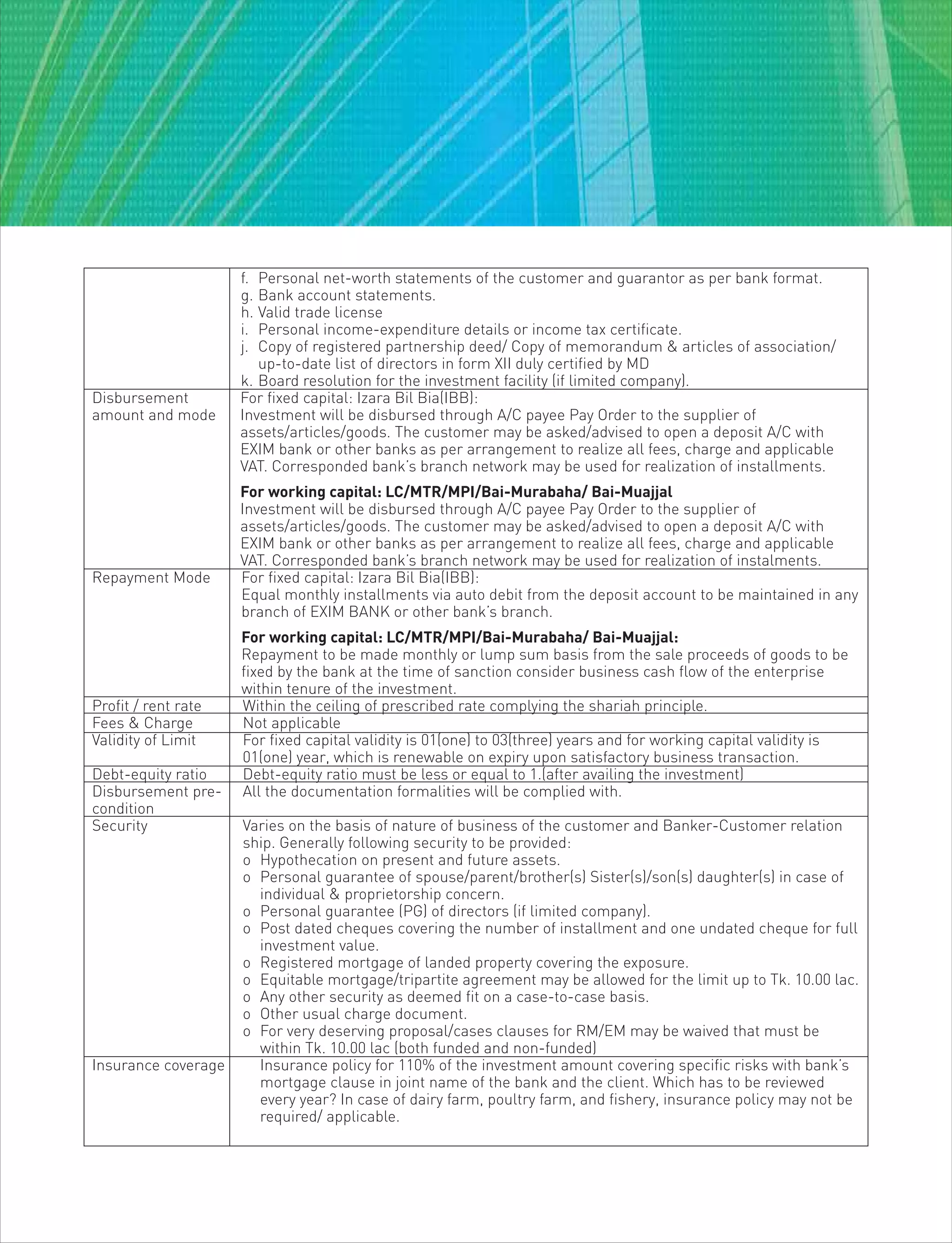
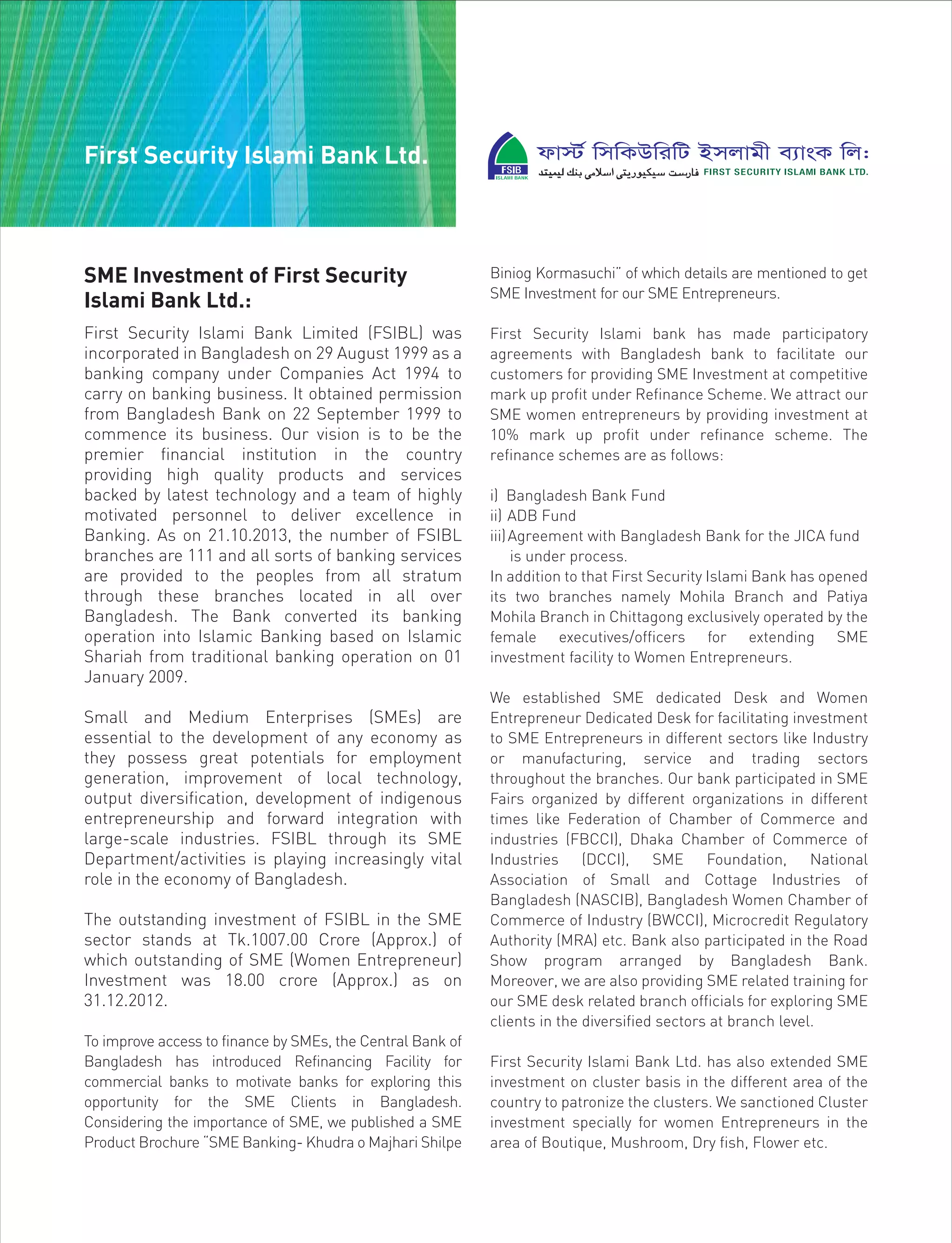

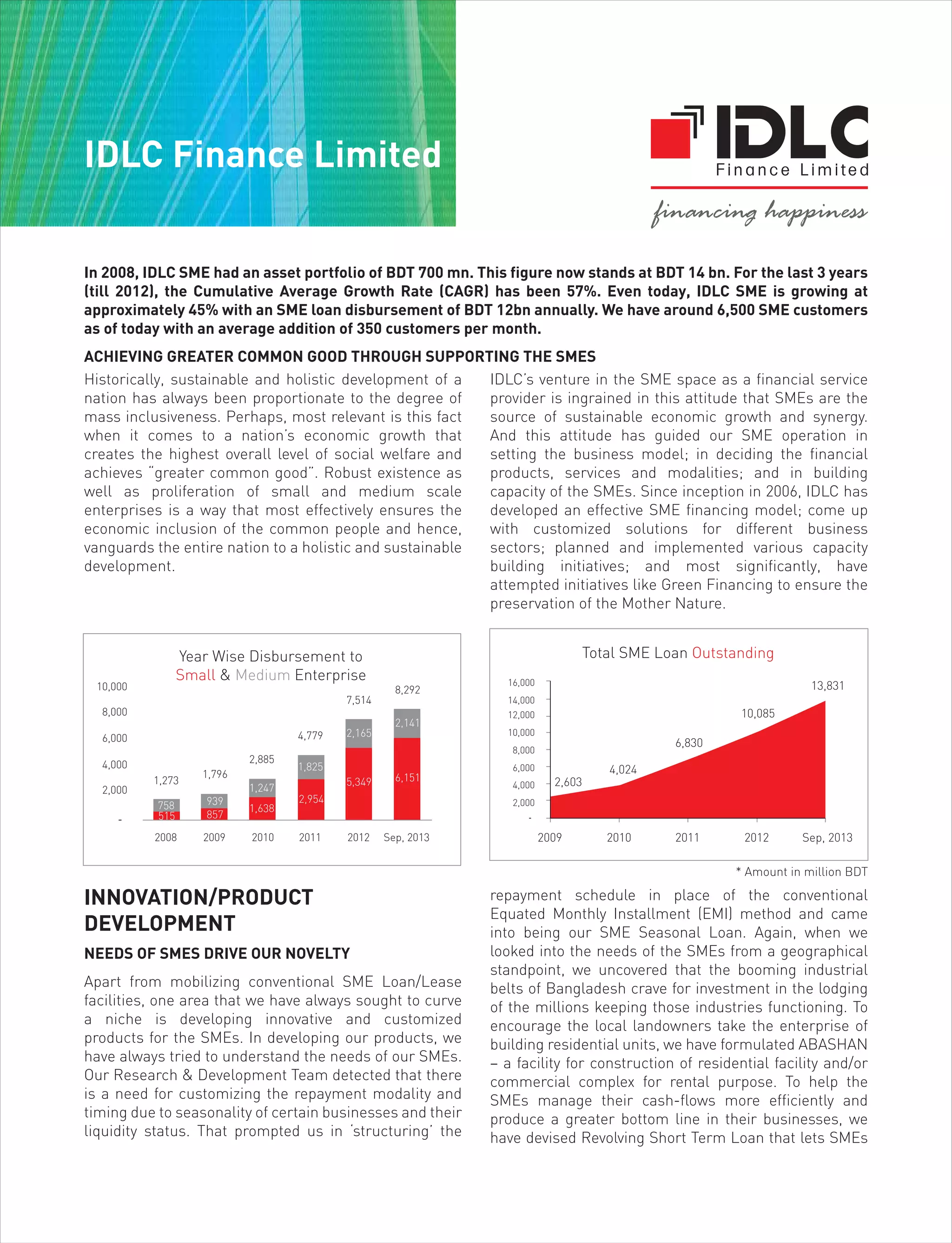
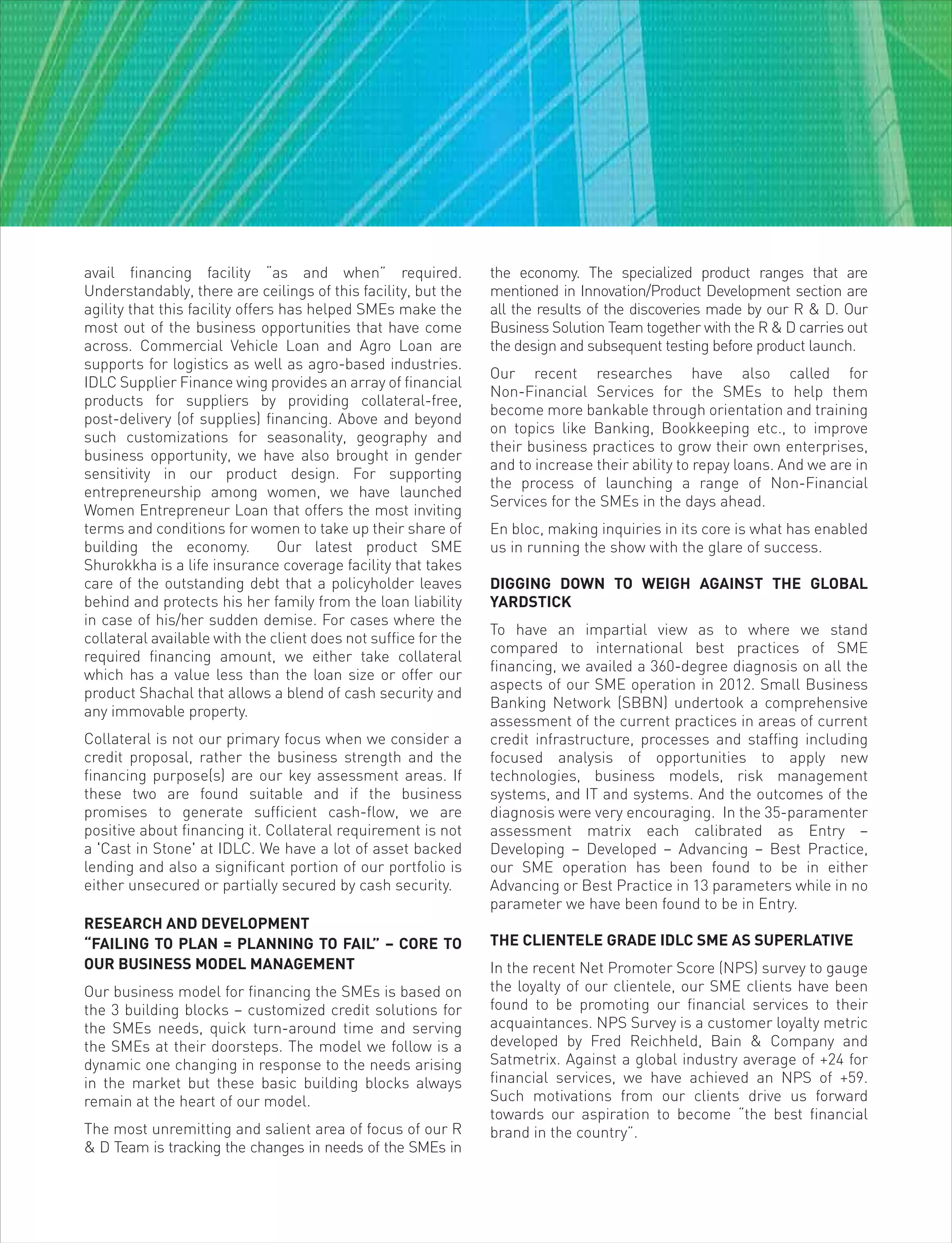
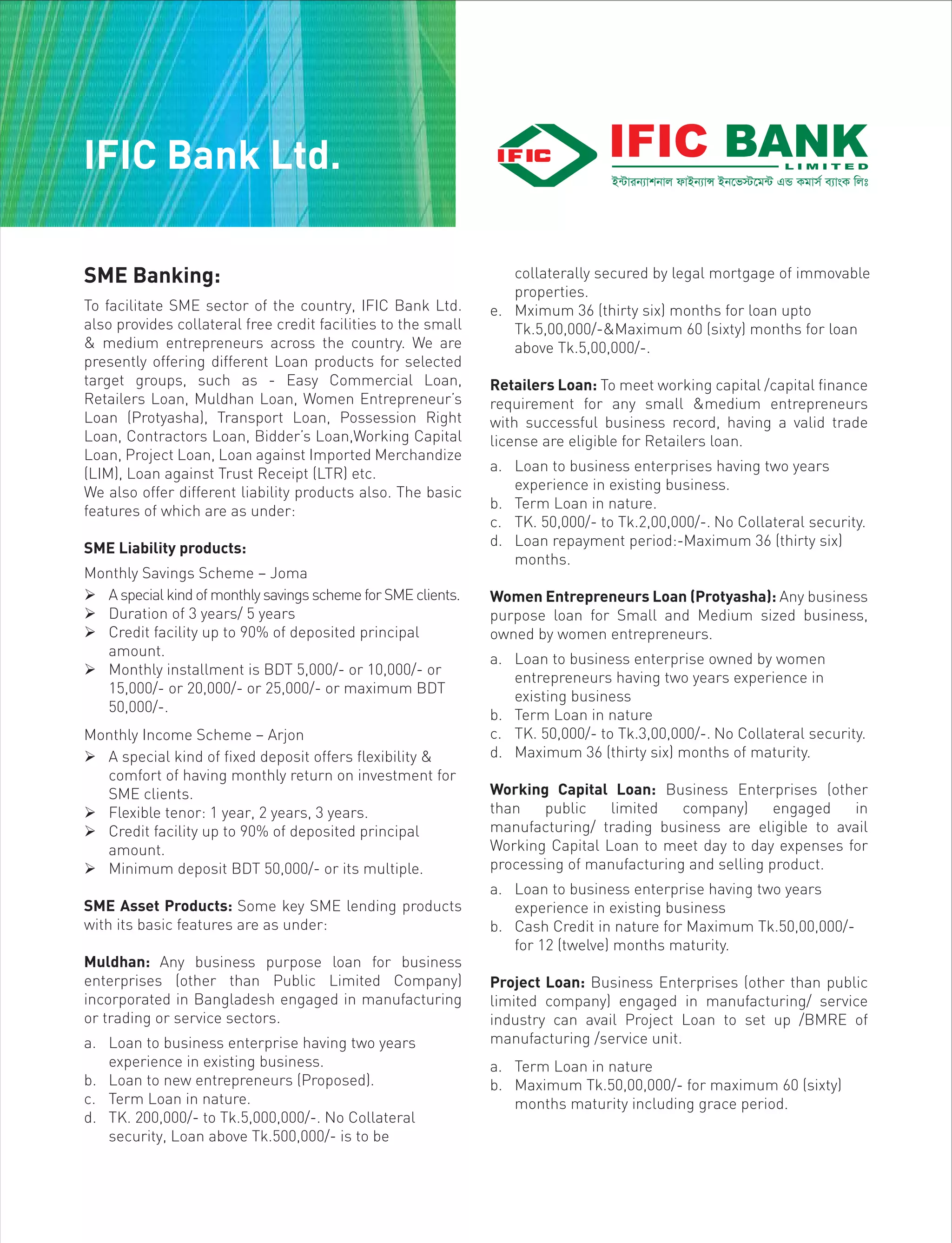
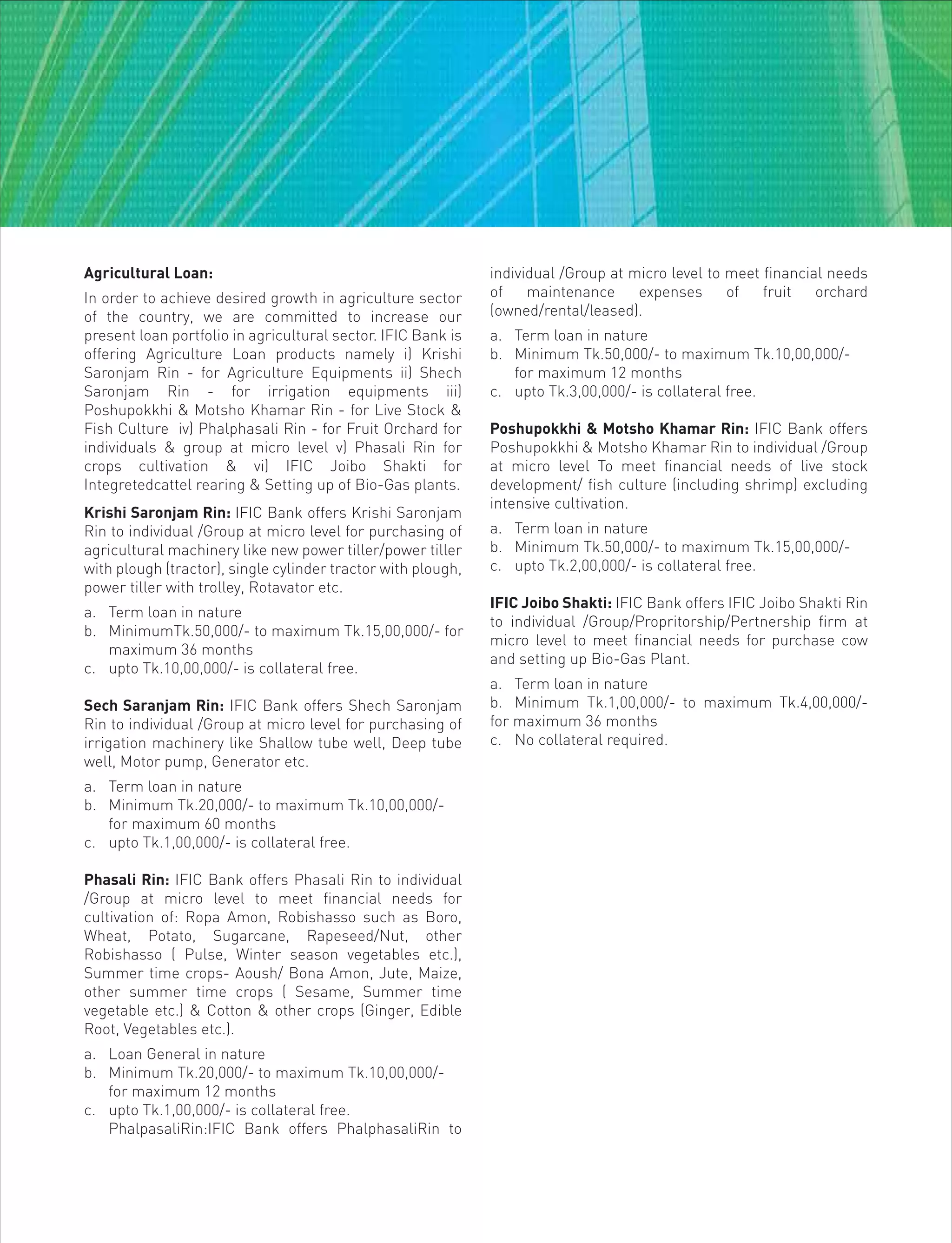
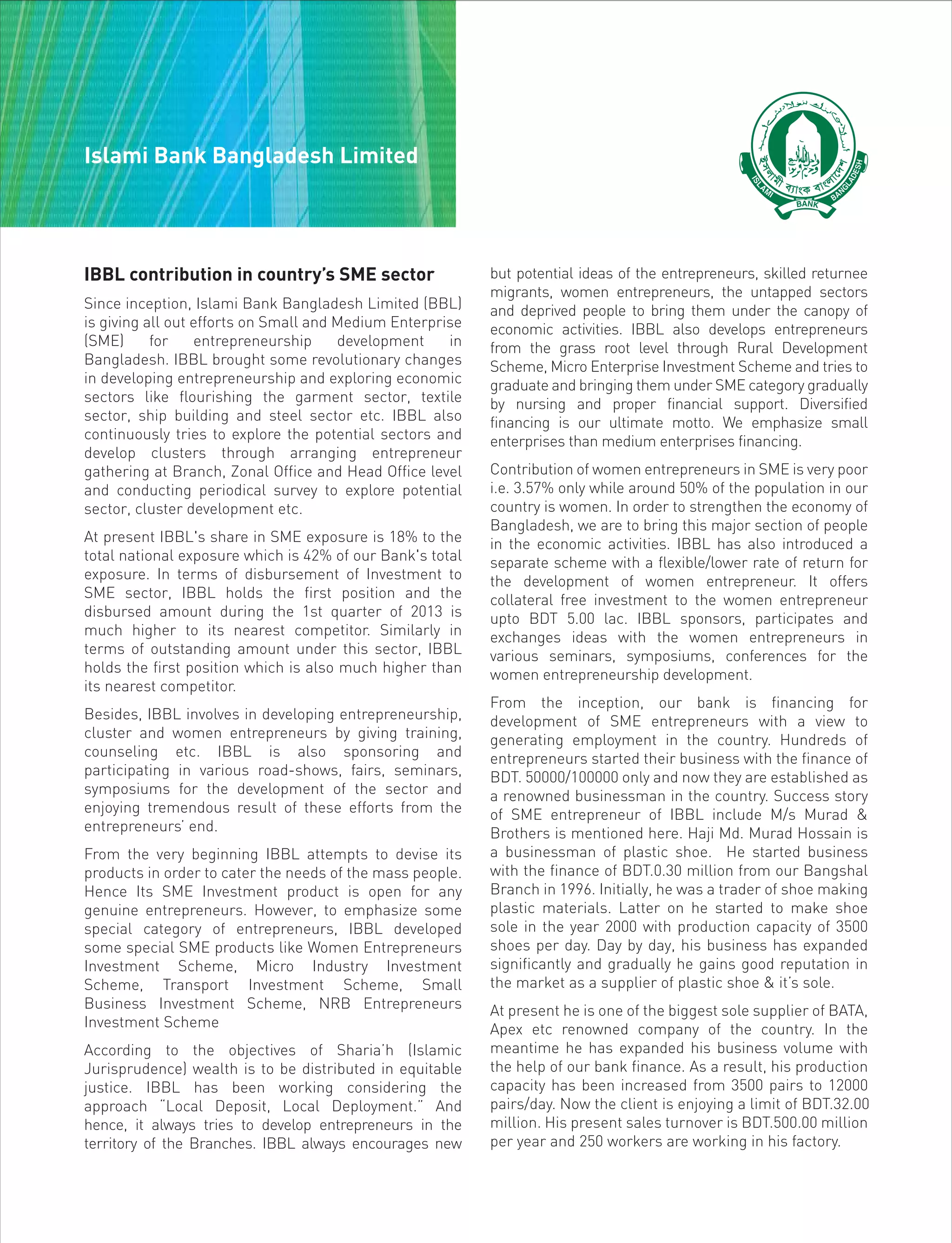

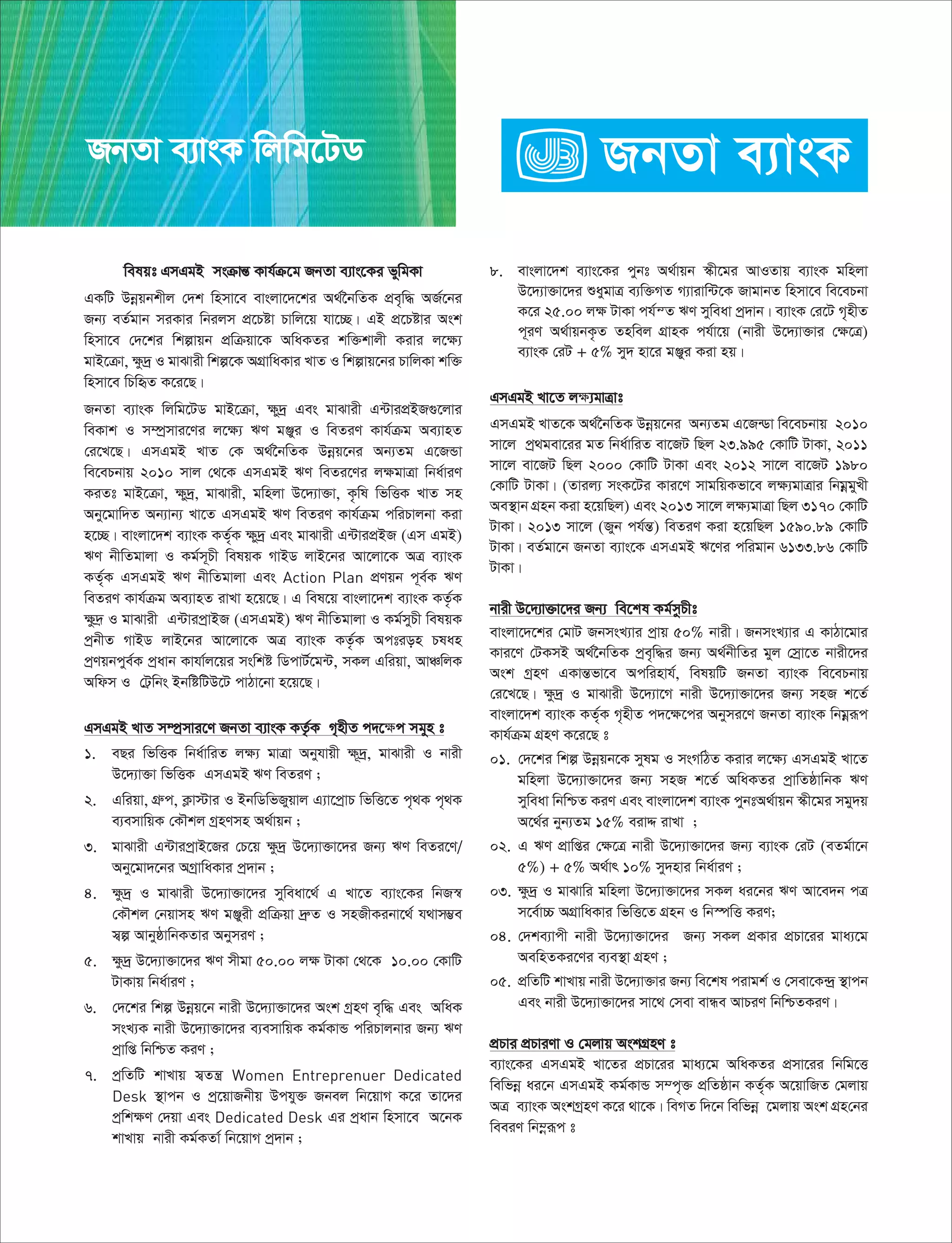
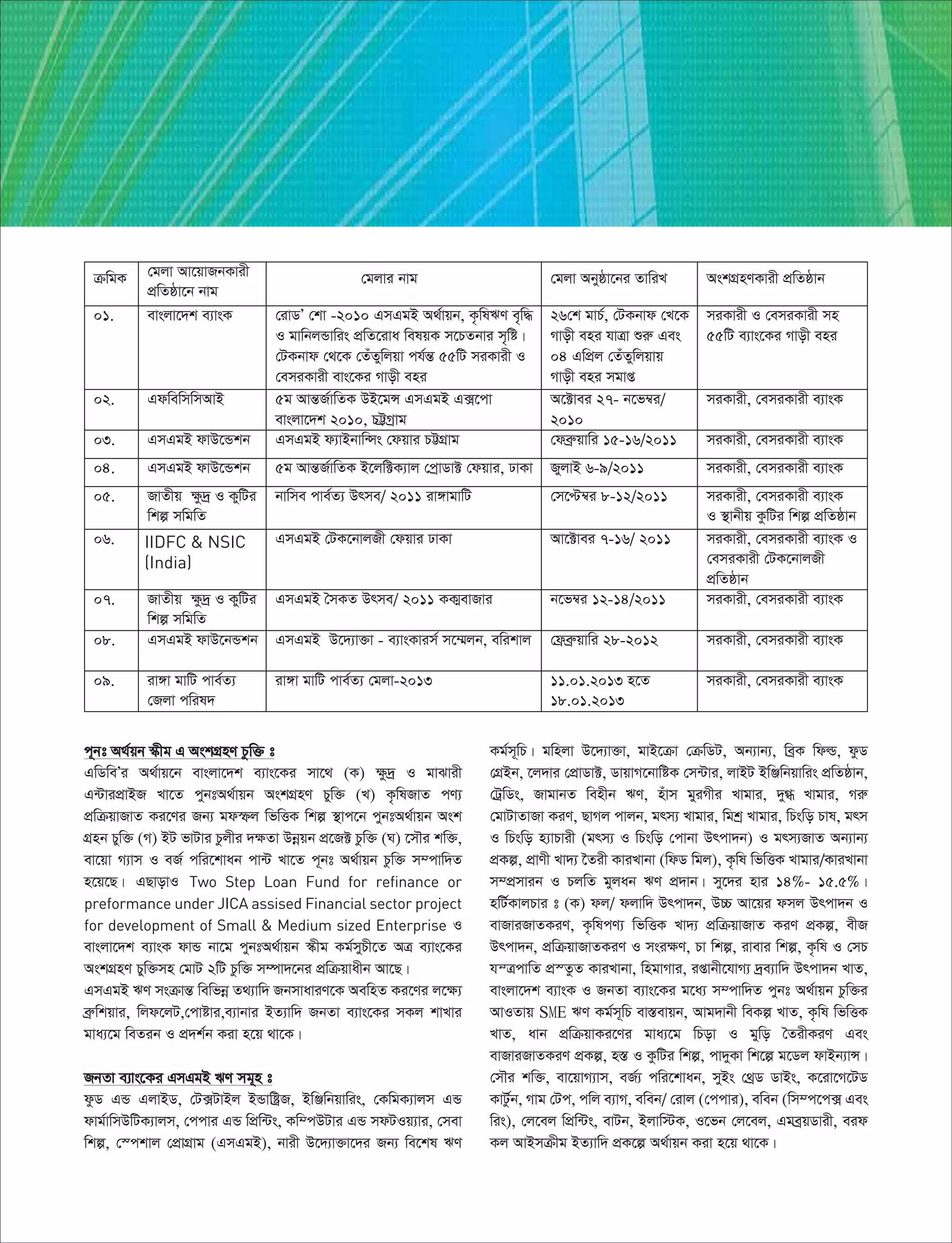
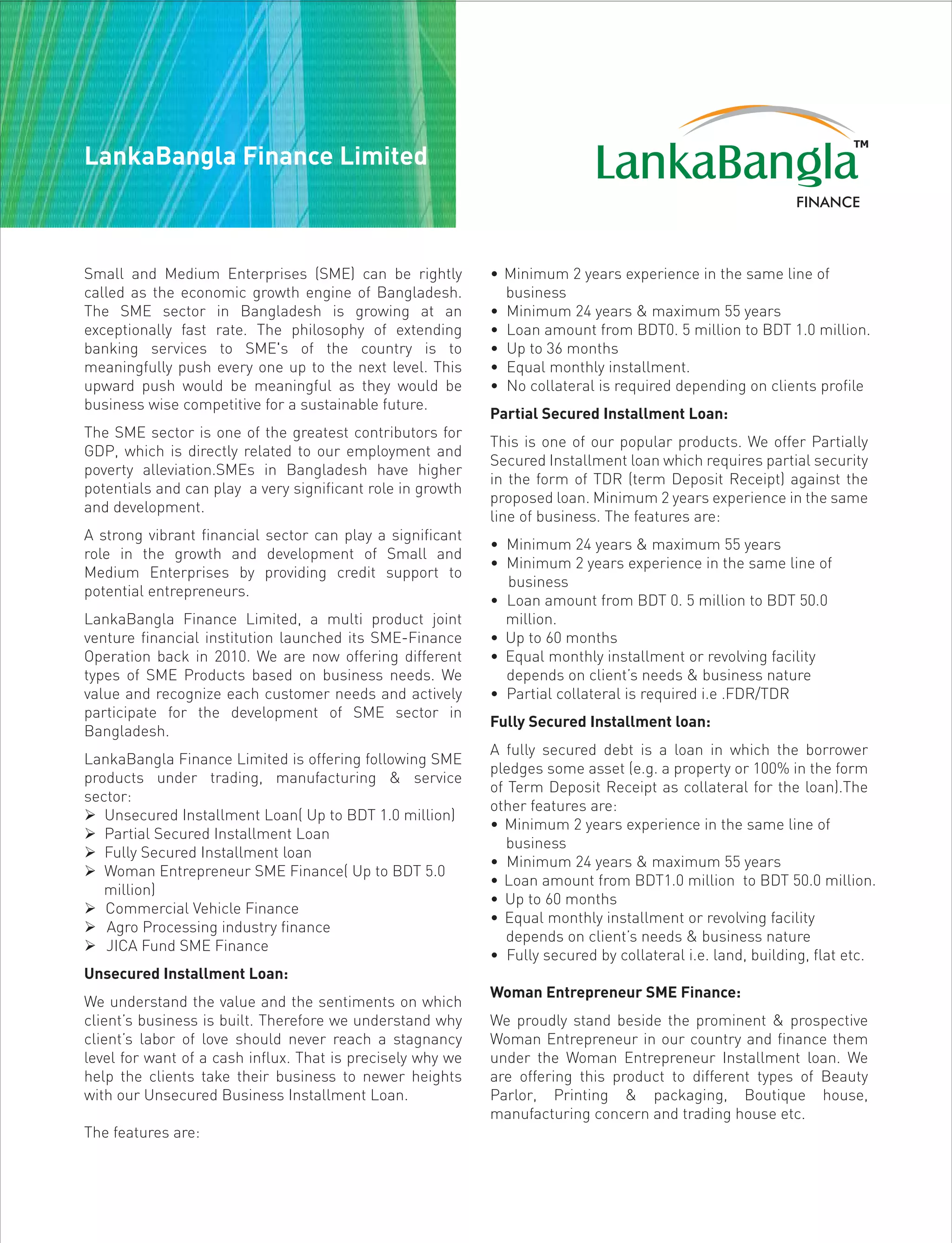
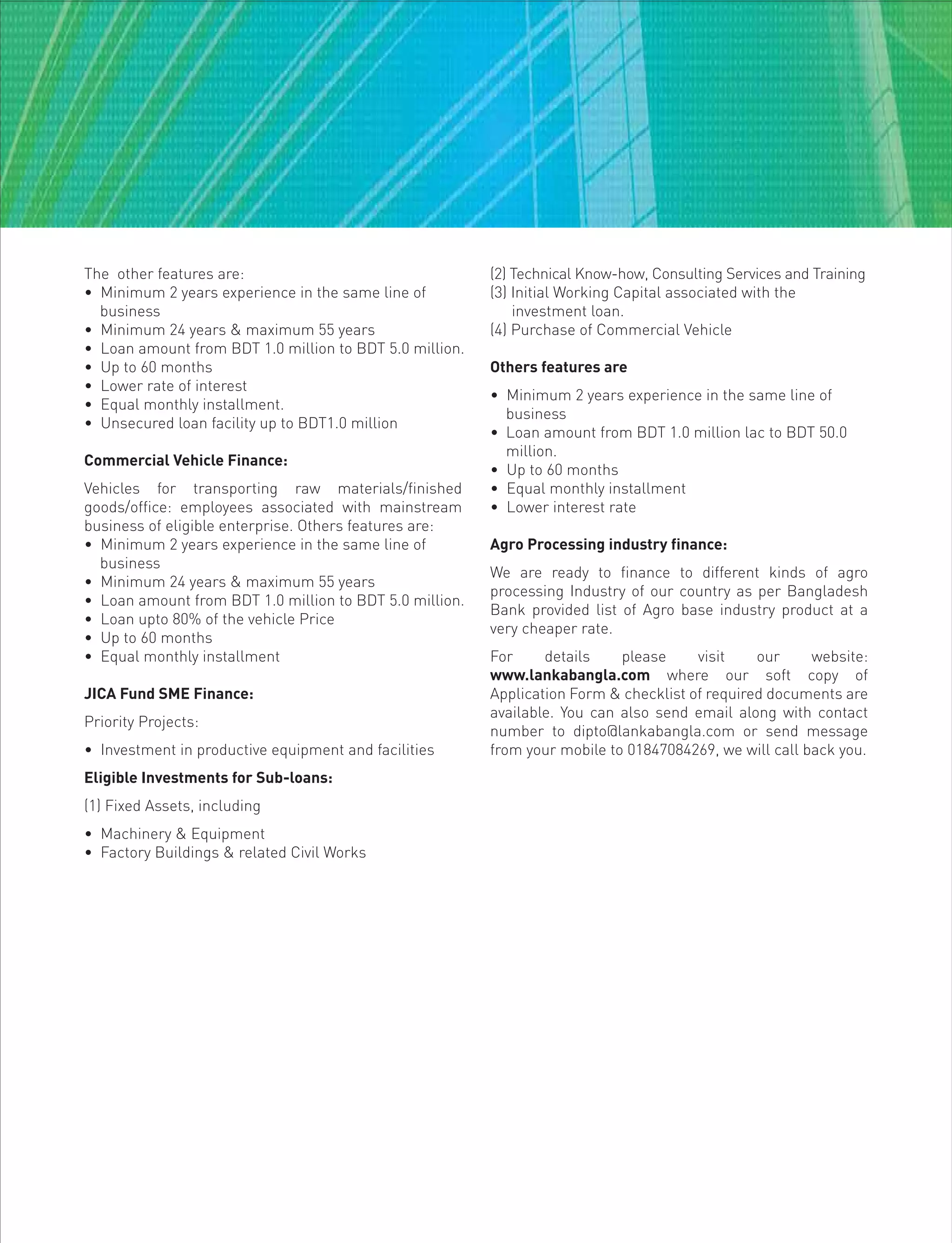
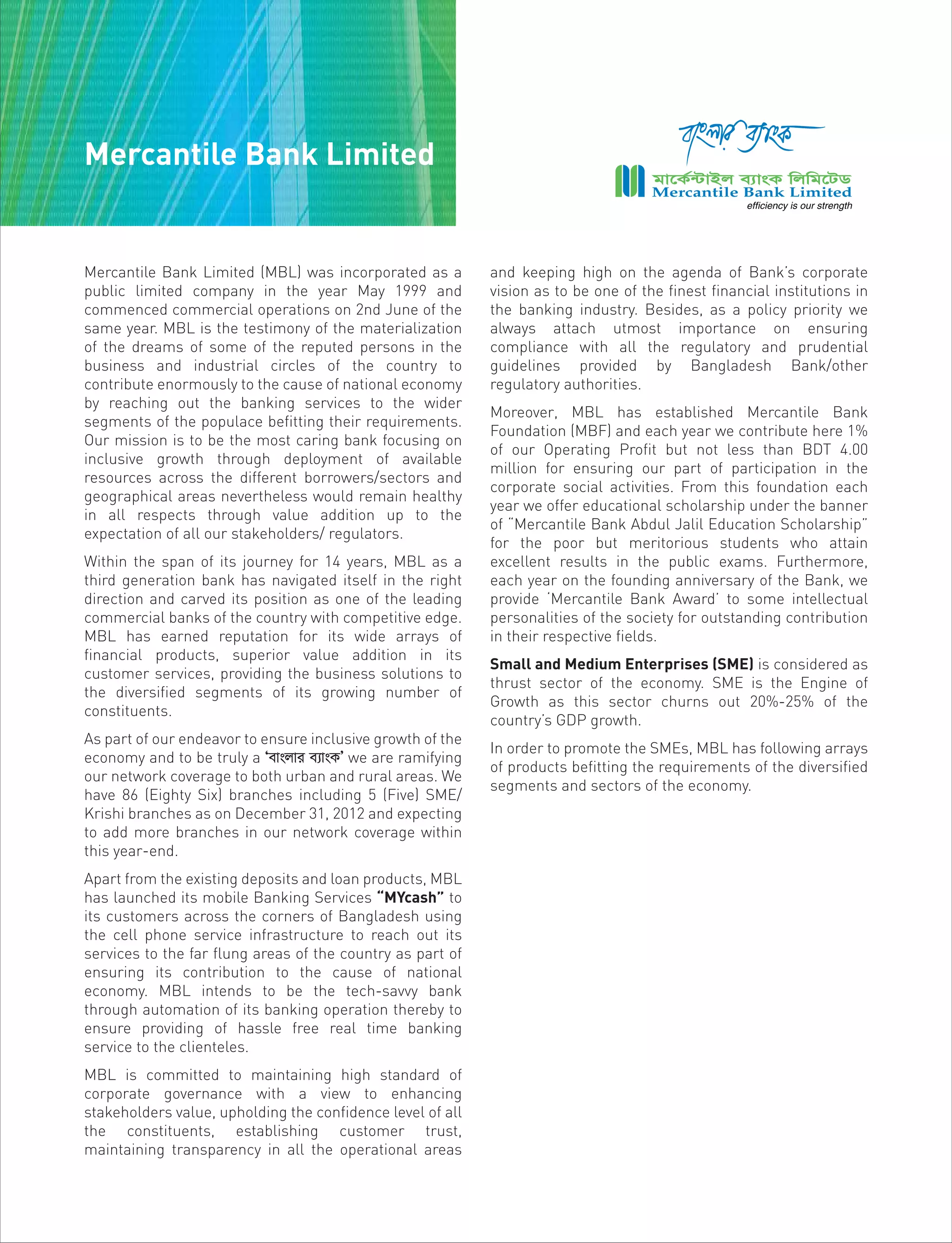
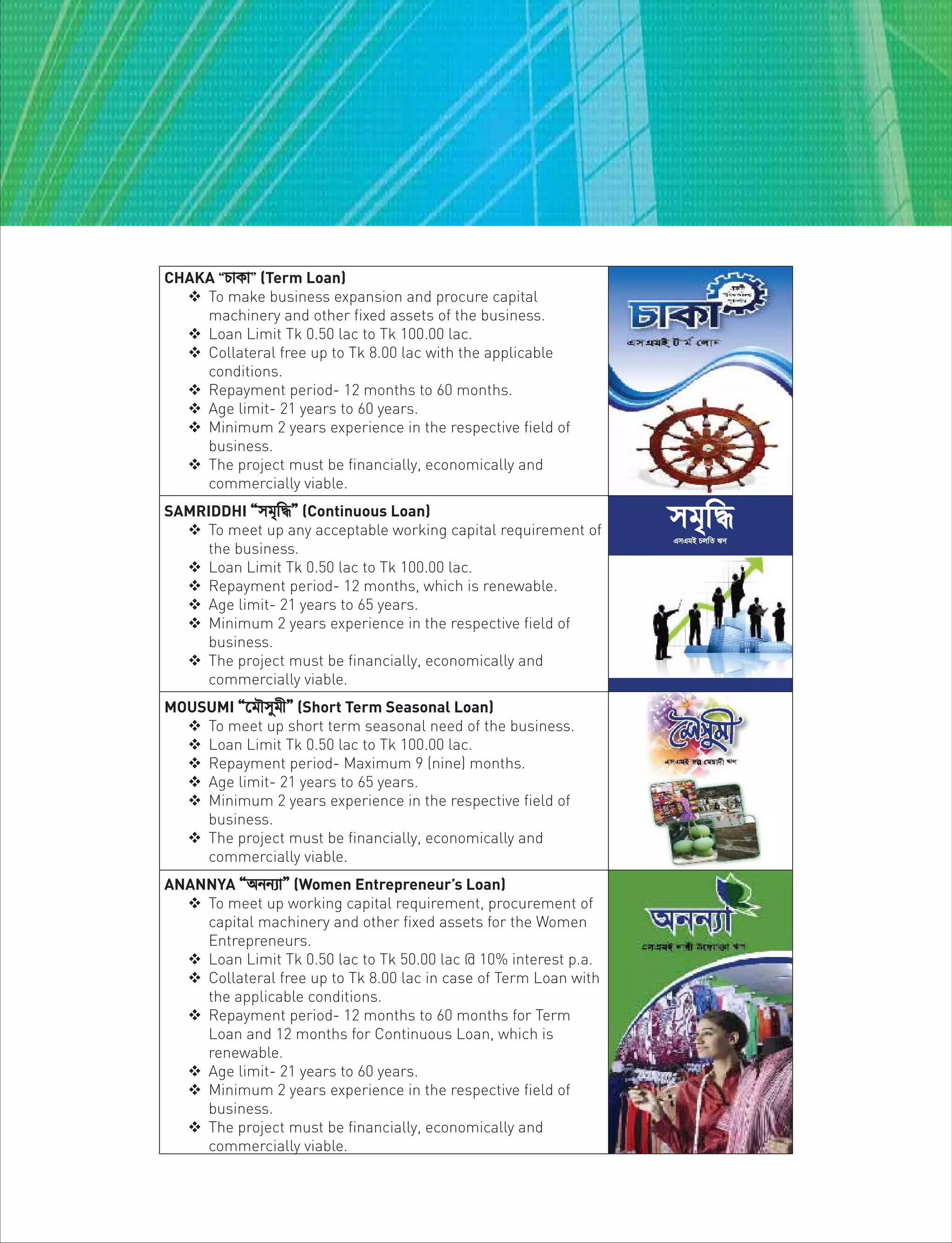
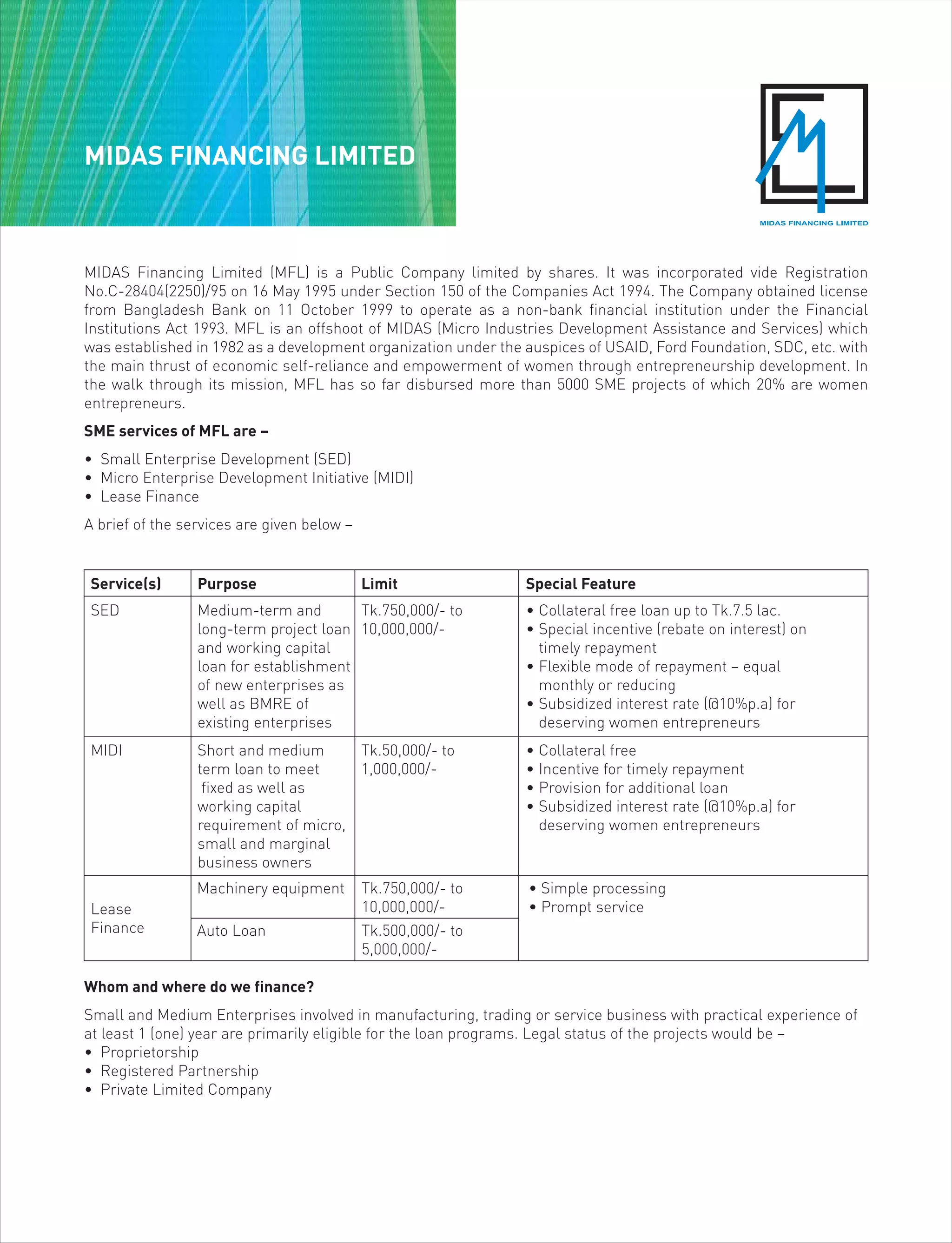
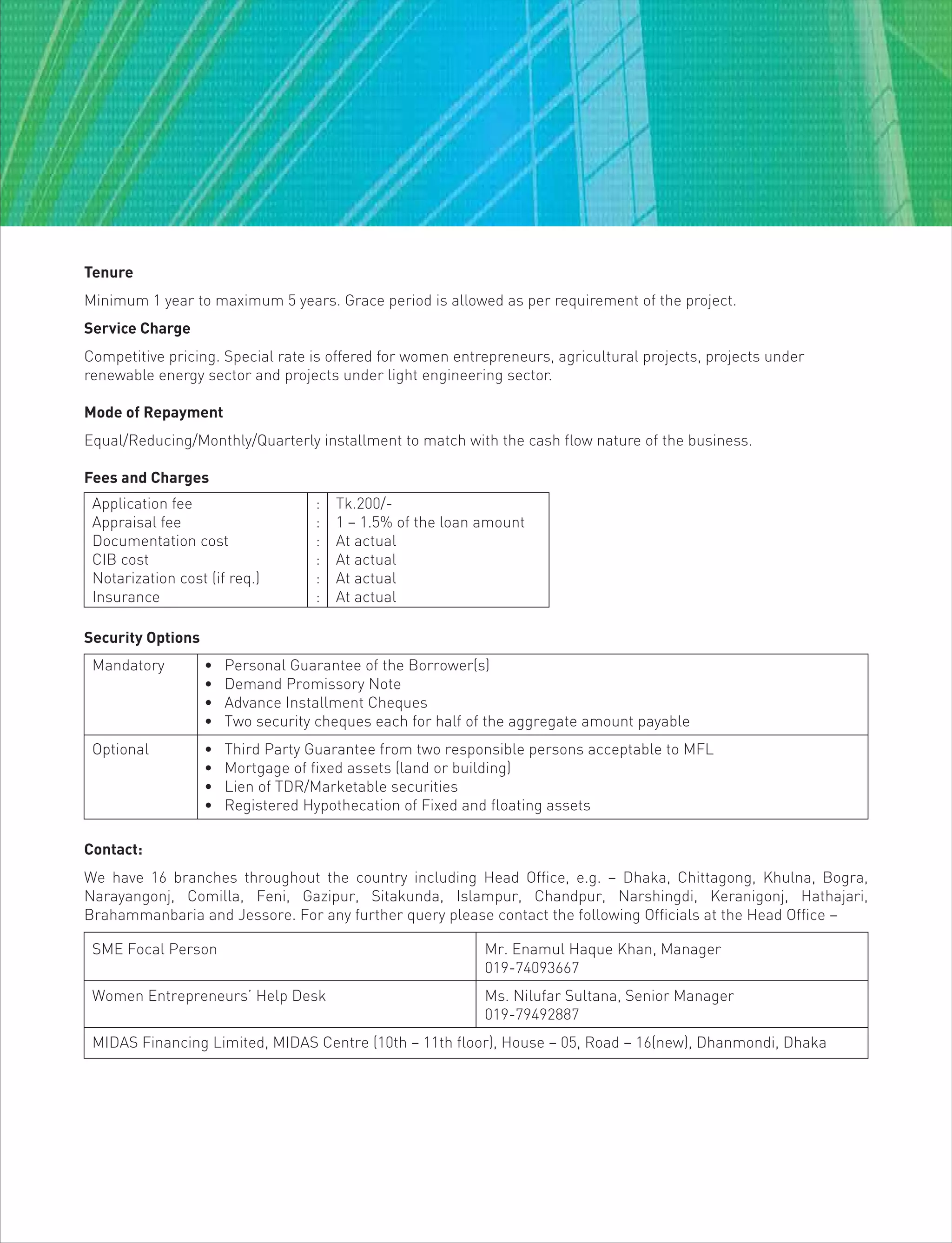
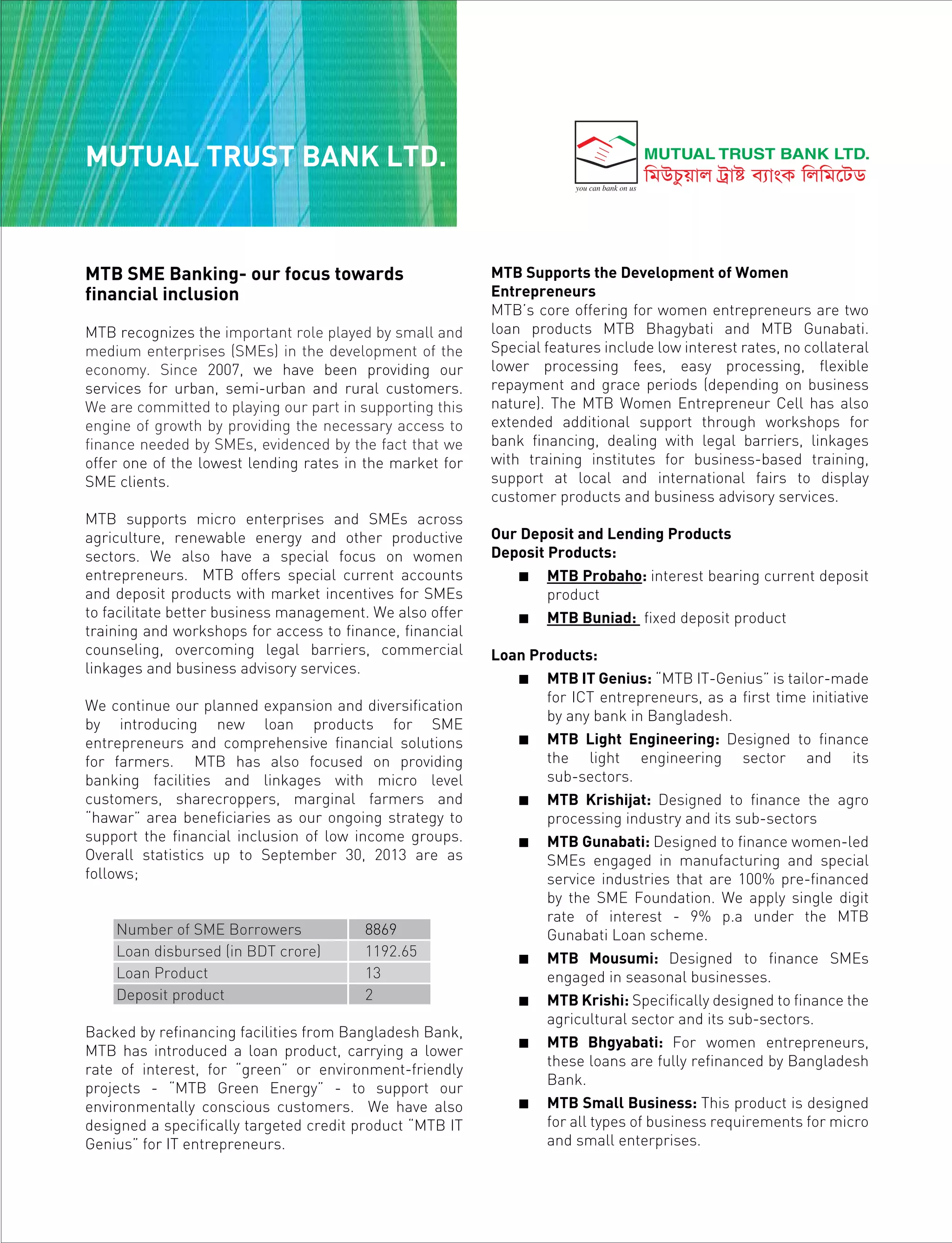
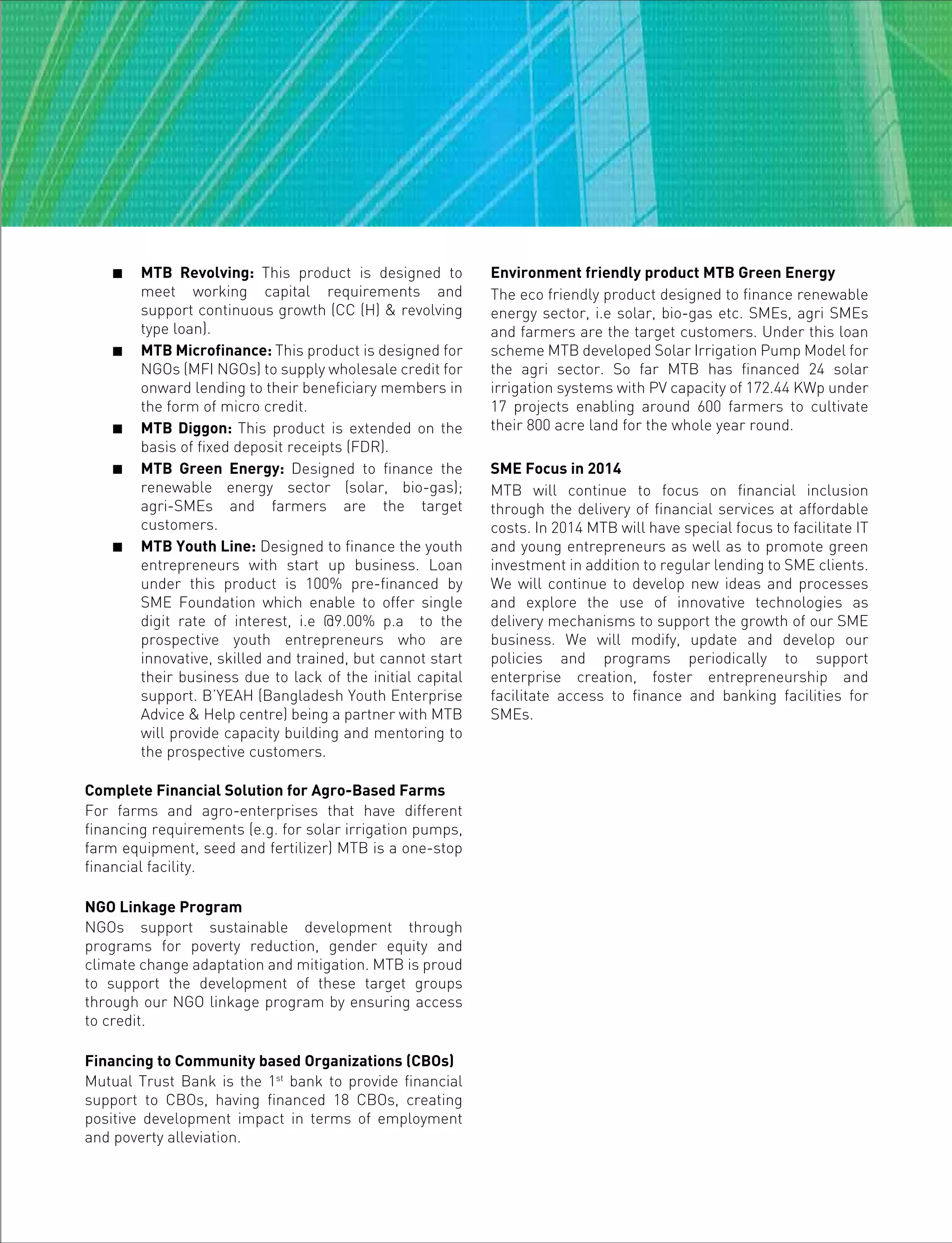
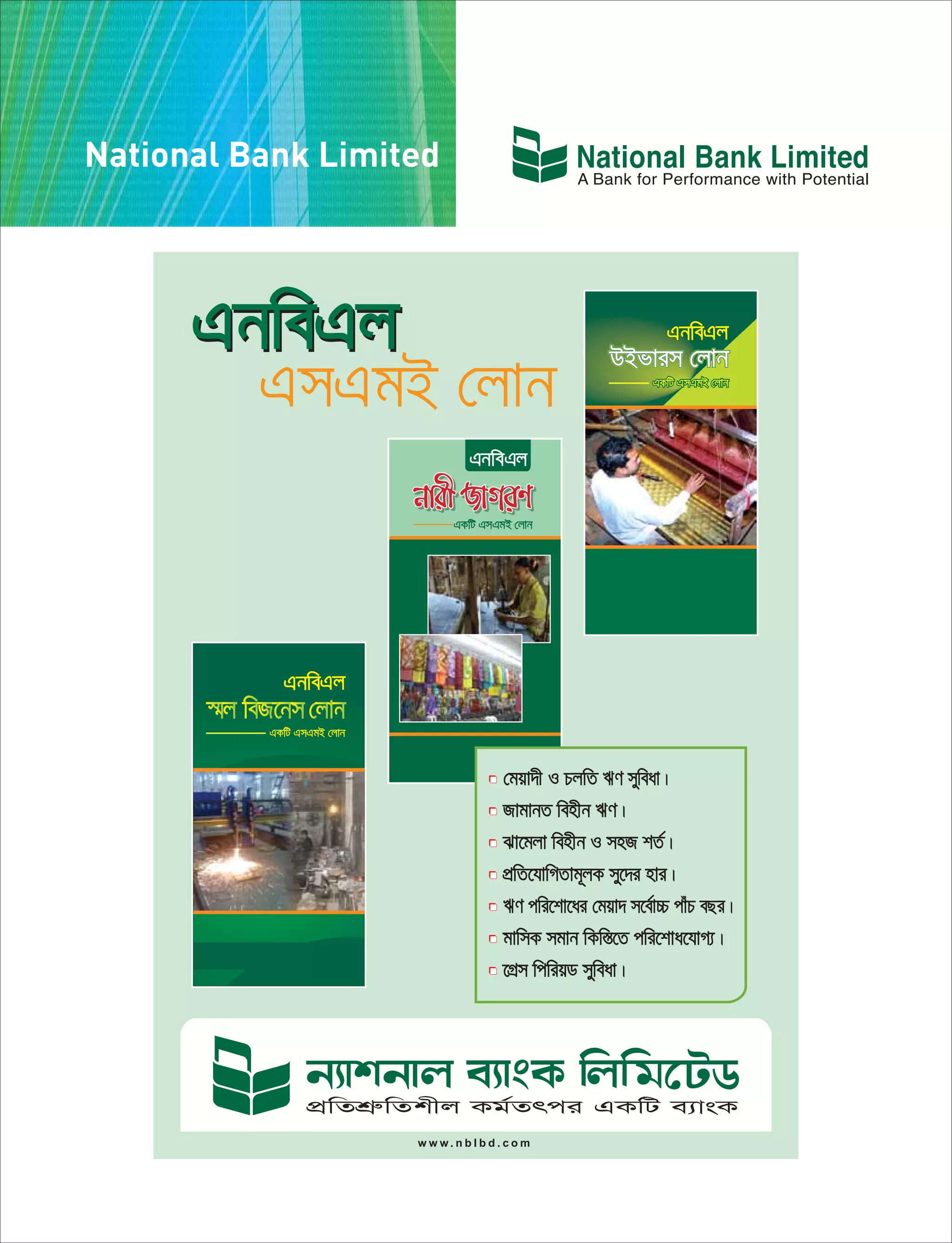
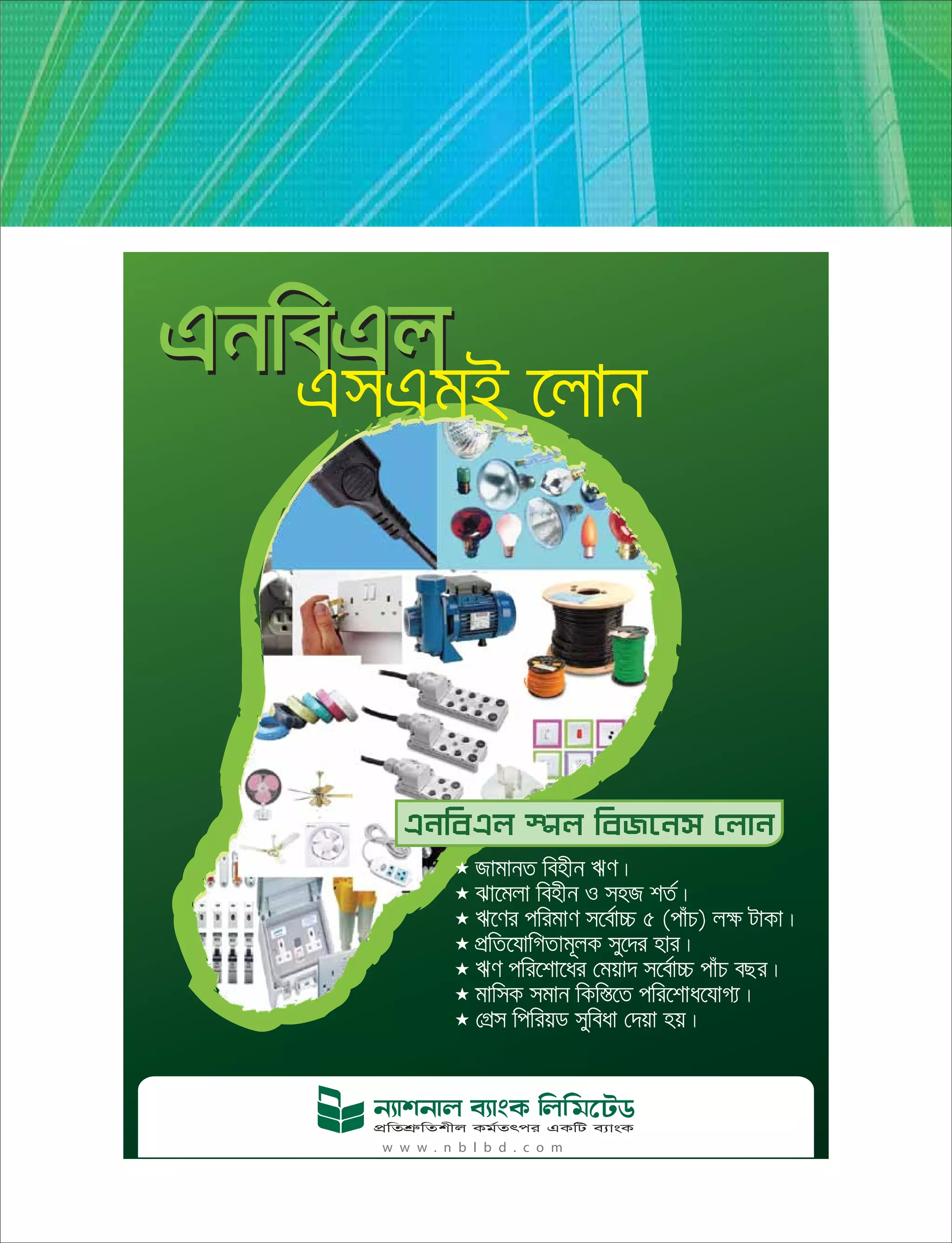
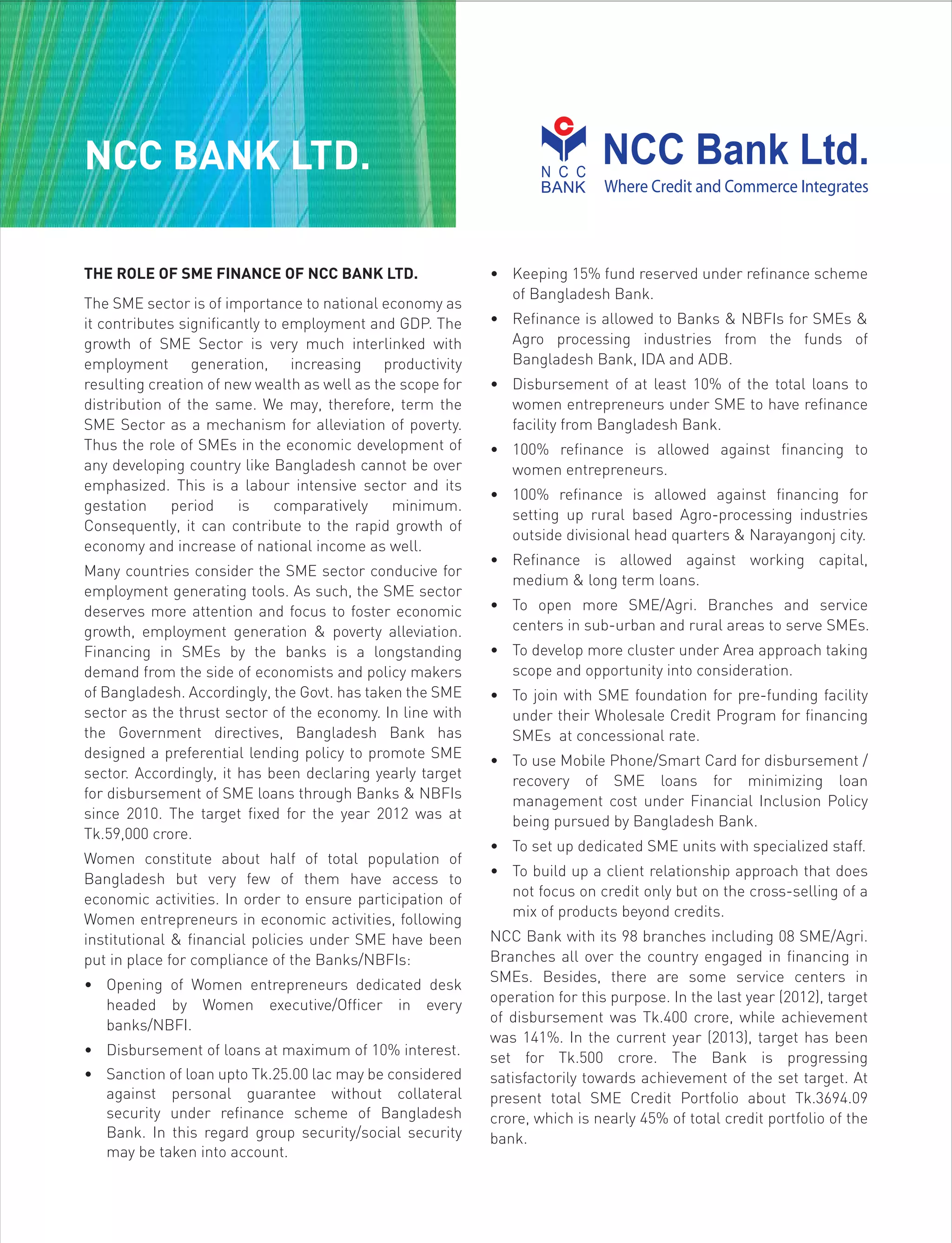

![Company Profile
National Finance Ltd (NFL) is incorporated as a Public
Limited Company under the Companies Act 1994 and
licensed by Bangladesh Bank under the Financial
Institutions Act 1993. The company was established with
the objective to create an institution that will cater to the
investment need of the economy.
The company started as a provider of lease finance for
acquiring assets for industrial and commercial use. As
the company grew, the products and services were
diversified to cater to the need of the growing customer
base. Besides Lease and Term Loan, NFL now offers a
number of other financial solutions i.e. Corporate
Finance, SME Finance, Consumer Finance, Auto Loan
and a wide range of working capital solution like Work
Order Finance, Factoring and Secured Overdraft facility.
NFL offers a wide range of deposit products like Fixed
Deposit, Monthly Income Scheme, Quarterly Earner
Scheme, NFL Double Delight, NFL Triple Crown, etc.
SME Finance
Loan Features:
1. Loan amount: Tk. 200,000/- to Tk. 5,000,000/-
2. Nature of Business: Manufacturer, Service Provider,
Business
3. Legal Formation: Proprietorship, Partnership,
Private limited company
4. Experience: At least 2 years
5. Nationality: Bangladeshi by born
6. Loan Tenure:
a. Working capital: 1 year
b. Term Loan/Lease: 2 -5 years
7. Age of the sponsor:
a. Minimum: 21 years
b. Maximum: 60 years
8. Security:
a. Mortgage [in applicable case]
b. Third party personal guarantee(s) [including
spouse/family member]
c. Hypothecation [in applicable case]
9. Employment: No government employee is eligible for
finance.
Required Document:
1. Trade License [up to date]
2. TIN
3. VAT [in applicable case]
4. Certificate of Incorporation, Memorandum and
Articles of Association, Board Resolution [for private
limited company]
5. Registered partnership deed
6. Financial report [2 years]
7. Bank statement [1 year]
8. National ID/Passport [photocopy]
9. Net worth statement of the sponsor(s)
10.Passport size photo [2 copies]
11.Last month’s electricity/gas/telephone bill
[photocopy]
12.Rental deed of office/factory
13.Stock list
14.Bio data and 2 copies passport size photo of the third
party guarantor(s)
15.Permission from authorized Ministry/concern [in
applicable case]
Women Entrepreneur Finance
Loan Features:
1. Loan amount: Tk. 200,000/- to Tk. 5,000,000/-
2. Rate: 10%
3. Nature of Business: Manufacturer, Service Provider,
Business
4. Legal Formation: Proprietorship, Partnership,
Private limited company
5. Experience: At least 2 years
6. Nationality: Bangladeshi by born
7. Loan Tenure:
a. Working capital: 1 year
b. Term Loan/Lease: 2 -5 years
8. Age of the sponsor:
a. Minimum: 21 years
b. Maximum: 60 years
9. Security:
a. Mortgage (Mortgage free loan up to Tk. 2,500,000/-)
[in applicable case]
b. Third party personal guarantee(s) [including
spouse/family member]
c. Hypothecation [in applicable case]
10.Employment: No government employee is eligible for
finance.
National Finance Ltd](https://image.slidesharecdn.com/handbookofentrepreneurshipdevelopment-161028042425/75/Handbook-of-Entrepreneurship-Development-by-DCCI-136-2048.jpg)
![Required Document:
1. Trade License [up to date]
2. TIN
3. VAT [in applicable case]
4. Certificate of Incorporation, Memorandum and
Articles of Association, Board Resolution [for
private limited company]
5. Registered partnership deed
6. Financial report [2 years]
7. Bank statement [1 year]
8. National ID/Passport [photocopy]
9. Net worth statement of the sponsor(s)
10.Passport size photo [2 copies]
11.Last month’s electricity/gas/telephone bill
[photocopy]
12.Rental deed of office/factory
13.Stock list
14.Bio data and 2 copies passport size photo of the
third party guarantor(s)
15.Permission from authorized Ministry/concern [in
applicable case]](https://image.slidesharecdn.com/handbookofentrepreneurshipdevelopment-161028042425/75/Handbook-of-Entrepreneurship-Development-by-DCCI-137-2048.jpg)
